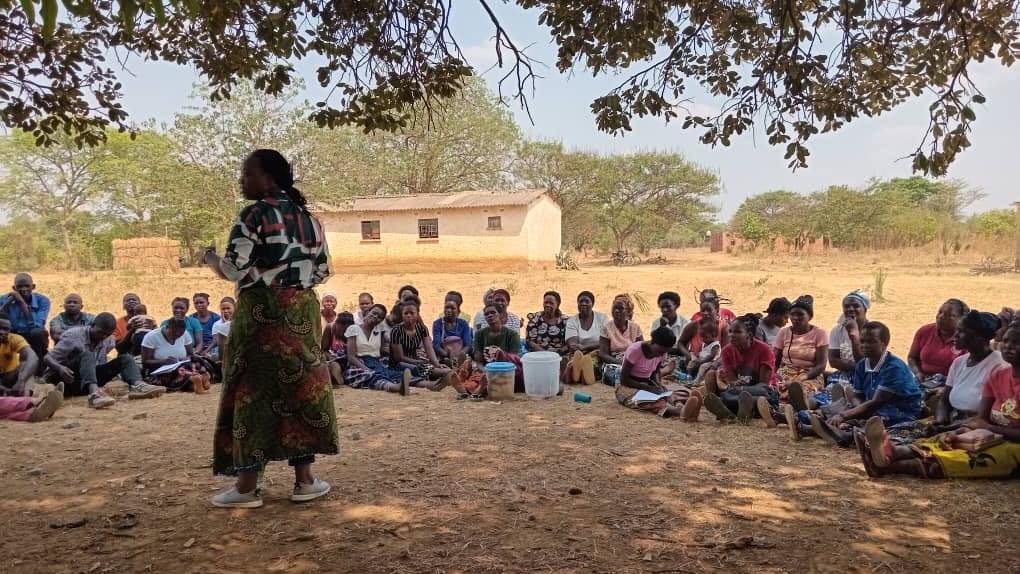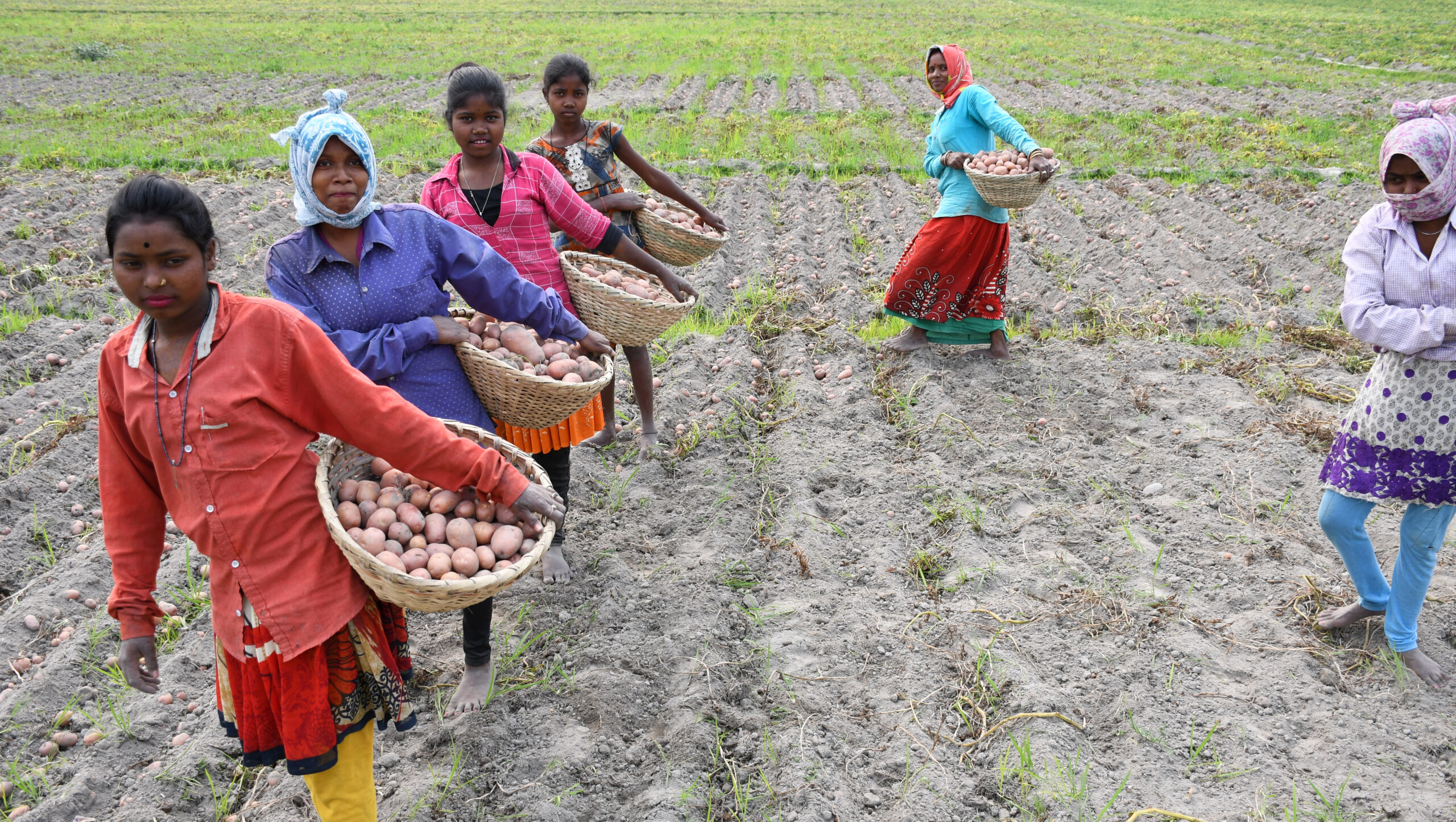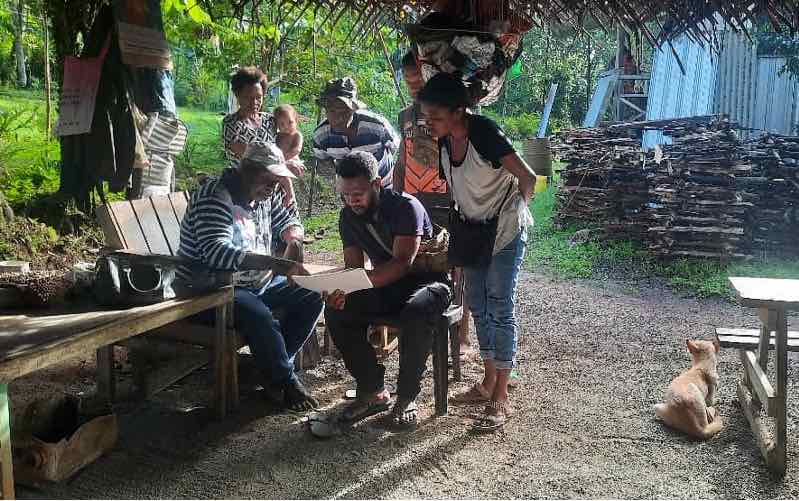Back
Related categories
Found 366 Results
-

What are kids watching online? How digital food marketing shapes children’s and adolescents’ diets
A study shows the influence of social media.
-

Ethiopia’s health and nutrition data gap and what it means for public health
A study finds problems with completeness, consistency, and timeliness.
-
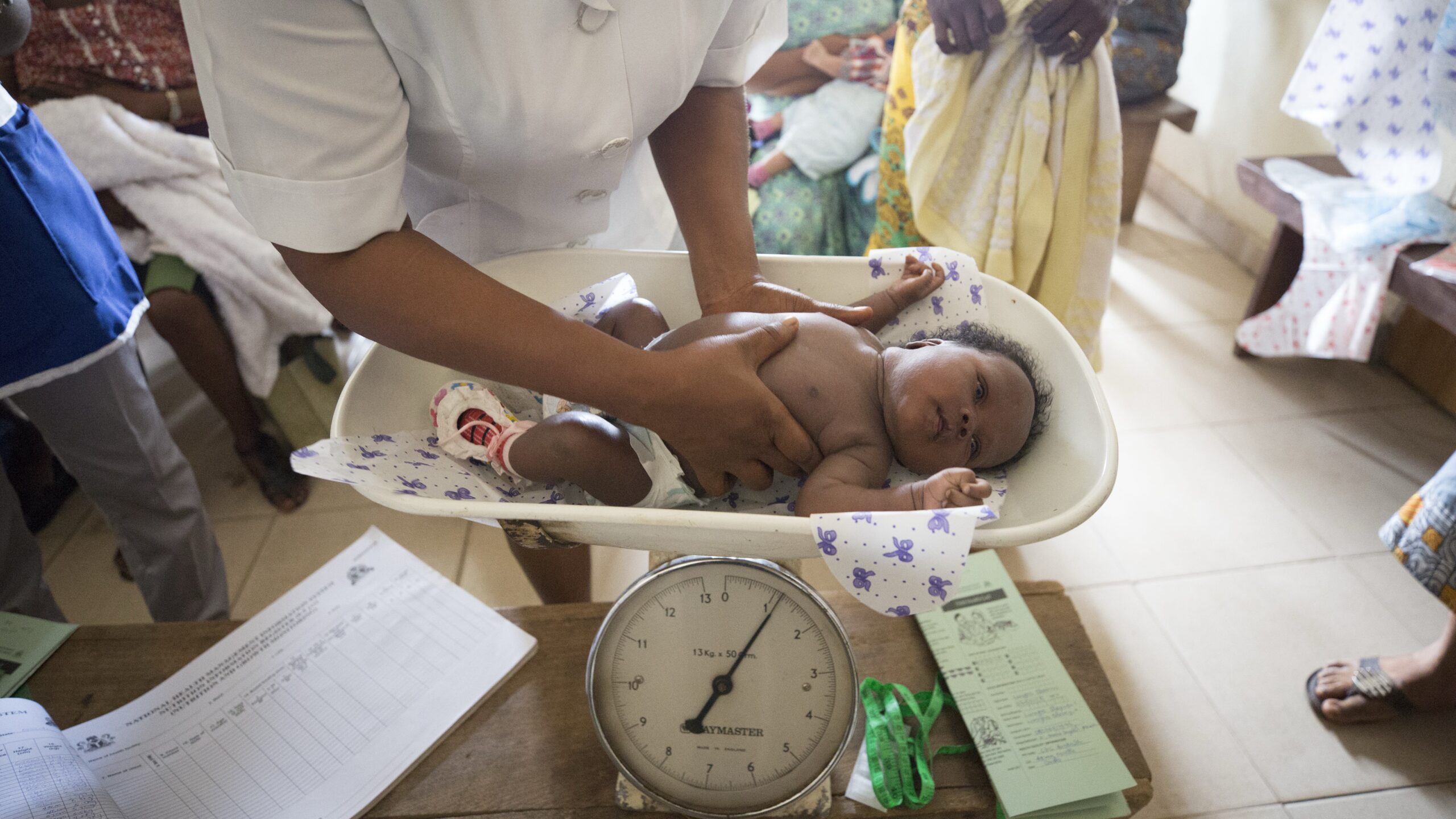
Rethinking growth monitoring and promotion in low- and middle-income countries
A study raises questions about a standard practice.
-
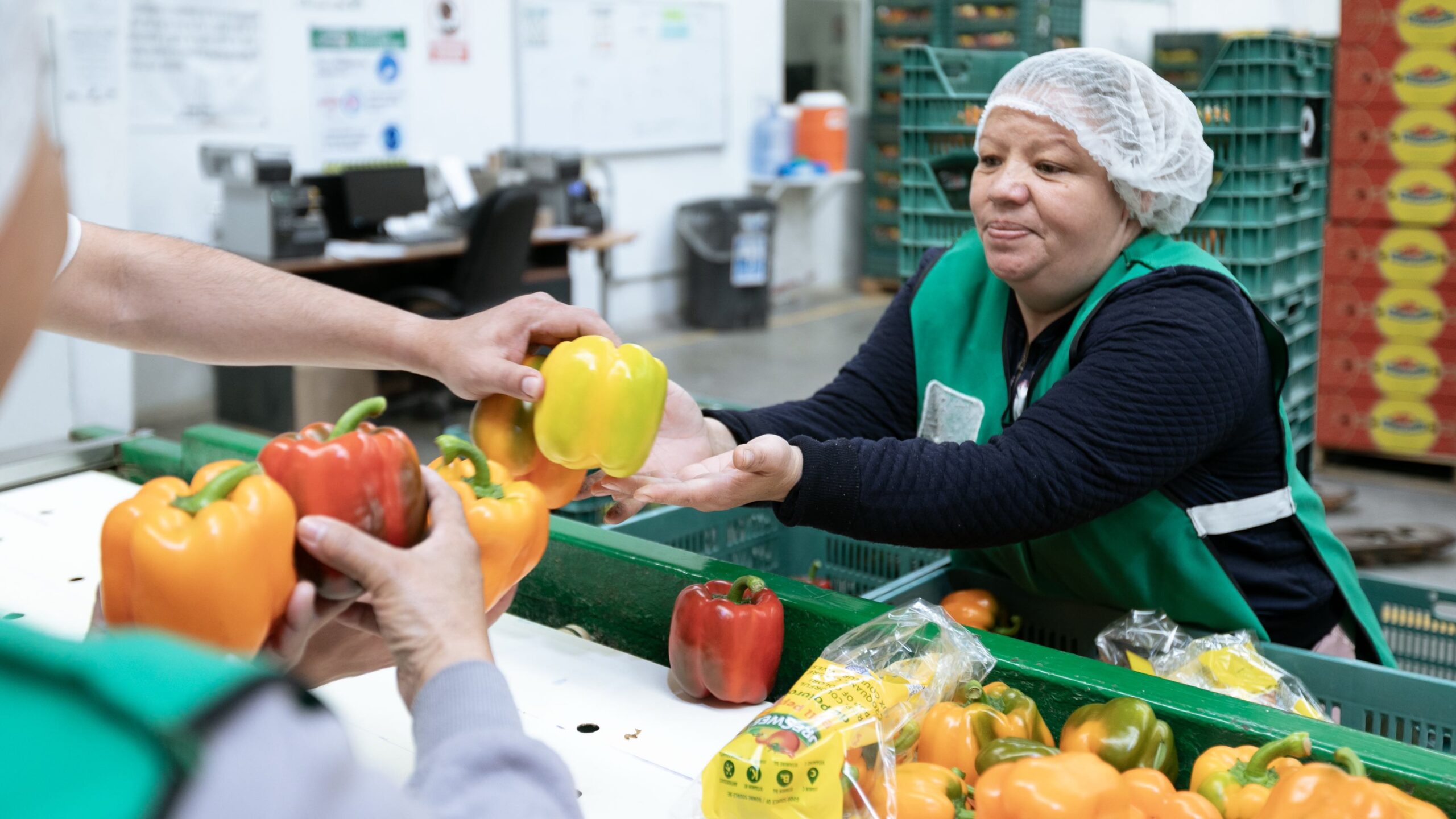
Impact of proposed U.S. tariffs on agricultural trade flows in the Western Hemisphere
Modeling tracks potential disruptions.
-
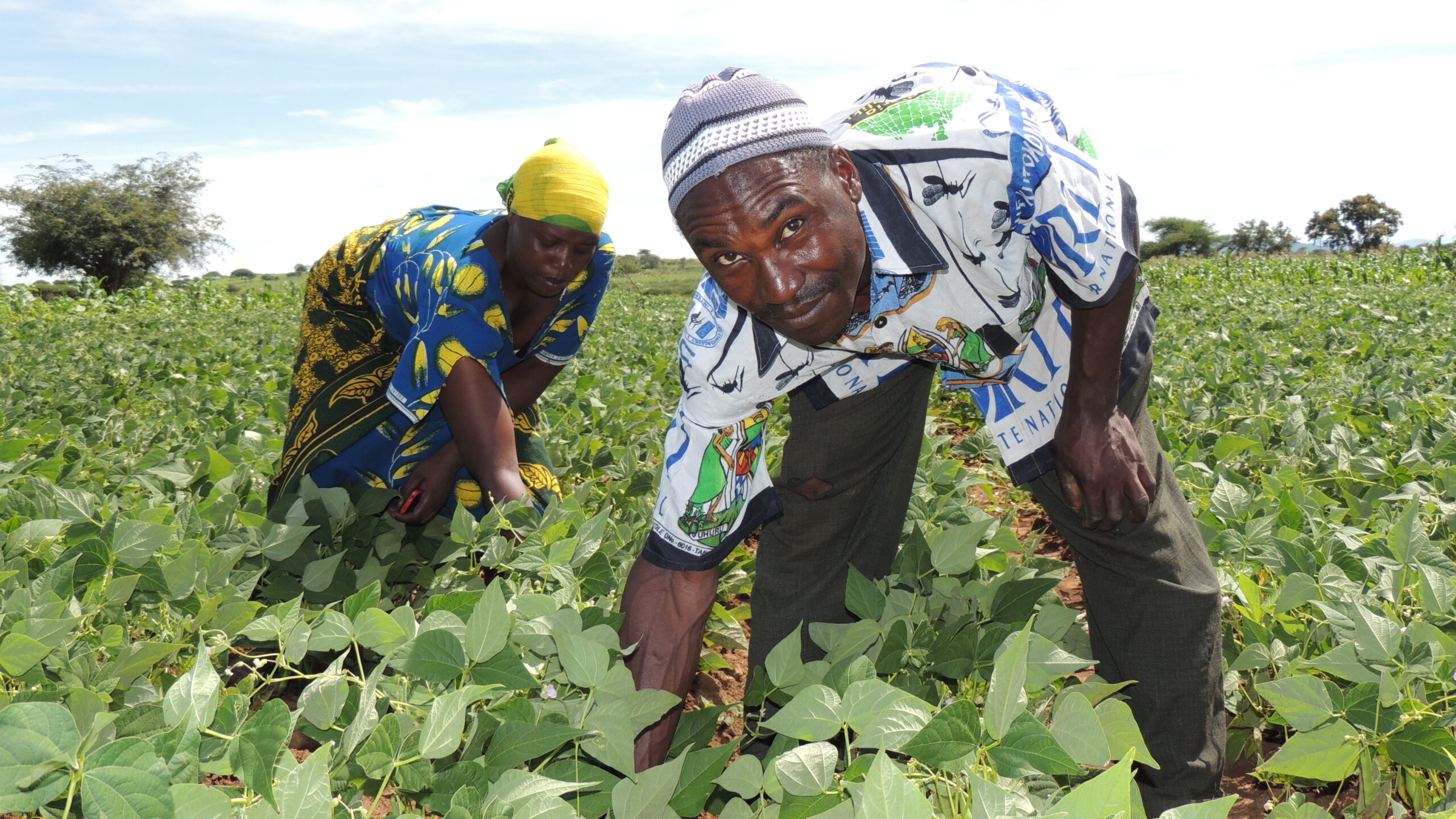
Transforming rural livelihoods: Lessons from the Africa RISING program
Improving smallholder farming systems in four countries.
-

How do food and fertilizer price spikes and volatility impact Central America and the Caribbean?
Analyzing transmission from global to local markets.
-
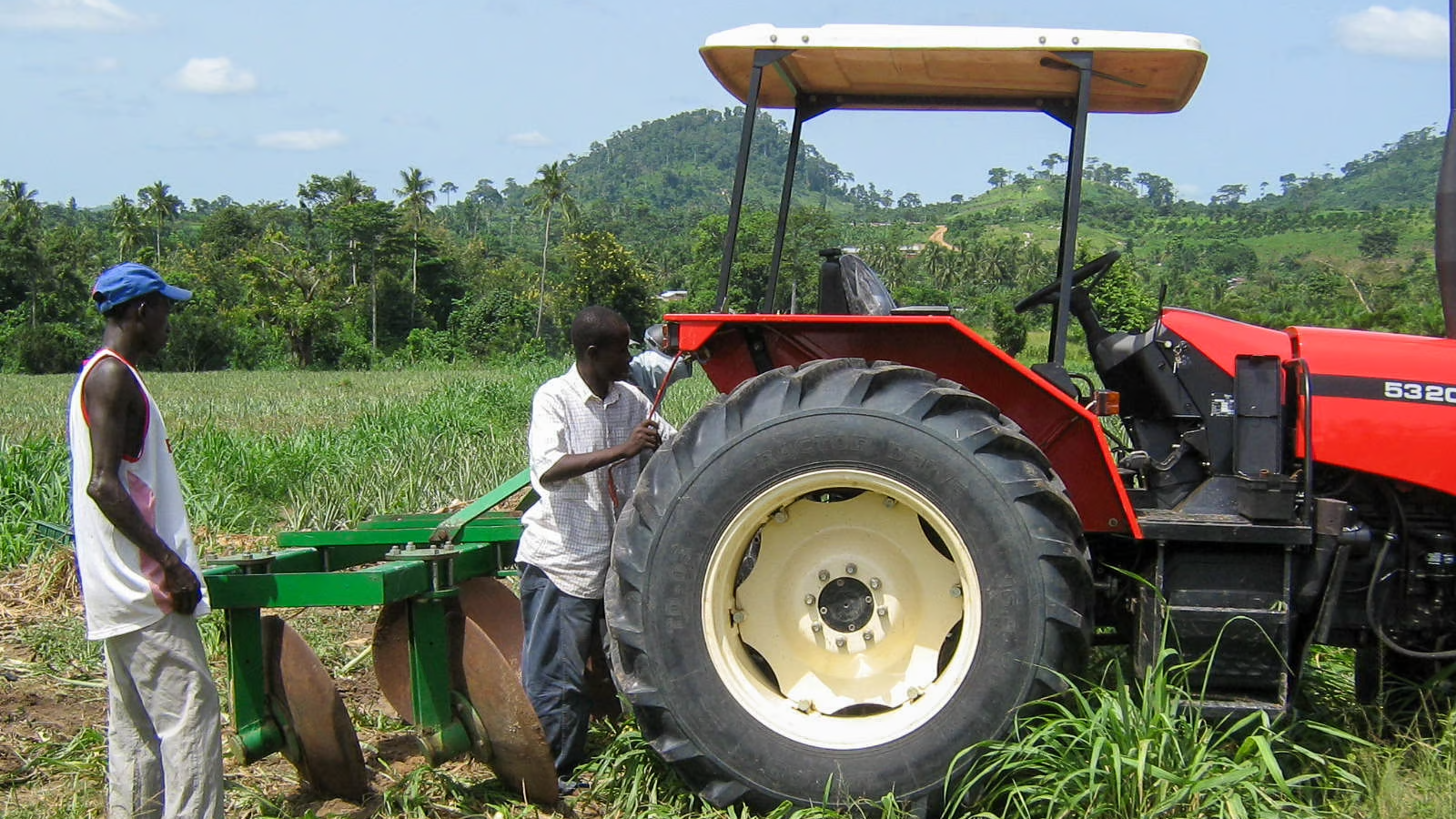
Making a Difference: How farmers in Ghana benefit from the Agricultural Mechanization Services Enterprise Centers Program
Making tractors accessible and affordable to smallholders.
-
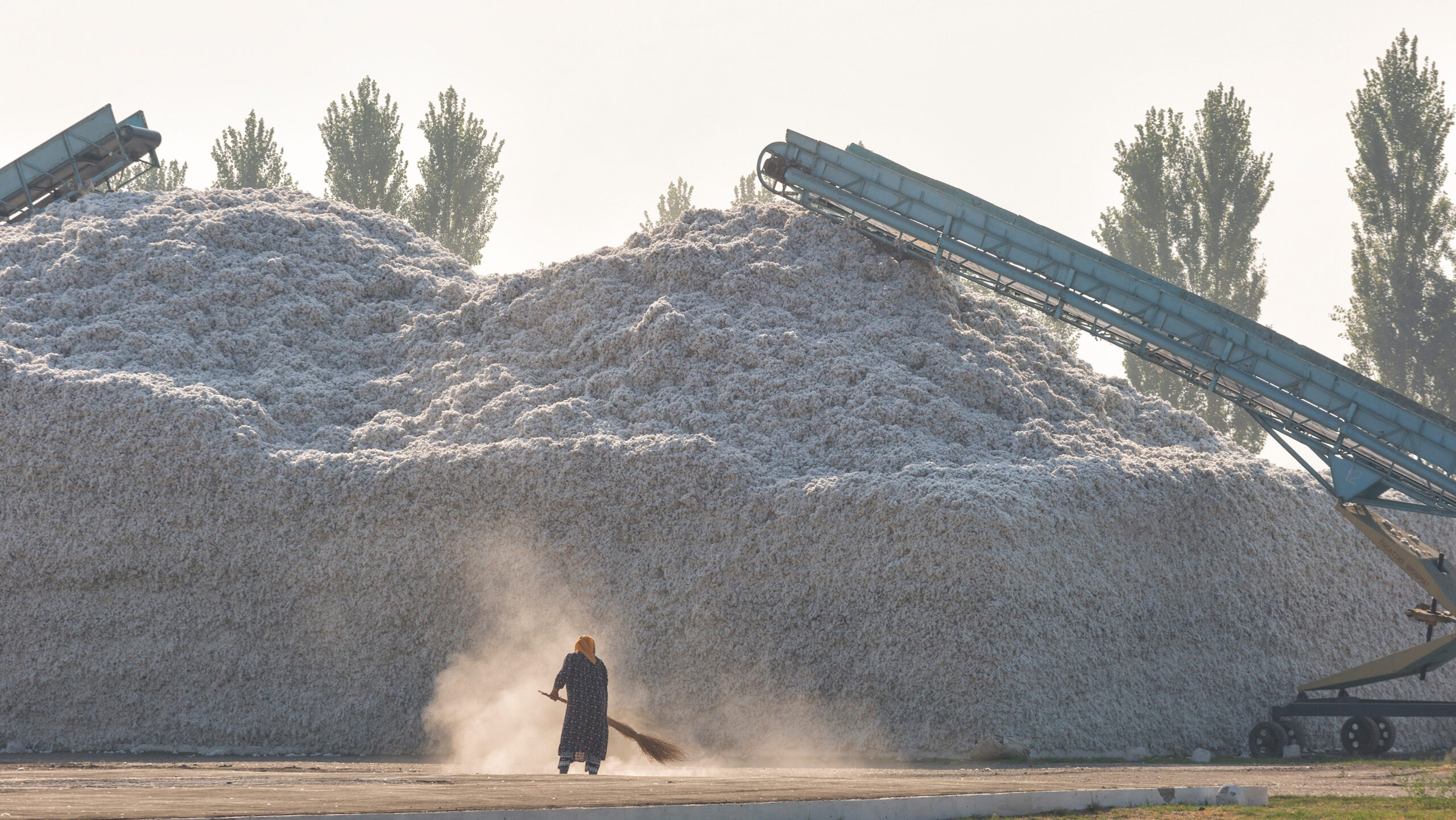
Policy change and farmer feedback: Does anonymity matter? Evidence from Uzbekistan
Gauging efforts to build water security.
-

The promise of digital farmer services: Sifting reality from hype in Kenya
Accelerating technology adoption.
-

From space to soil: Advancing crop mapping and ecosystem insights for smallholder agriculture in Kenya
Using machine learning to track land use.
-

Trust the messenger? The role of AI transparency in policy research communication
Testing reader responses to chatbot- vs. human-written blog posts.
-
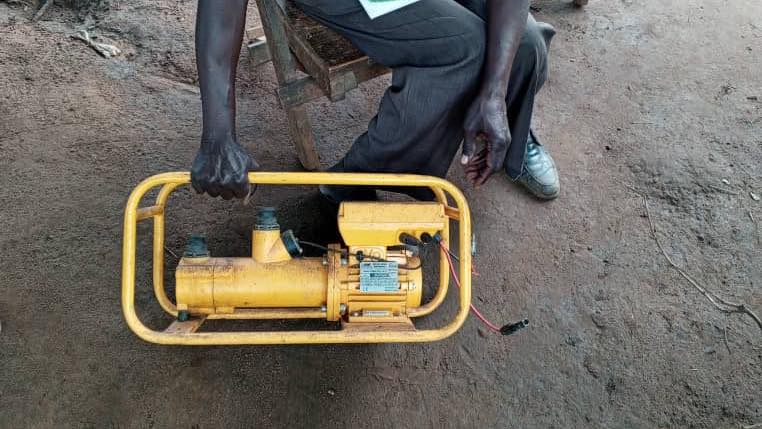
Strengthening Uganda’s solar pump subsidy program: Key challenges and solutions
Helping smallholders build water security.
-
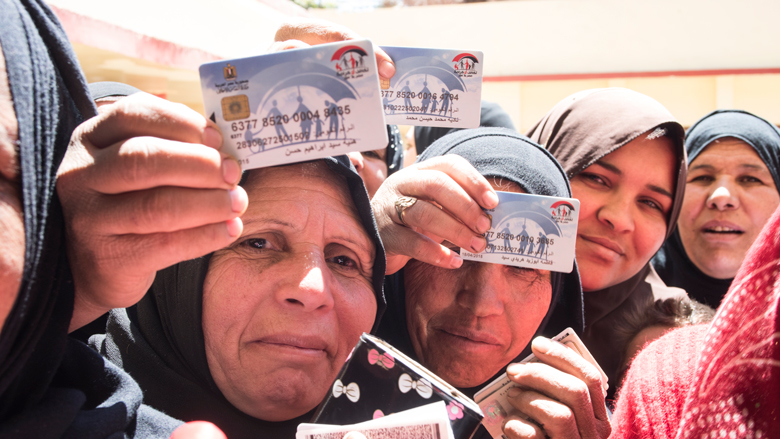
Takaful program: Giving Egypt’s poor a hand up, not just a handout
Assessing impacts of cash transfers.
-
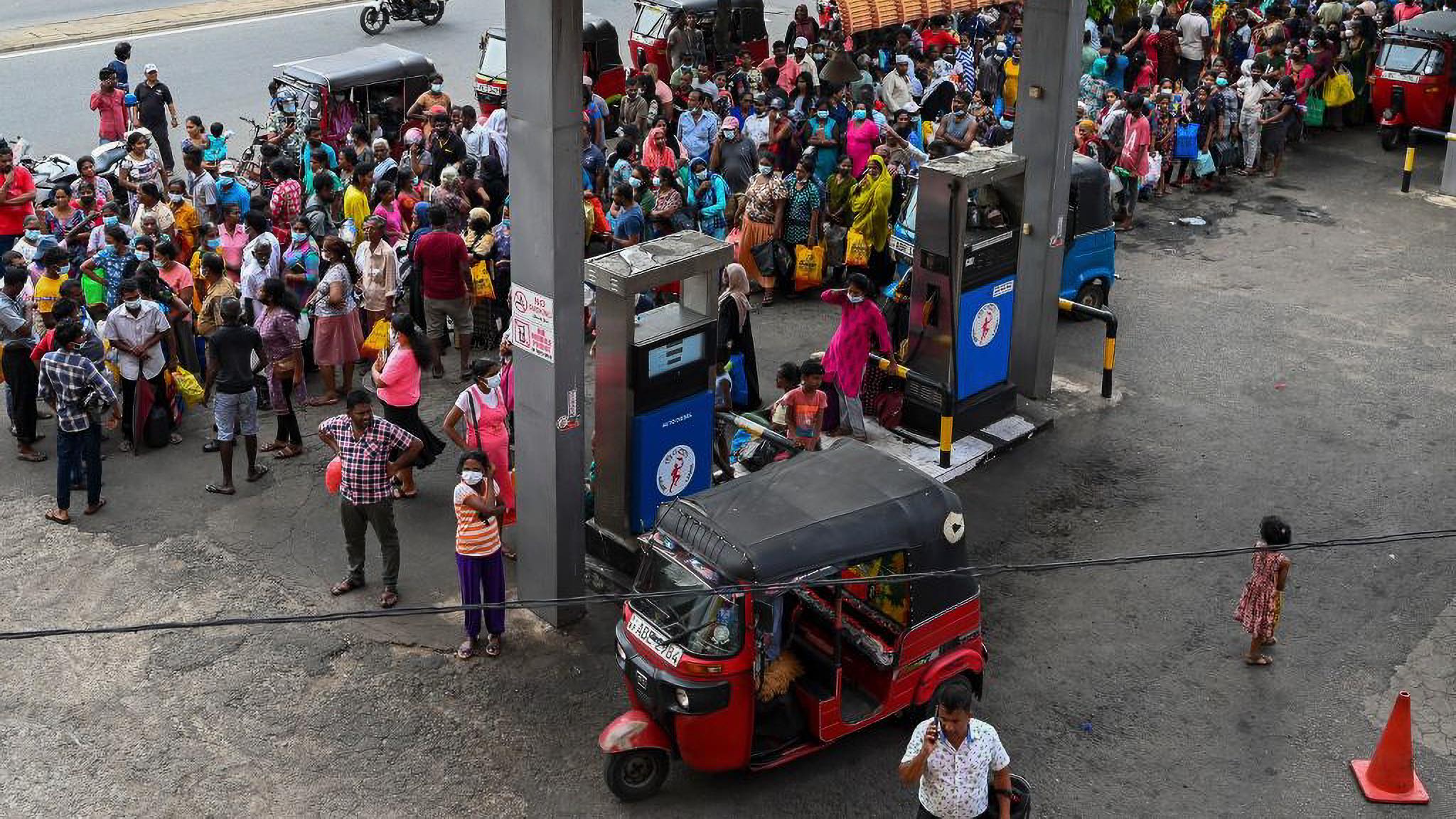
From crisis to recovery: How CGIAR’s BRIGHT Survey can catalyze evidence-based policy reforms in Sri Lanka
Research can shape a new government’s decision-making.
-
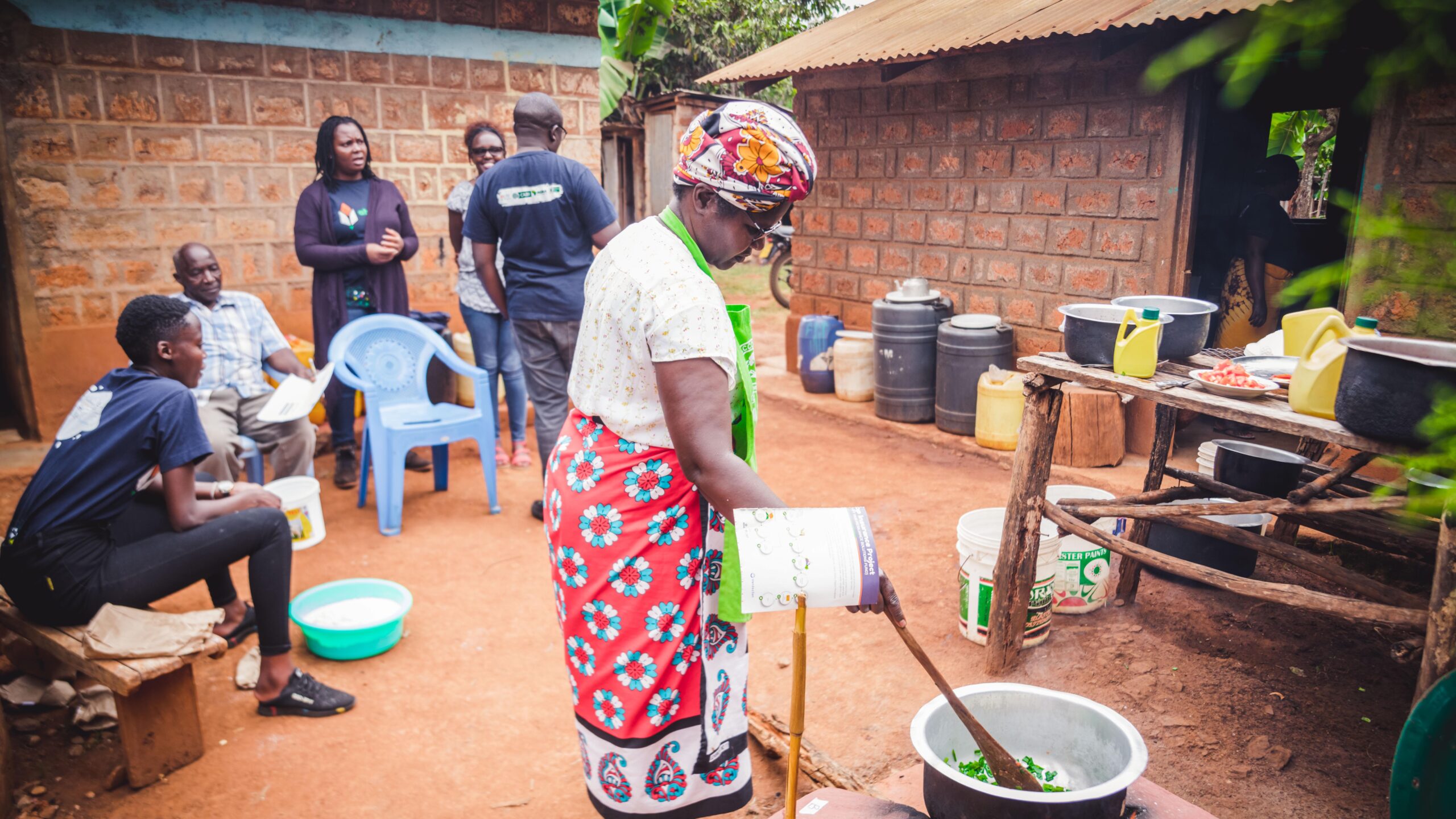
How we used coordinated trials and meta-analysis to evaluate interventions to increase varietal turnover
Assessing impacts of a multi-country project.
-
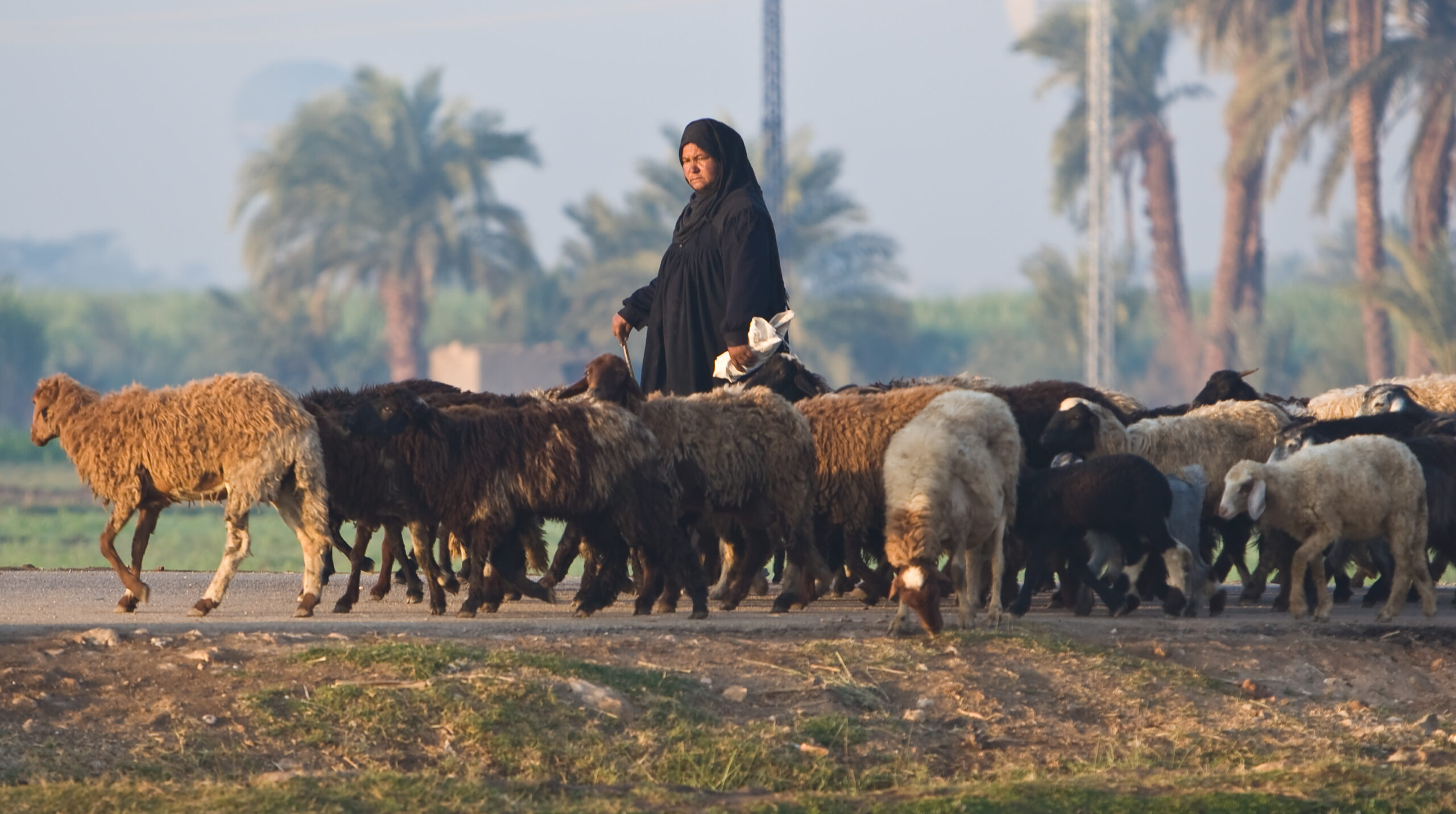
Egypt’s experience bridging cash transfers and an economic inclusion program for sustainable social protection
A path for moving out of poverty.
-
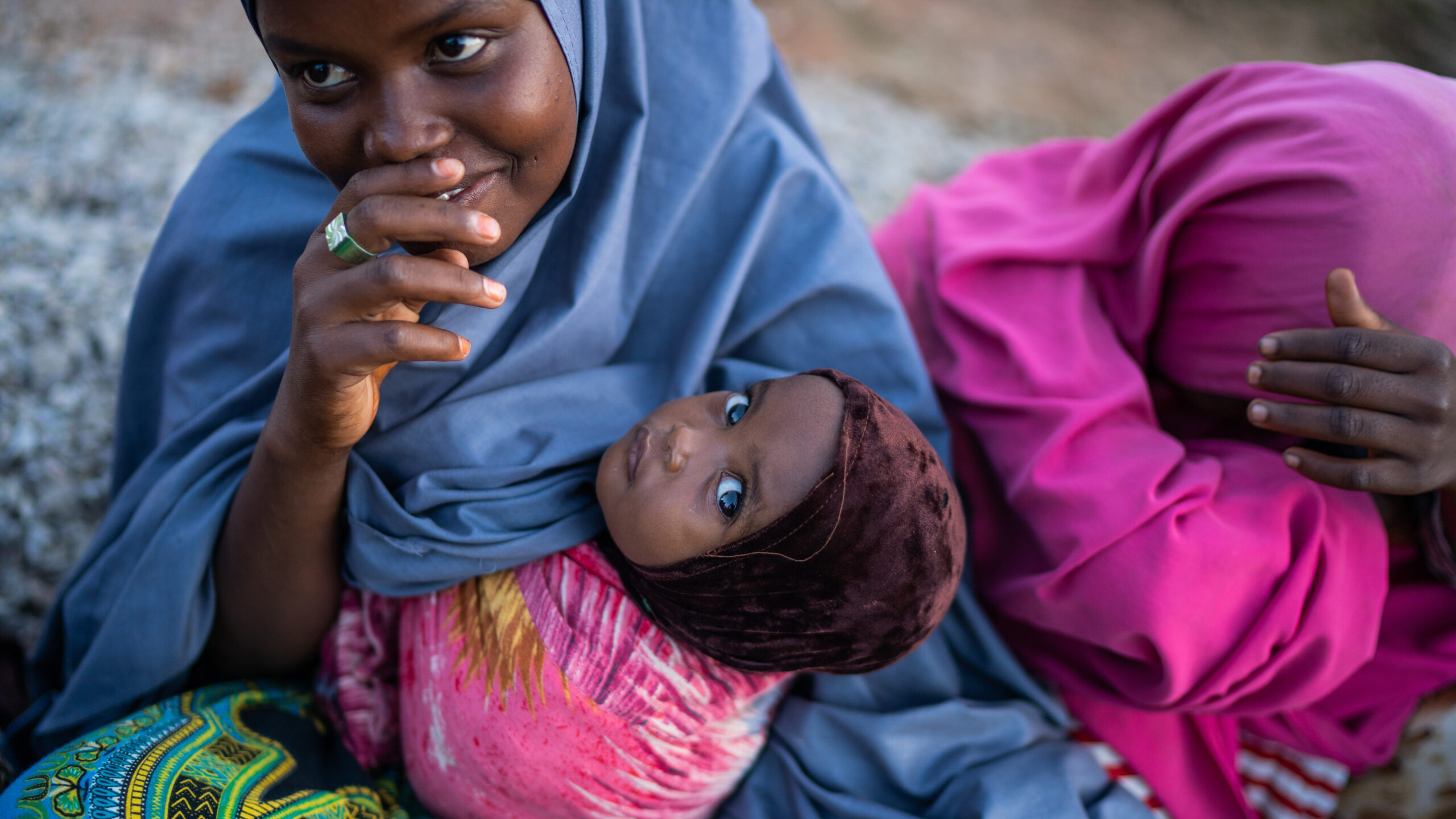
Graduation from poverty: Can a big push program help conflict-affected households? Evidence from Somalia
Moving from assistance to self-sufficiency.
-
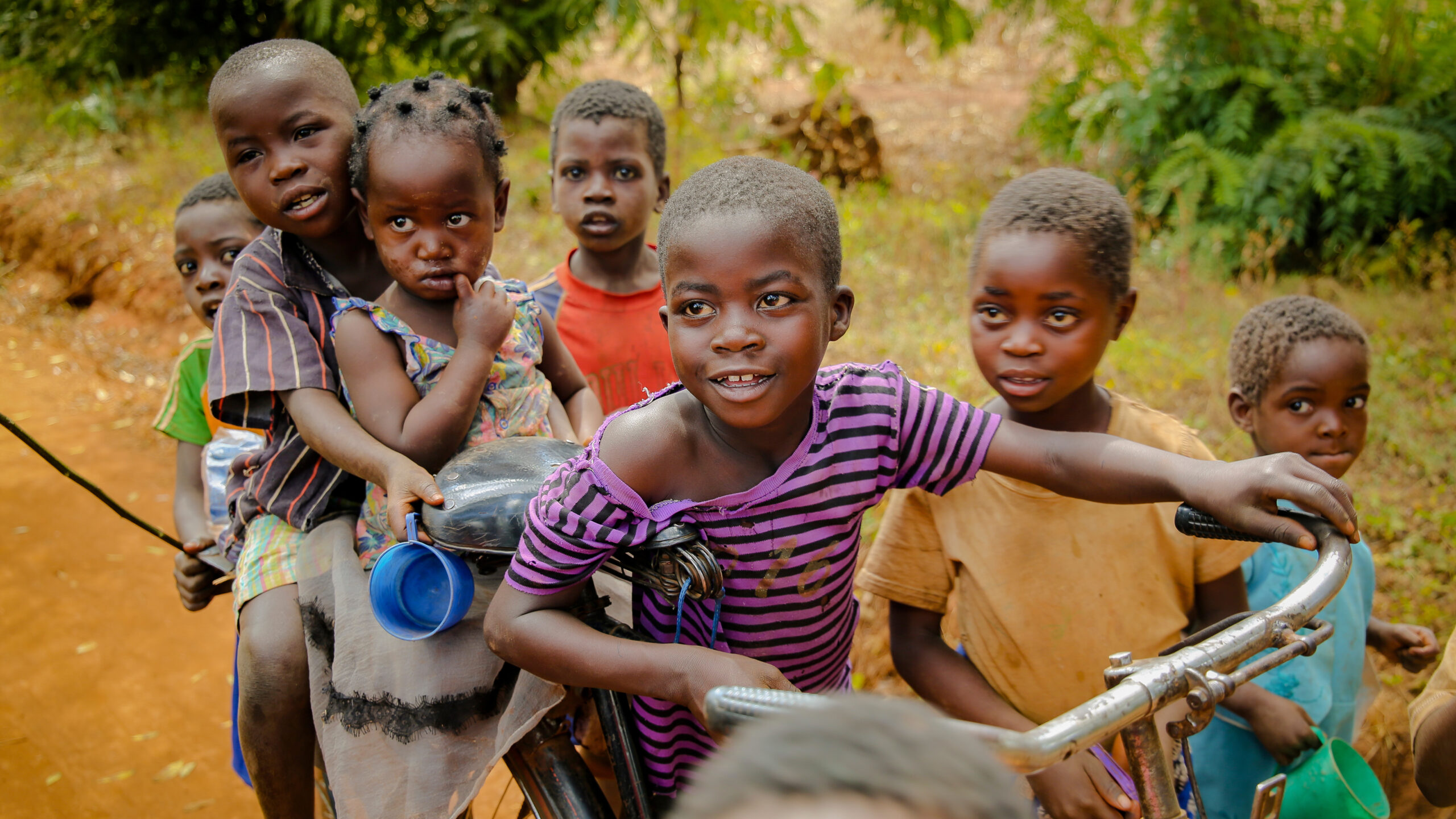
When school overlaps with farming: Measuring reduced educational advancement and simulating solutions in Africa
The social costs of calendars.
-
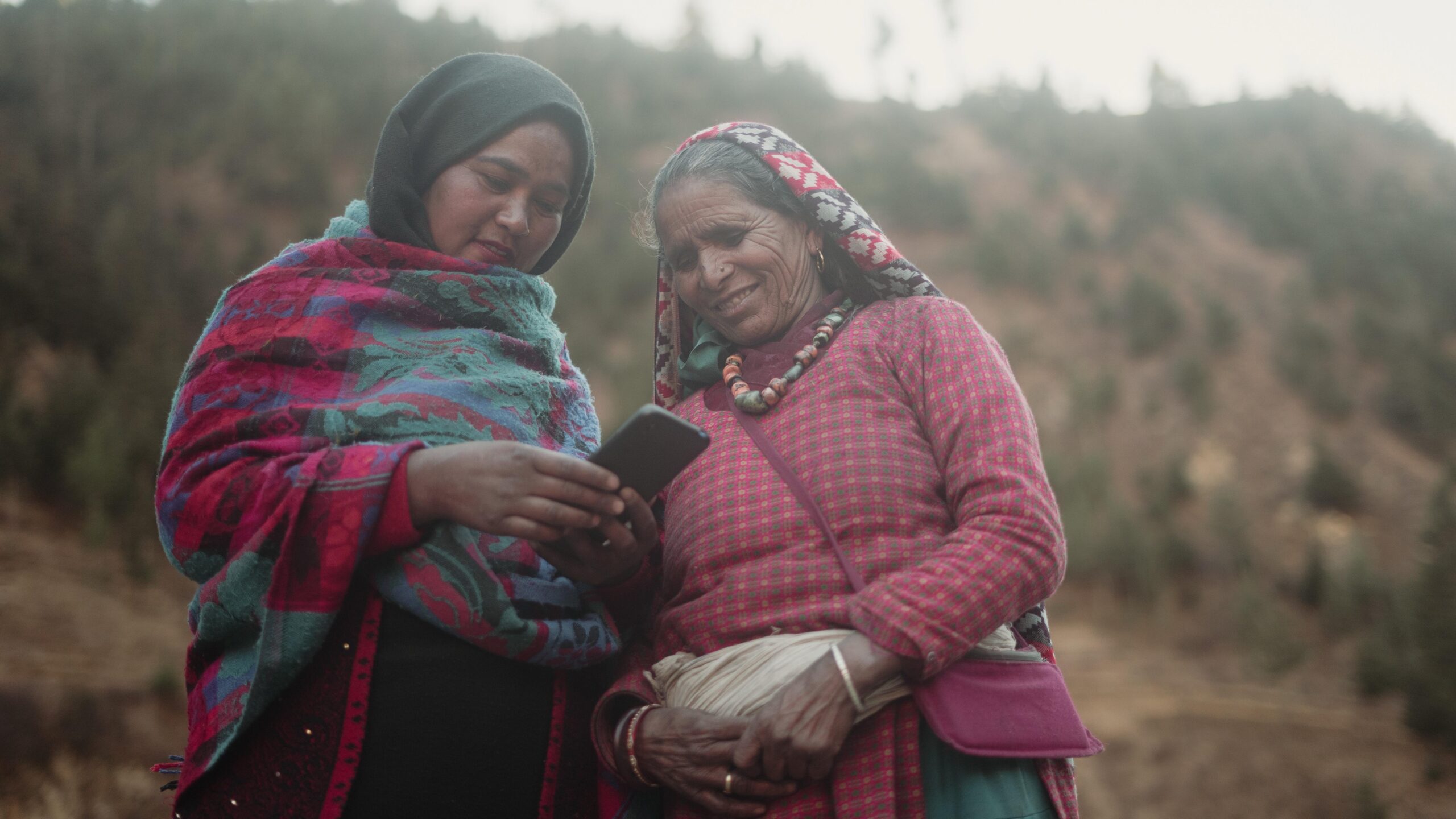
How anticipatory action can empower women in disaster-prone areas
How assistance programs can catalyze improvements in gender equality.
-
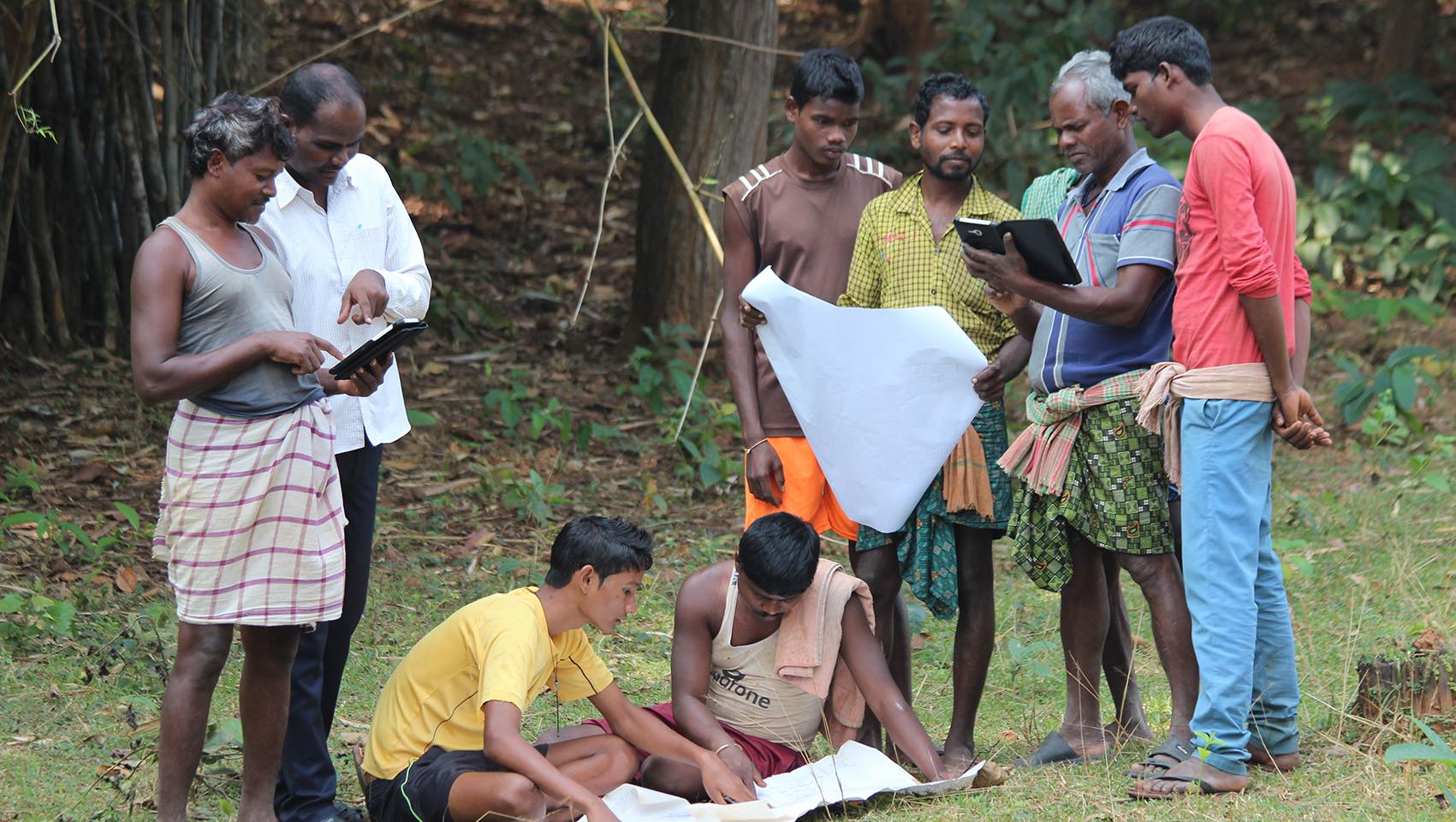
Six synergies to consider for groundwater governance
Advantages of “both/and” solutions.
-
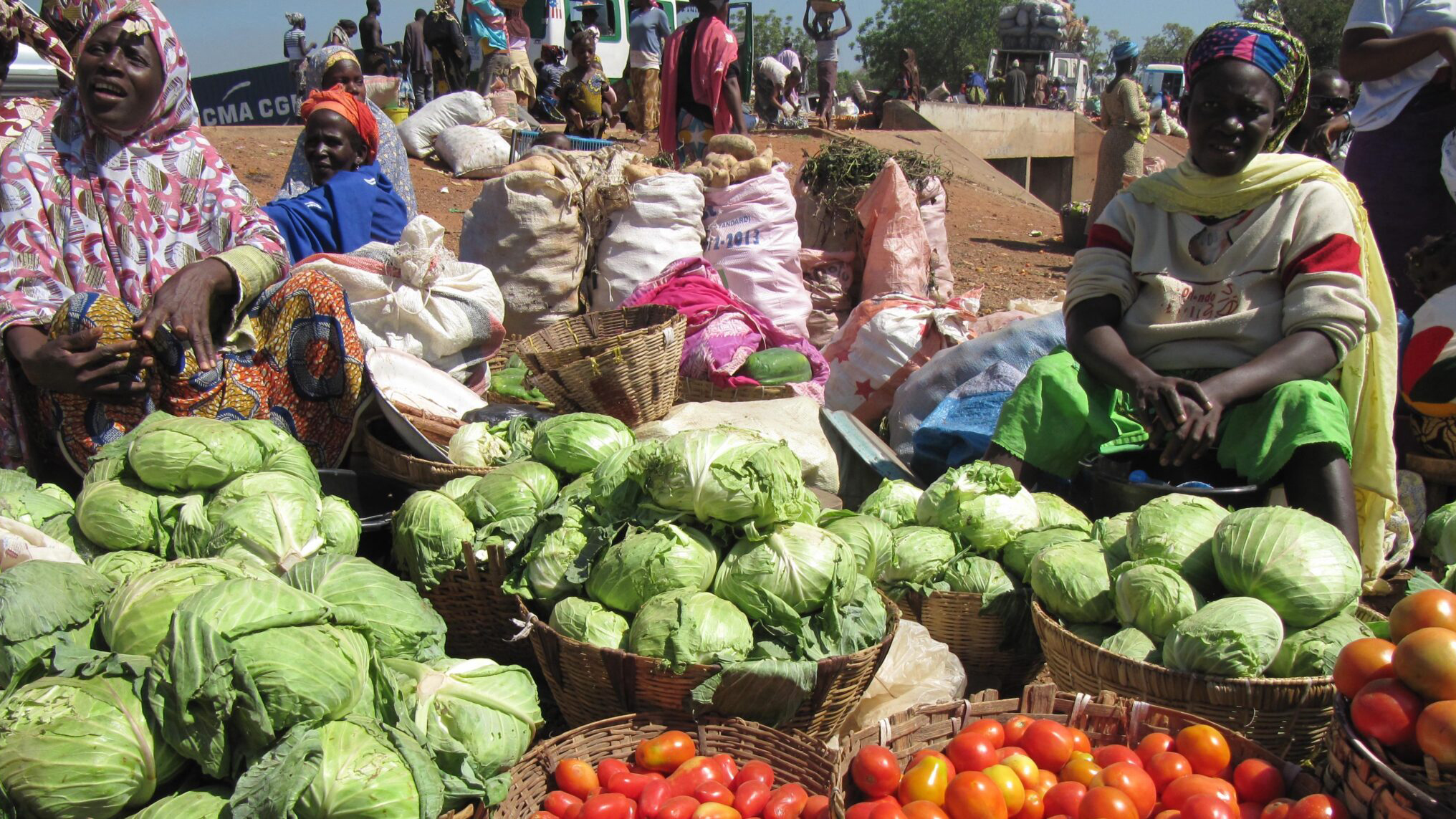
A shock to the (food) system: Using new IFPRI tools to evaluate household food security outcomes
Simulating impacts of crisis and responses.
-
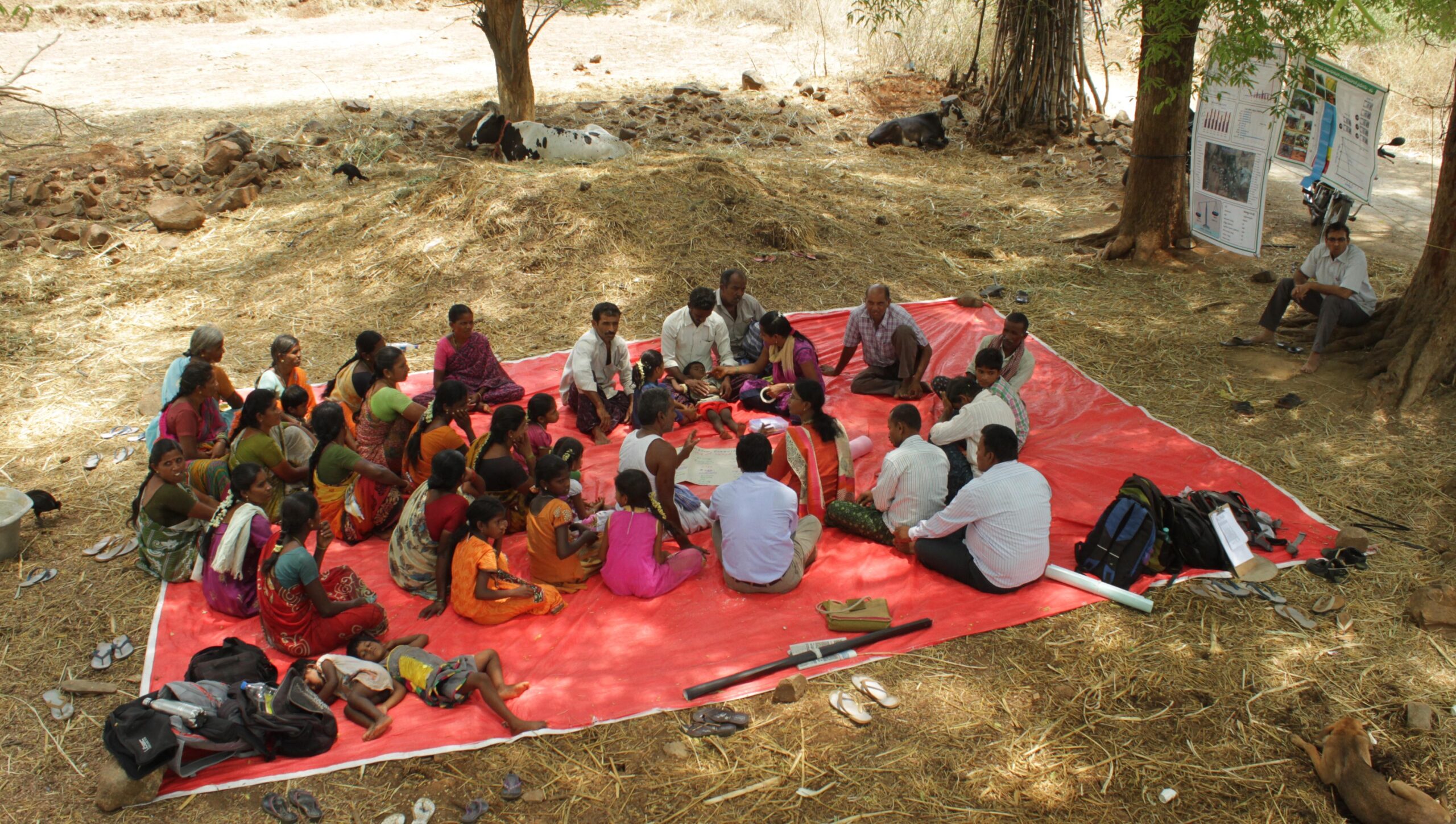
Knowledge, motivation, and agency for groundwater governance
Collaborative approaches for a fragile resource.
-
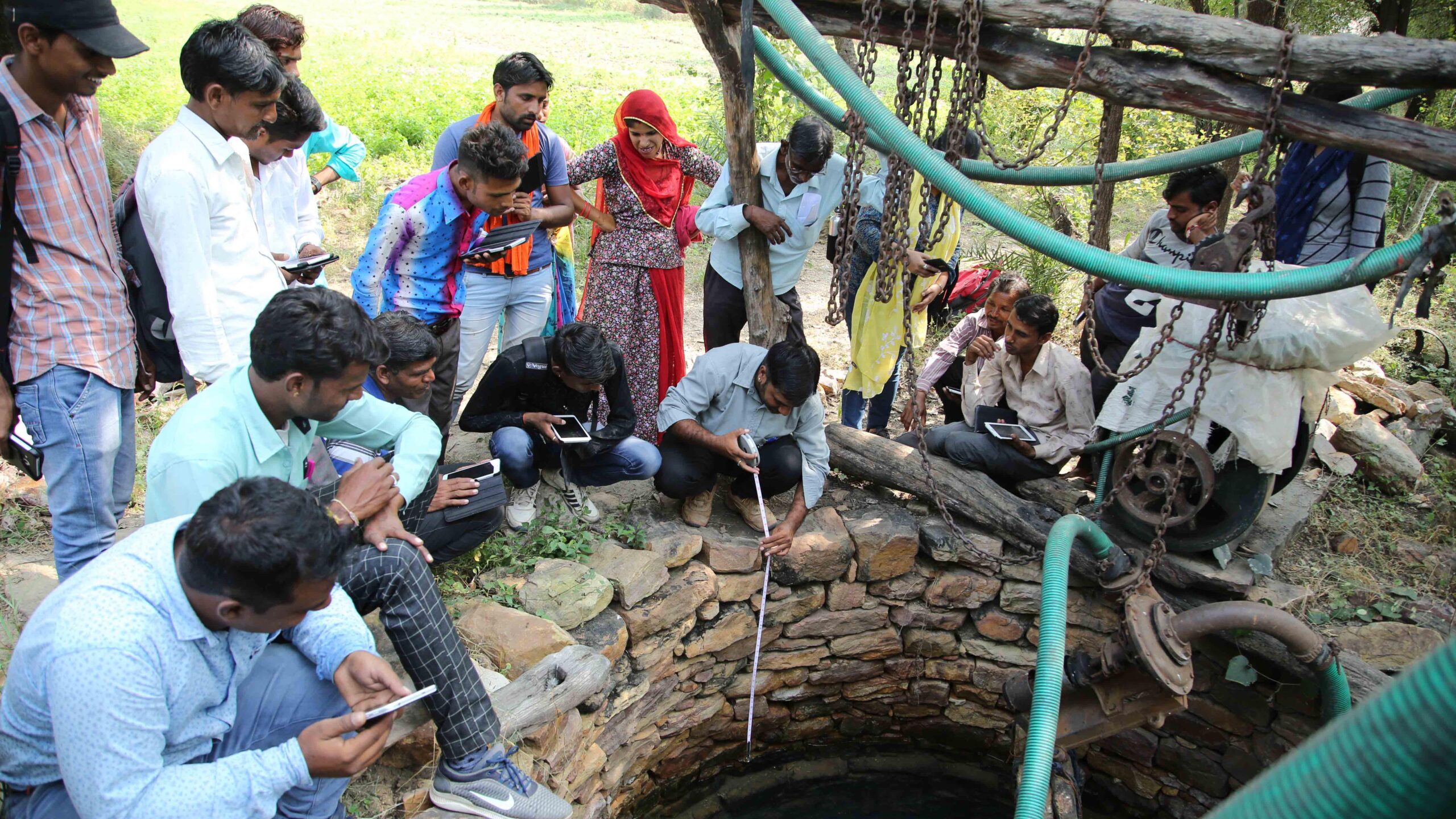
Combining an array of approaches for systemic behavior change in groundwater governance in India
Enabling collaboration in and across communities.
-
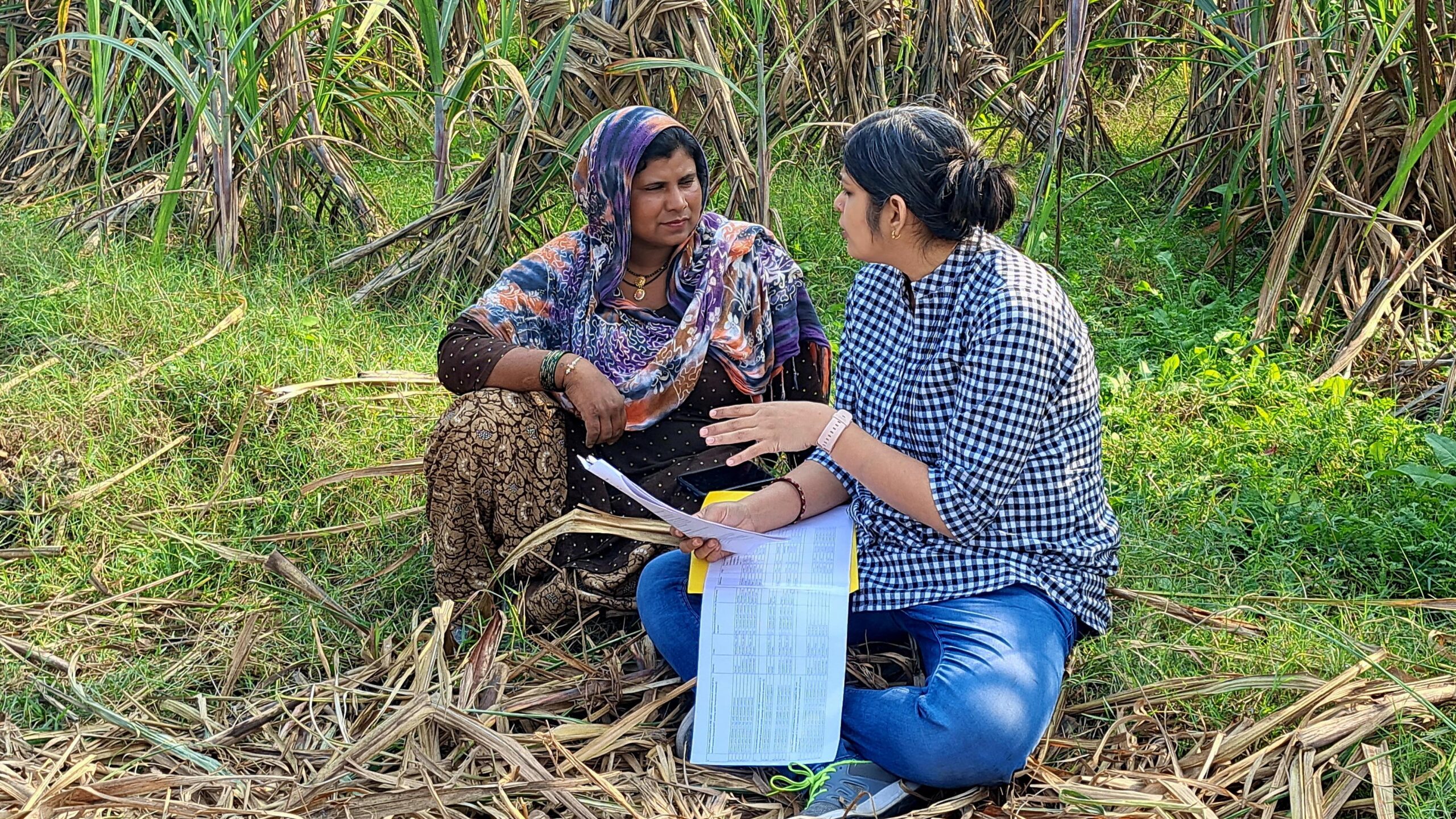
How men and women cope with weather-related agricultural production risk: A case study of cereal and tomato farmers in Haryana, India
Addressing gender differences to build resilience.
-
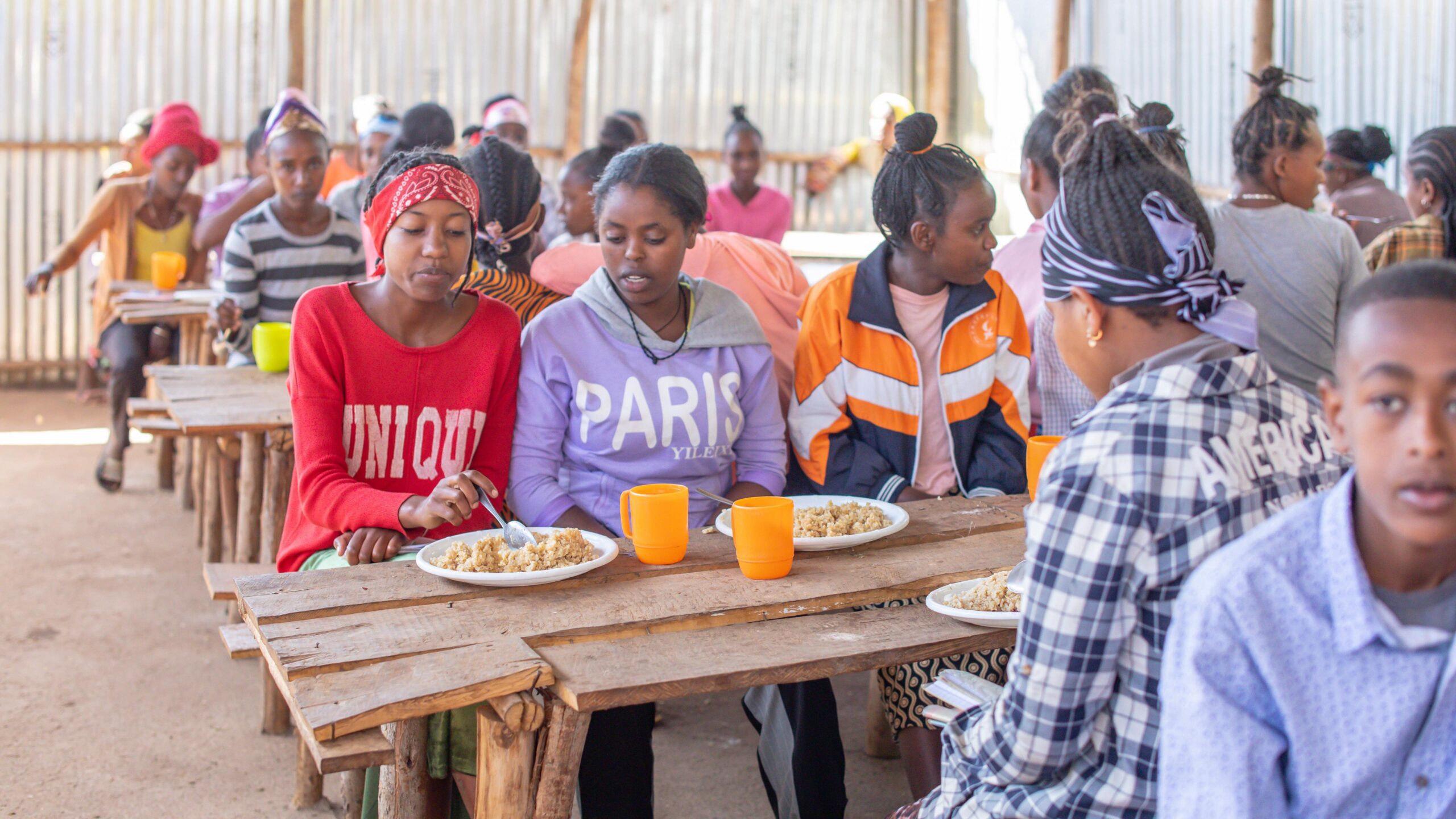
The impact of innovative evidence-to-policy approaches on accelerating nutrition-related SDGs: Can the NiPN model lead the way?
Bridging the gap between research and policymaking.
-
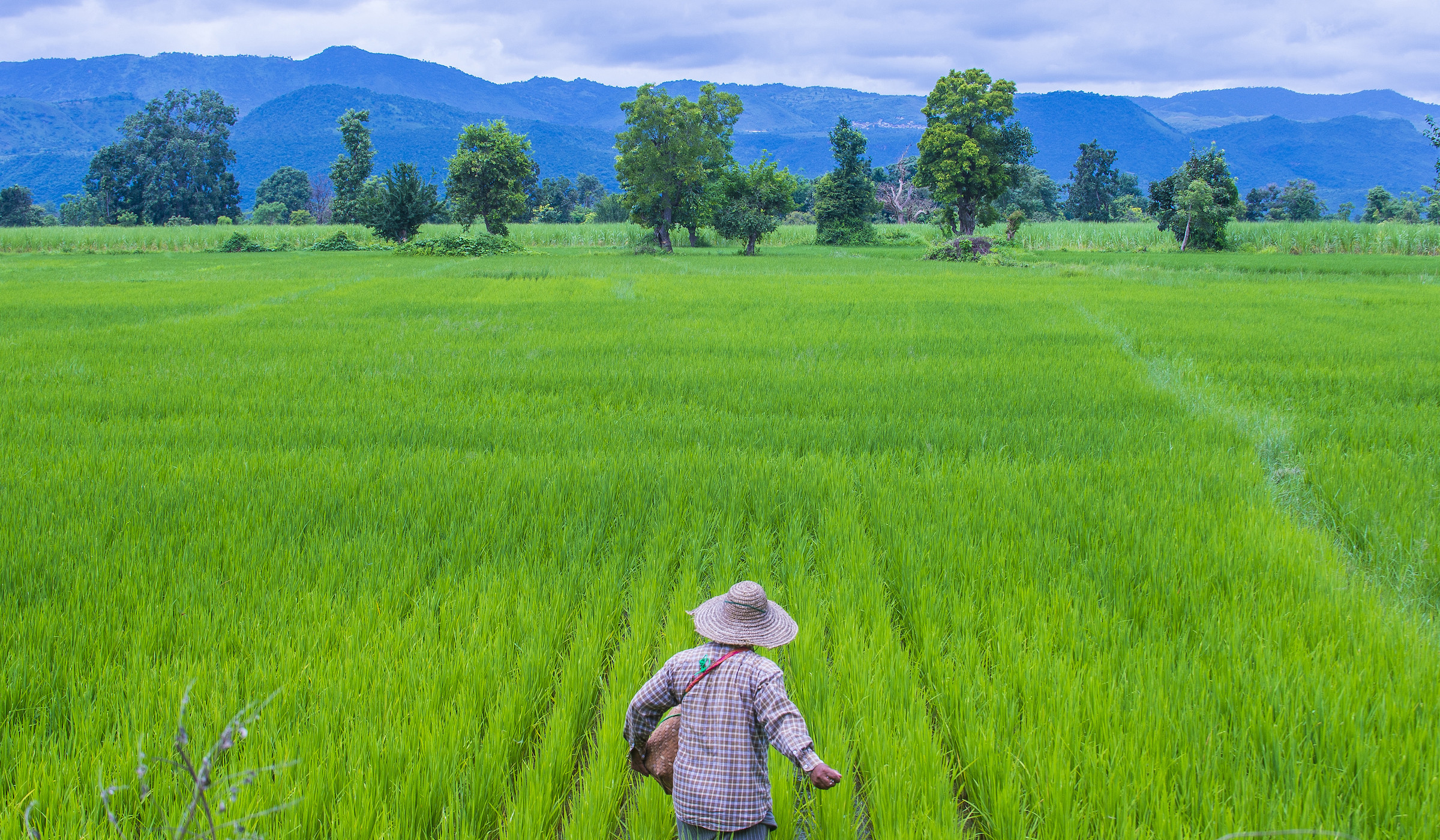
Resource-poor rice farmers in Myanmar suffer double impact from political conflict
Productivity erodes amid turmoil.
-
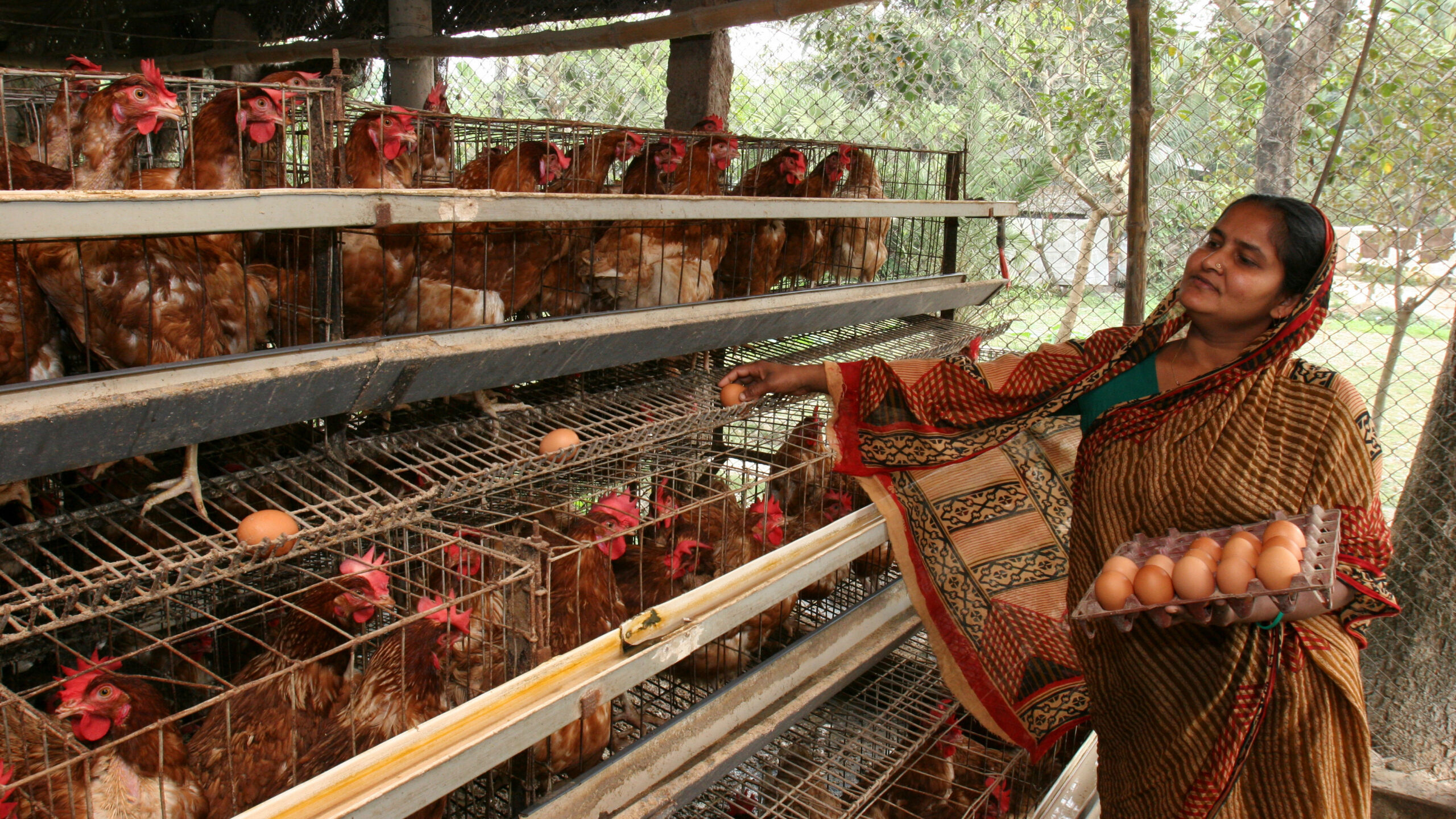
Achieving women’s empowerment beyond income and asset increases: What do we still need to know?
How development organizations think about gender.
-
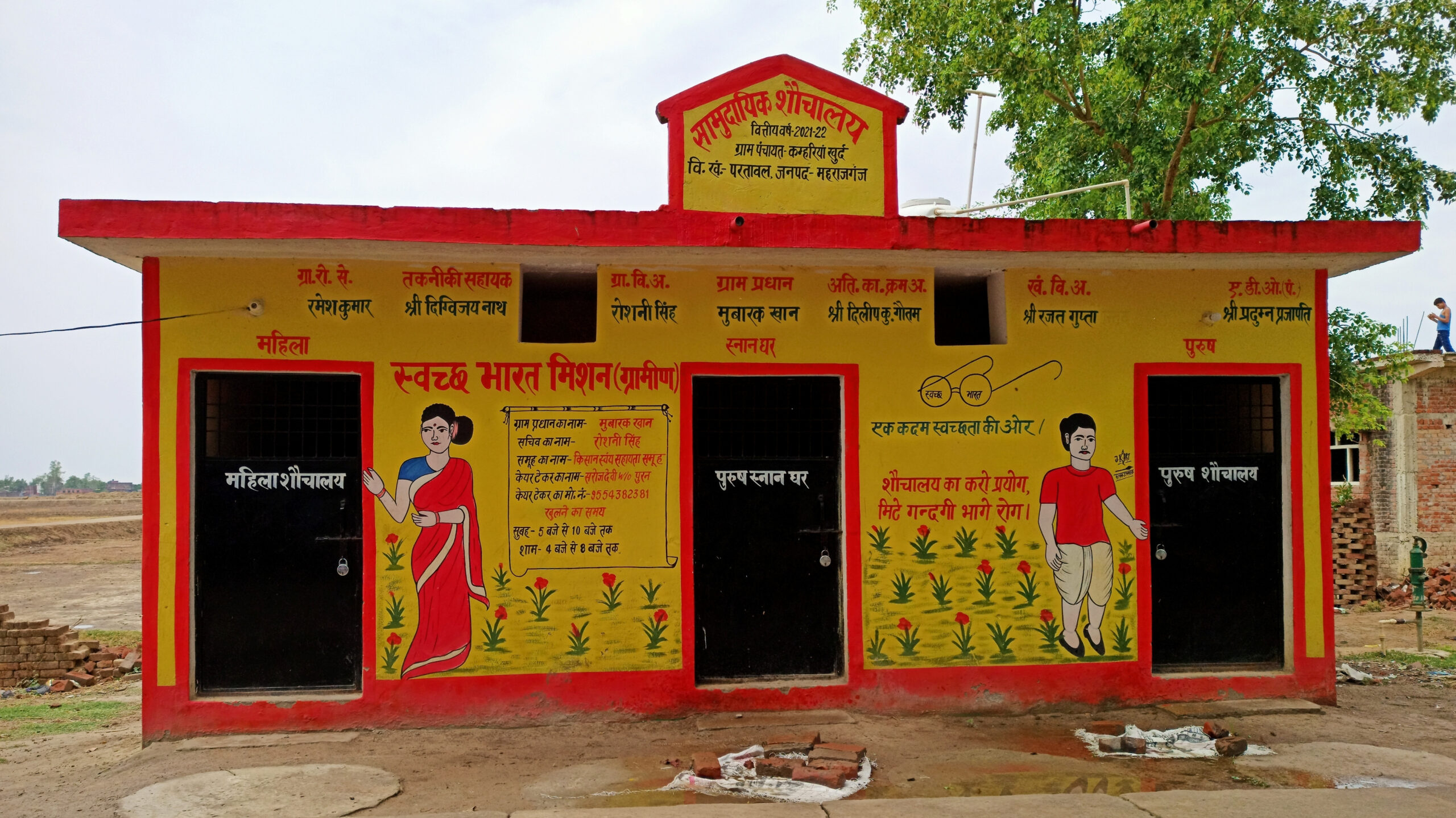
Comprehensive sanitation in India: Despite progress, an unfinished agenda
Building on improvements in Infant mortality.
-
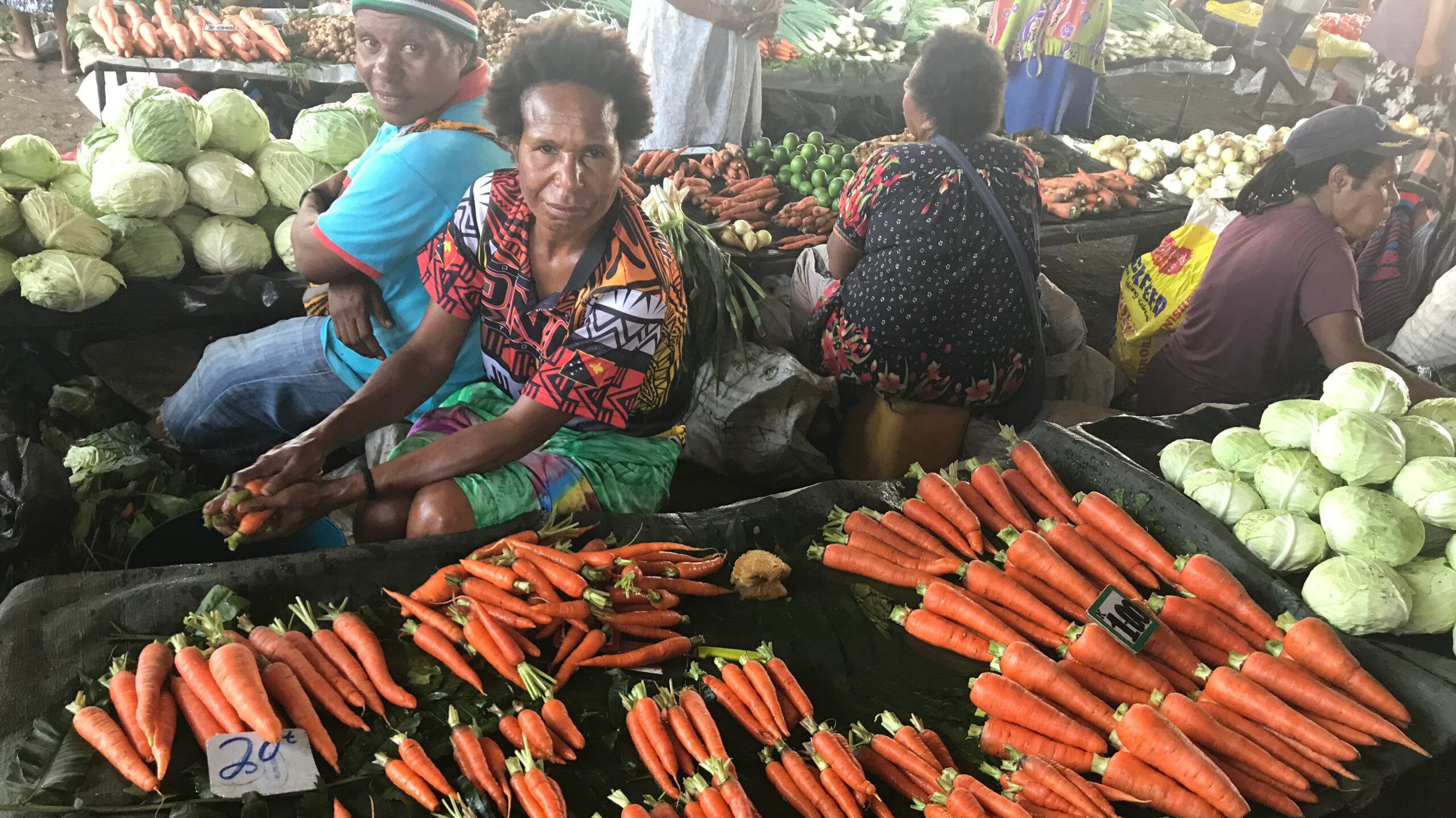
Survey: Rural Papua New Guinea faces an array of food security challenges
Starch-heavy diets, the reach of extension instruction, and other issues.
-
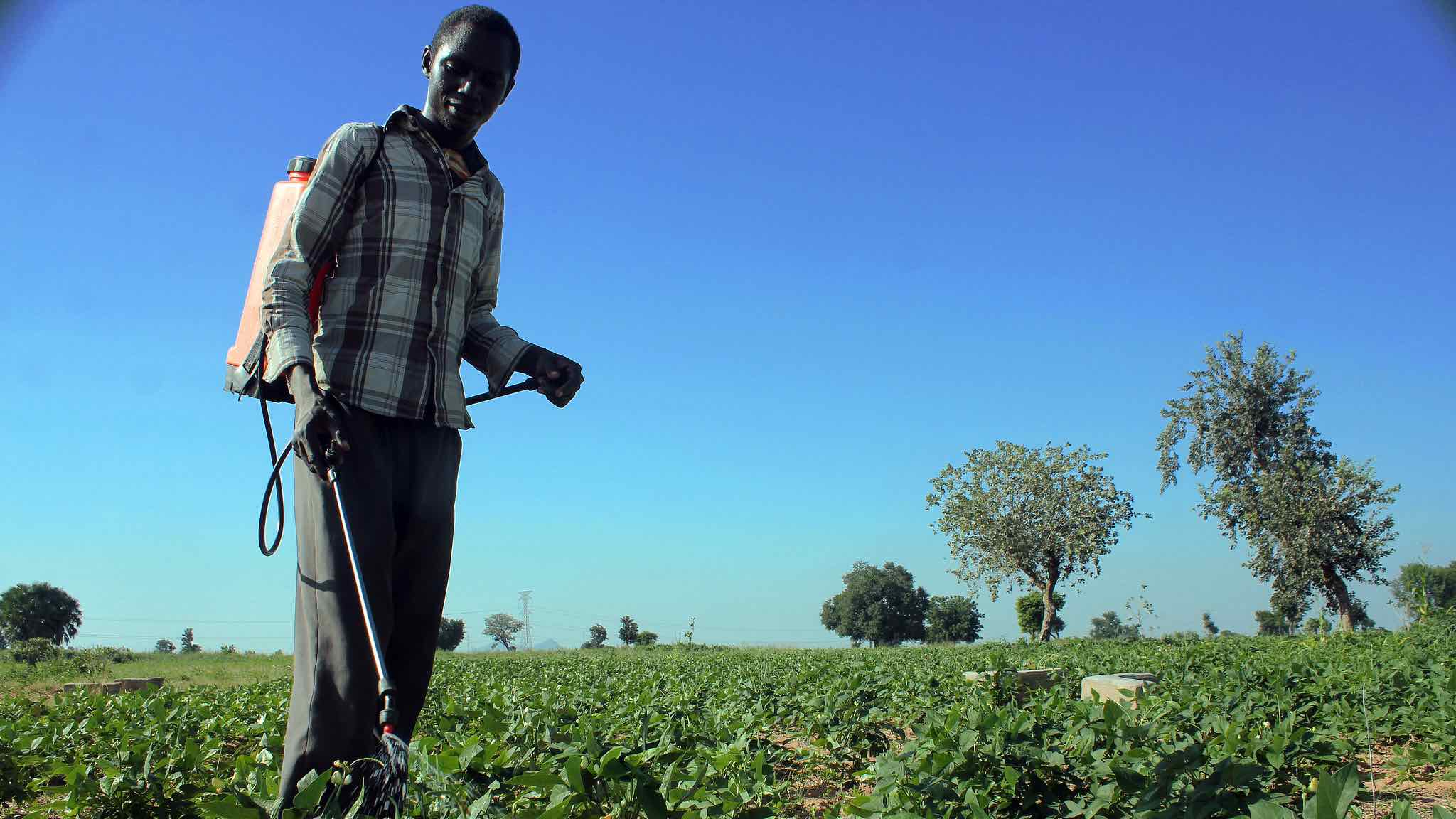
Does conflict-driven internal displacement influence demand for agricultural inputs? Evidence from Nigeria
Examining the effectiveness of vouchers and marketing information.
-
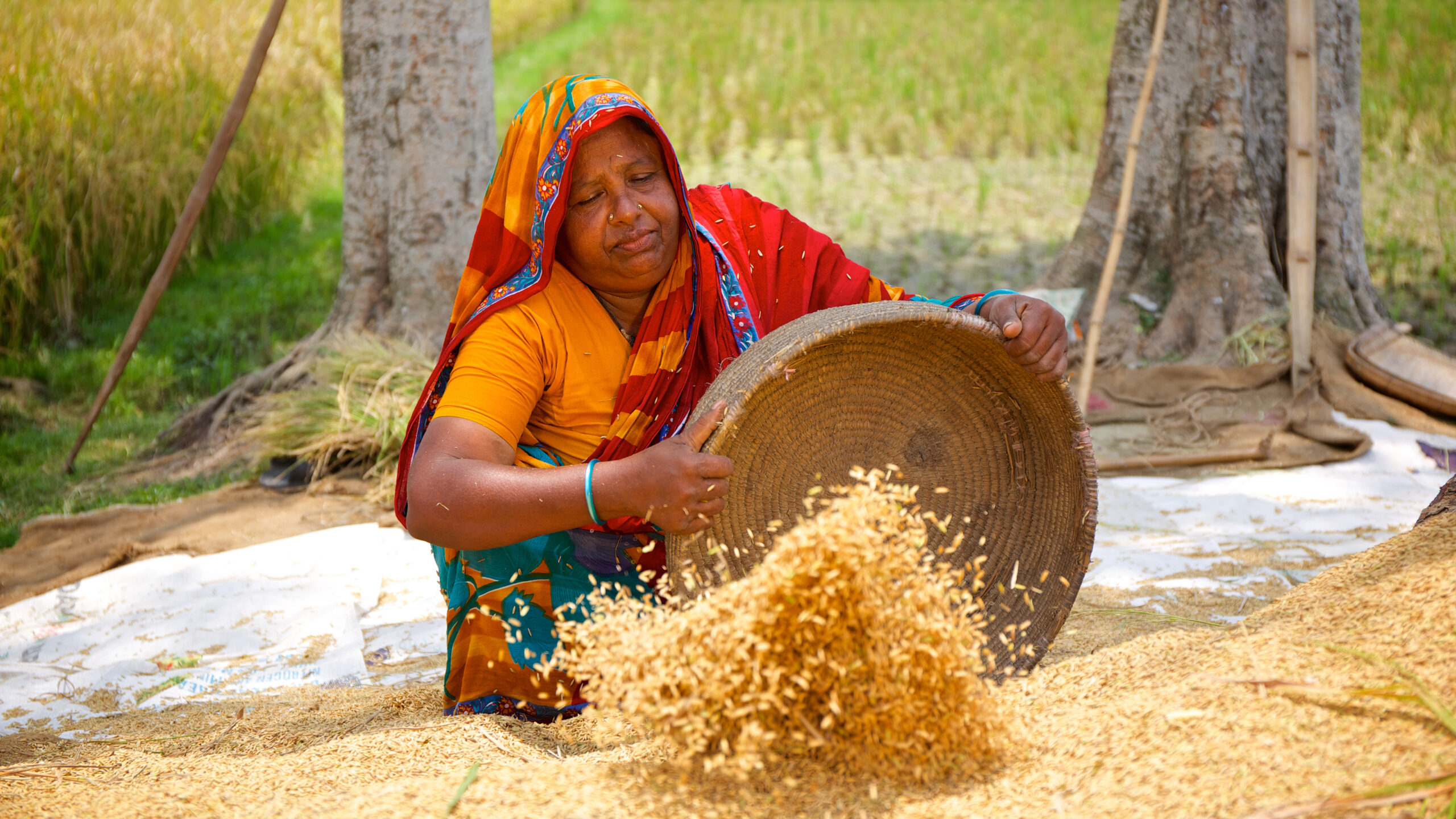
Potential impact of zinc-enriched rice on zinc intakes in Bangladesh, Indonesia, and the Philippines
Nutritional benefits of enhanced biofortification.
-
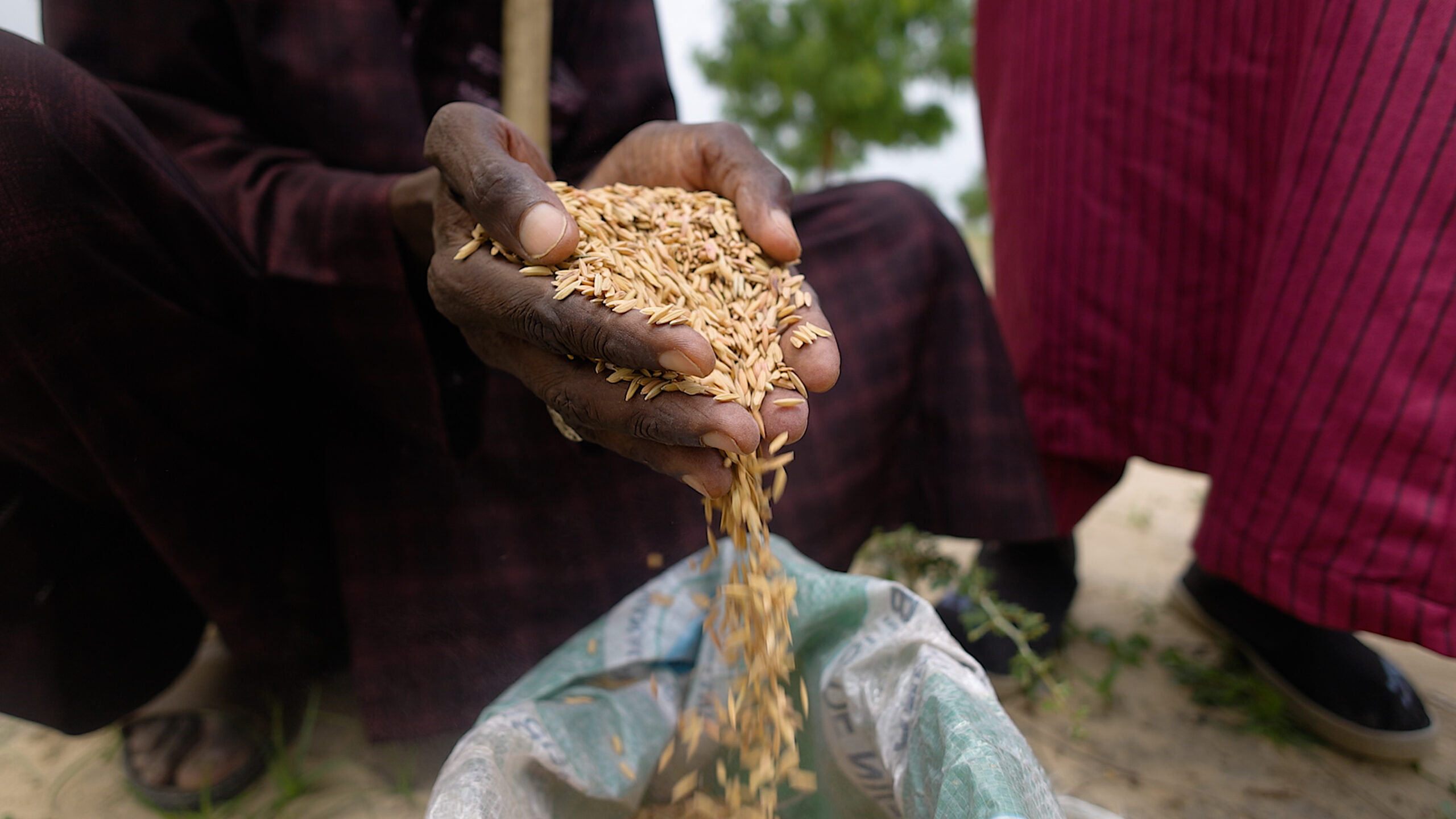
How much does take-up timing for agricultural inputs depend on price? Evidence from an experiment in Nigeria
Insights into buying behavior.
-
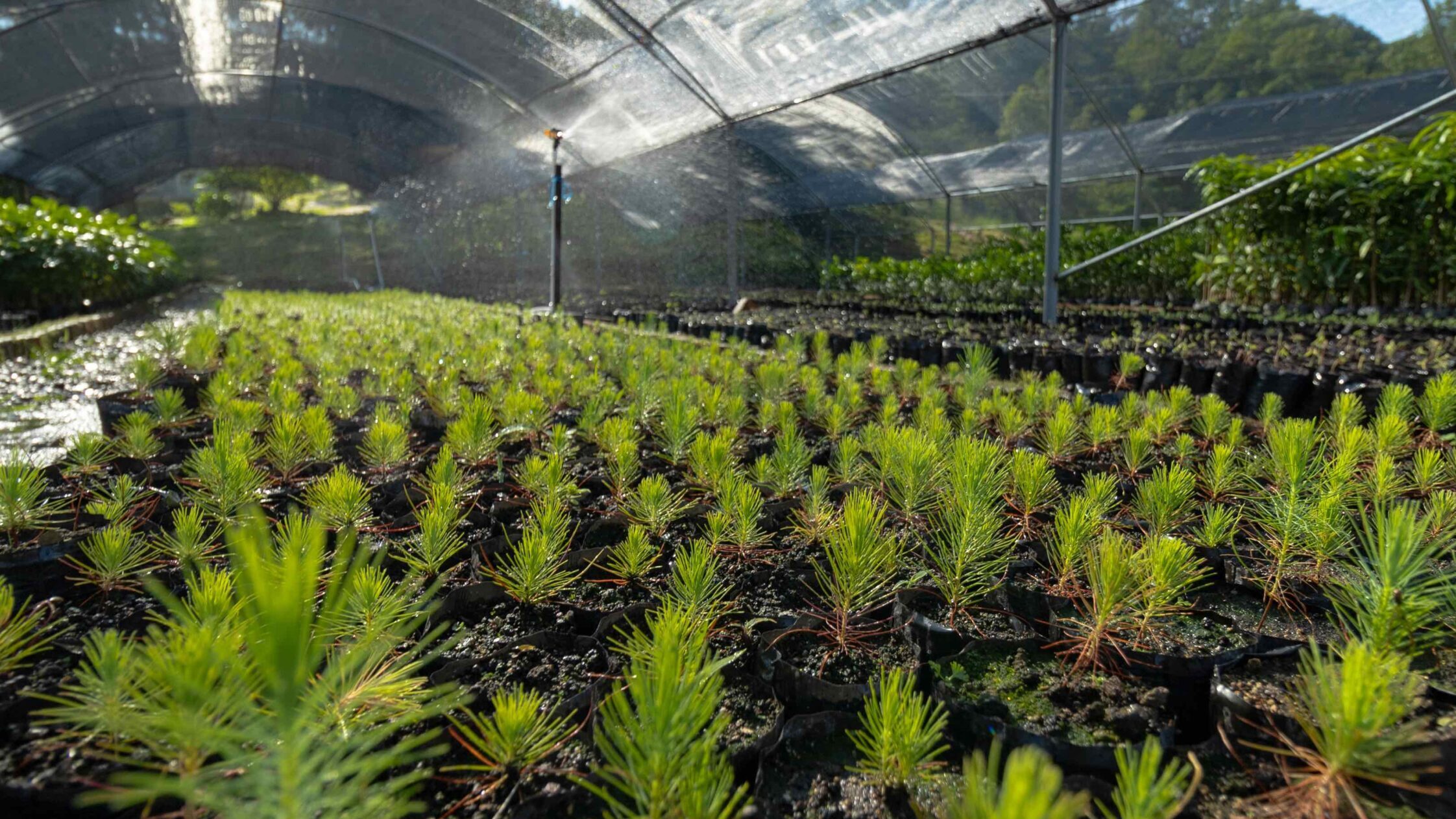
Limiting deforestation involves complex tradeoffs: Results from a global land-use model
Many dimensions of combating climate change.
-
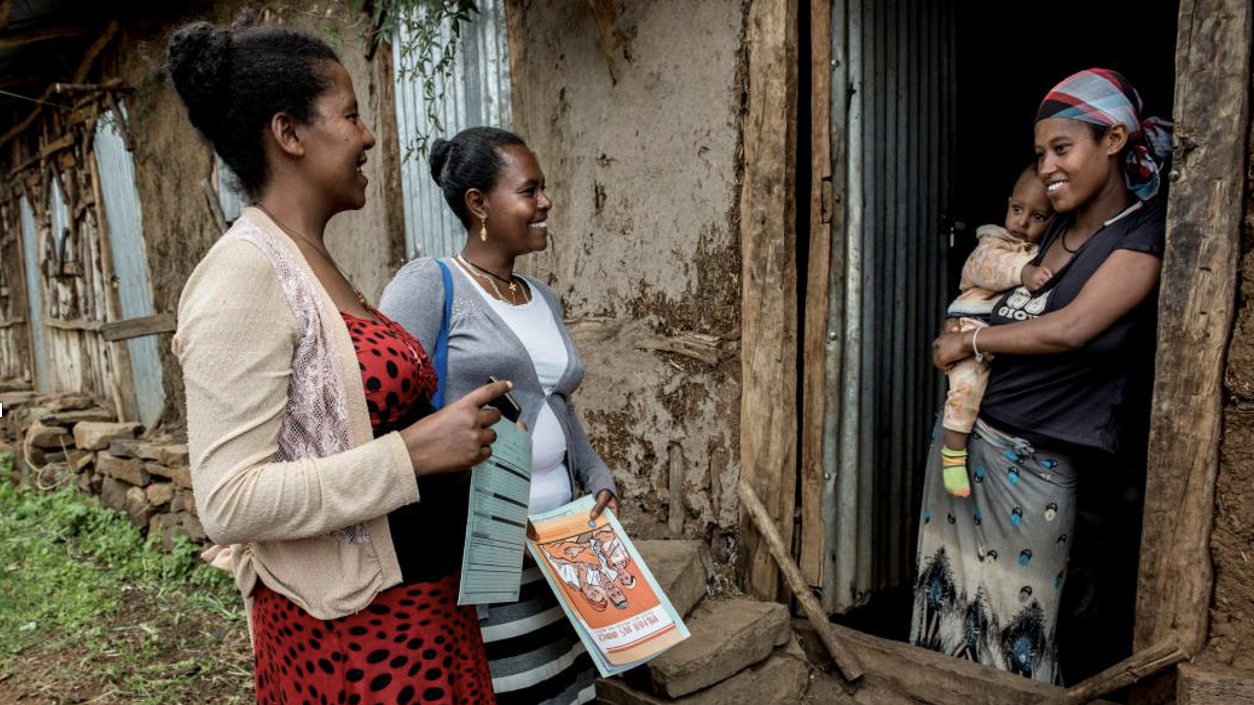
Beyond the Health Extension Program: Developing a focused approach to improve nutrition in Ethiopia
A study points to reforms.
-
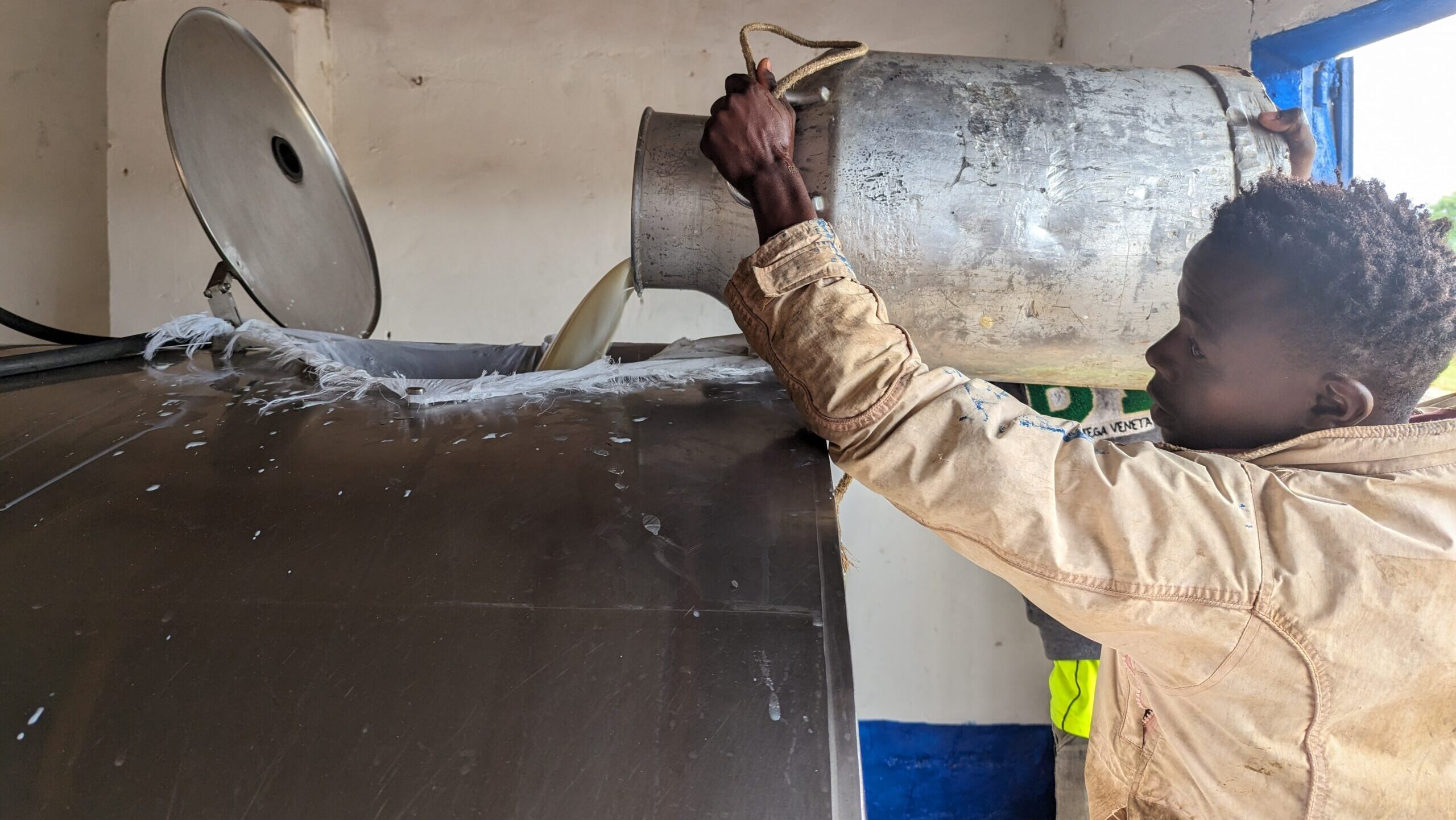
Enhancing milk quality in Uganda: Challenges and innovations in the dairy value chain
Improving market incentives.
-
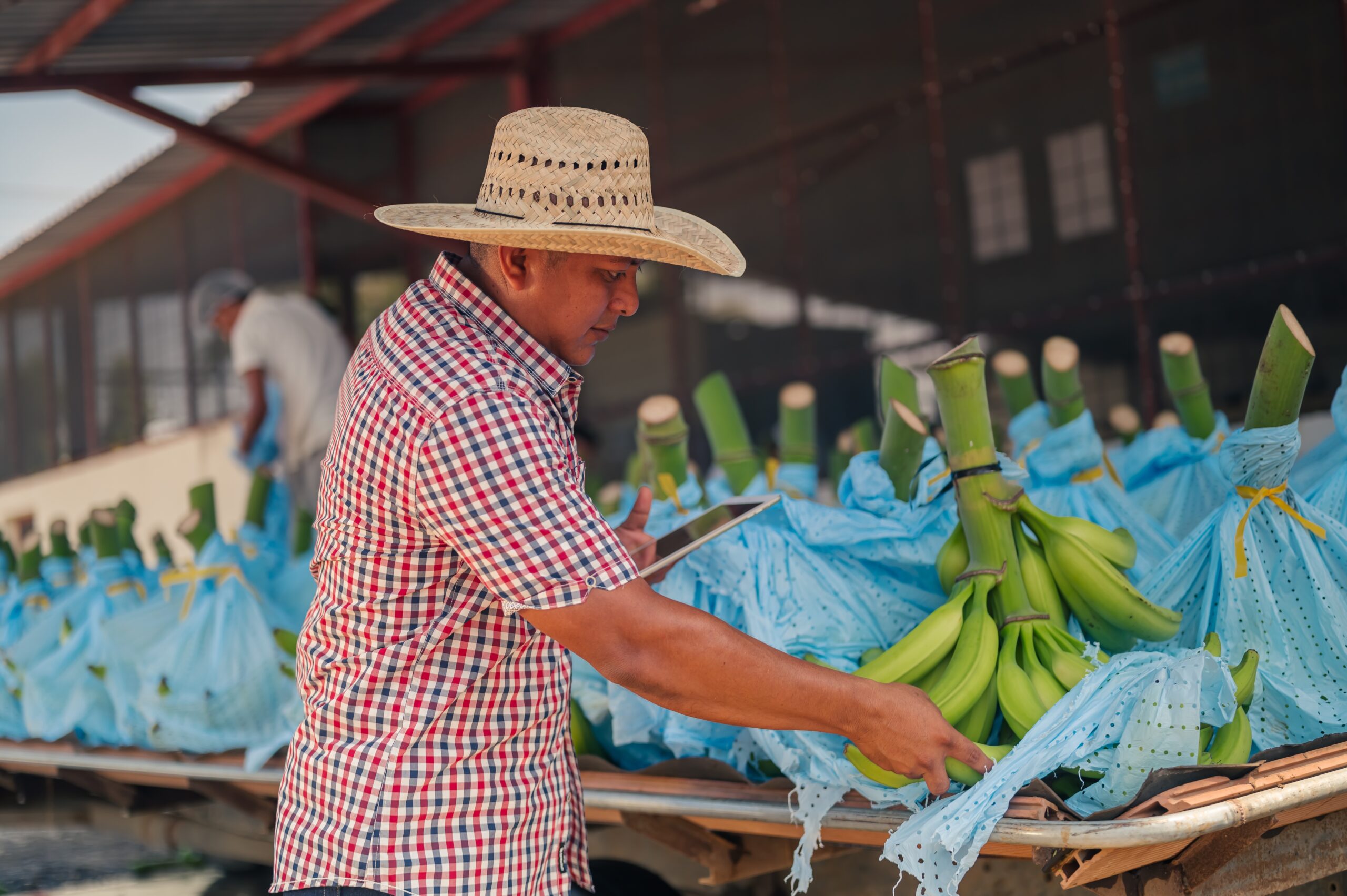
Síntesis de evidencia: Lineamientos para el diseño de programas crediticios agropecuarios condicionados para el fomento de prácticas agropecuarias sostenibles
Enfoques para el desarrollo de políticas del sistema alimentario.
-
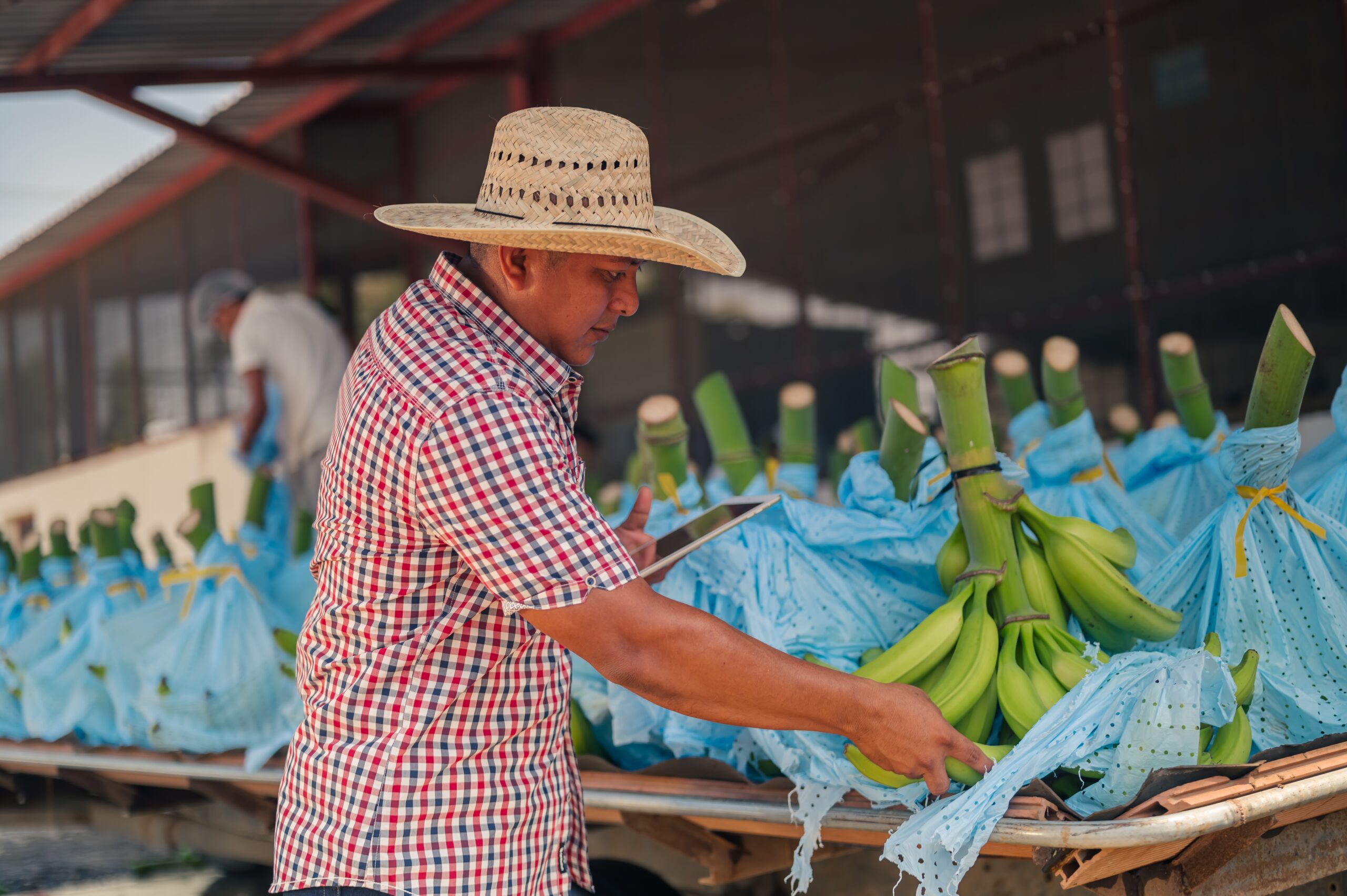
Identifying guidelines for the design of conditional credit programs to promote sustainable agricultural practices in Latin America
Tools for food system policy development.
-
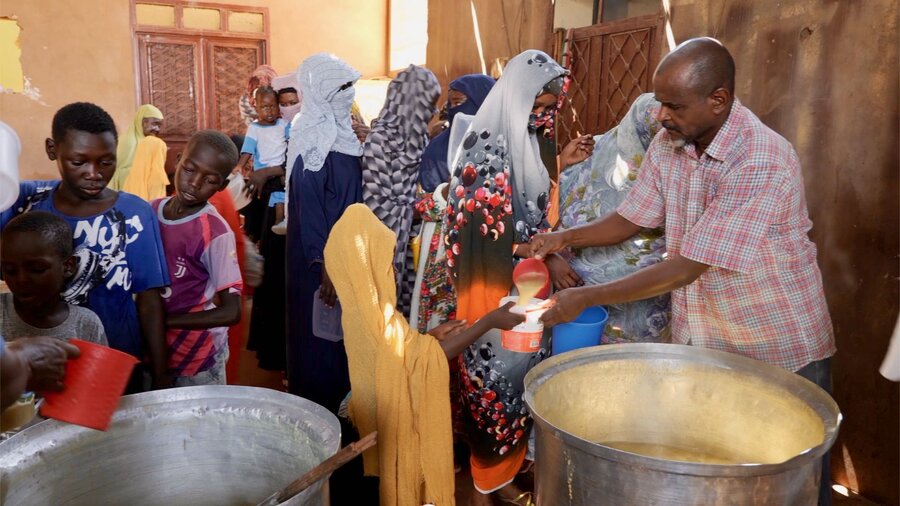
Sudan’s catastrophe: Farmers could offer quick postwar recovery, if peace is found
Charting economic paths forward.
-
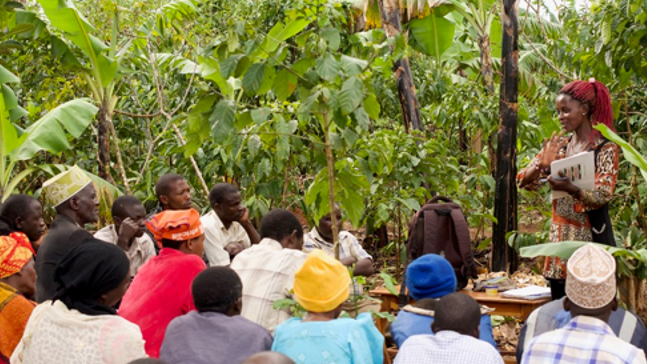
Training Ugandan coffee farmers on agronomy practices more than pays for itself
Promise for boosting yields and income.
-
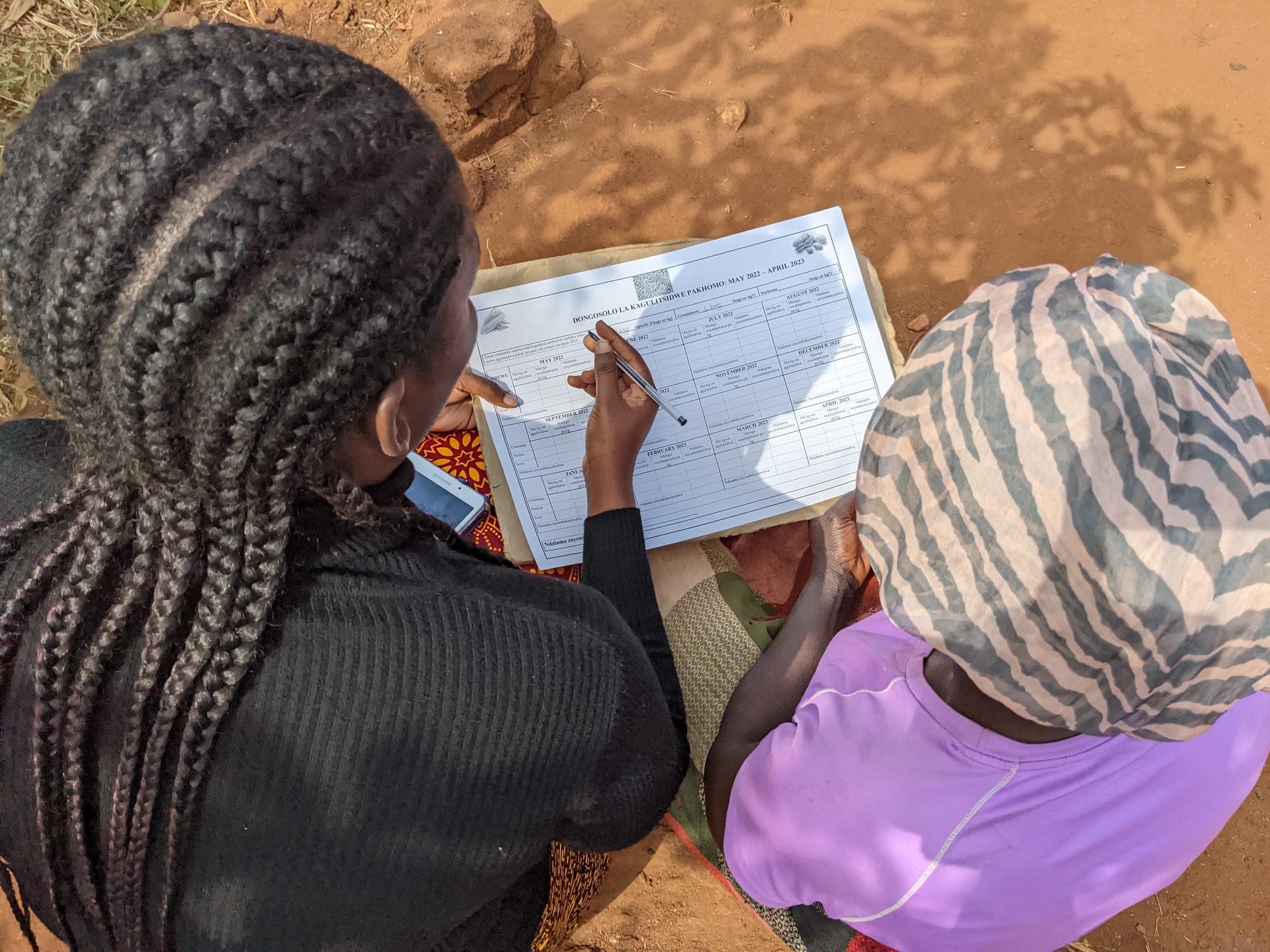
Behavioral explanations for the sell-low-buy-high puzzle in smallholder market participation: Lessons from a field experiment in Malawi
Our study tested two behavioral interventions—budgeting and sales planning—to understand and mitigate this paradox.
-
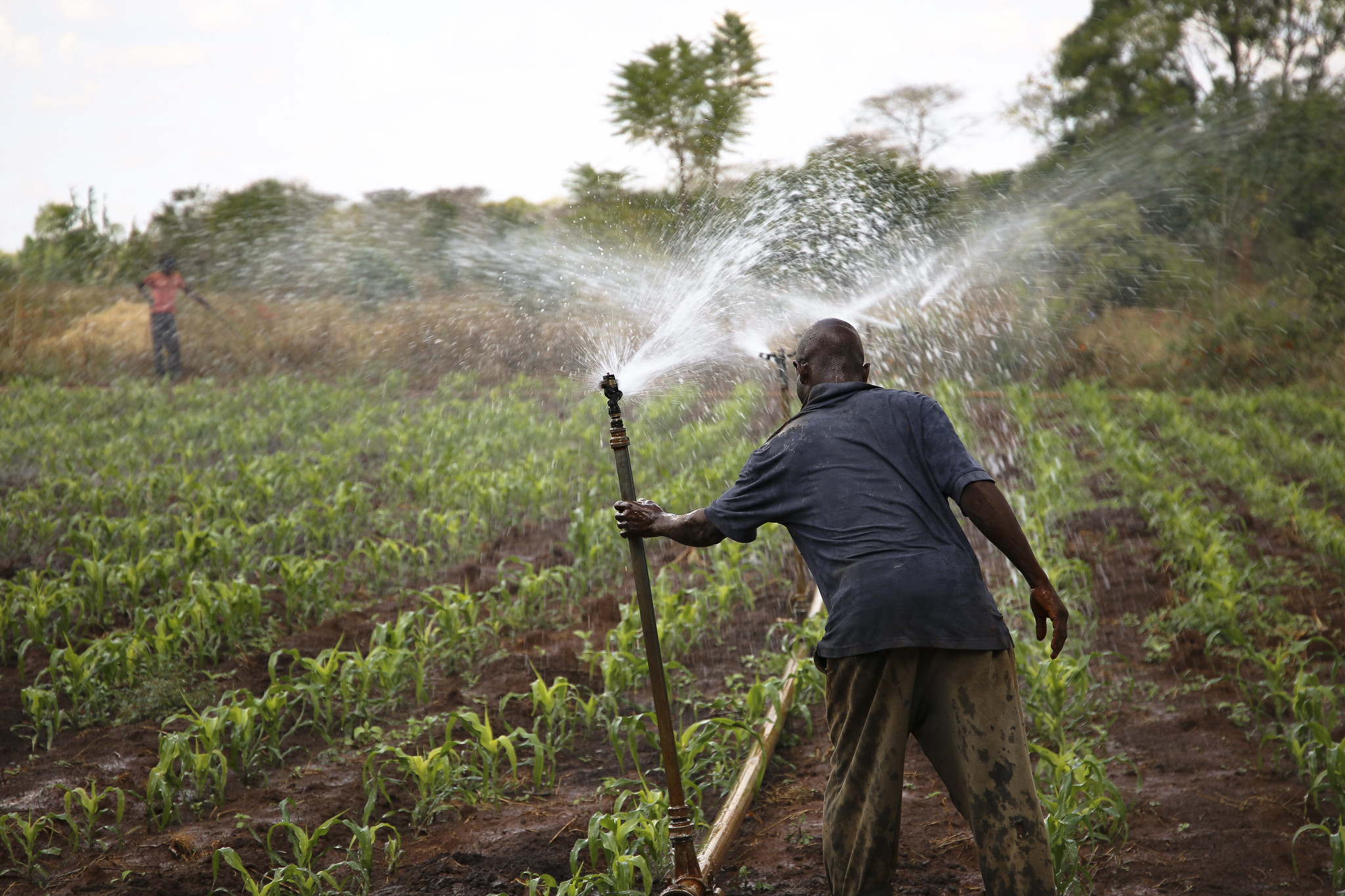
Revisiting development strategies under climate uncertainty: Insights from Malawi
Does the threat of climate change significantly undermine strategies focusing on agriculture?
-
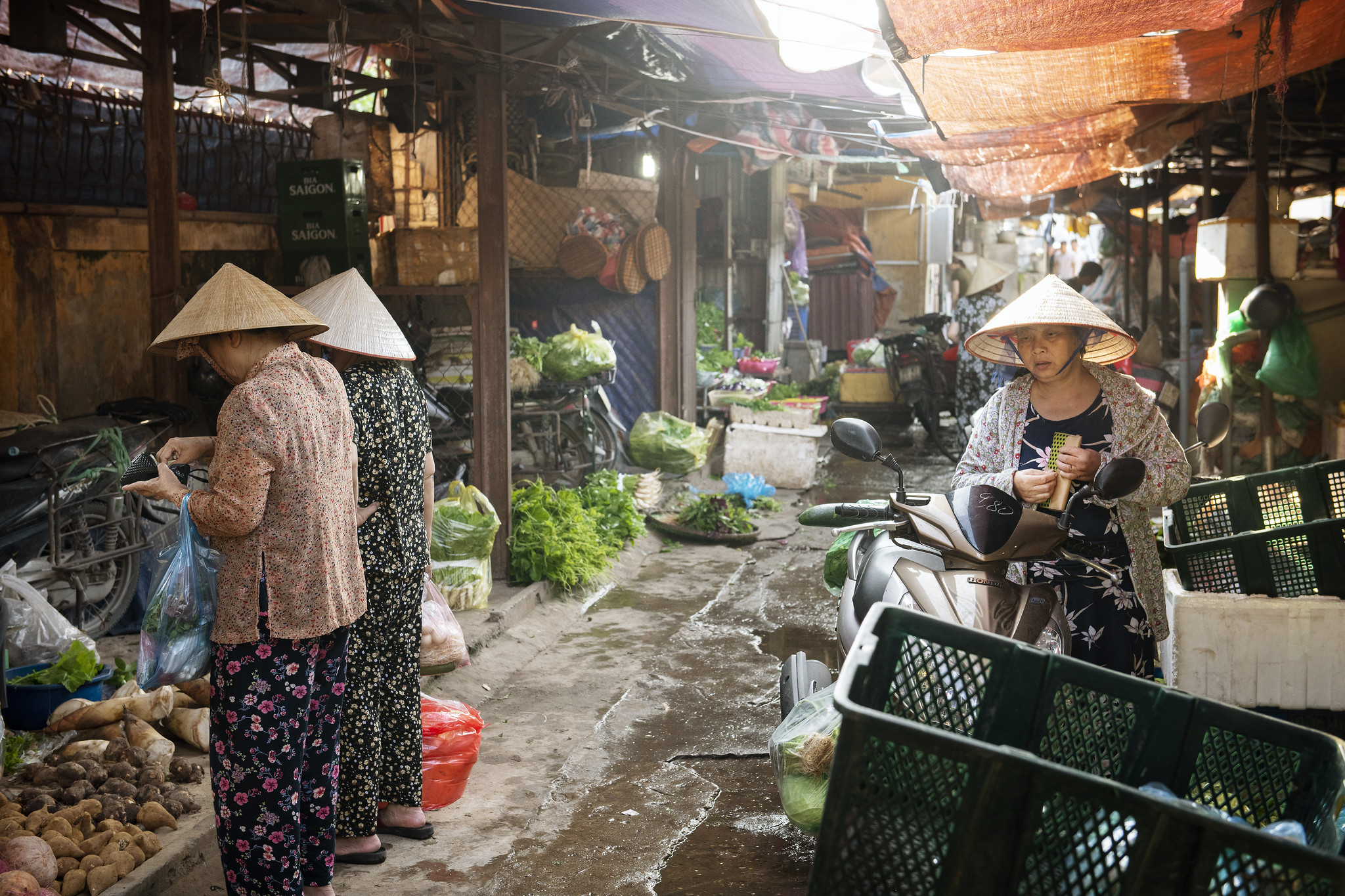
Evaluating impacts: Lessons from food systems interventions across Africa and Asia
Transforming food systems is promising but complex, requiring strong evidence and rigorous evaluations to ensure effective interventions.
-
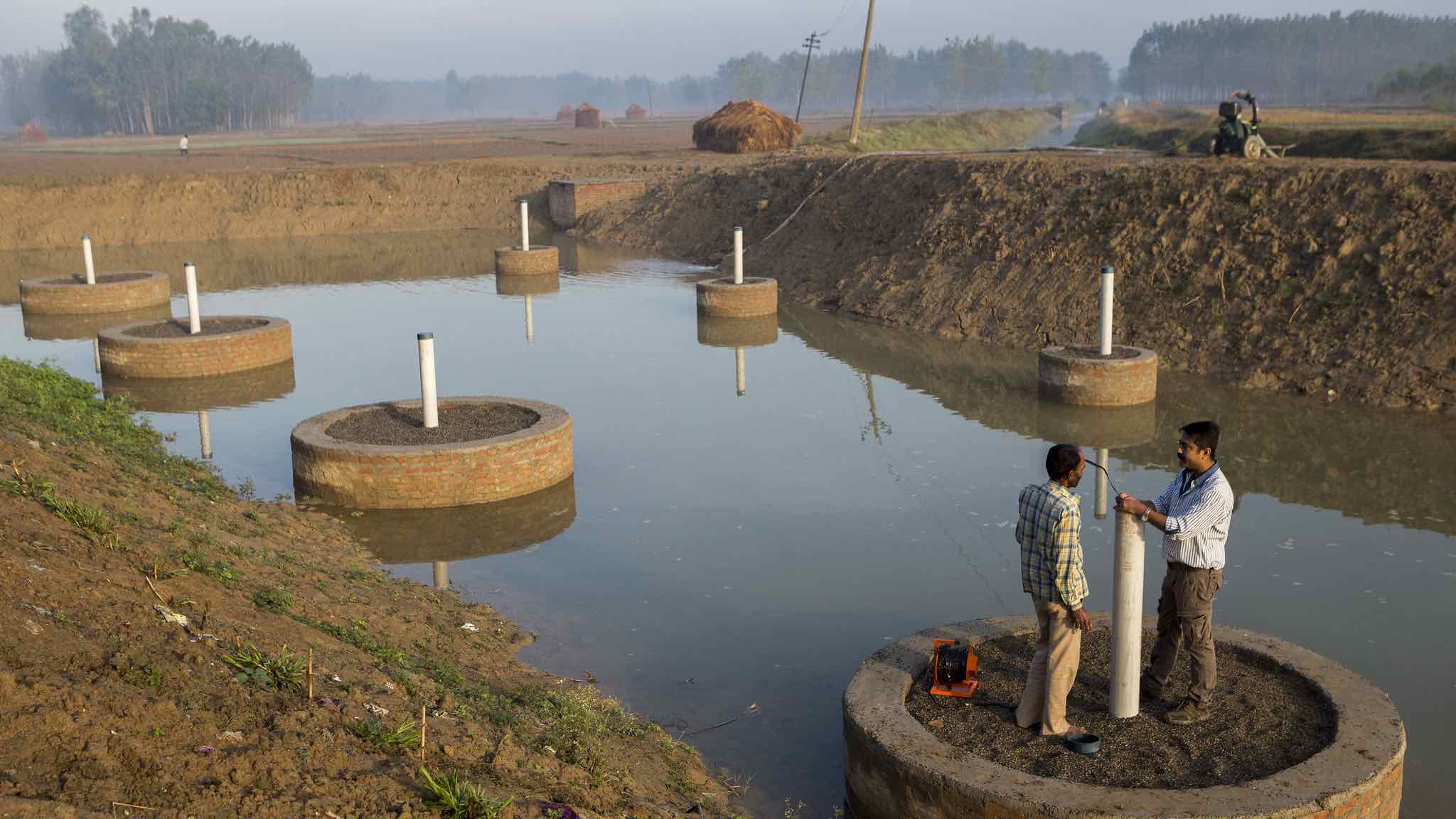
Groundwater conservation and food security: Navigating pathways to sustainable agriculture
Tradeoffs must be carefully managed.
-
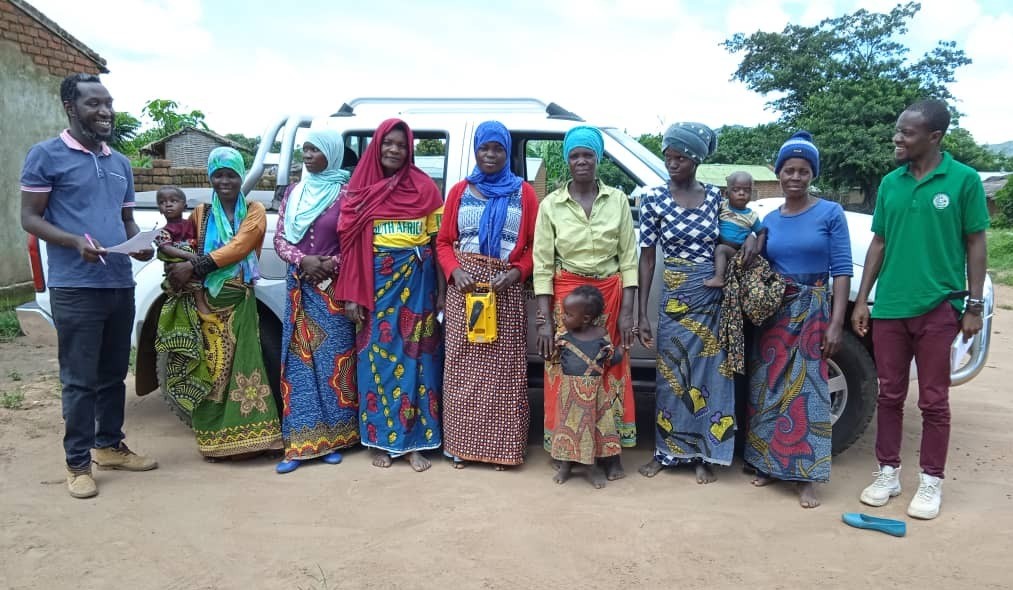
Enhancing farm productivity and rural livelihoods through ICT interventions in Malawi
New opportunities as mobile phone use grows in farming areas.
-

Opportunities and challenges for coffee production in Papua New Guinea’s highlands
Survey insights on production, pests, and marketing.
-
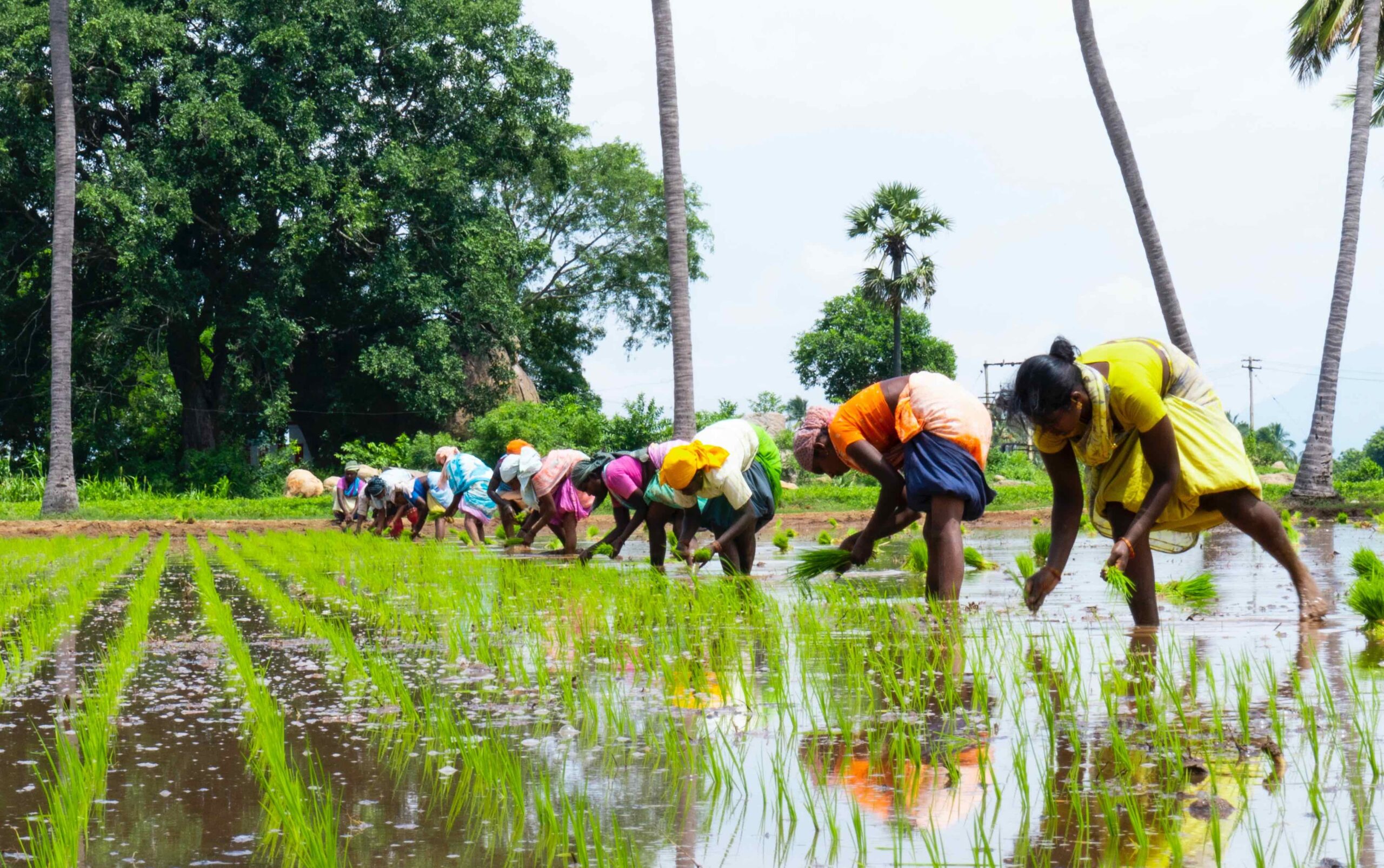
Trade policy and food price volatility: Beggar thy neighbor or beggar thyself?
The downsides of emergency trade measures.
-
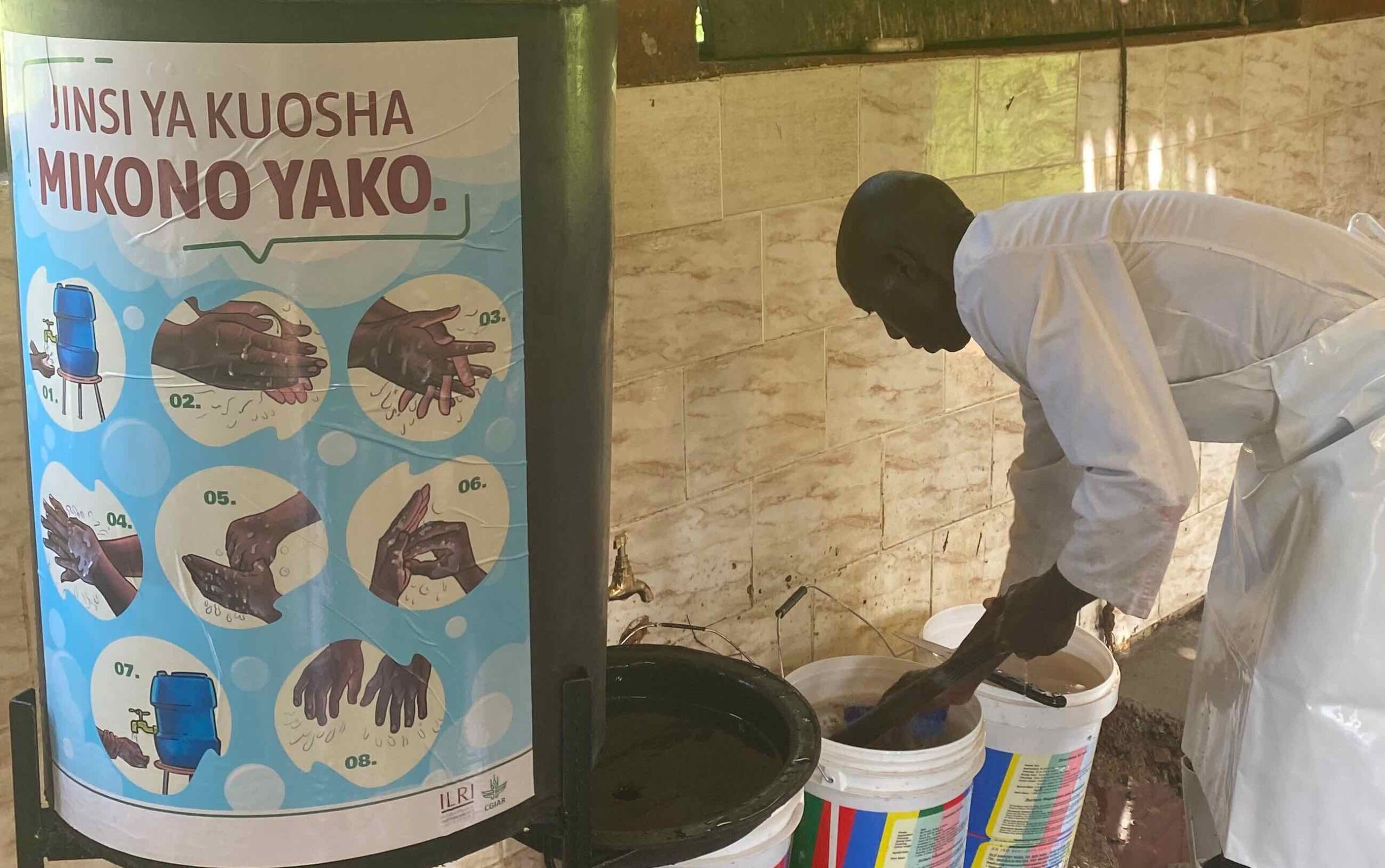
World Food Safety Day 2024: Empowering consumers and small businesses with information
Targeting interventions to benefit public health.
-
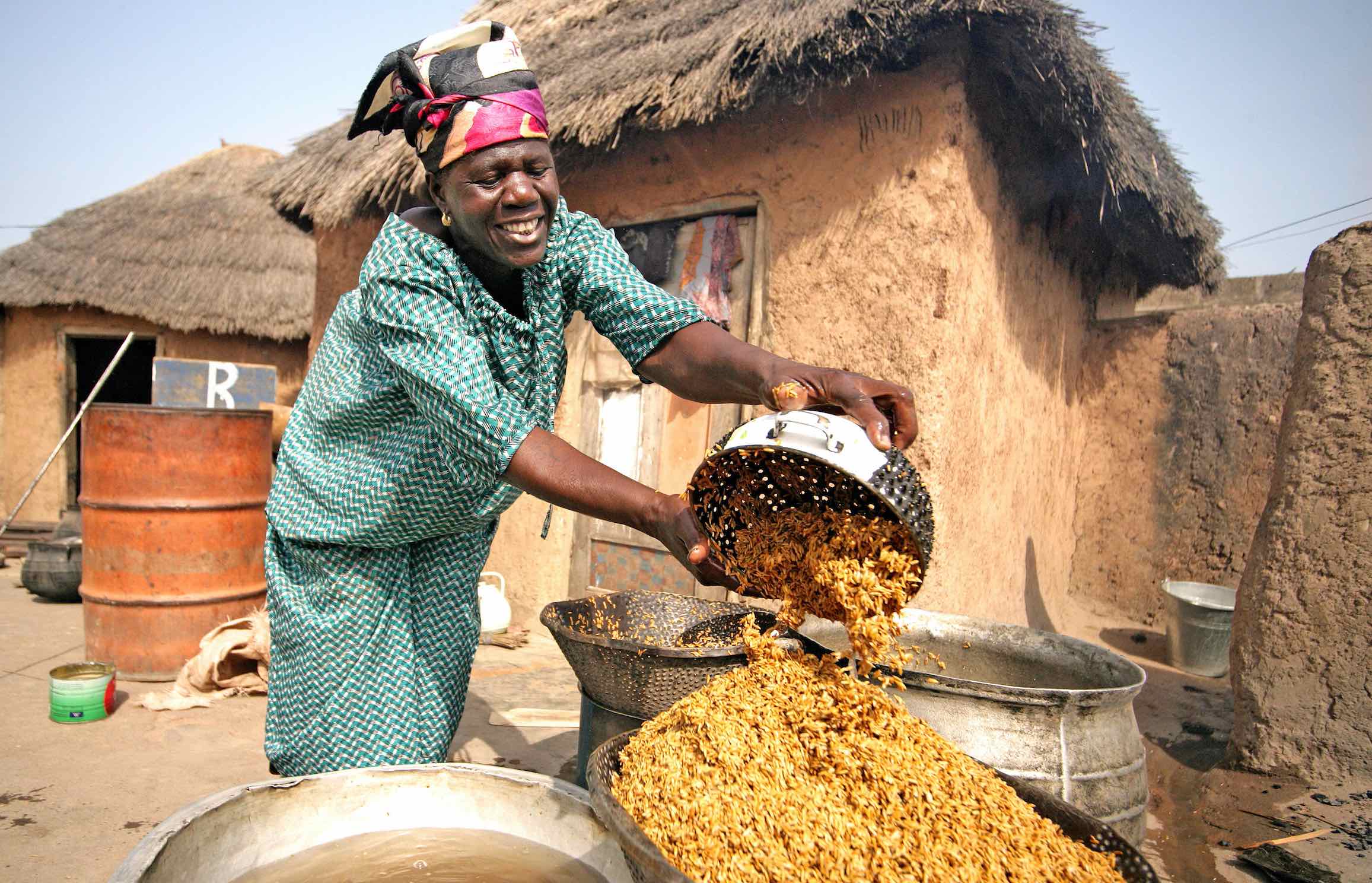
Adapt, assess, progress: Integrating measures of women’s empowerment into rural development projects
A new tool developed by IFPRI and IFAD.
-
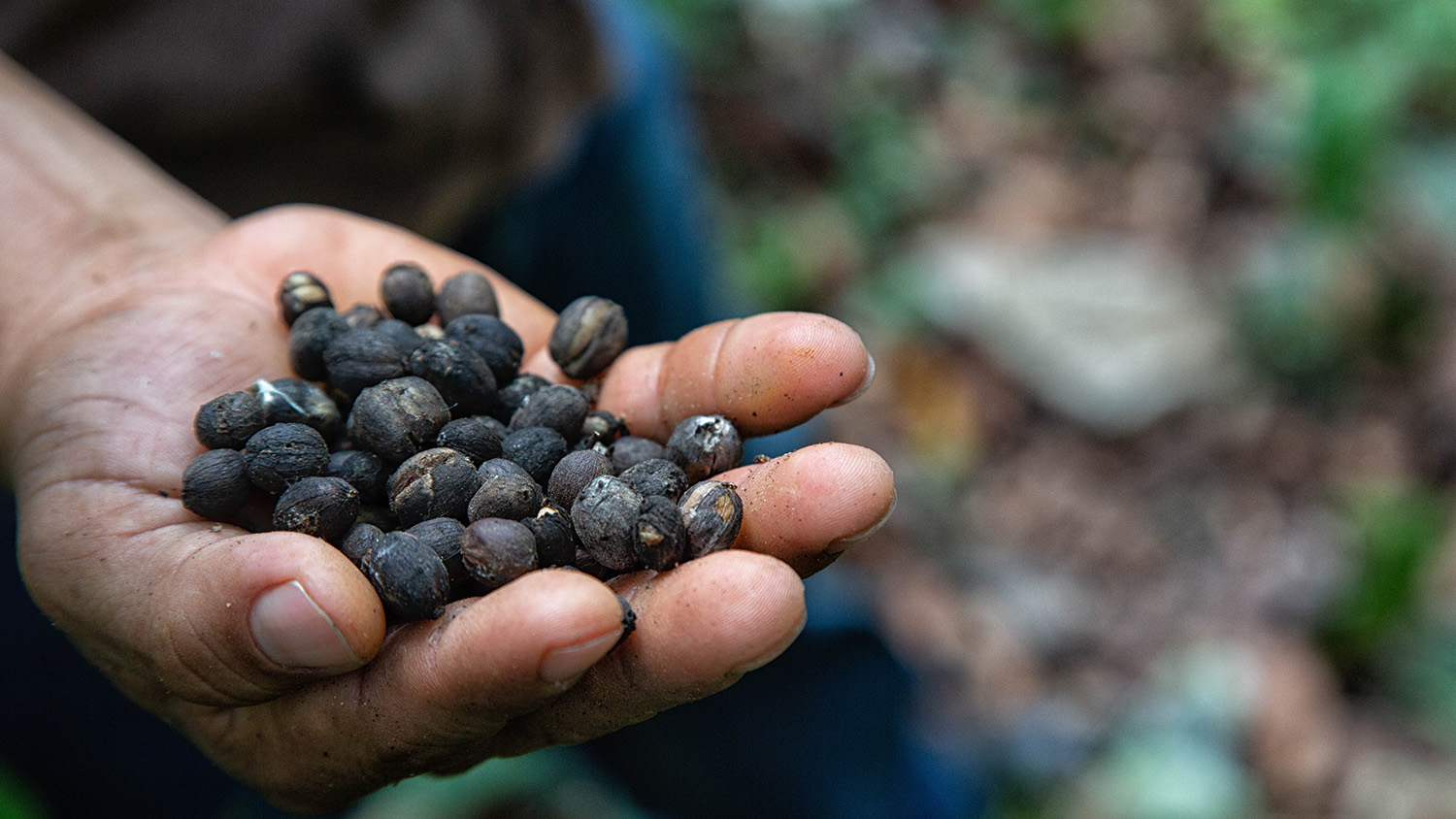
Exploring gender roles and women’s empowerment in the coffee value chain and coffee cooperatives: Evidence from Mexico
Women in rural coffee production face opportunities and obstacles.
-
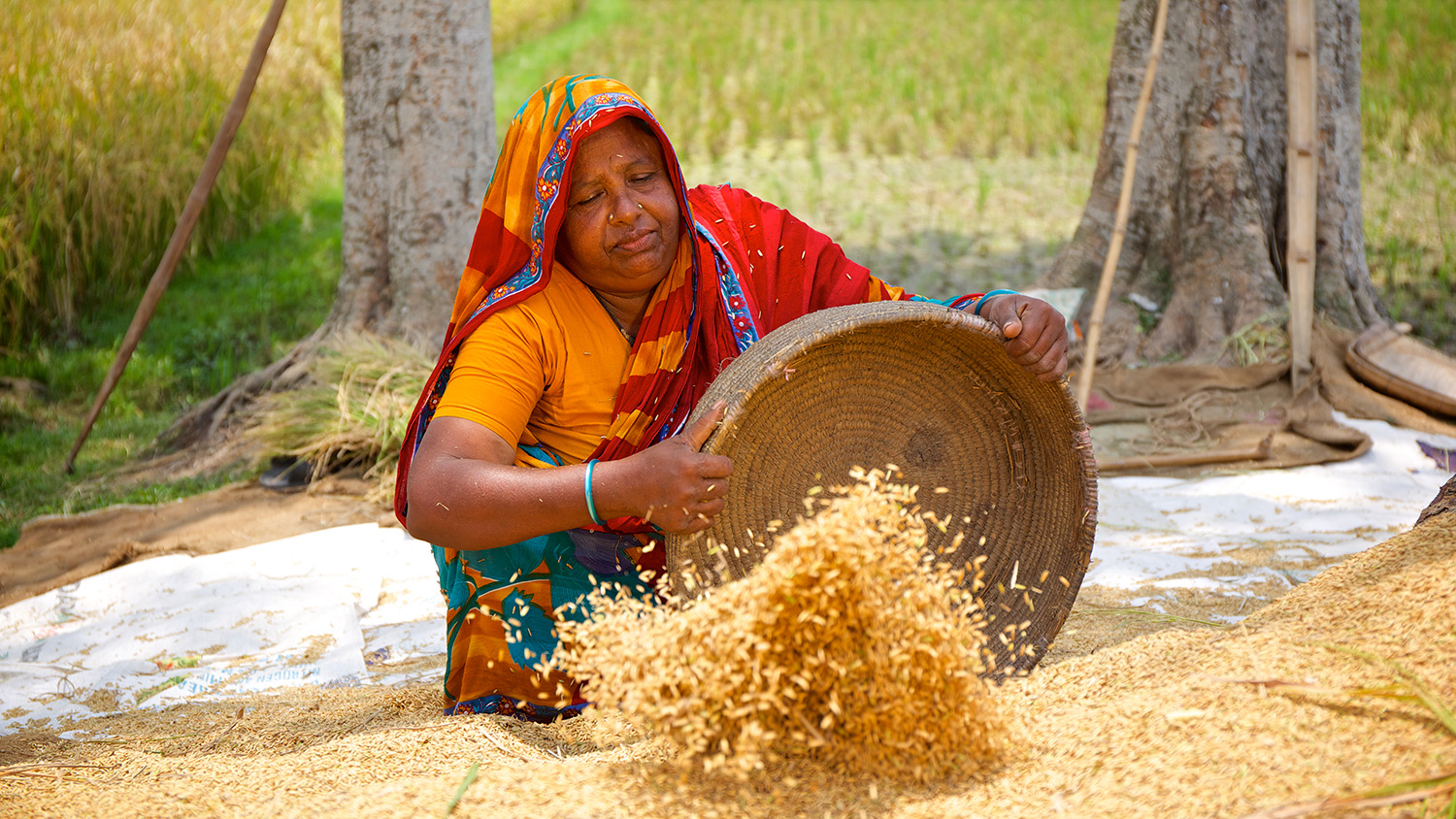
Addressing the global, life-long health impacts of zinc deficiency: A call to action
What an array of studies shows about a key nutritional challenge
-
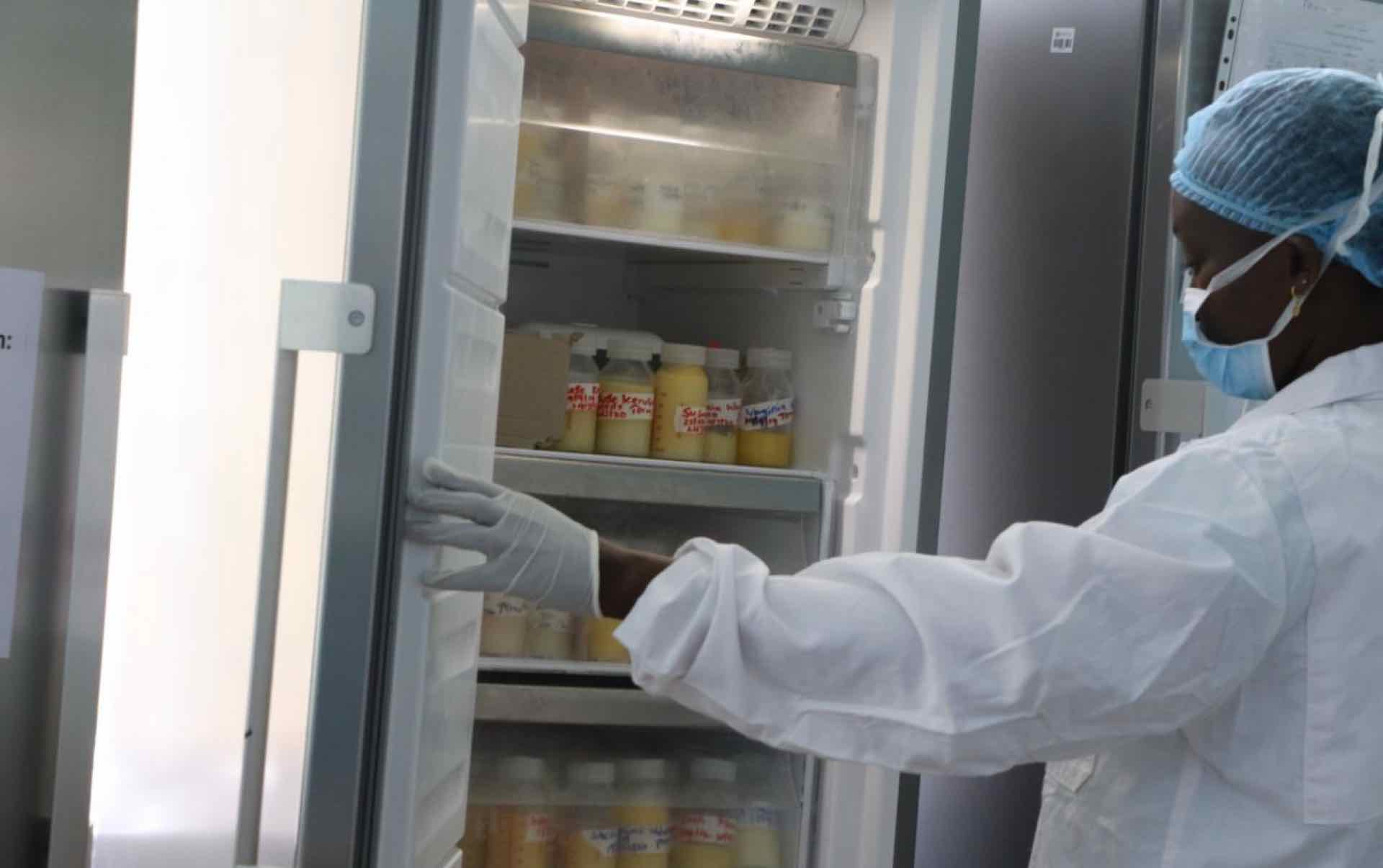
Study: Human milk banks offer a promising option to address sub-Saharan Africa’s staggeringly high neonatal mortality rates
Positive impacts of a program in Kenya.
-
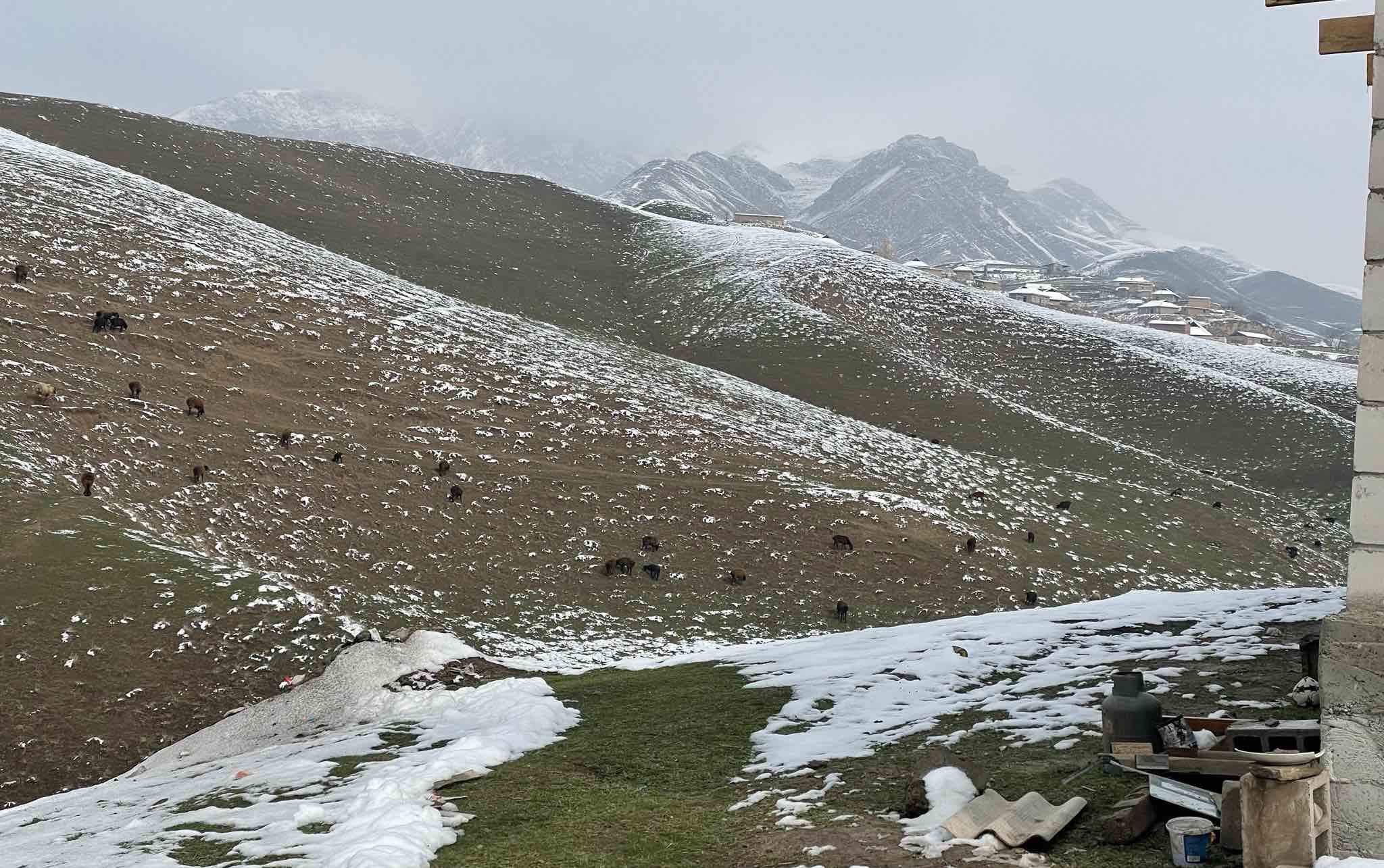
A changing landscape: Plots, crops, infrastructure, and livestock in the Khatlon Province
Evolving practices with potential impacts for nutrition.
-
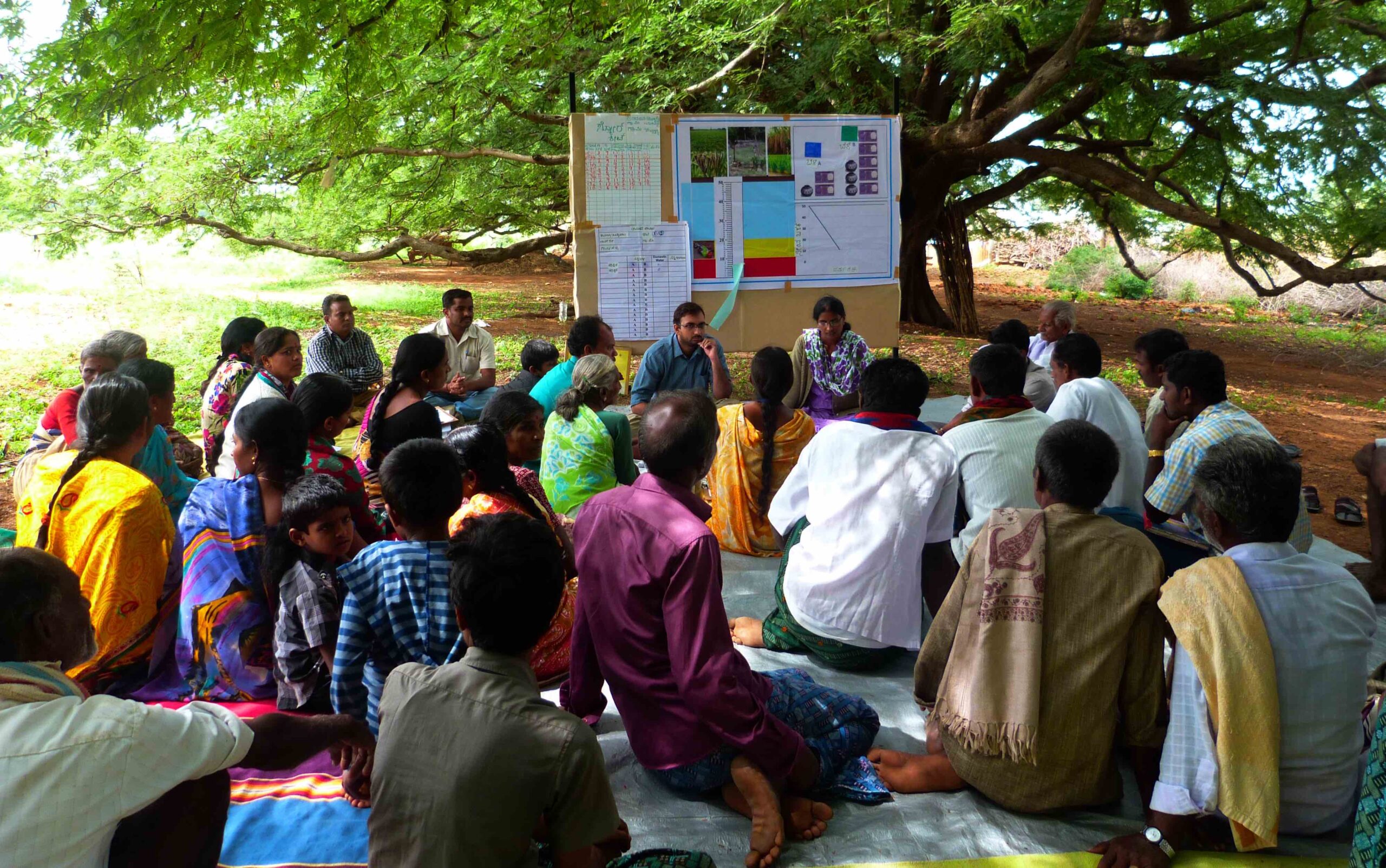
Playing the right game: A decision tree for choosing approaches to strengthen water governance
Fostering cooperative natural resource management.
-
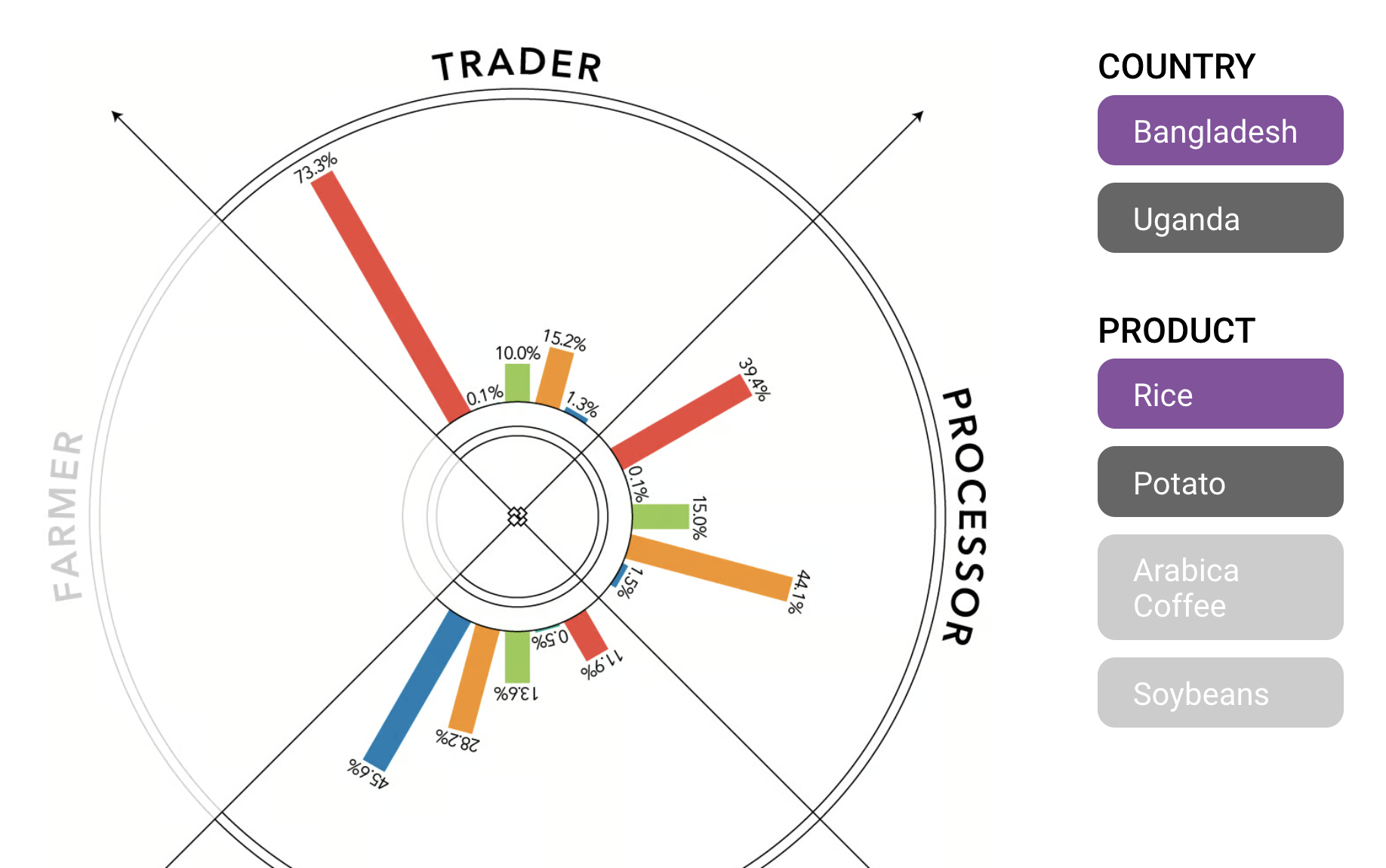
Agrifood Value Chains are Complex Transaction-Linked Networks
Why simplified linear approaches may fall short.
-
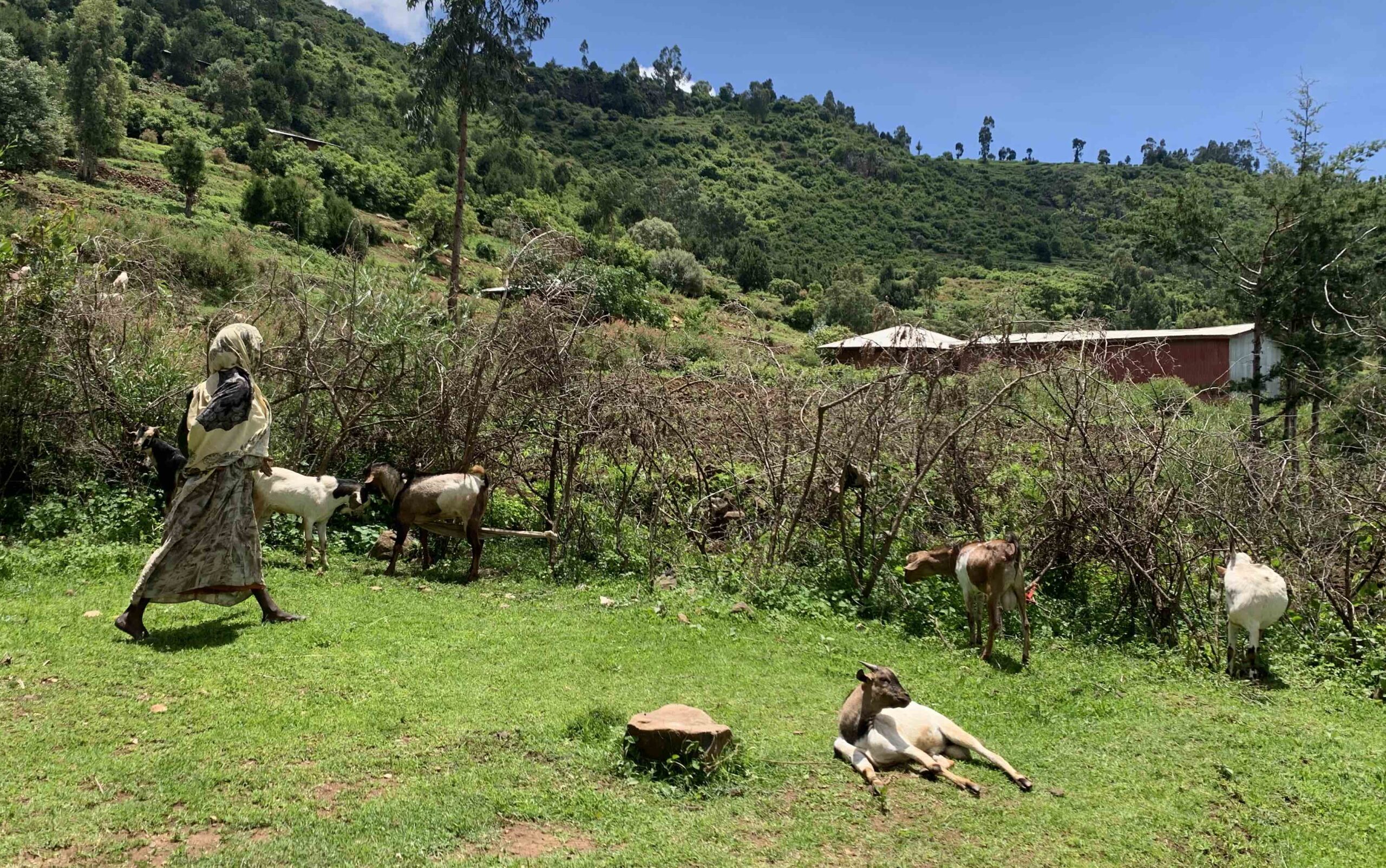
Do ultra-poor graduation programs build resilience against droughts? Evidence from rural Ethiopia
Safety nets can buttress households against climate shocks.
-
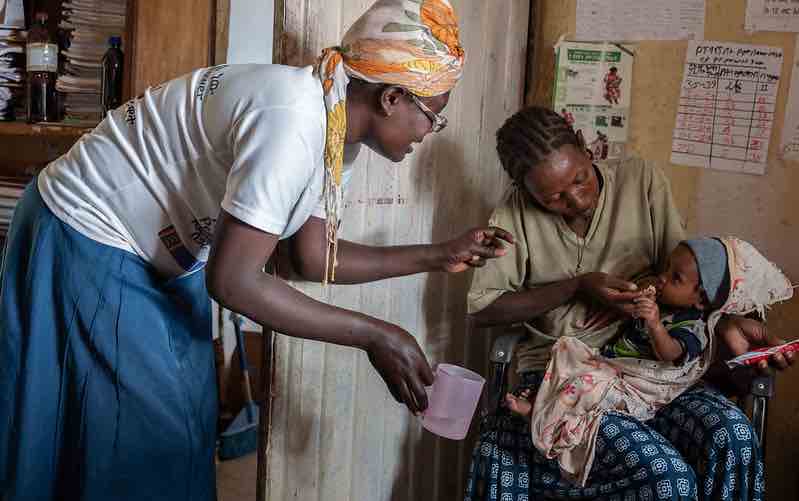
Rising food prices are putting children in harm’s way
New evidence quantifies significant negative health effects.
-

‘C’est la Vie!’: An impact evaluation of a Senegalese edutainment series to influence gender and violence outcomes
Benefits of a TV show’s positive messages.
-

AKADEMIYA2063: A successful case of localization
A major research and policy effort transitions to African leadership.
-
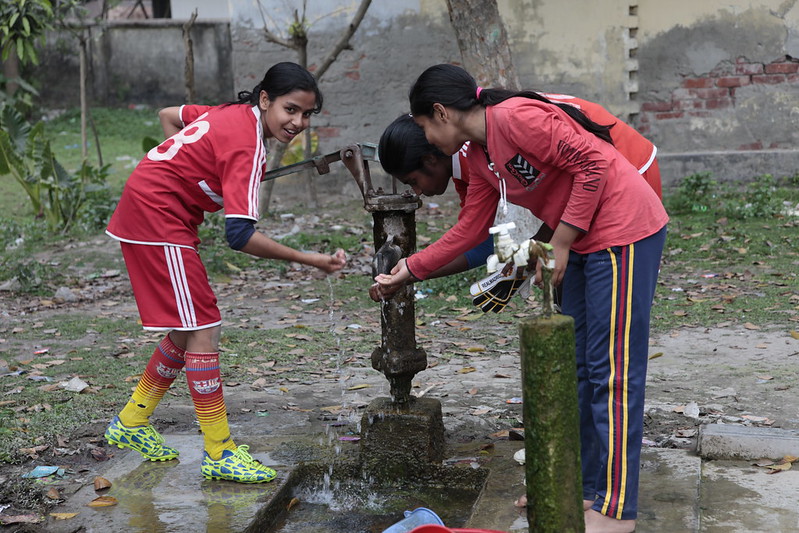
The impact of marriage timing on women’s agency: Evidence from rural Bangladesh
Delay has a range of positive impacts.
-
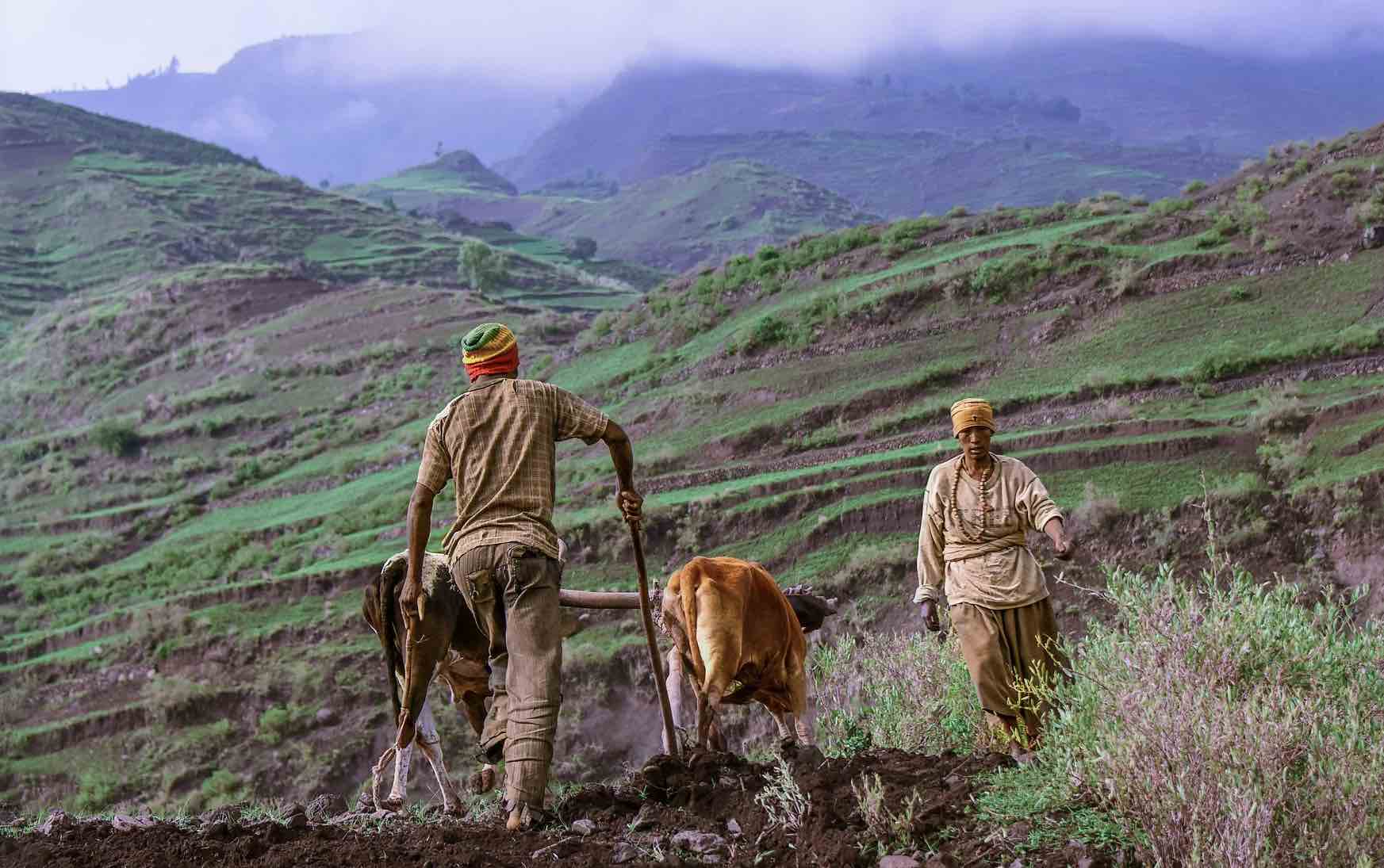
Grappling with compounding crises in domestic fertilizer markets in Africa: The case of Ethiopia
Local effects of global shocks persist.
-
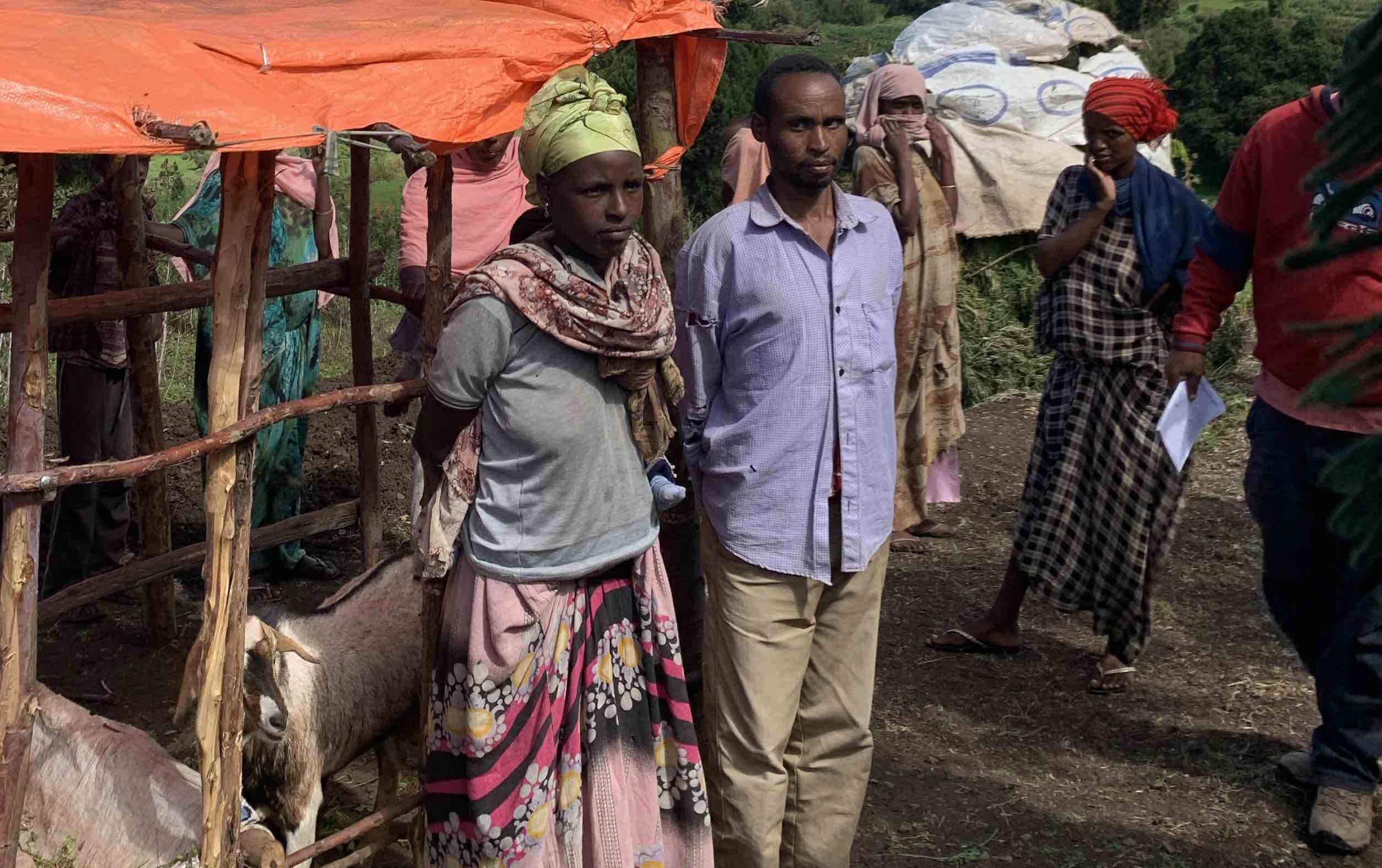
Can a light-touch graduation model address persistent poverty? Evidence from Ethiopia
Impacts of a large-scale approach.
-
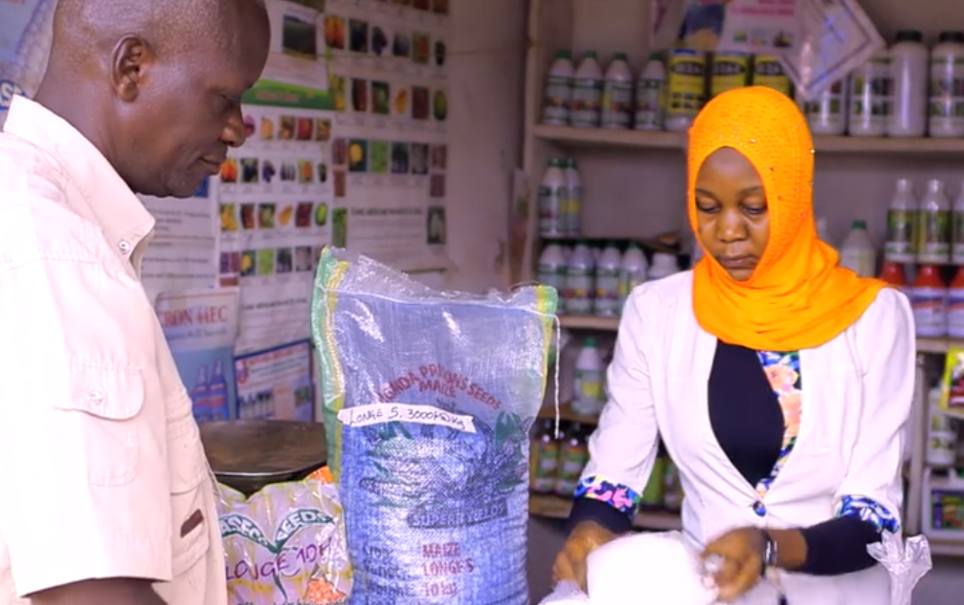
Gender bias in bargaining: Lessons from haggling over the price of seed in rural Uganda
An experiment shows women face disadvantages.
-
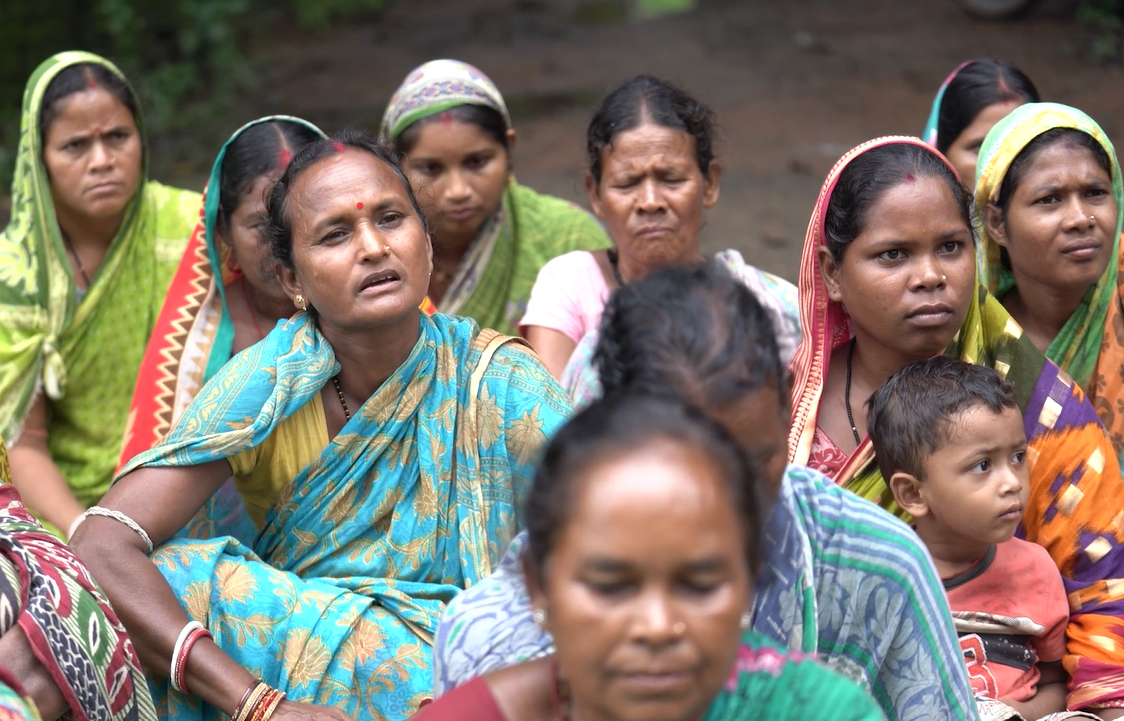
Inspirational filmmaking to raise women’s voice and agency in the construction of assets for climate resilience in India
Compelling personal stories as a learning and motivational tool.
-
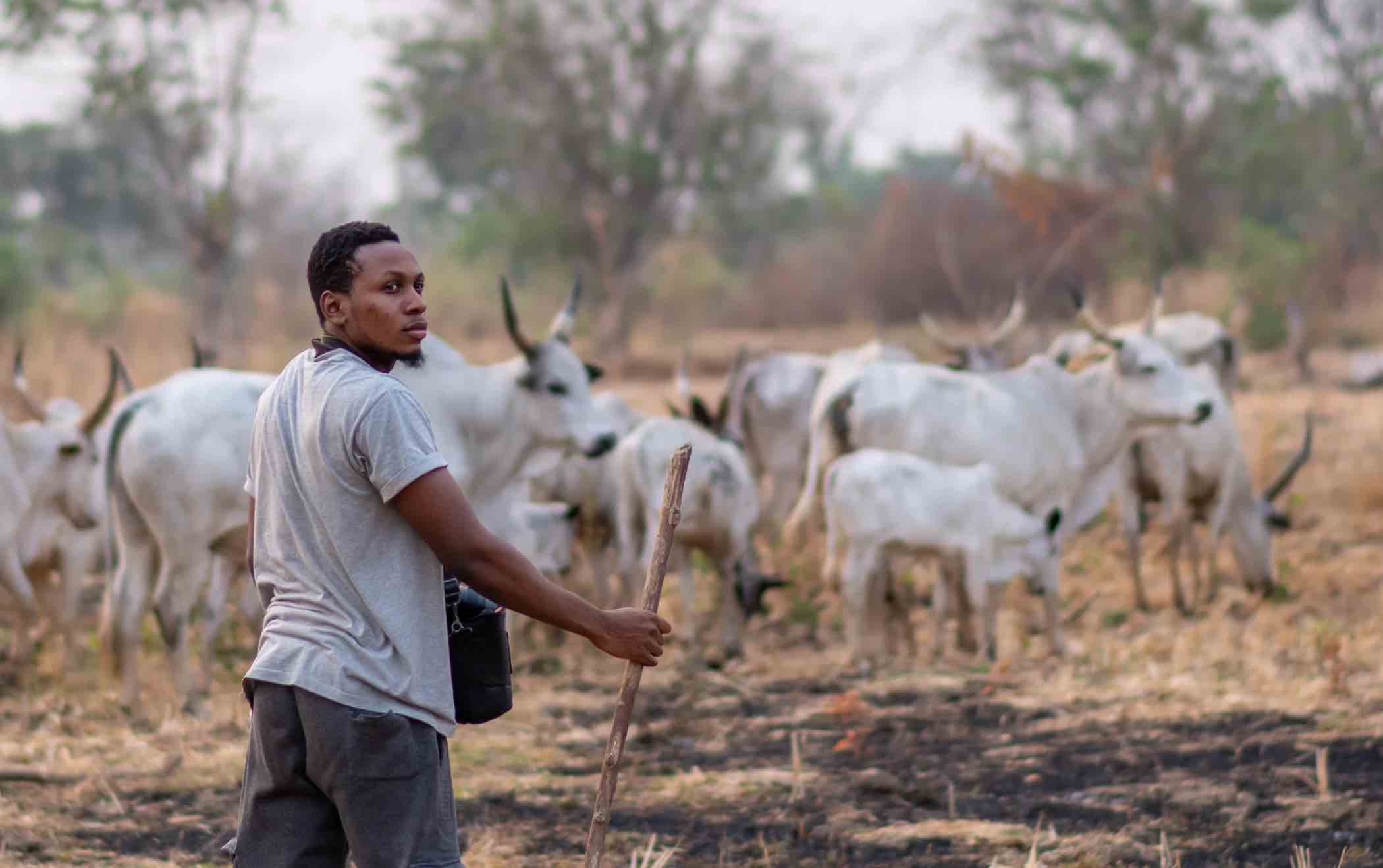
Developing Local Extension Capacity (DLEC) project: Finding more effective ways to deliver vital information and innovation to farmers
Helping smallholders tap new technologies.
-
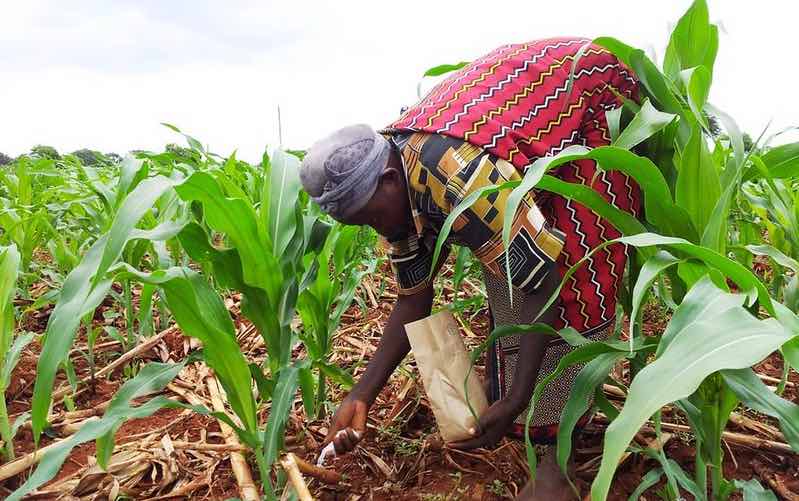
How is Kenya’s National Fertilizer Subsidy Program working?
Complex challenges for farmers amid a continuing food crisis.
-
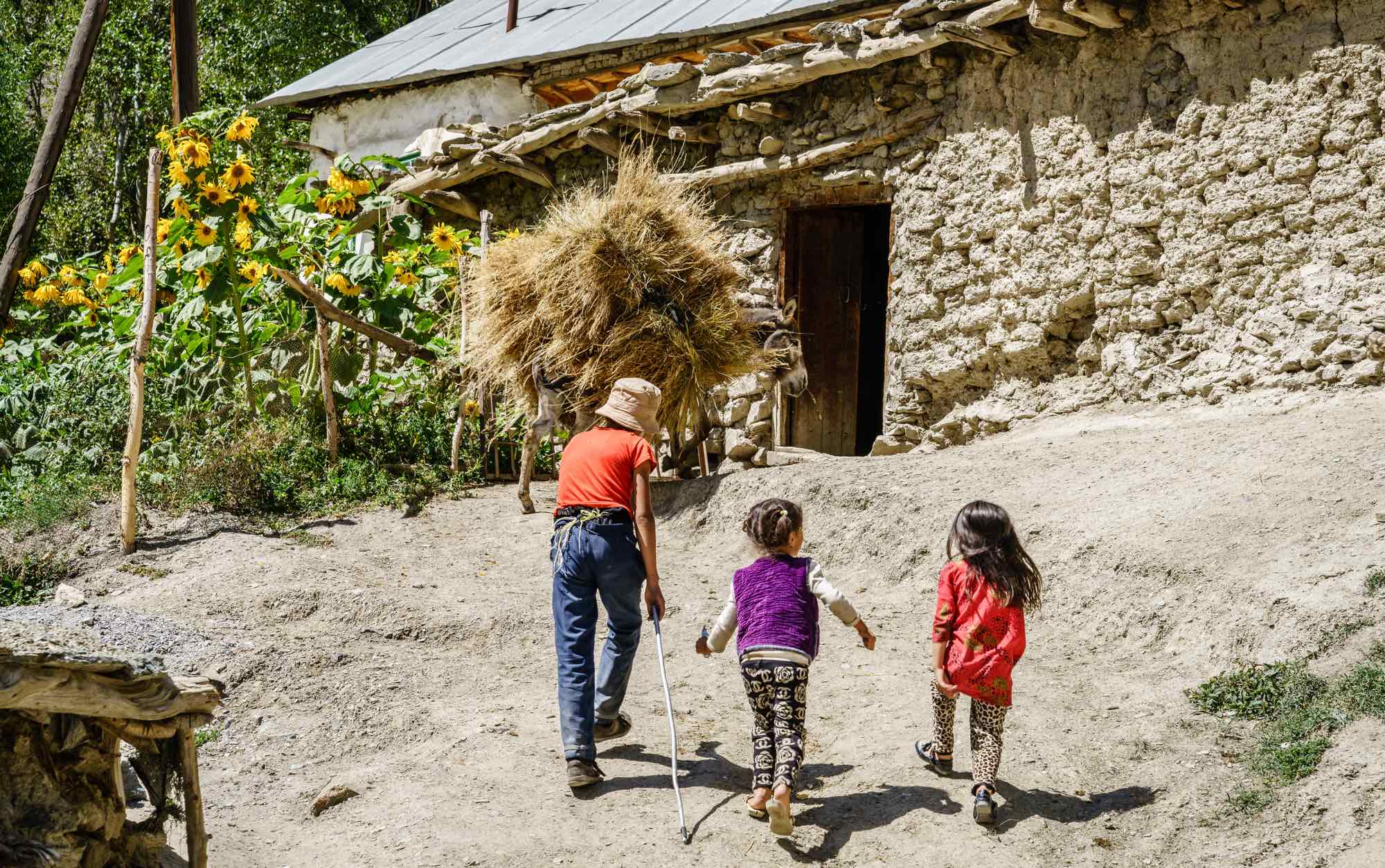
On the right track but not there yet: From poverty reduction to prosperity in Khatlon Province, Tajikistan
Local impacts of a national development strategy.
-

Sudan’s ongoing conflict disrupts agrifood processing and aggravates unemployment
Food system impacts of war,
-
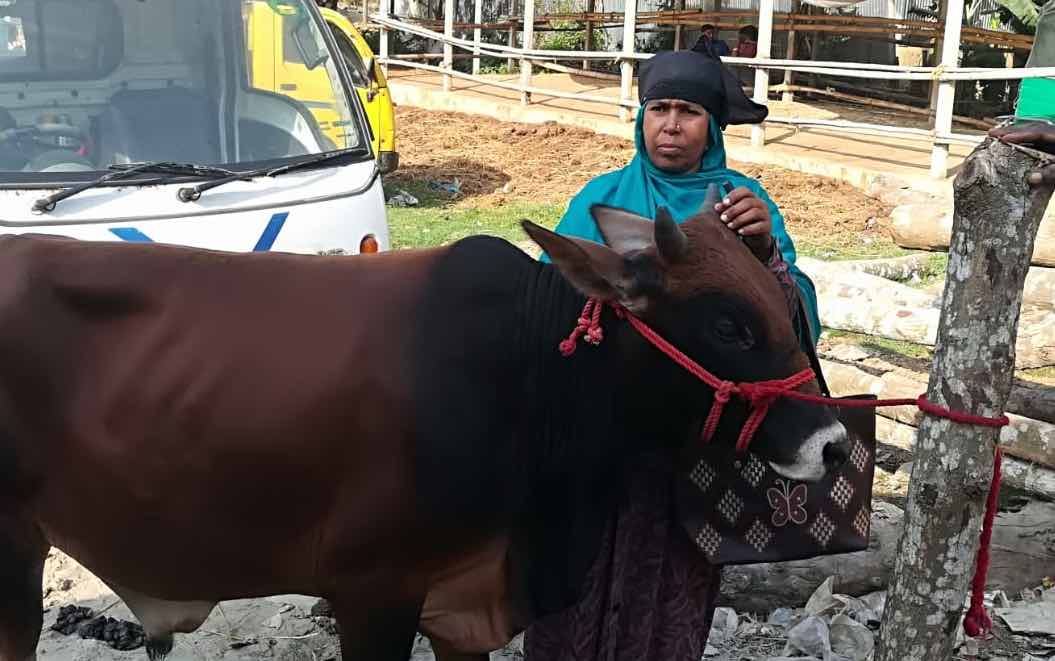
Bridging the smallholder finance gap: Collaborative research with WeGro in Bangladesh
Helping farmers purchase and sell livestock.
-
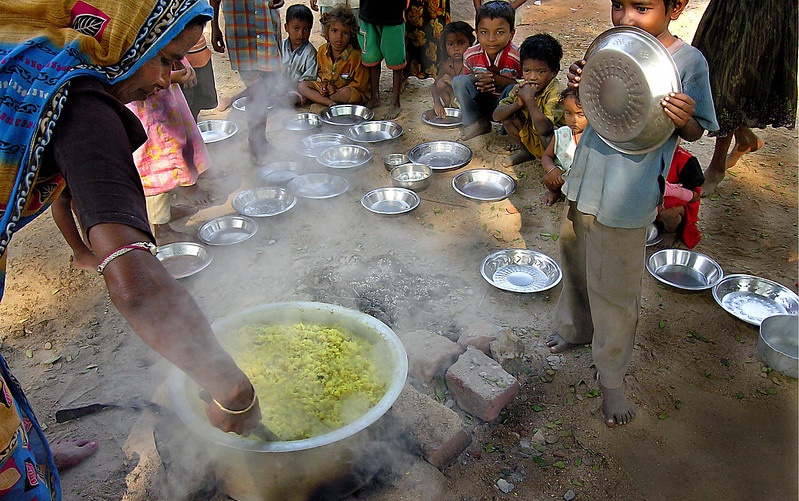
Unlocking opportunities for planet-friendly school meals
Balancing nutrition and climate.
-
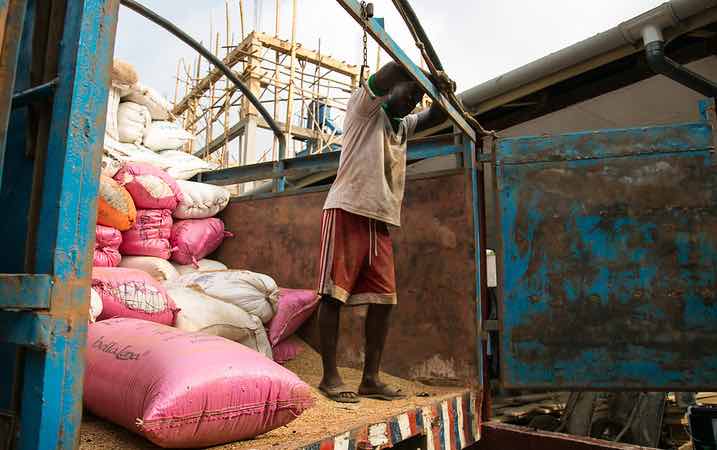
A new rapid assessment tool for food security risks posed by global price shocks
Introducing the Food Import Vulnerability Index (FIVI).
-
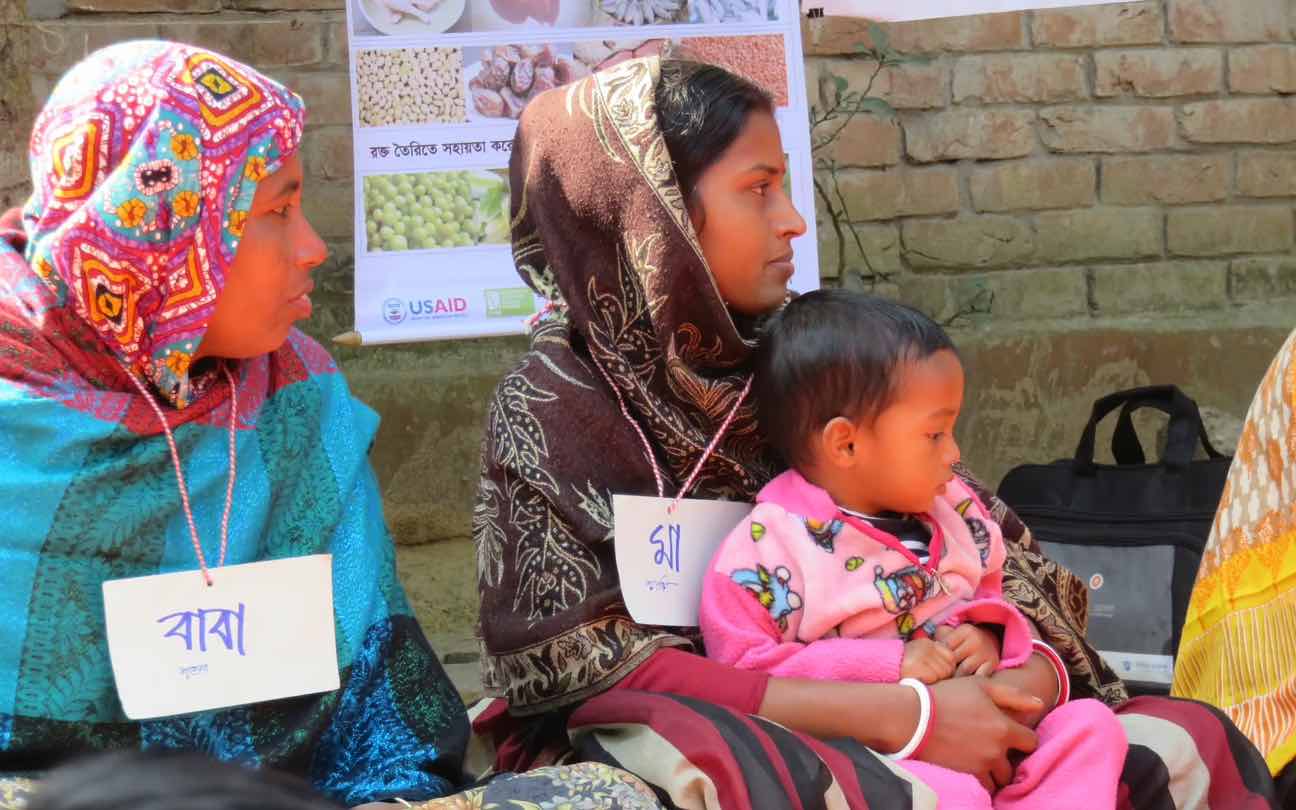
Informing policies with causal impact evaluations: Co-creation and trust matter
IFPRI assessments provide key information for policymakers.
-
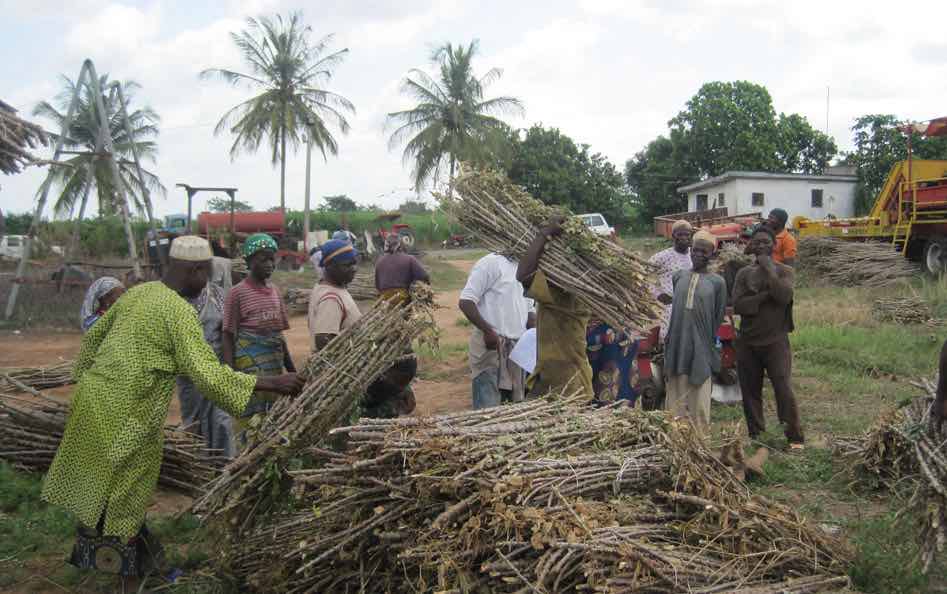
Can we trust AI to generate agricultural extension advisories?
A chatbot experiment.
-

Model: Sudan’s ongoing conflict could reduce economic output by half and push 1.8 million into poverty
Impacts of an unfolding humanitarian emergency.
-
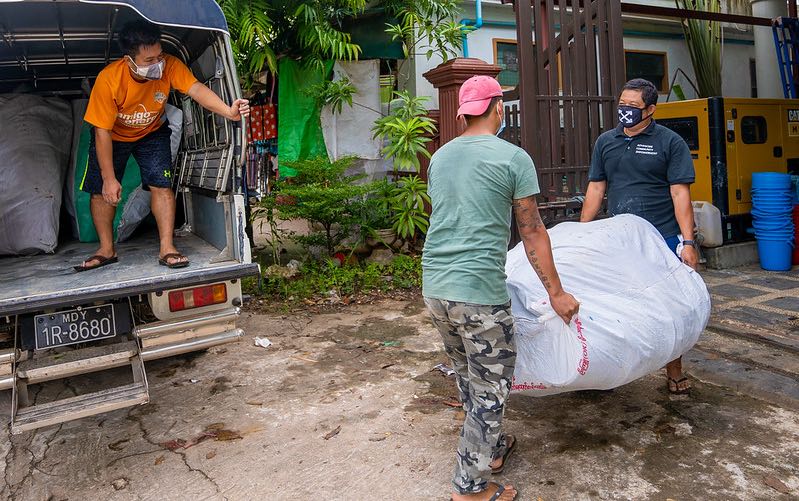
COVID-19 in South Asia: Lessons from a time of upheaval
How food systems fared amid disruption.
-
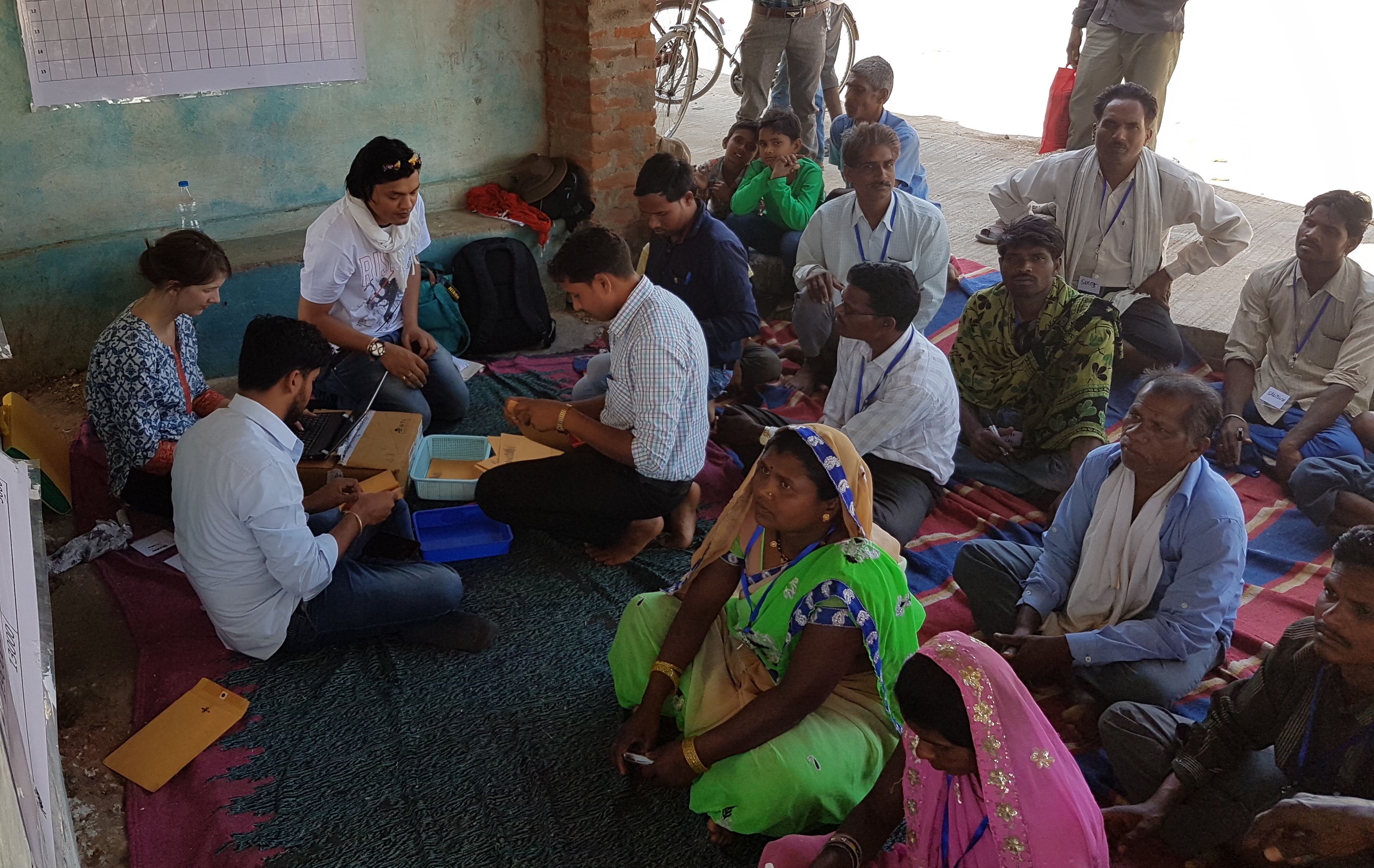
Changing the game: Experiential learning for triggering large scale change towards sustainable water management in India
Fostering cooperative local governance.
-
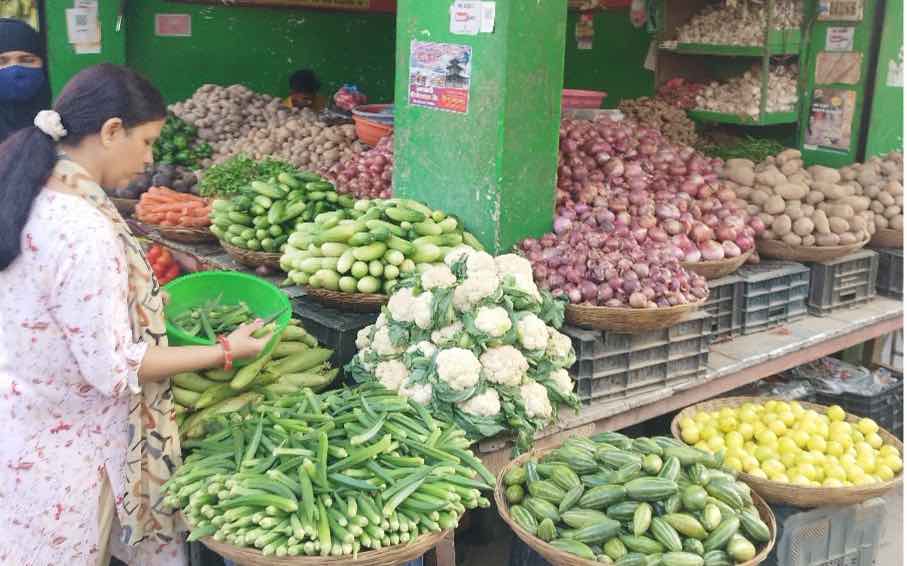
Informal trade in agricultural commodities along the Nepal-India border
New customs duties reverberate in communities.
-

The most effective approaches to reduce intimate partner violence: What the evidence shows
A meta-analysis shows that broadly, IPV programs work.
-
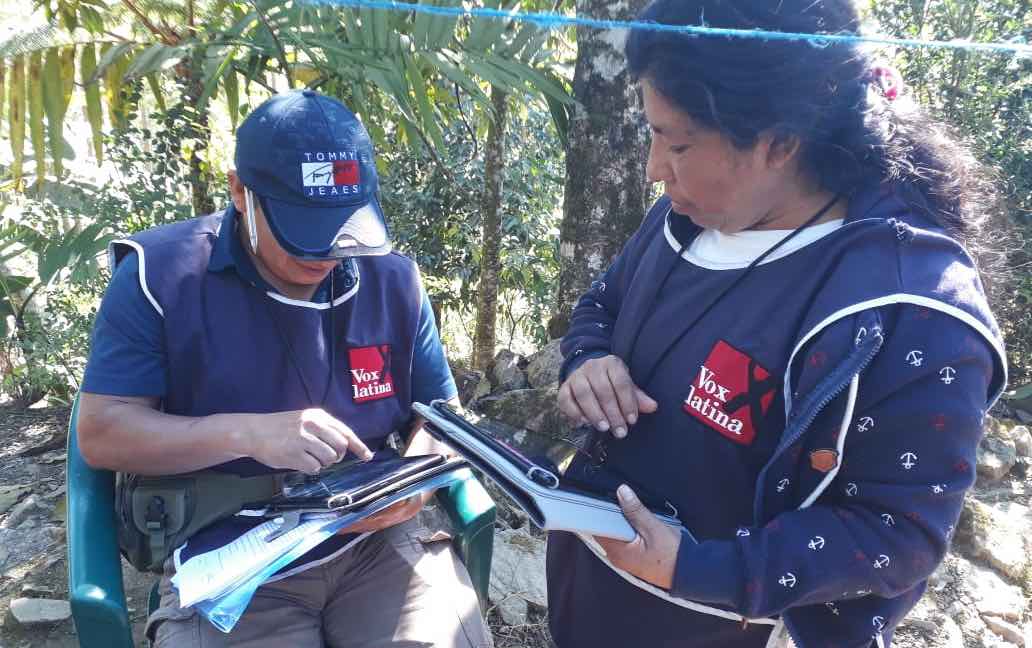
Introducing the Women’s Empowerment Metric for National Statistical Systems (WEMNS)
A new tool to address the gender data gap in agricultural development.
-
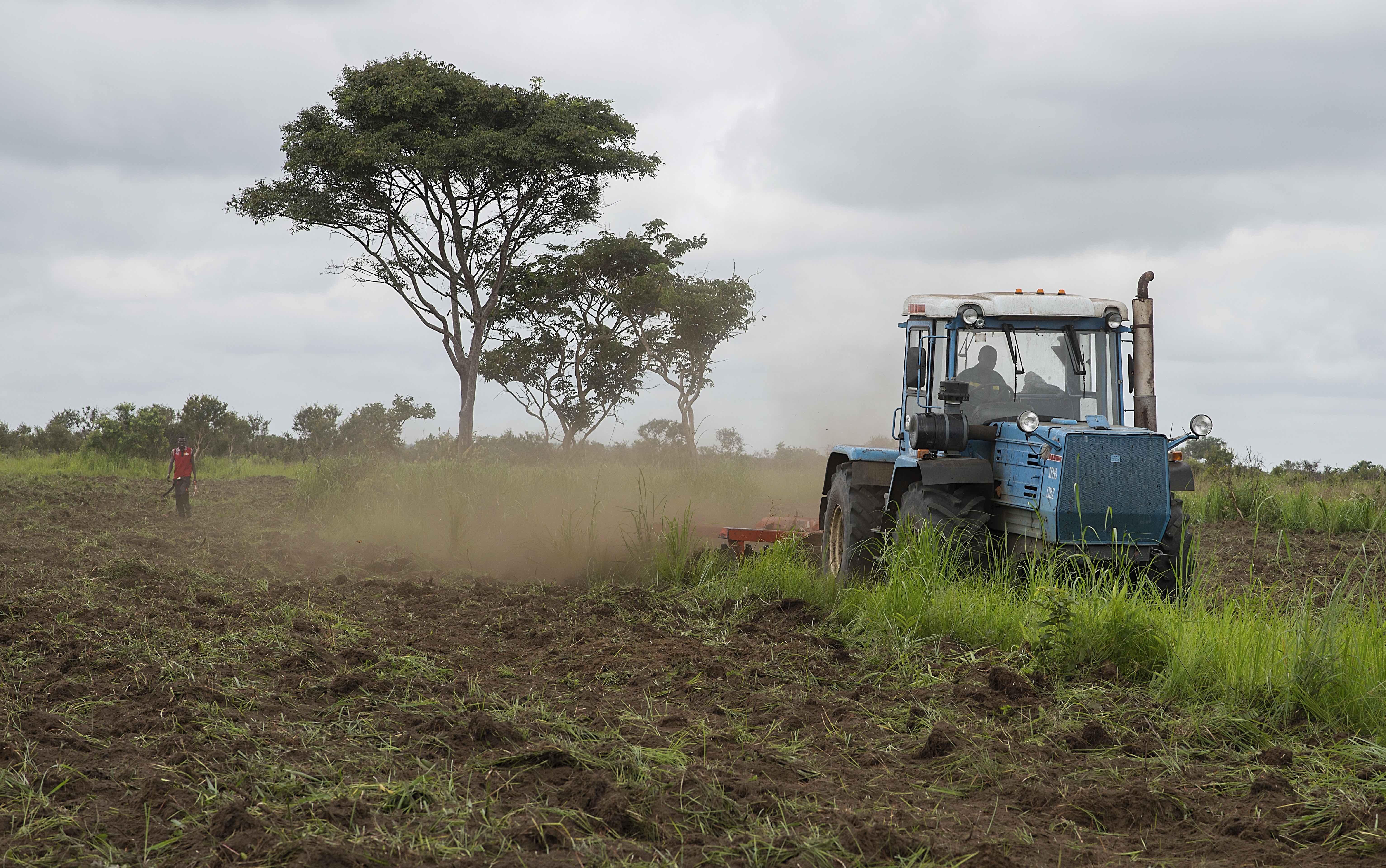
How does promoting modern seed varieties impact forest conservation?
A study shows changed patterns of deforesation.
-

Why climate change is a greater threat to tropical rainforests than cropland expansion
Growing and underappreciated risks.
-
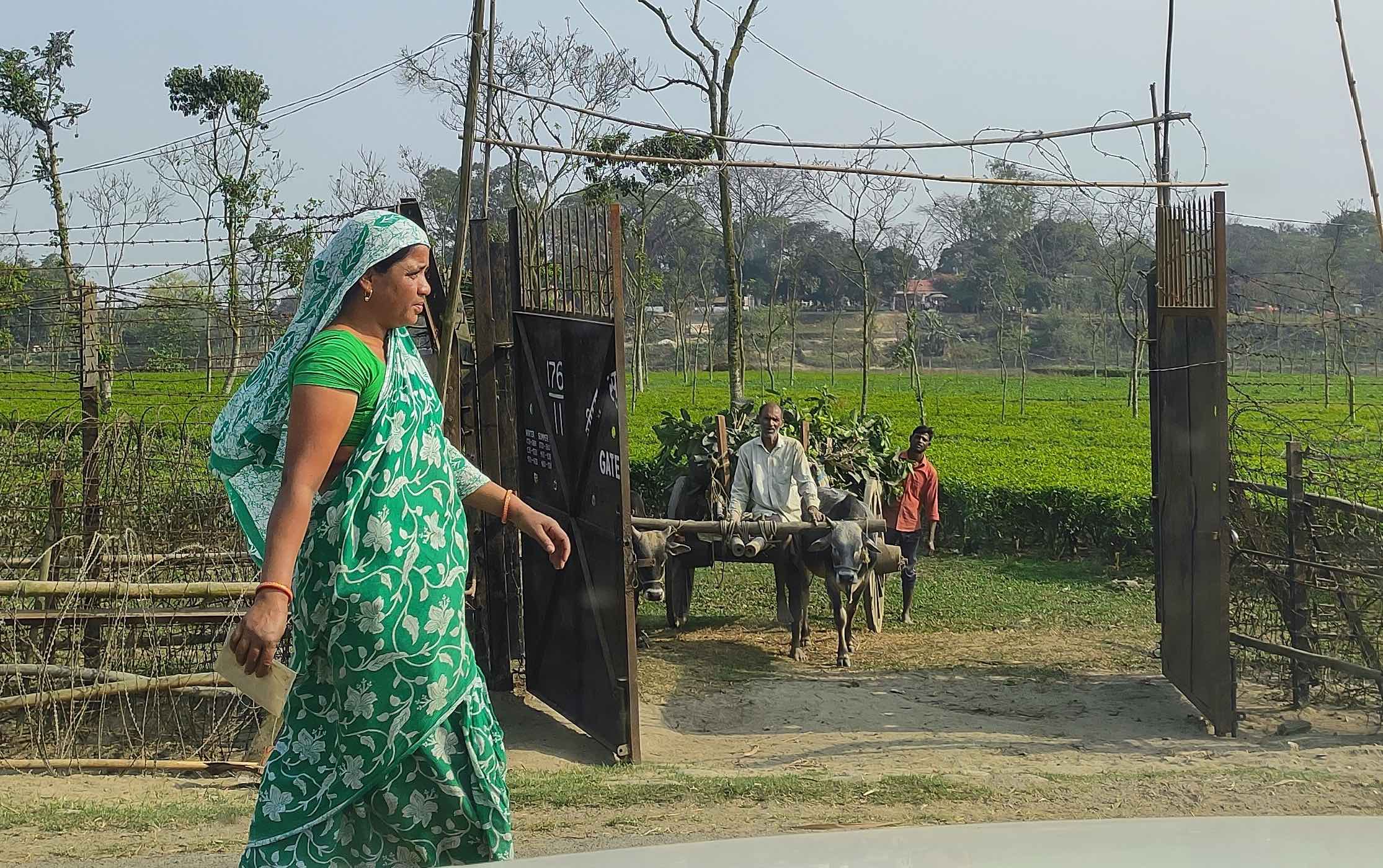
Informal trade: Insights from Phansidewa at the India-Bangladesh border
Documenting a shifting landscape of commerce.
-
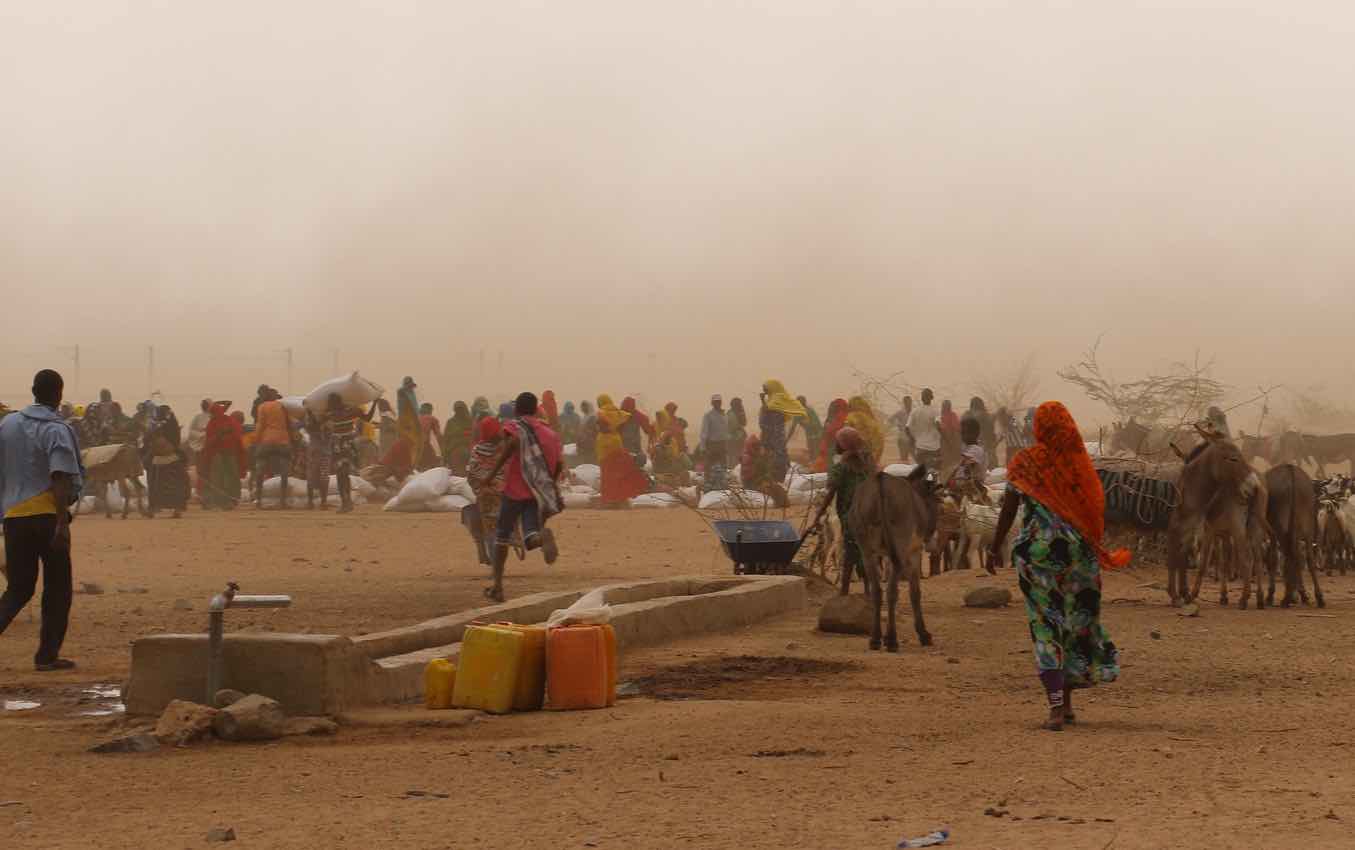
CGIAR joins forces with WFP and Norad to enhance climate resilience and food security in sub-Saharan Africa
A new project focuses on building resilience.
-
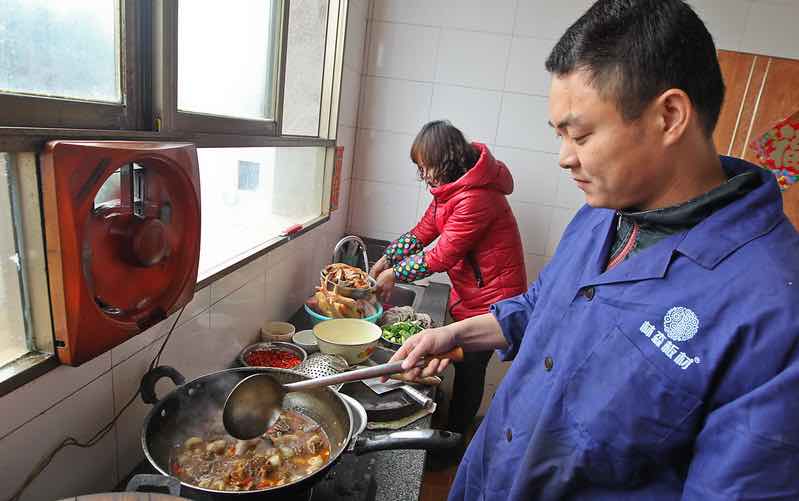
Insights into addressing undernutrition from China’s water, sanitation, and energy investments
Links between infrastructure and improved nutrition and health.
-
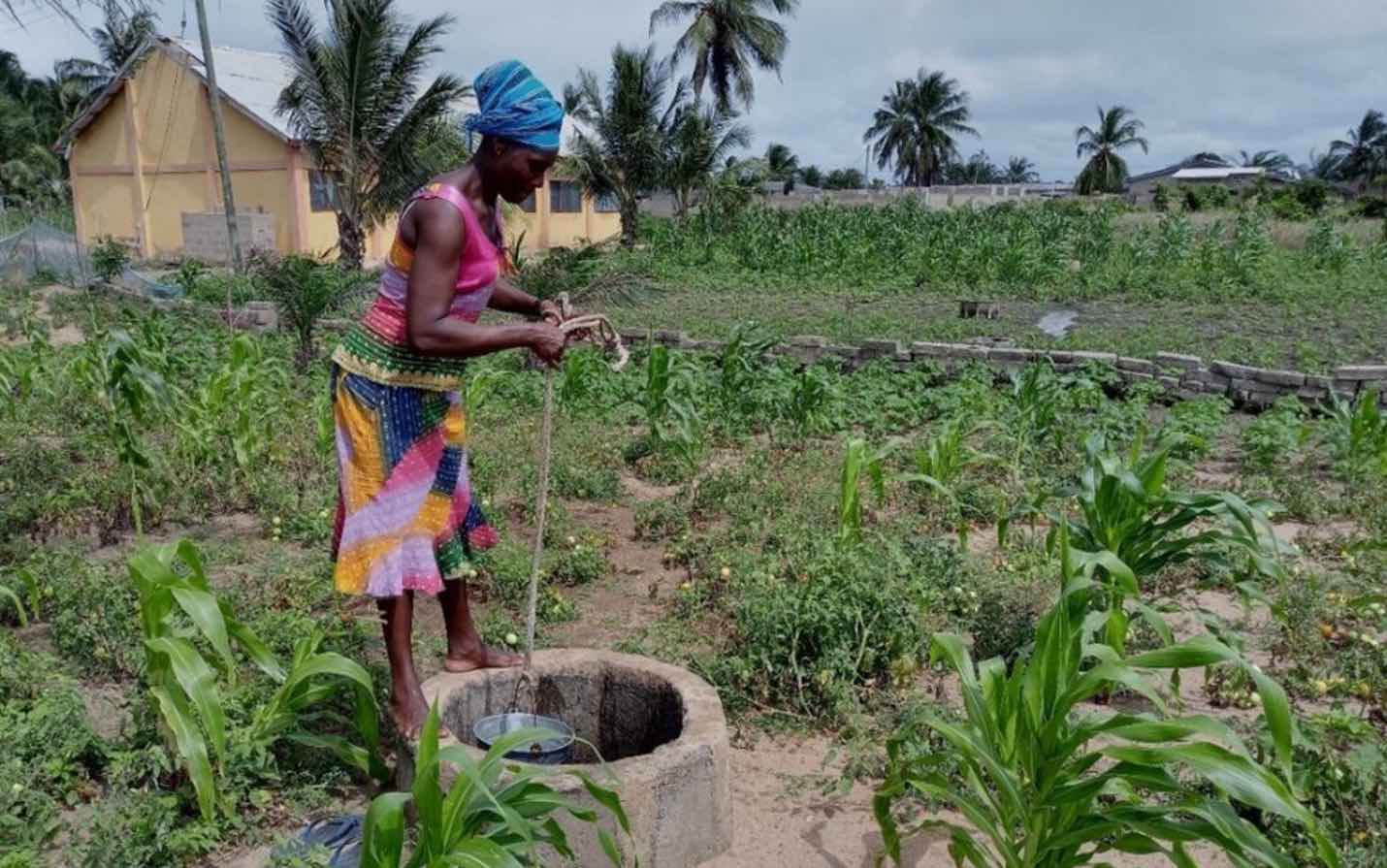
Enhancing groundwater governance through experimental games in Ghana
Developing the tools of resource management.
-

Is Ethiopia missing a golden opportunity for addressing hidden hunger? The opportunities and challenges of biofortification
A promising approach to micronutrient deficiencies.
-
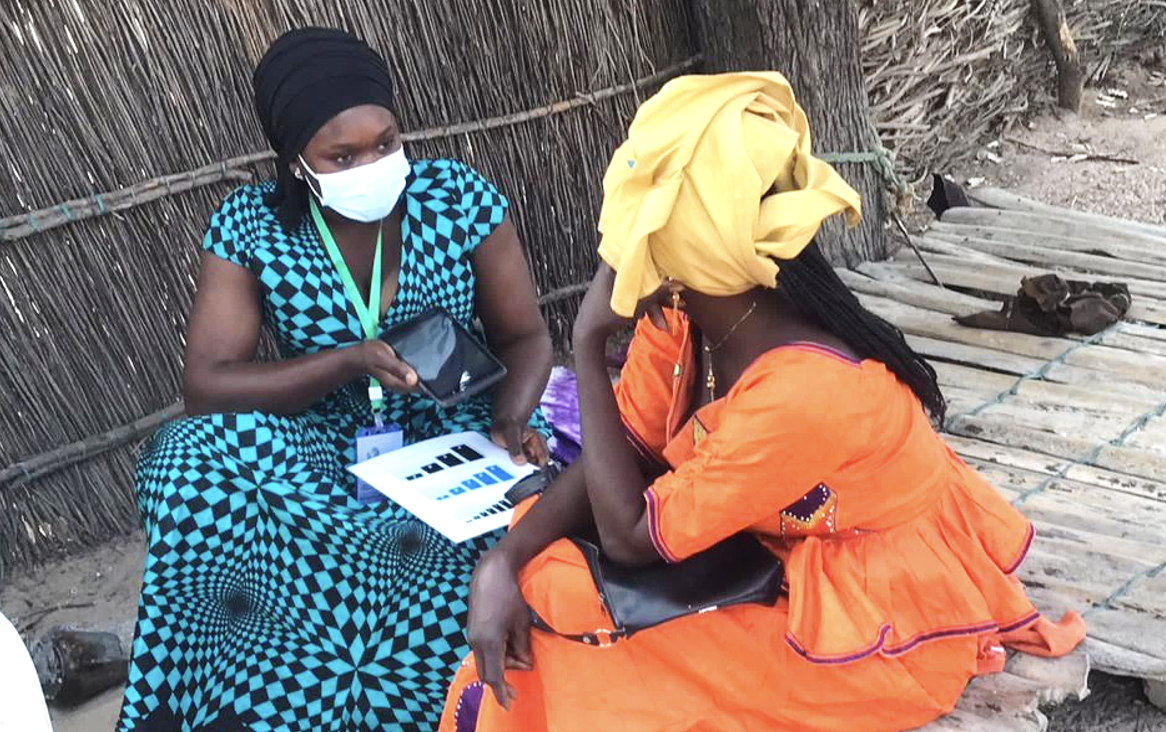
‘Dirty laundry is washed at home’: Increasing disclosure of violence against women and girls through self-administered surveys
Potential limits of in-person interviews.
-

“Le linge sale se lave à la maison” : Encourager davantage la divulgation des violences faites aux femmes et aux filles en utilisant des enquêtes auto-administrées
Potential limits of in-person interviews.
-
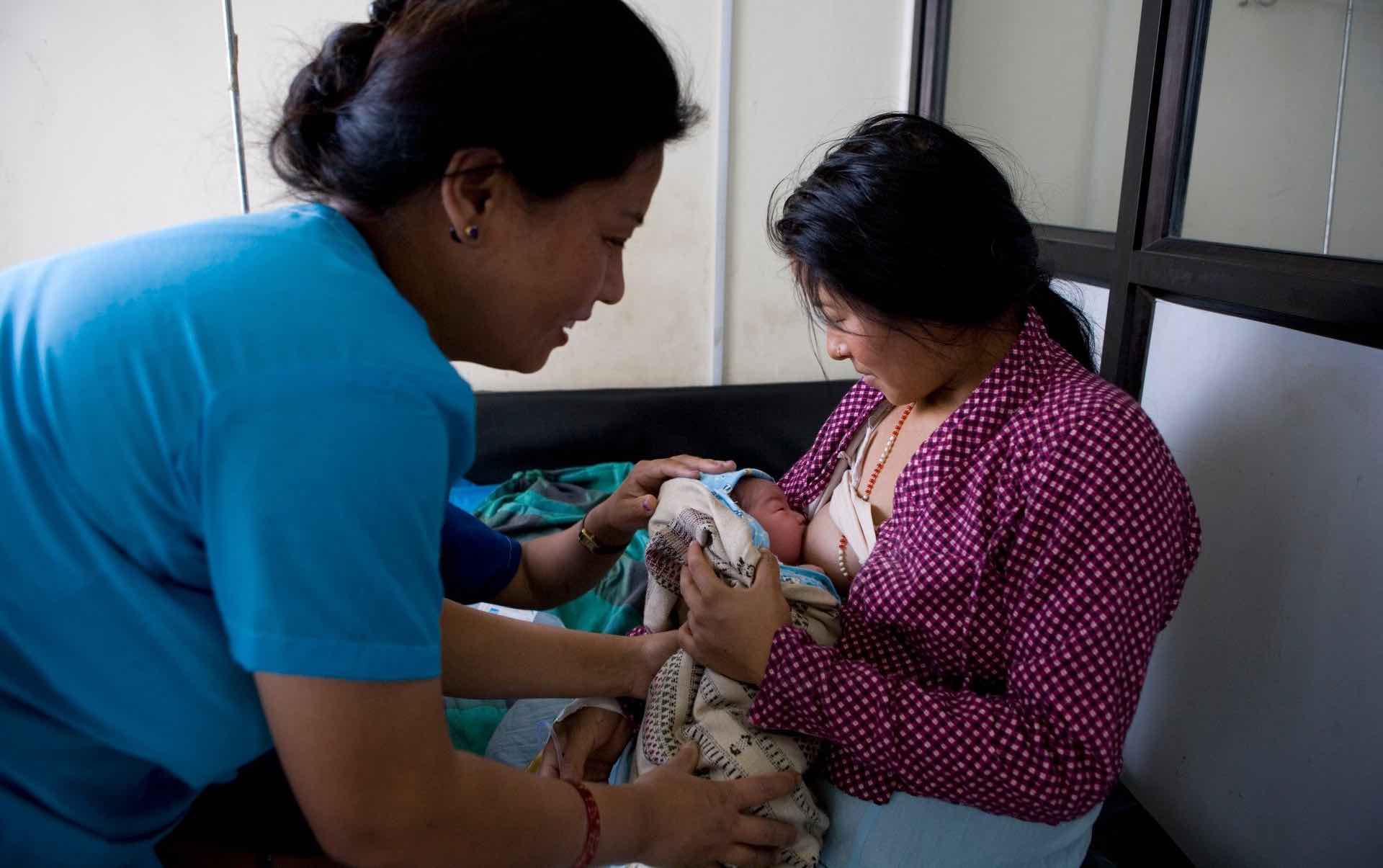
Interview: IFPRI researchers on the vital message of World Breastfeeding Week
Many short- and long-term benefits to health and well-being.
-
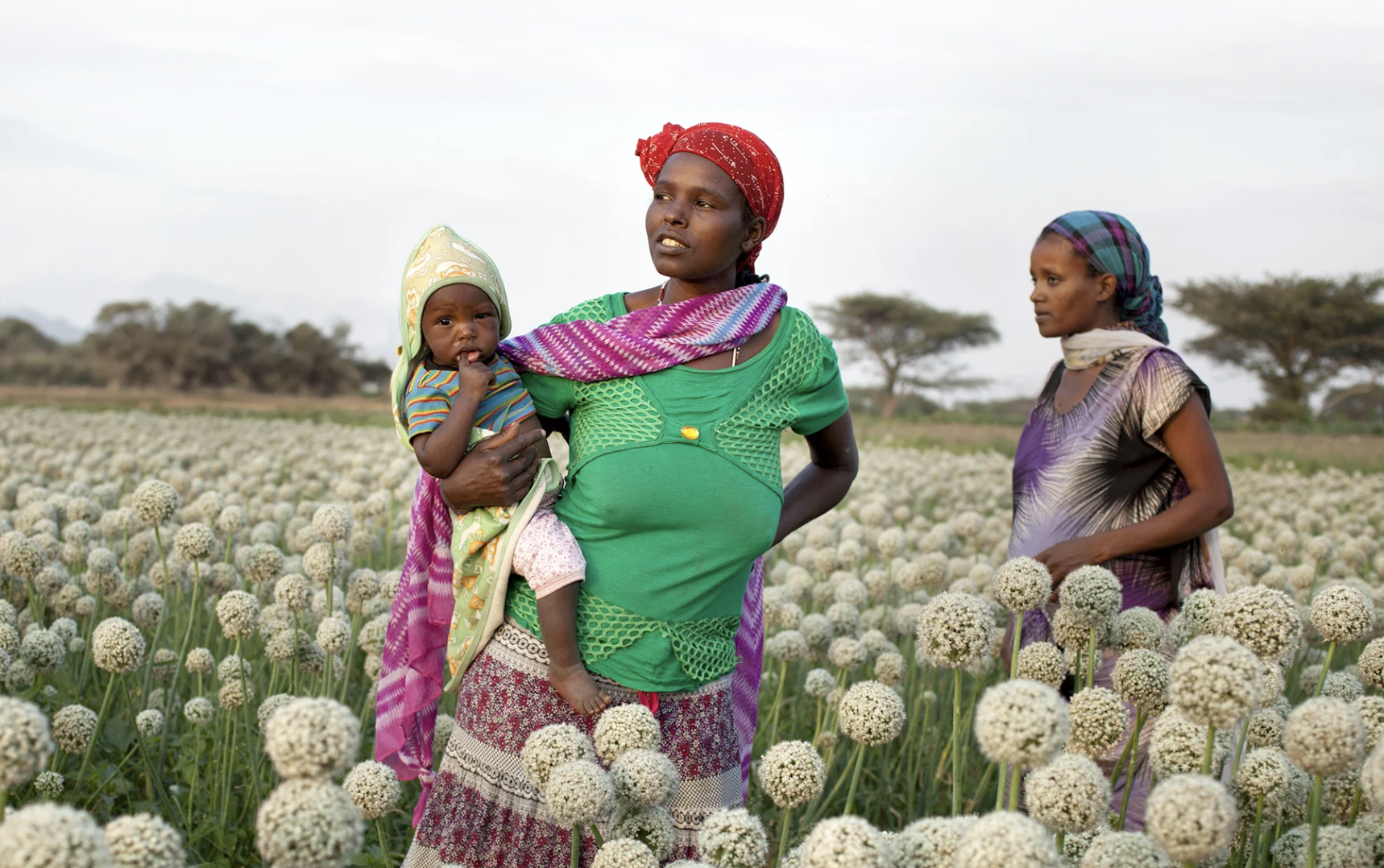
Making a difference: Dumplings and development
The Women’s Empowerment in Agriculture Index (WEAI) offers a variety of ingredients for local insights.
-
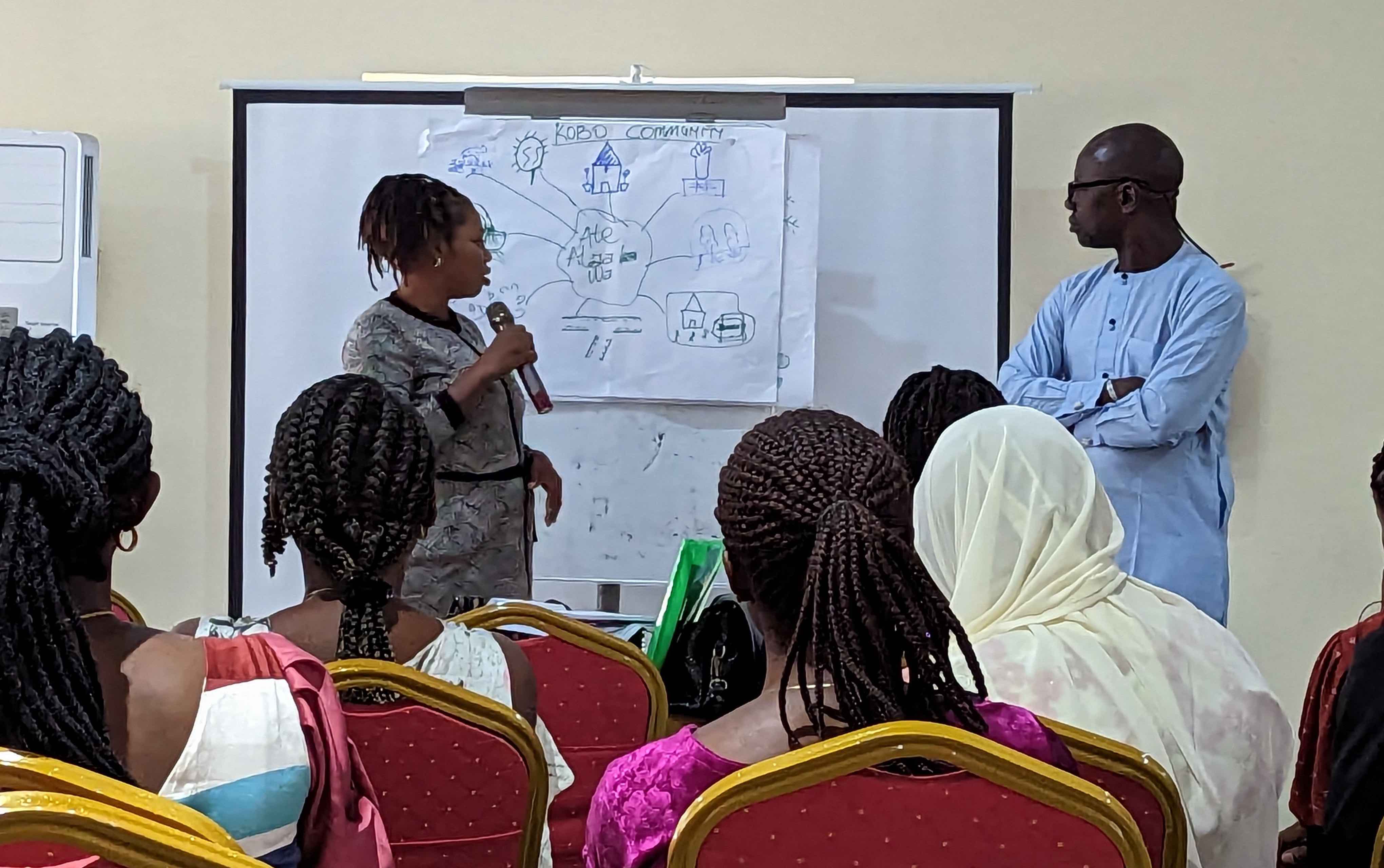
Participatory learning to raise rural women’s agency: Cultivating leadership and advocacy in Nigeria
How can trainings help to overcome social and economic barriers?
-

Using atmospheric satellite data to monitor unfolding economic impacts of conflict in Sudan
Changes in nitrogen dioxide emissions reflect migration, other changes.
-
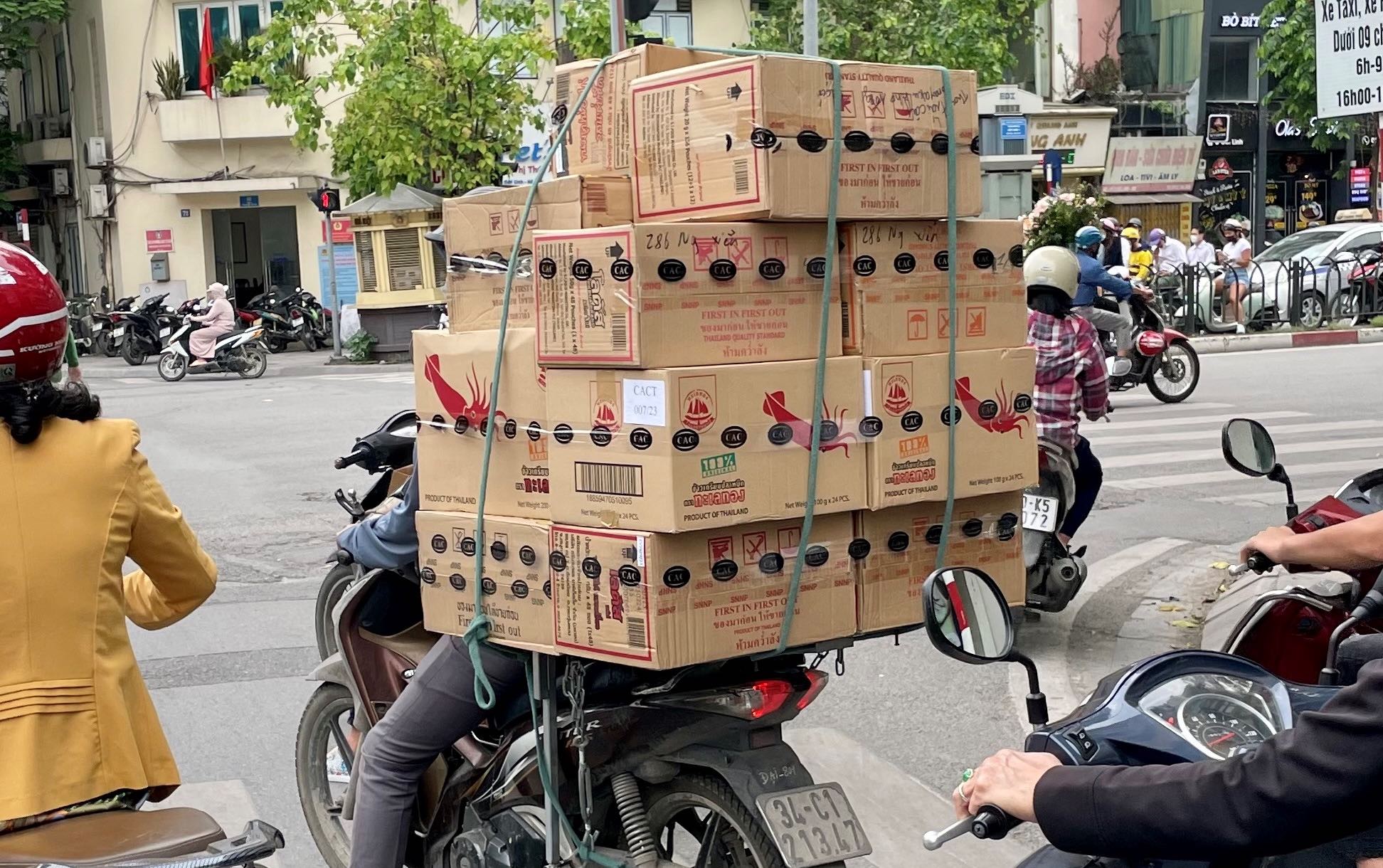
Addressing the knowledge gap on the financial needs of firms in the midstream of agricultural value chains
Shedding light on a key segment of the food system.
-
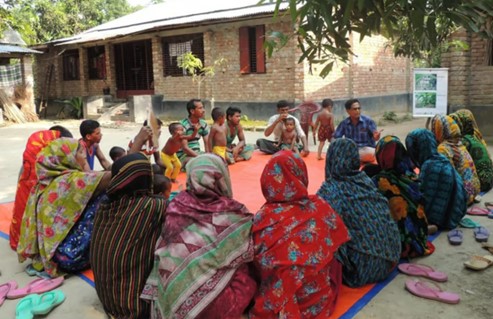
Making a Difference: The Agriculture, Nutrition, and Gender Linkages (ANGeL) Project
Improving nutrition in Bangladesh farming households.
-

Improving child and adolescent diets at school: An evaluation of Chile’s Food Labeling and Advertising Law
Creating a healthier food environment.
-
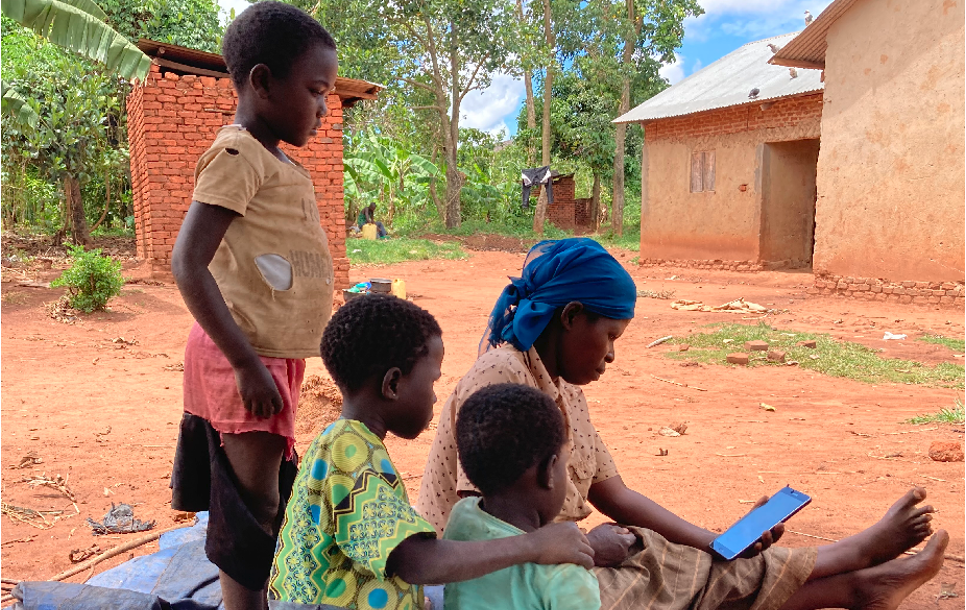
‘Miracle seeds,’ informational curses? The risk of high expectations for new agricultural technologies
Using videos to test skewed perceptions of improved crop varieties.
-
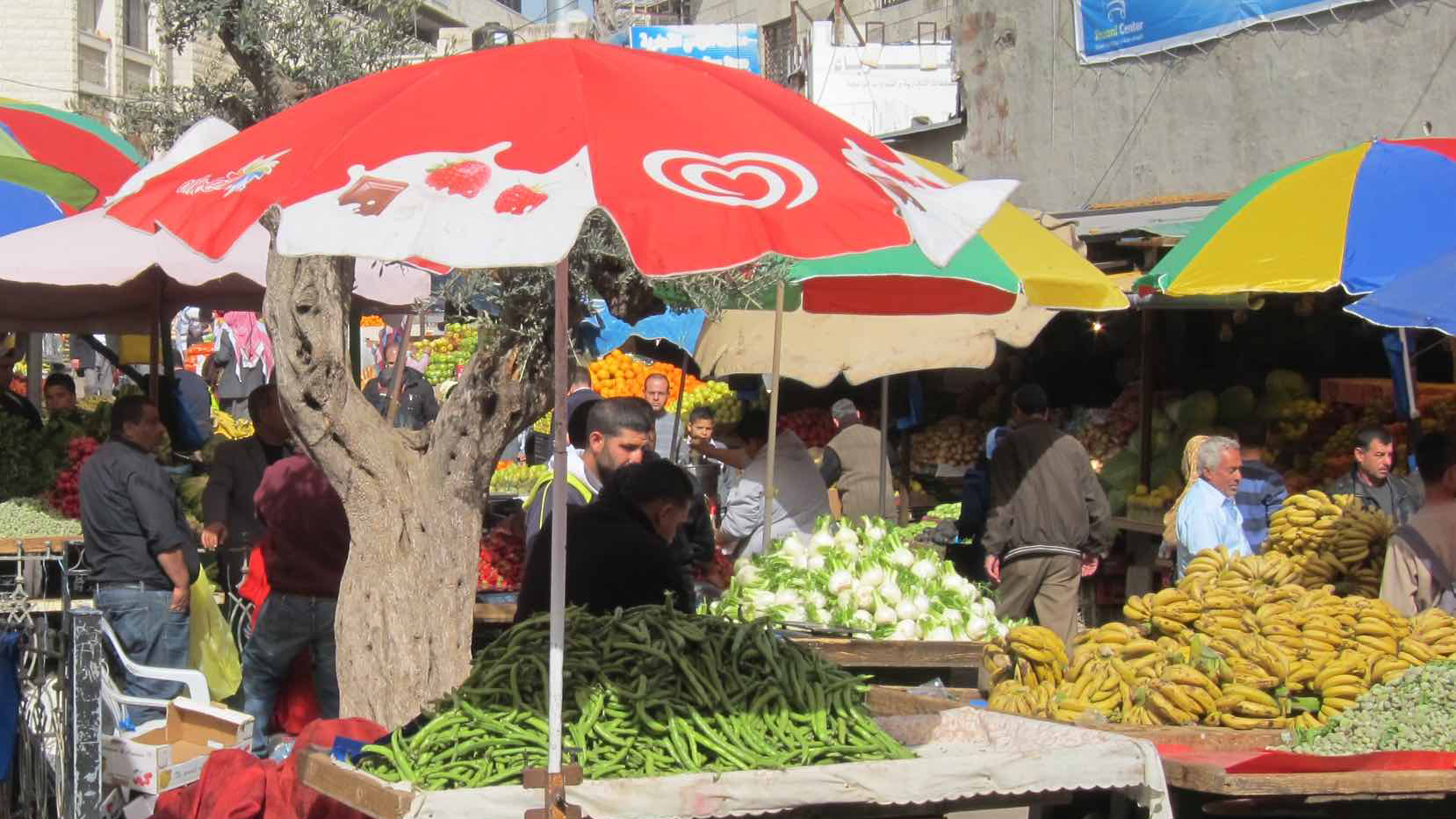
The Reference Diet Deprivation (ReDD) index: A new diet quality measure for more effective nutrition-sensitive policies
Assessing how household diets fall short.
-
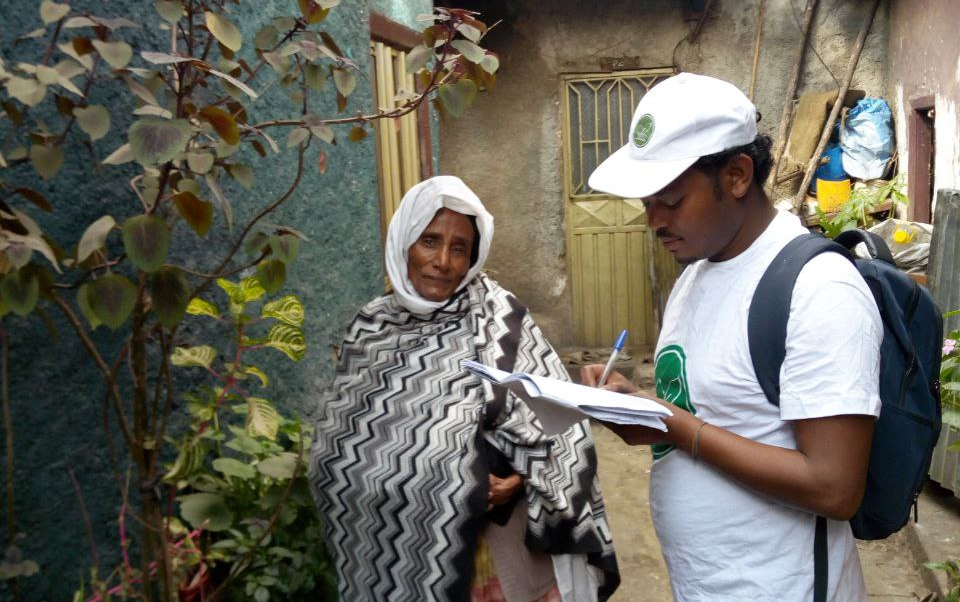
Can phone surveys be used in standard poverty measurement? Evidence from Ethiopia
An experiment suggests survey fatigue can skew results.
-
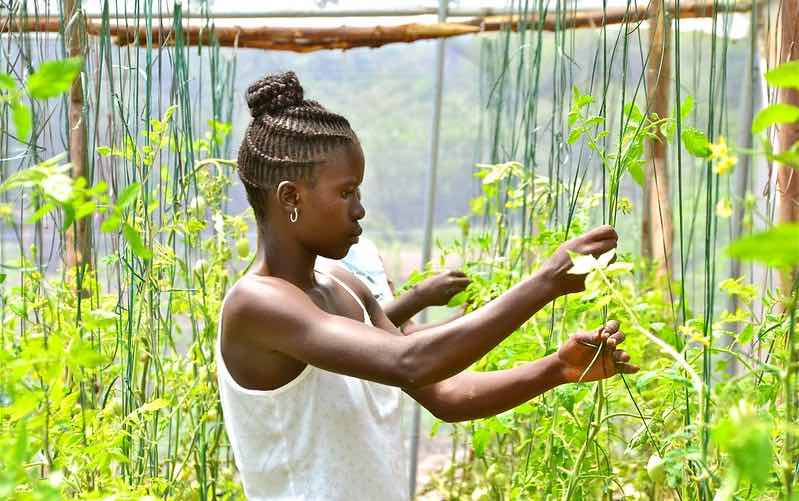
How can artificial intelligence-powered chatbots help policymakers? A roadmap for Kenya
Integrating AI into the policy process.
-
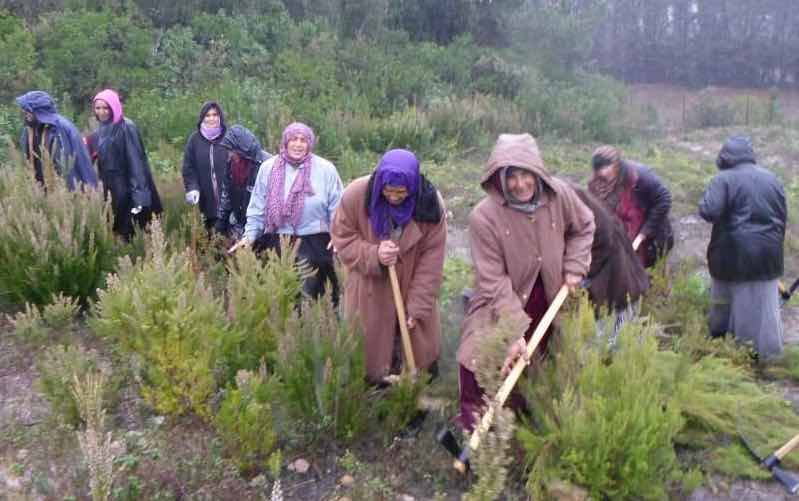
The long-run effect of public works employment: Evidence from Tunisia
Evaluating the impacts of workfare.
-
Developing a Women’s Empowerment Metric for National Statistical Systems
Closing the gender data gap in agricultural development.
-
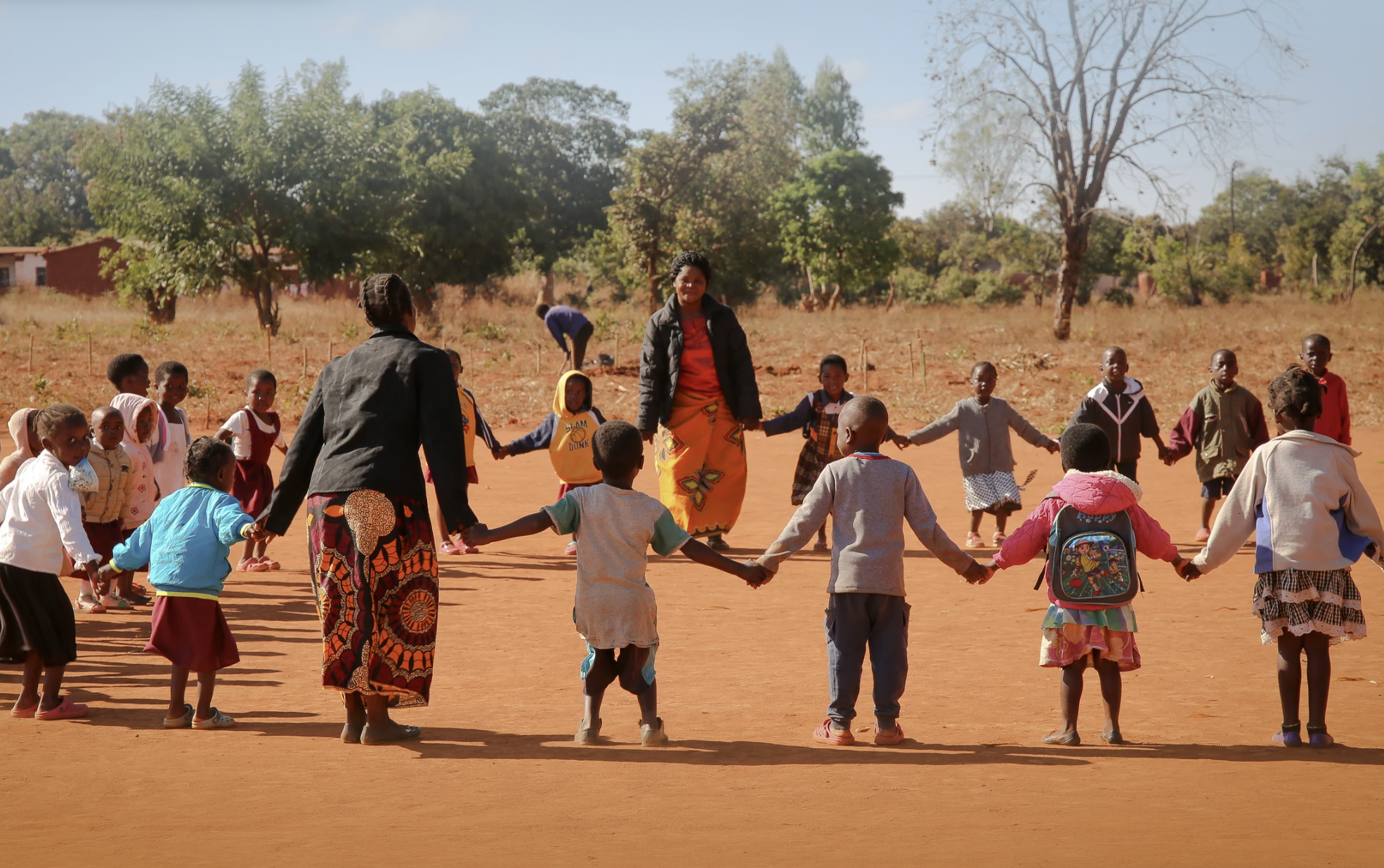
Making a Difference: Childcare centers as a platform for improving child nutrition in Malawi
Education programs for parents yield continuing benefits.
-
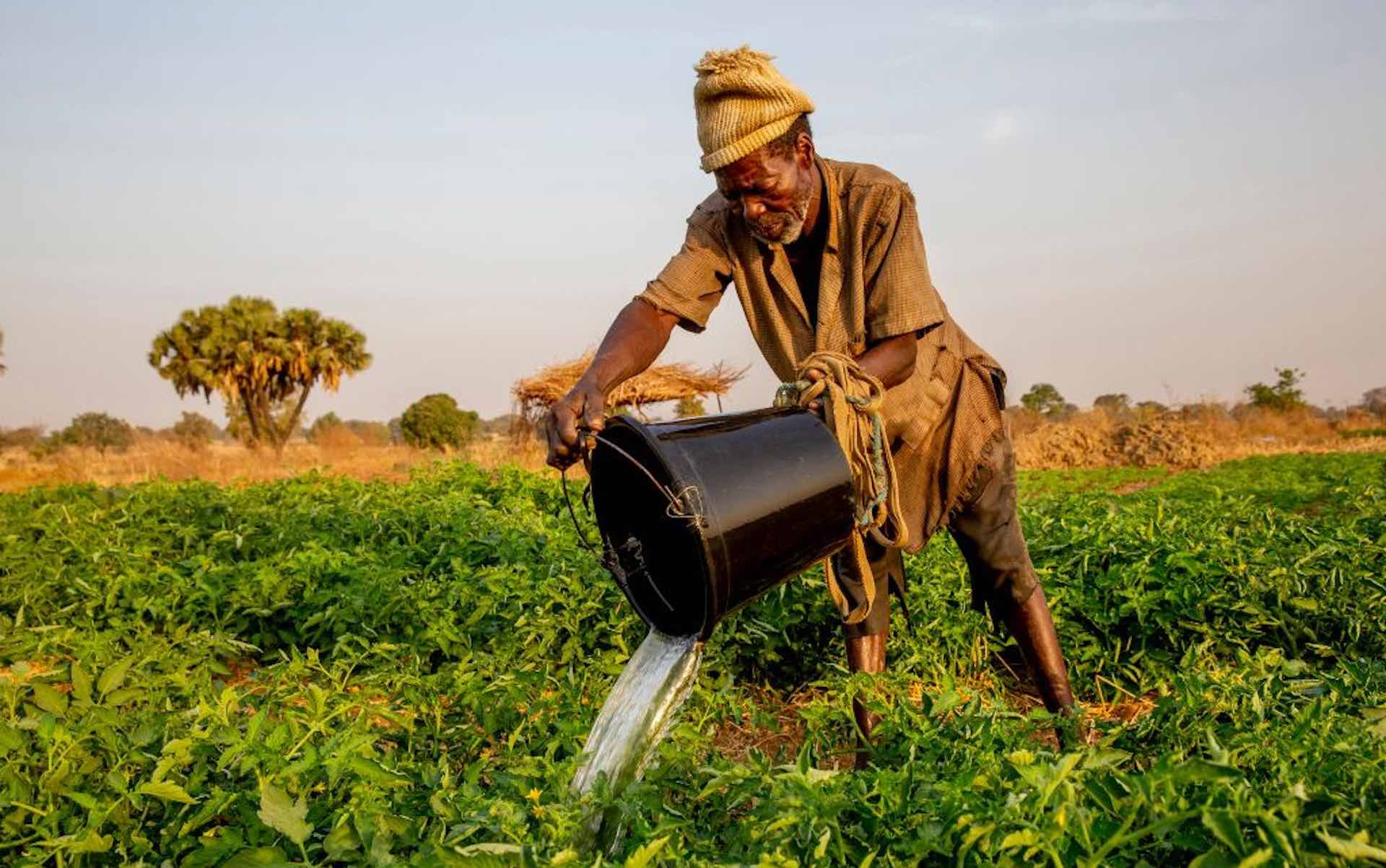
Feeding Africa: how small-scale irrigation can help farmers to change the game
Strong evidence of the relationship between small-scale irrigation, food security, diet quality, and nutrition.
-
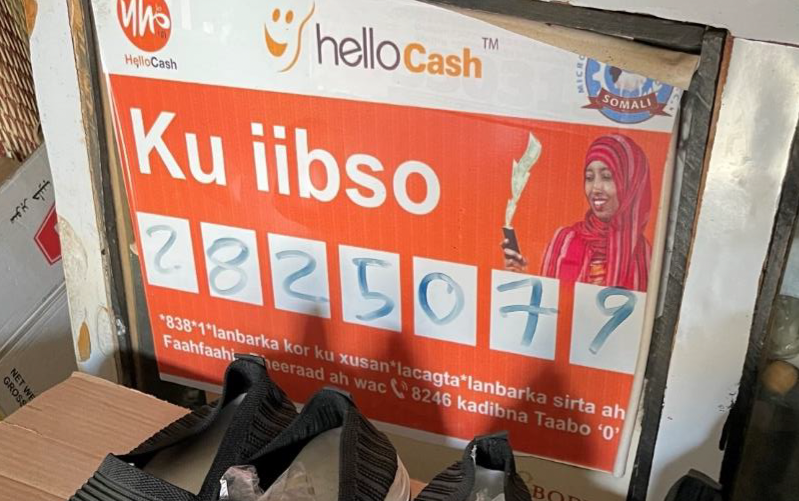
Increasing financial access in Ethiopia through mobile money: Results from experiments to catalyze enrollment and use among women and refugees
Testing ways to expand digital financial inclusion.
-
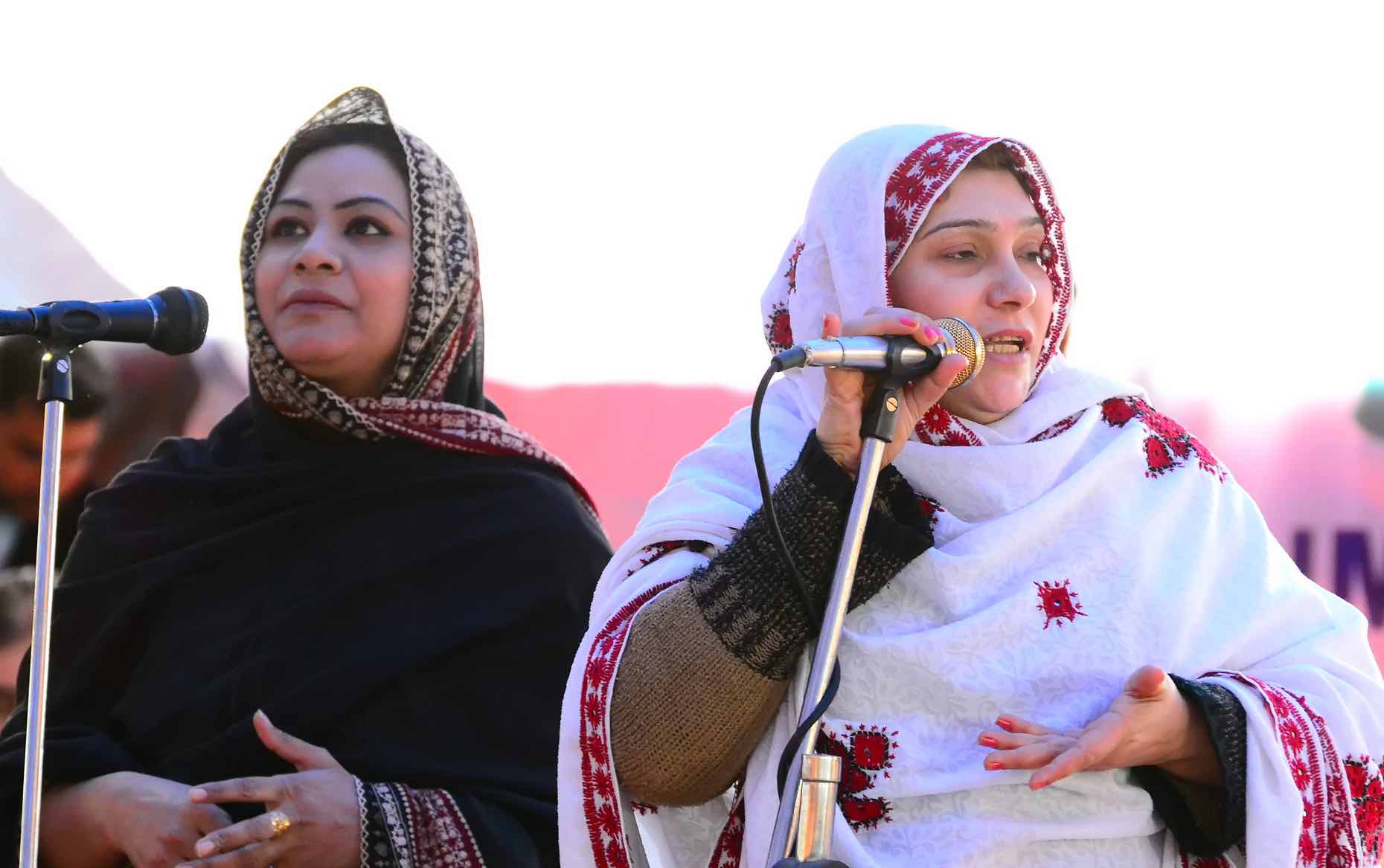
How relative poverty influences responses to social protection programs: Evidence from Pakistan
Analyzing effects on attitudes toward government assistance.
-
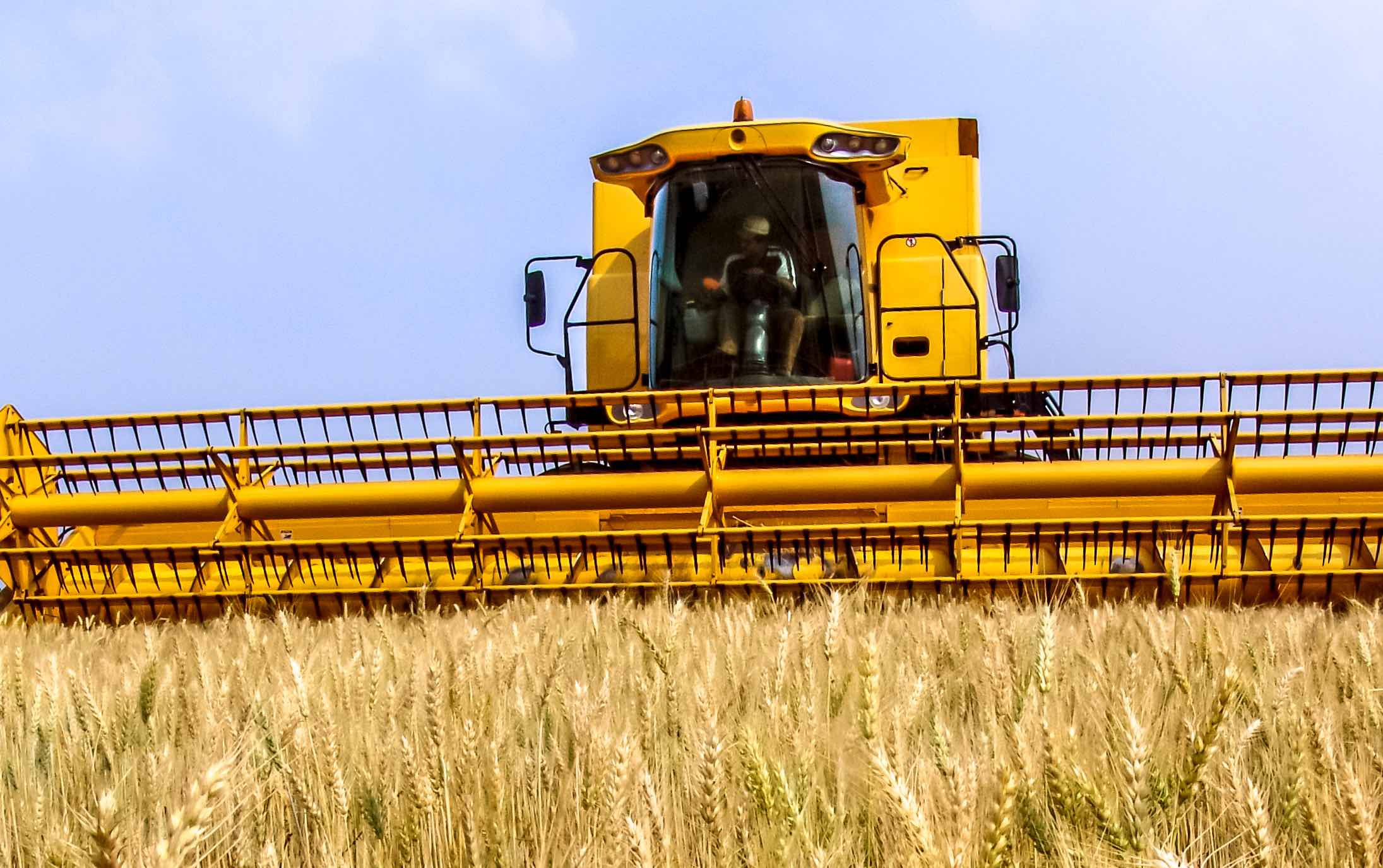
The political economy of reforming costly agricultural policies
The diverse benefits of repurposing support programs.
-
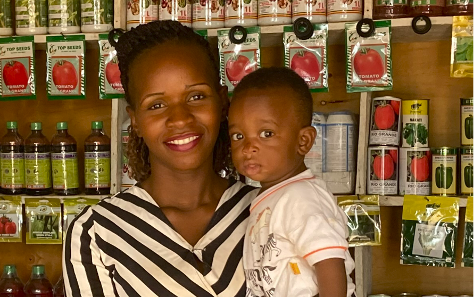
This is a man’s world: Gendered perceptions of Ugandan agro-input dealers
Persistent biases hold back women shop owners.
-
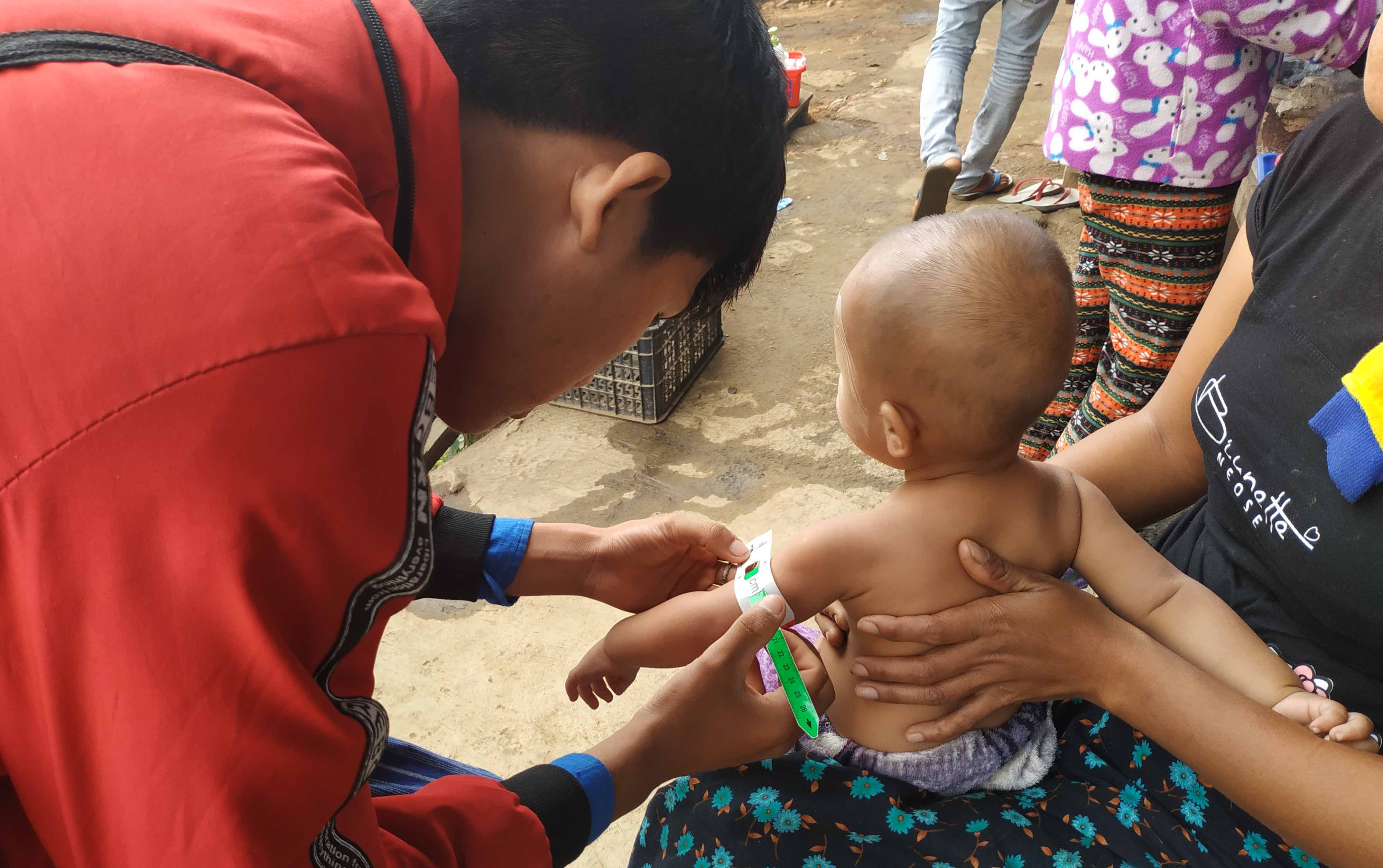
Cash, COVID, coup, crisis: A pre-pandemic maternal and child cash transfer program had sustained dietary benefits during Myanmar’s ongoing emergency
Positive health and nutrition results persist even in adverse circumstances.
-
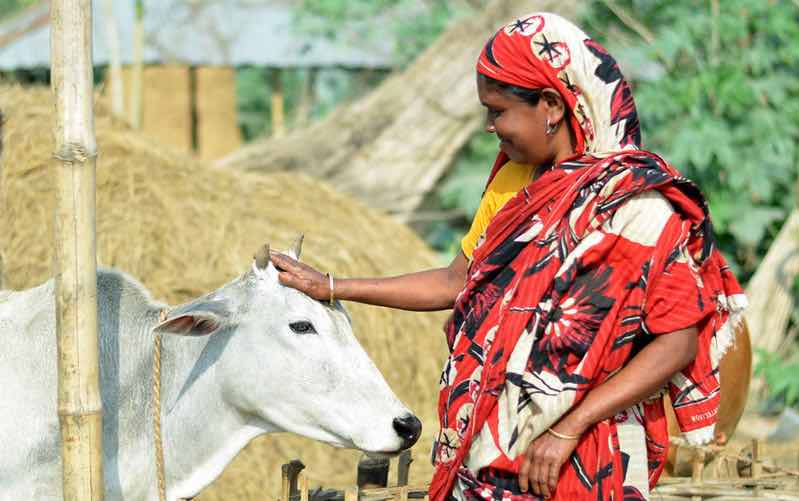
Picking the best tools for making value chain development interventions inclusive and gender equitable
Practical ways to evaluate and advance women’s empowerment.
-
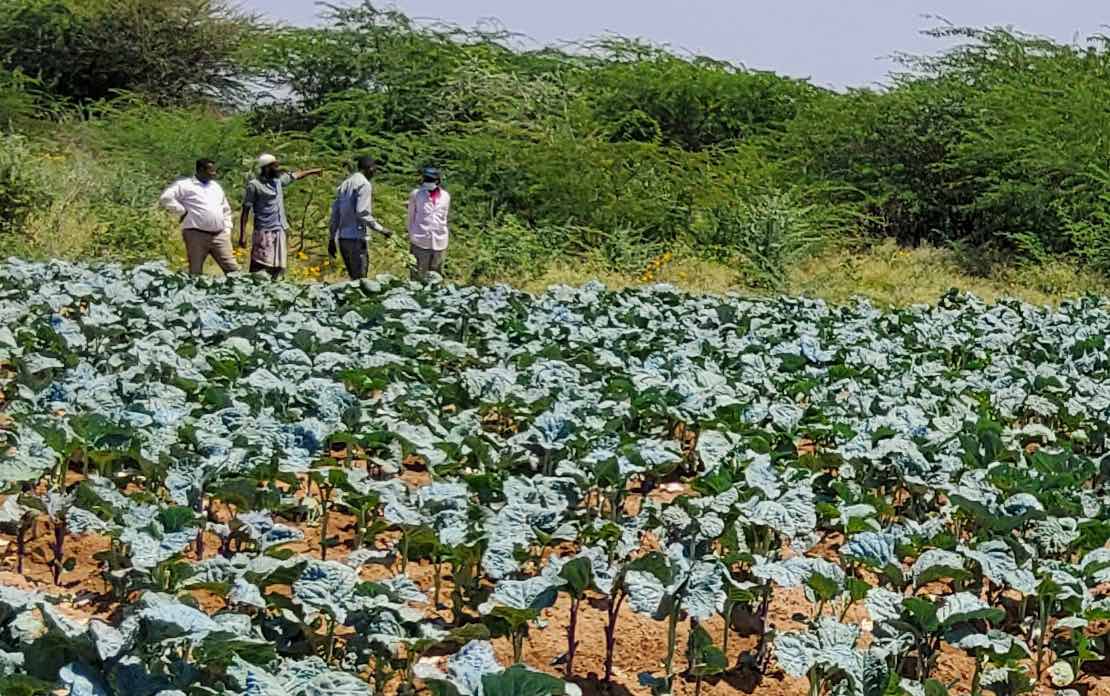
Addressing water governance challenges around Lake Beseka, Ethiopia: A social network approach
Examining complex relationships around a key resource.
-
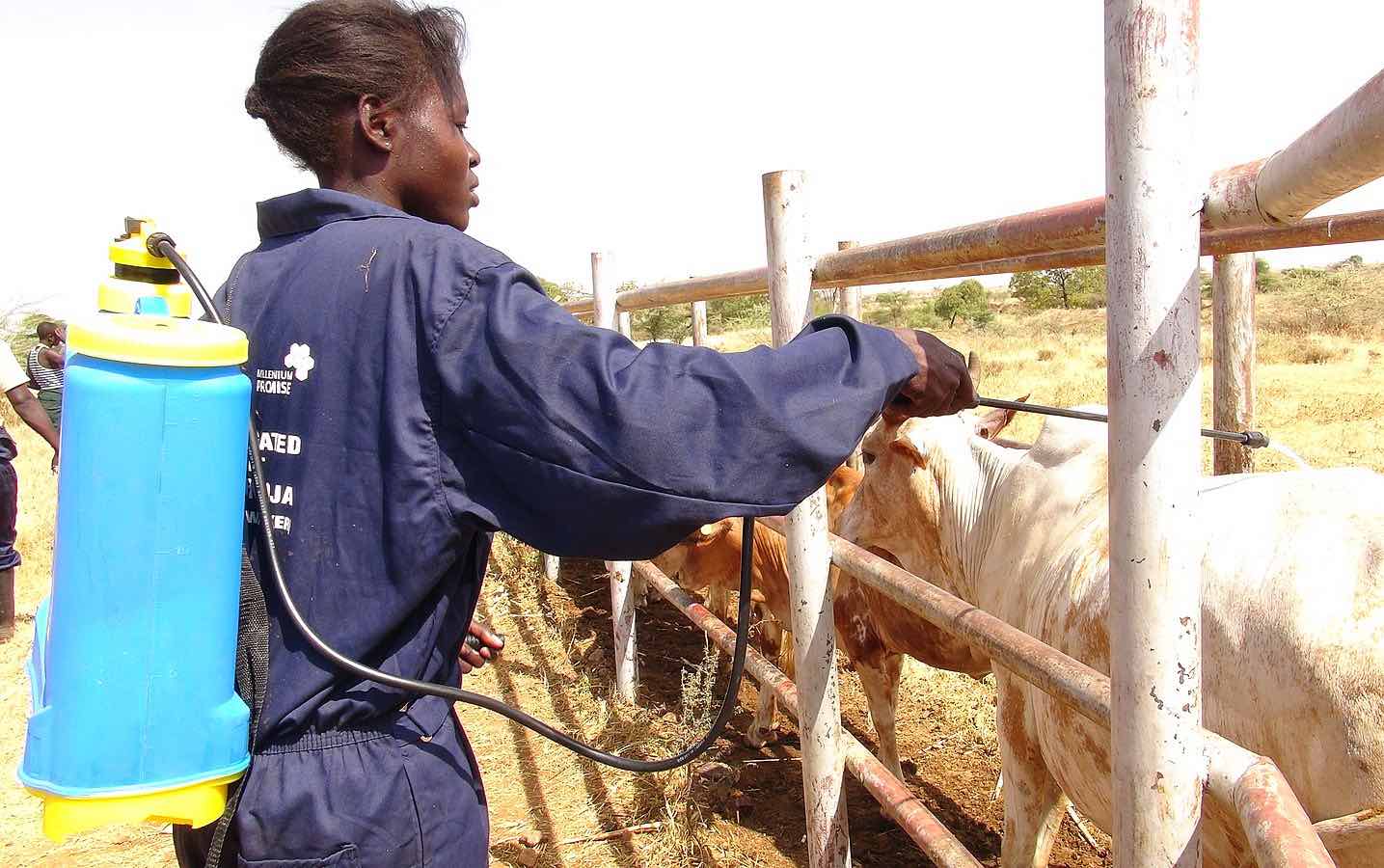
Measuring the extent of a risky practice: Using toxic chemicals on cattle for tick control in Uganda
A problem for the growing dairy industry.
-
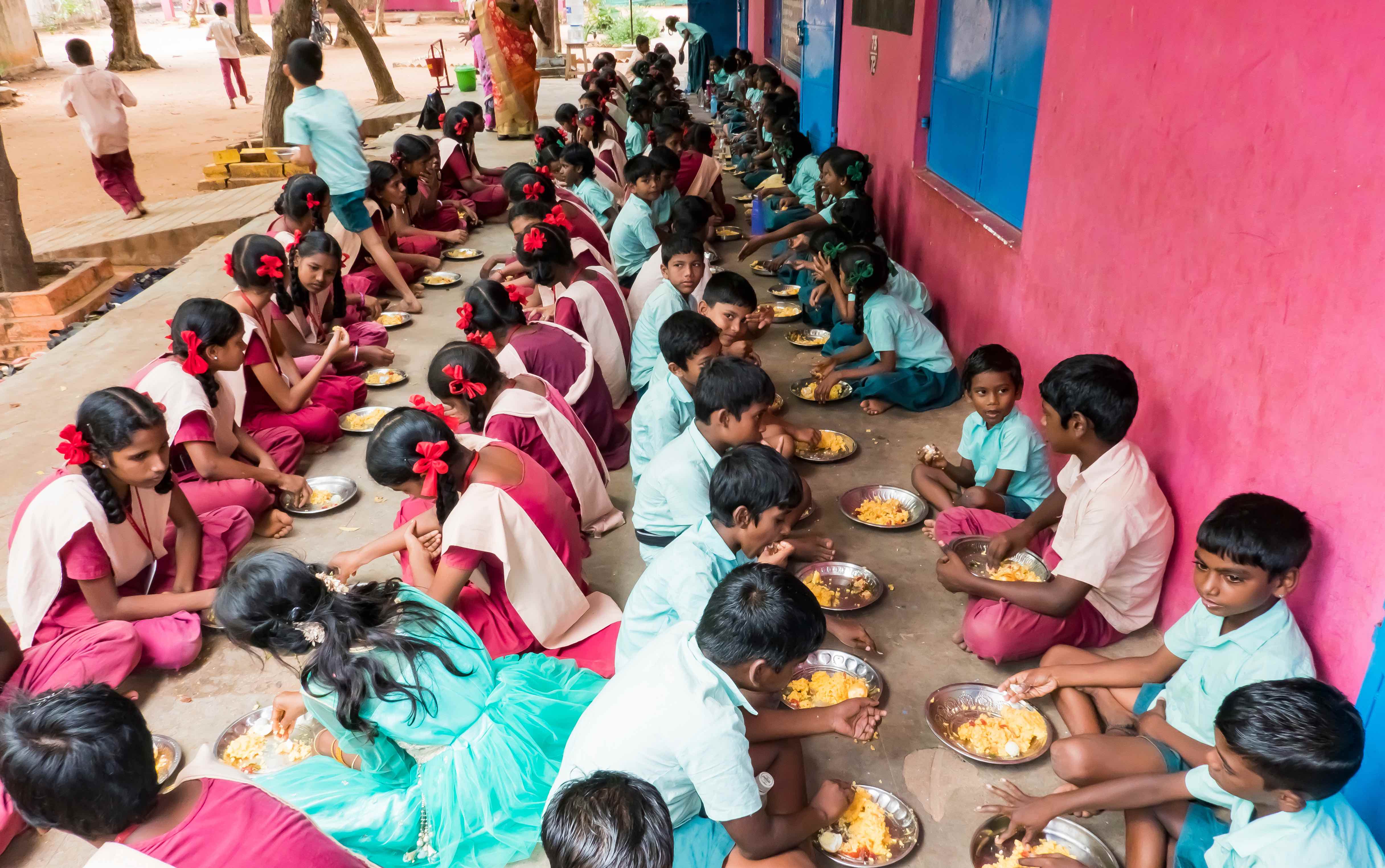
Get ready to be schooled! (…about IFPRI’s research on education)
Building incentives to foster more effective teaching and learning.
-
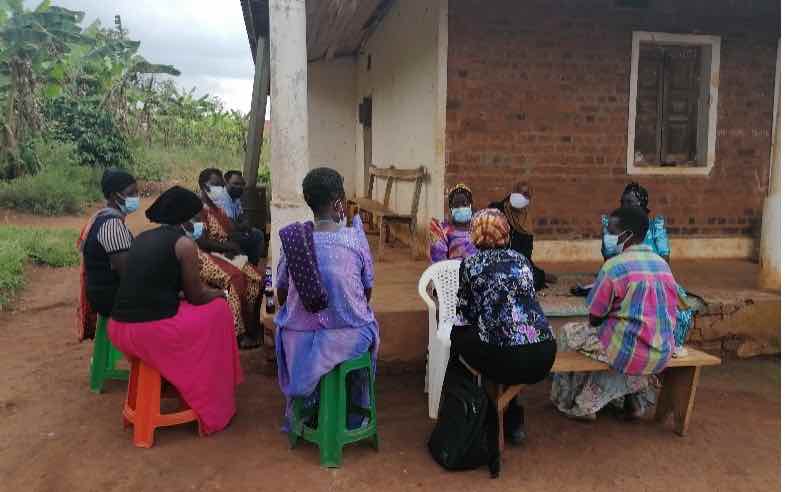
Can videos overcome smallholder women’s barriers to accessing climate resilience strategies? Insights from Uganda
Closing gender gaps in agricultural knowledge.
-
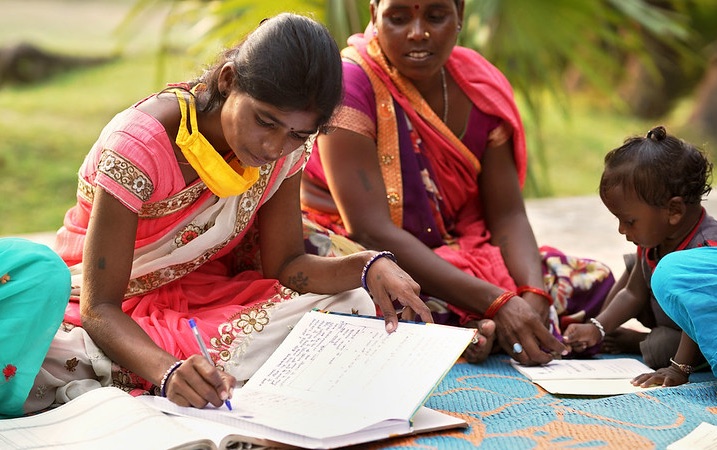
WEAGov: A new conceptual framework to assess women’s empowerment in agricultural governance
Developing a tool to assess gender and policymaking.
-
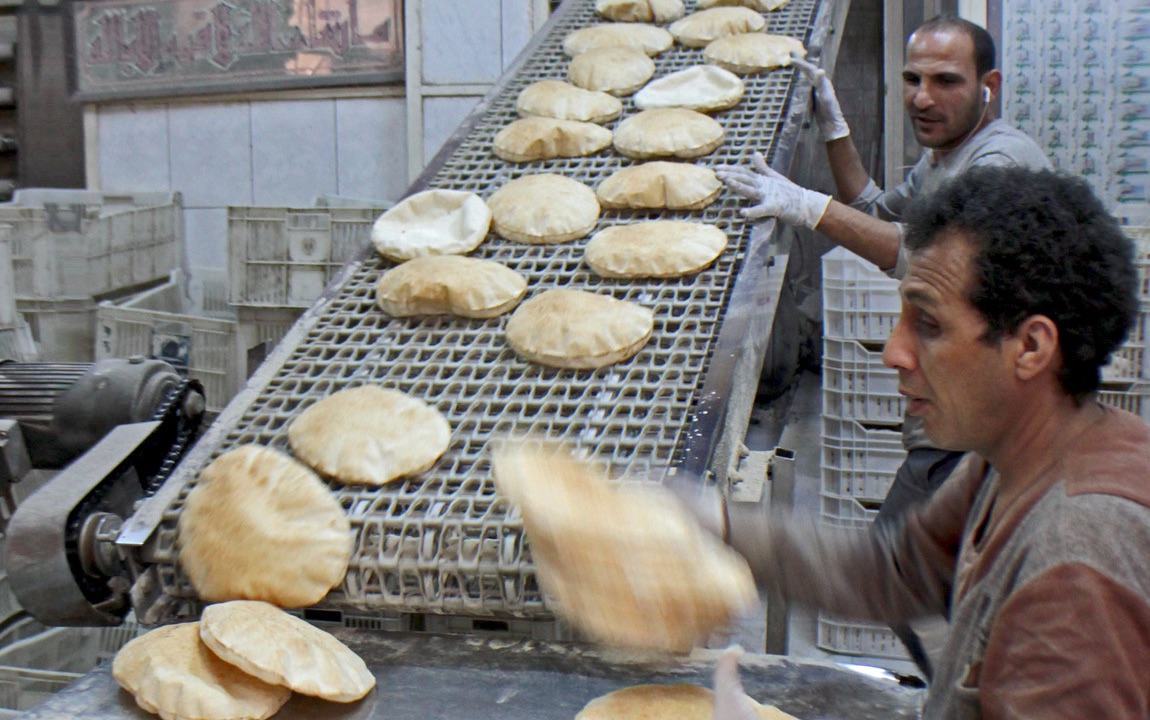
Food price shocks and diets among poor households in Egypt
High inflation threatens nutrition and livelihoods.
-
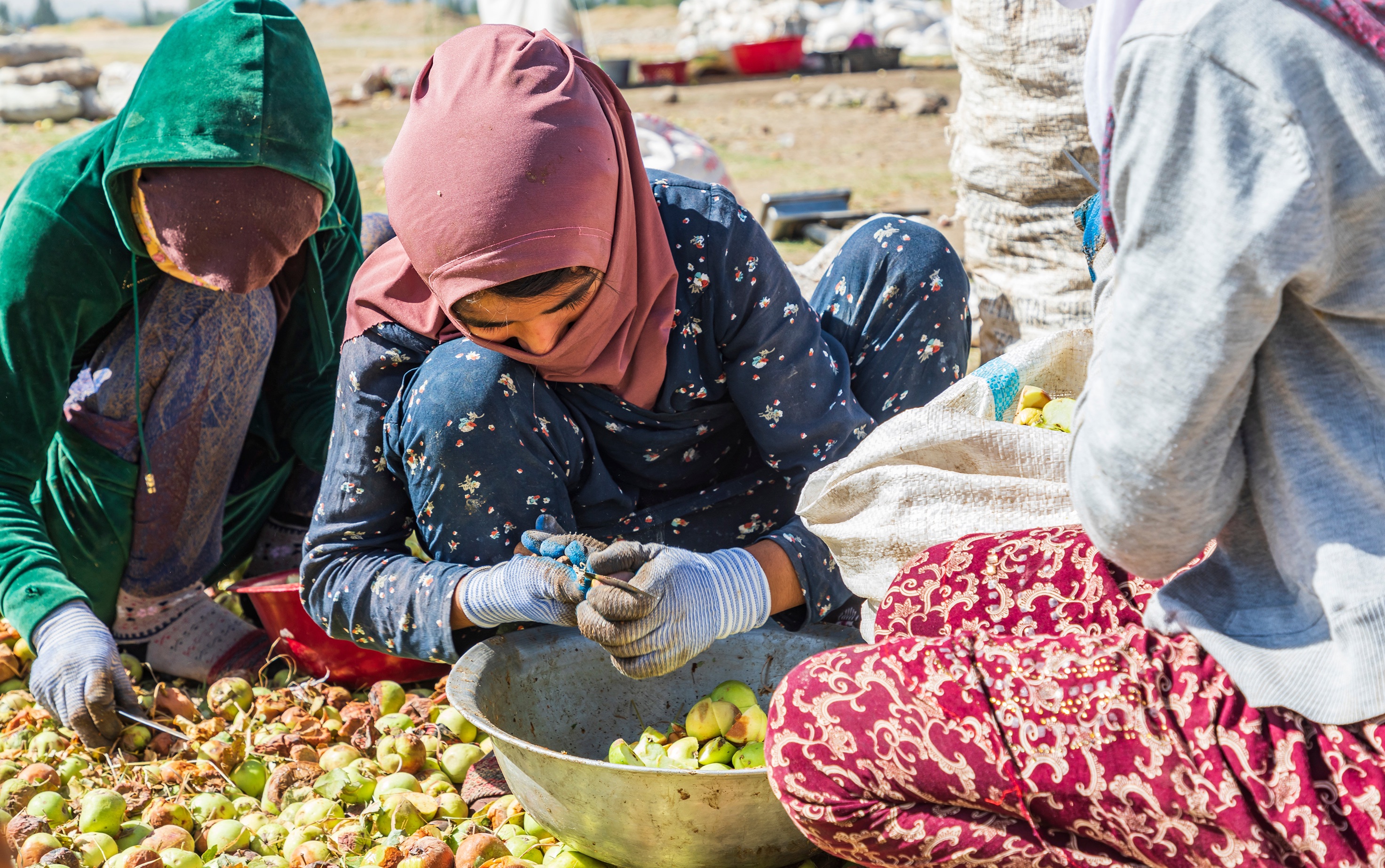
In Tajikistan, women contribute significantly to agriculture, but does agricultural work contribute significantly to women’s agency?
Gender roles shift slowly in the post-Soviet era.
-
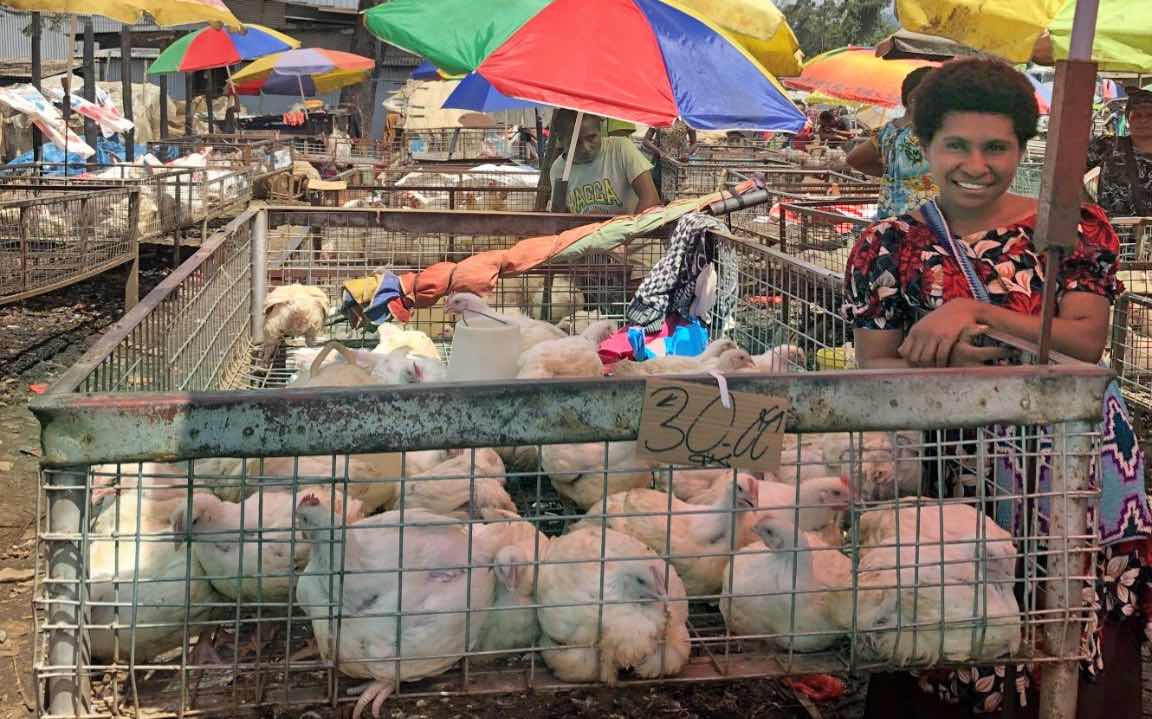
Improving agricultural value chain coordination and gender inclusiveness in Papua New Guinea
Challenges and opportunities for women to engage in more profitable work.
-
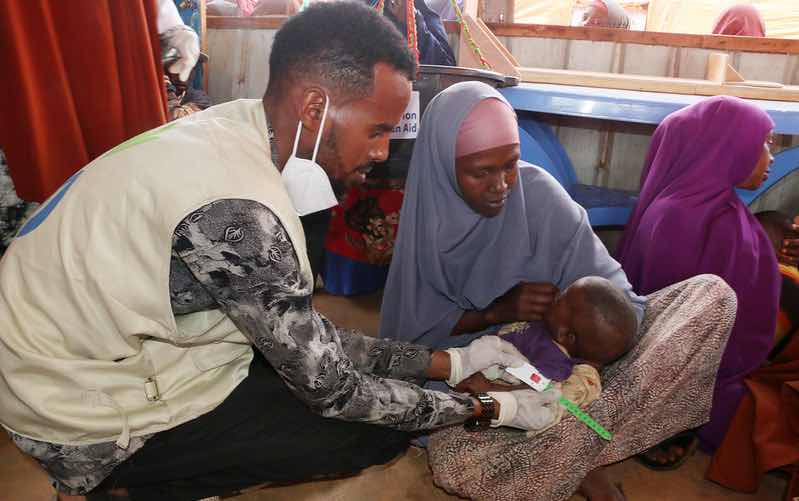
The global food price crisis threatens to cause a global nutrition crisis: New evidence from 1.27 million young children on the effects of inflation
Research links high food prices to wasting and stunting.
-

Can conditional cash transfers boost trust within communities? In Tanzania, they did
Impacts of cash assistance programs reach beyond spending power.
-
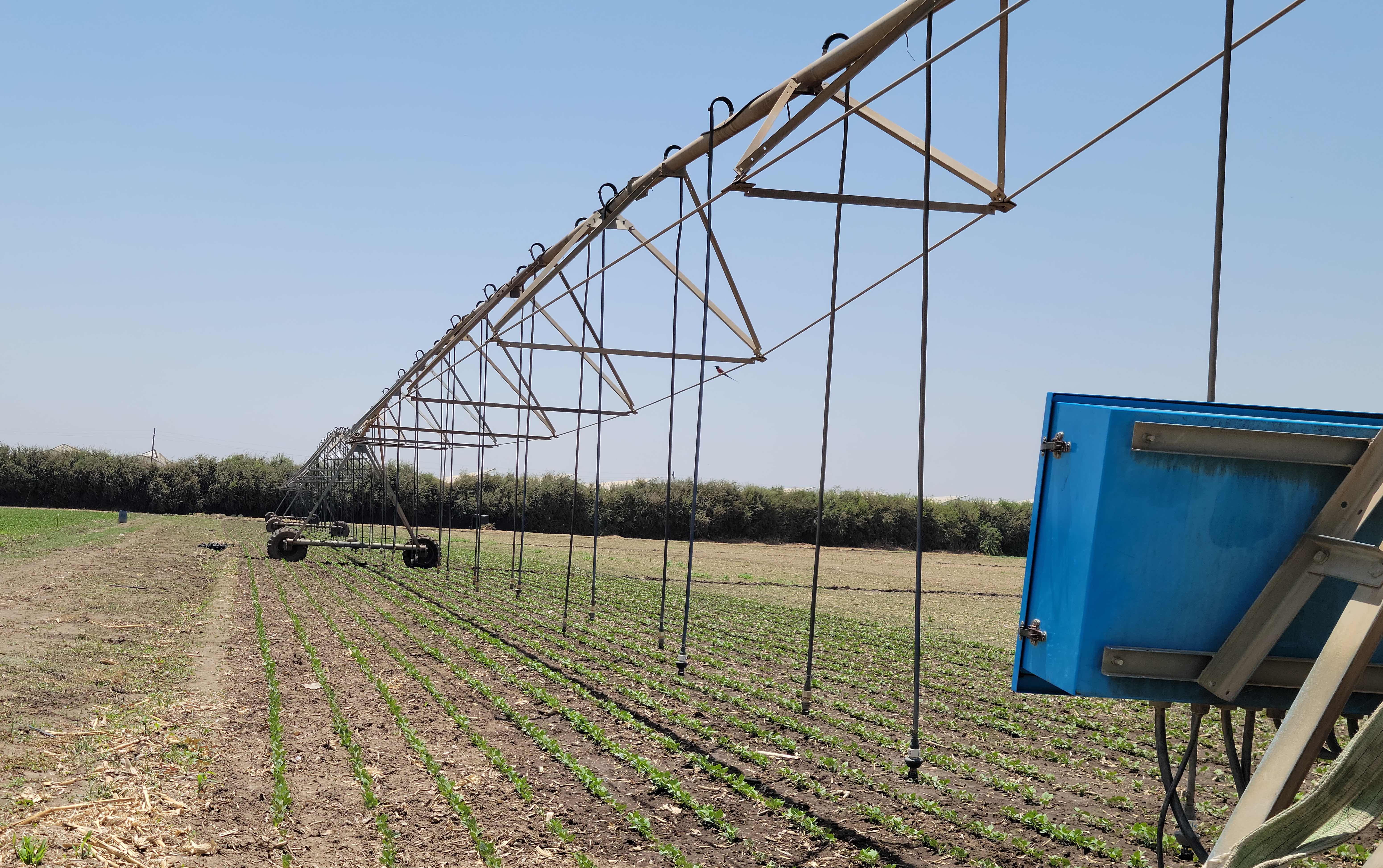
Modeling the optimal energy solutions for irrigation in Ethiopia
The best places for grid-based, solar, and diesel powered equipment.
-
Examining ways to promote mobile money use in refugee-hosting areas in Ethiopia
The importance of digital financial inclusion.
-

Text reminders encourage more women to seek family planning services: Evidence from a randomized control trial in Mozambique
Benefits of a “nudge” approach.
-
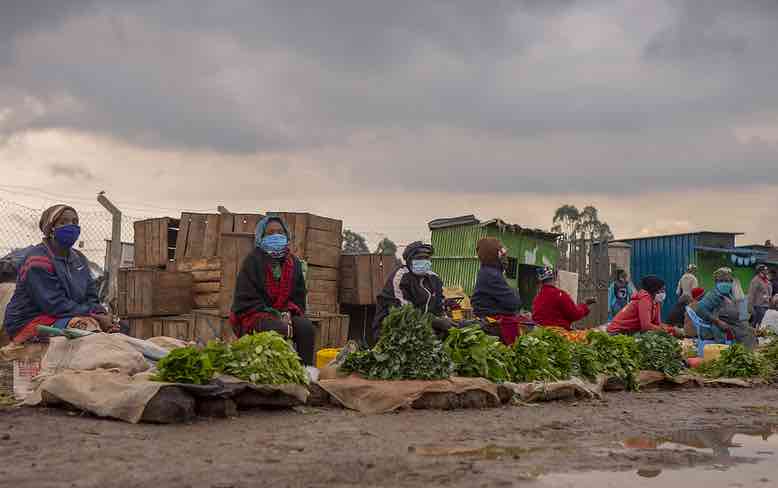
A glimpse into the gendered impacts of COVID-19 in rural Kenya
Effects of lost income and food insecurity linger, particularly for for women, a study shows.
-
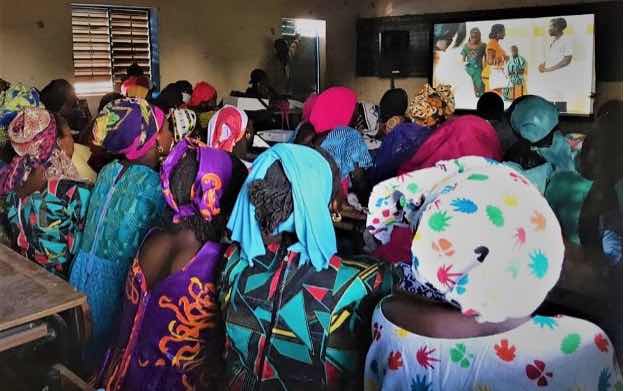
« Qui aurait pensé que le cinéma puisse arriver jusqu’ici ? » : Leçons tirées de la mise en œuvre d’un programme communautaire d’éducation par le divertissement dans une région rurale au Sénégal
A show set in a maternal health clinic offers perspectives on women’s health.
-

‘Who would have thought that cinema could reach this far?’: Lessons from implementing community-based edutainment in rural Senegal
A show set in a maternal health clinic offers perspectives on women’s health.
-
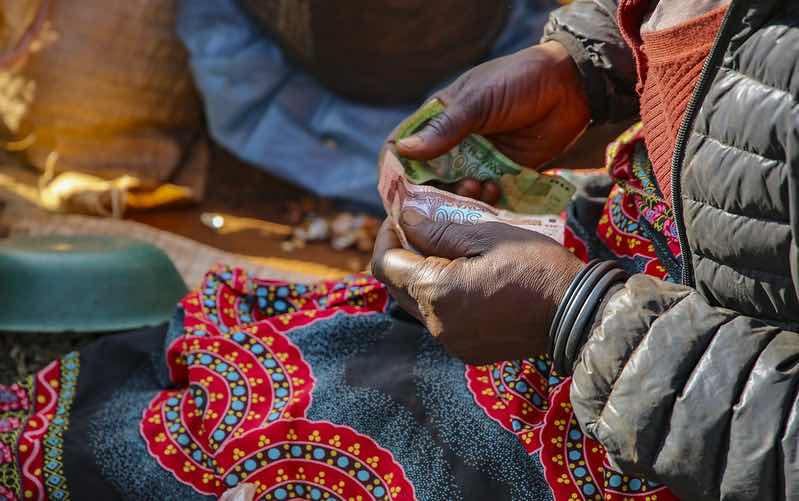
Making cash transfers more effective in reducing intimate partner violence
A new phase in understanding how such programs can empower women.
-

How ladybugs and disease-fighting microbes can help reduce agriculture’s carbon footprint
Benefits of scaling up integrated pest management.
-
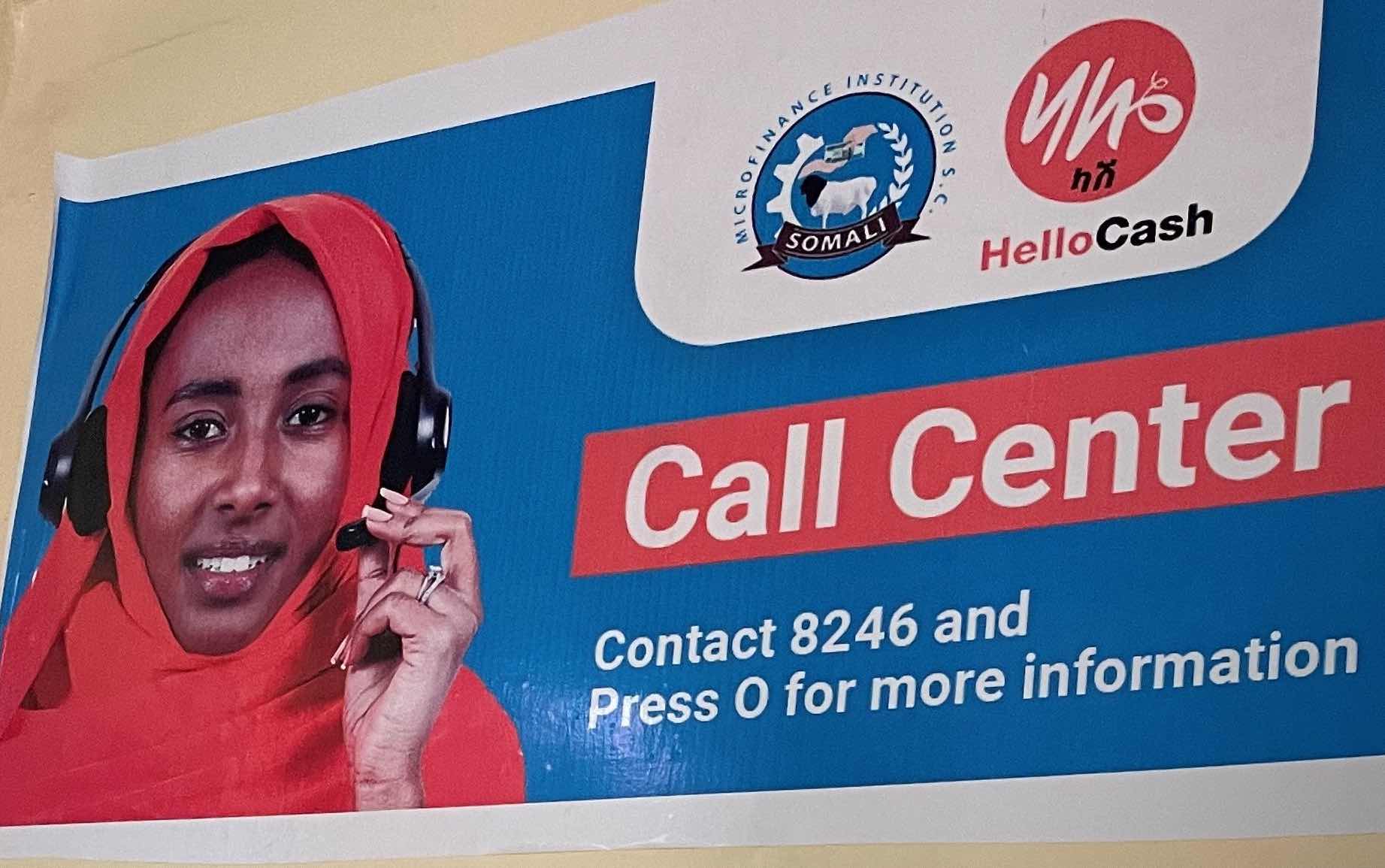
Designing a community referral system to increase financial access among women and refugees in refugee hosting areas in Ethiopia
A pilot program promotes and studies mobile banking.
-
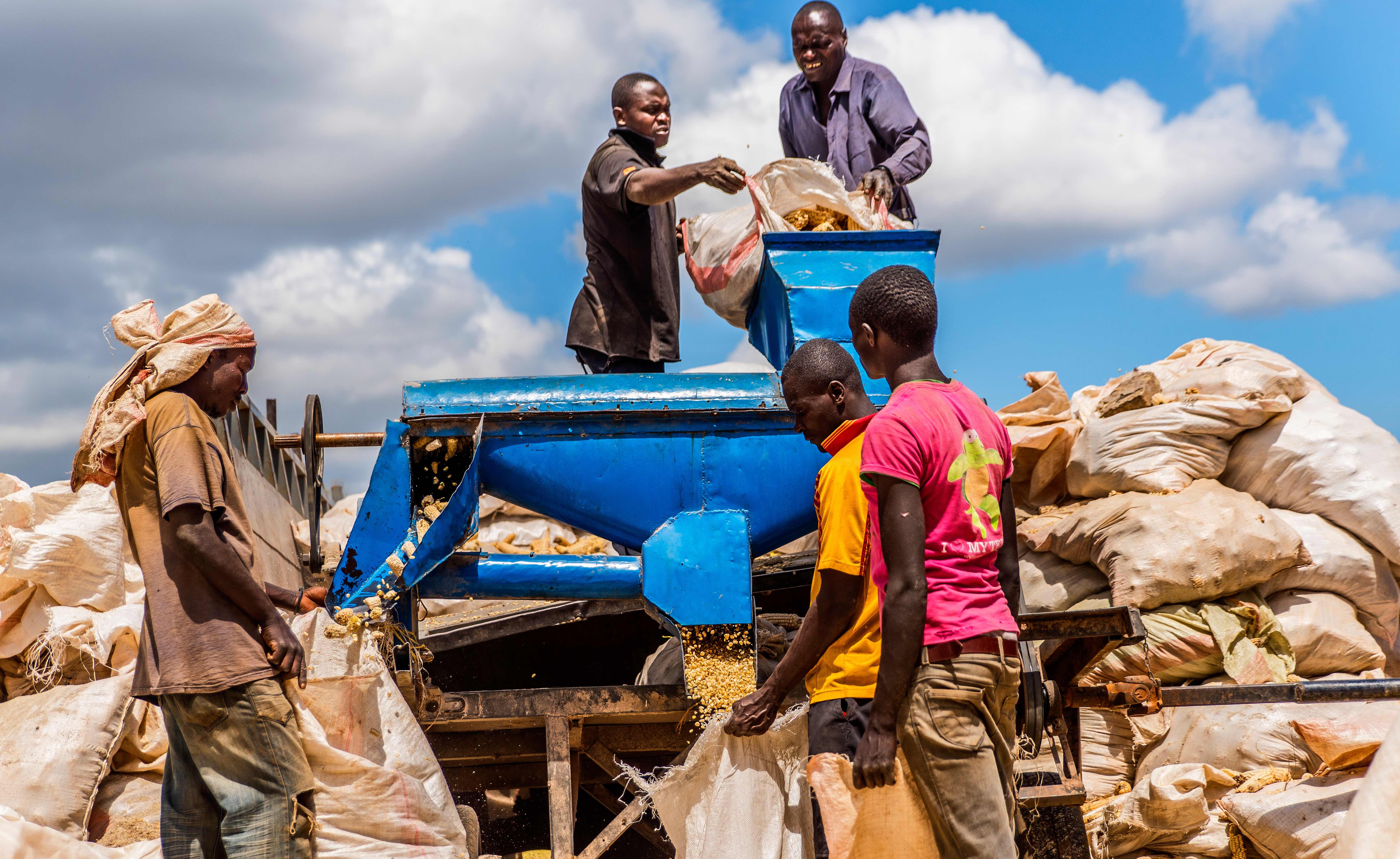
Rising commodities prices driven by the Russia-Ukraine crisis threaten to undermine Kenya’s economy, increase poverty
Modeling shows lowered GDP and agricultural production for 2022.
-
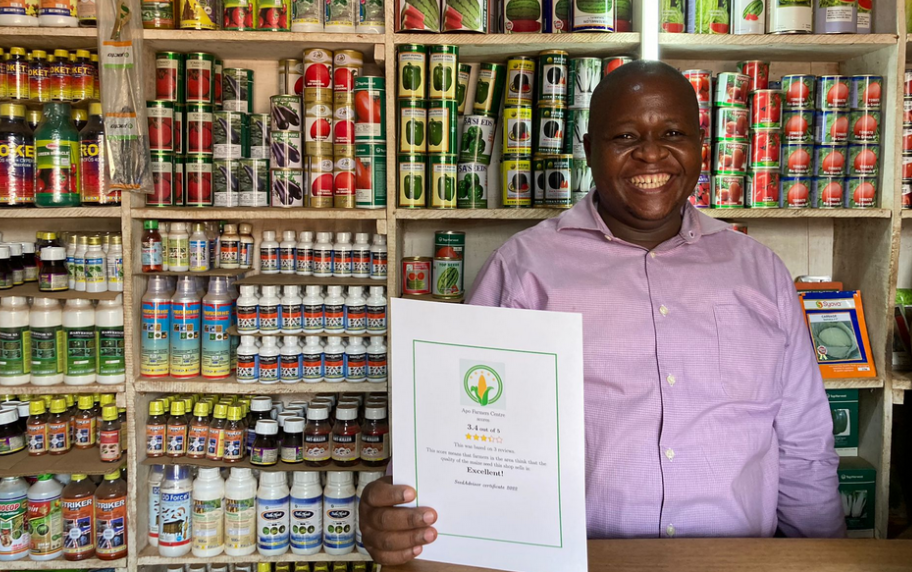
What changed when Ugandan farmers rated input quality and local vendor services
The power of consumer opinion.
-

Dans quelle mesure la pauvreté mondiale augmentera-t-elle en raison de COVID-19?
Translation option: Dans un article publié récemment sur ce blog, nous avons analysé comment la propagation de la maladie associée au nouveau coronavirus (COVID-19) peut détériorer l’économie mondiale, entraînant des effets sur la sécurité alimentaire et aux efforts de réduction de la pauvreté. Nous avons souligné que les répercussions économiques de la pandémie actuelle seront […]
-
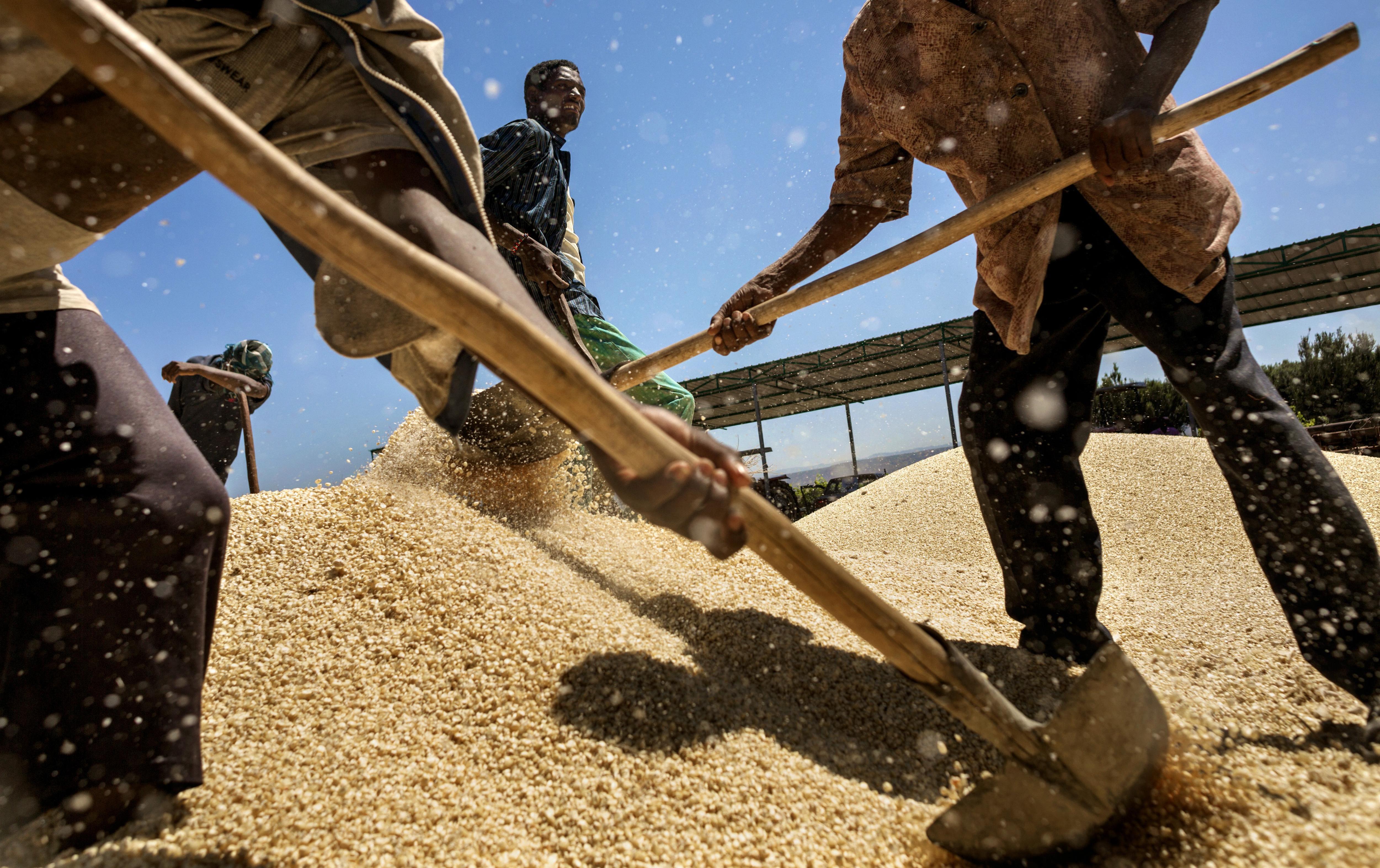
Estimating smallholder maize yields in Ethiopia with satellites and machine learning
A promising method to gauge agricultural output.
-
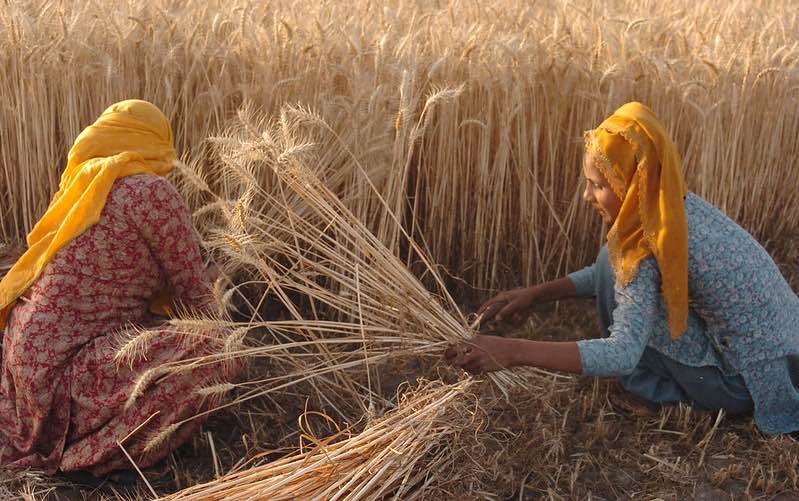
Varying impacts of COVID-19 lockdowns on farmer incomes: Evidence from India
Wheat and tomato crops see very different outcomes.
-
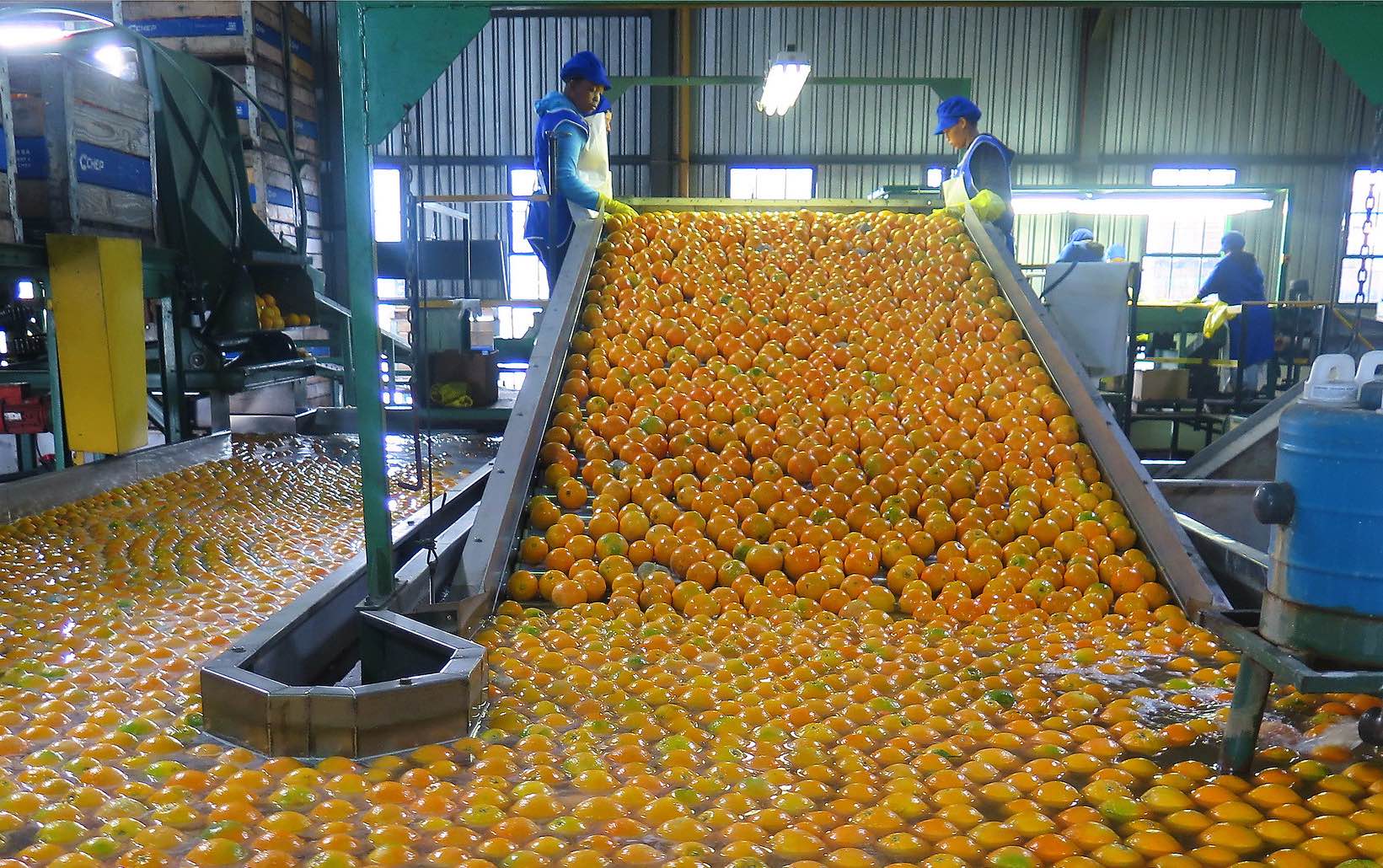
Two years on, resilience innovations help food supply chains overcome COVID-19 disruptions
Important lessons for policymakers.
-
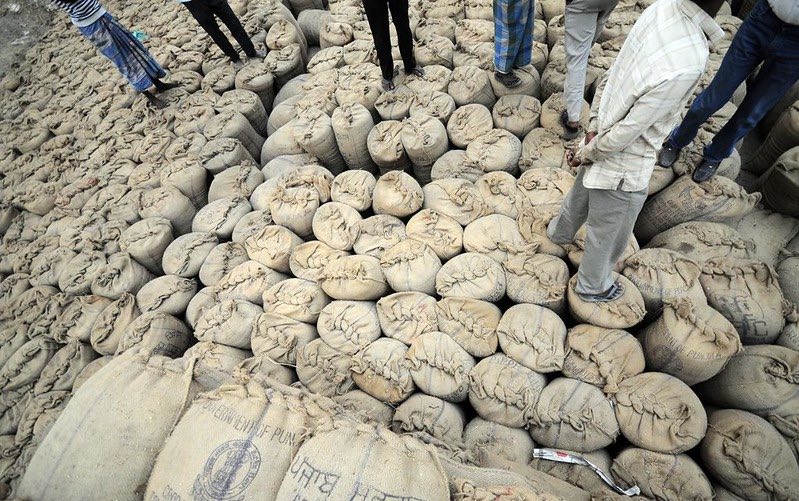
The links between food-related trade and fiscal policies and obesity rates in low- and middle-income countries
Nutrition impacts of tariffs and subsidies.
-
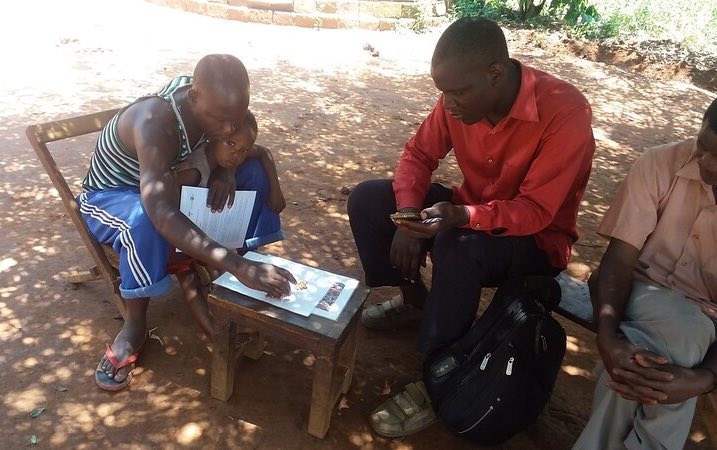
What can we really learn from sex-disaggregated data?
Parsing sometimes contradictory responses in household surveys.
-
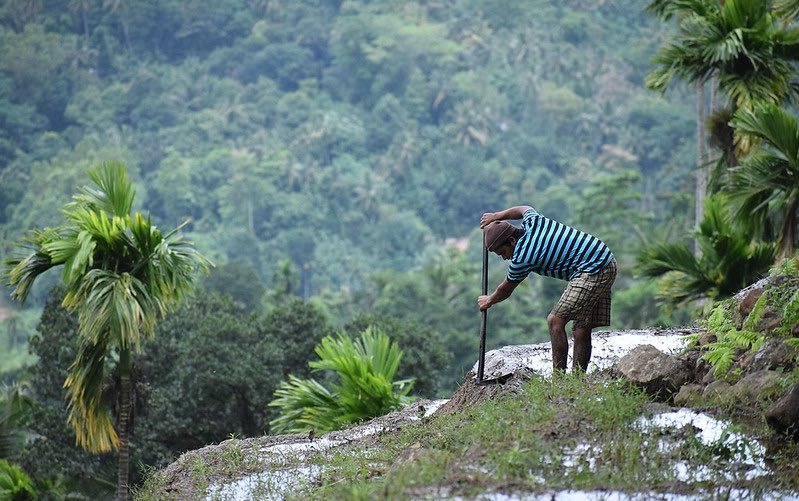
Dietary diversity among men and women in rural Sri Lanka
Insights into the food pyramid.
-
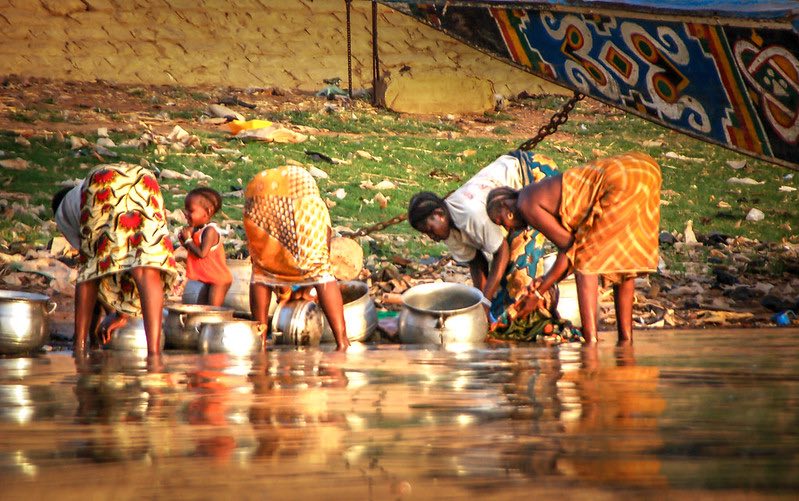
A brighter future: The relationships between cash transfers, mental health, and investments
Escaping psychological poverty traps.
-
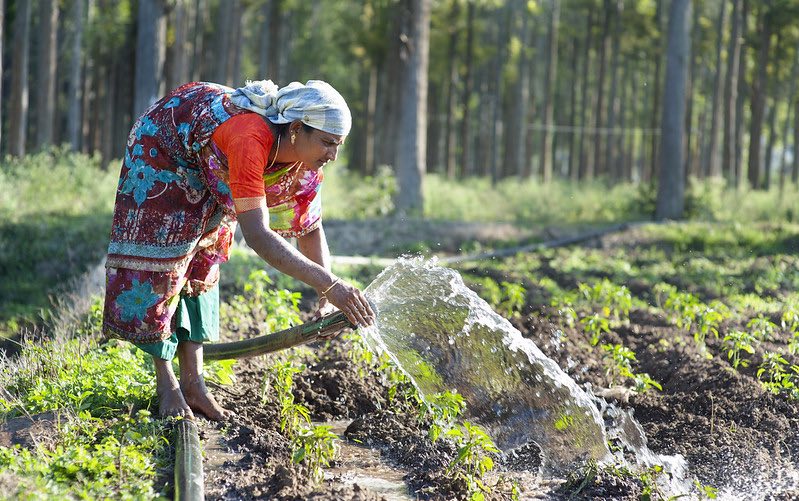
A behavioral perspective on improving water governance in India
Insights into achieving sustainable irrigation.
-
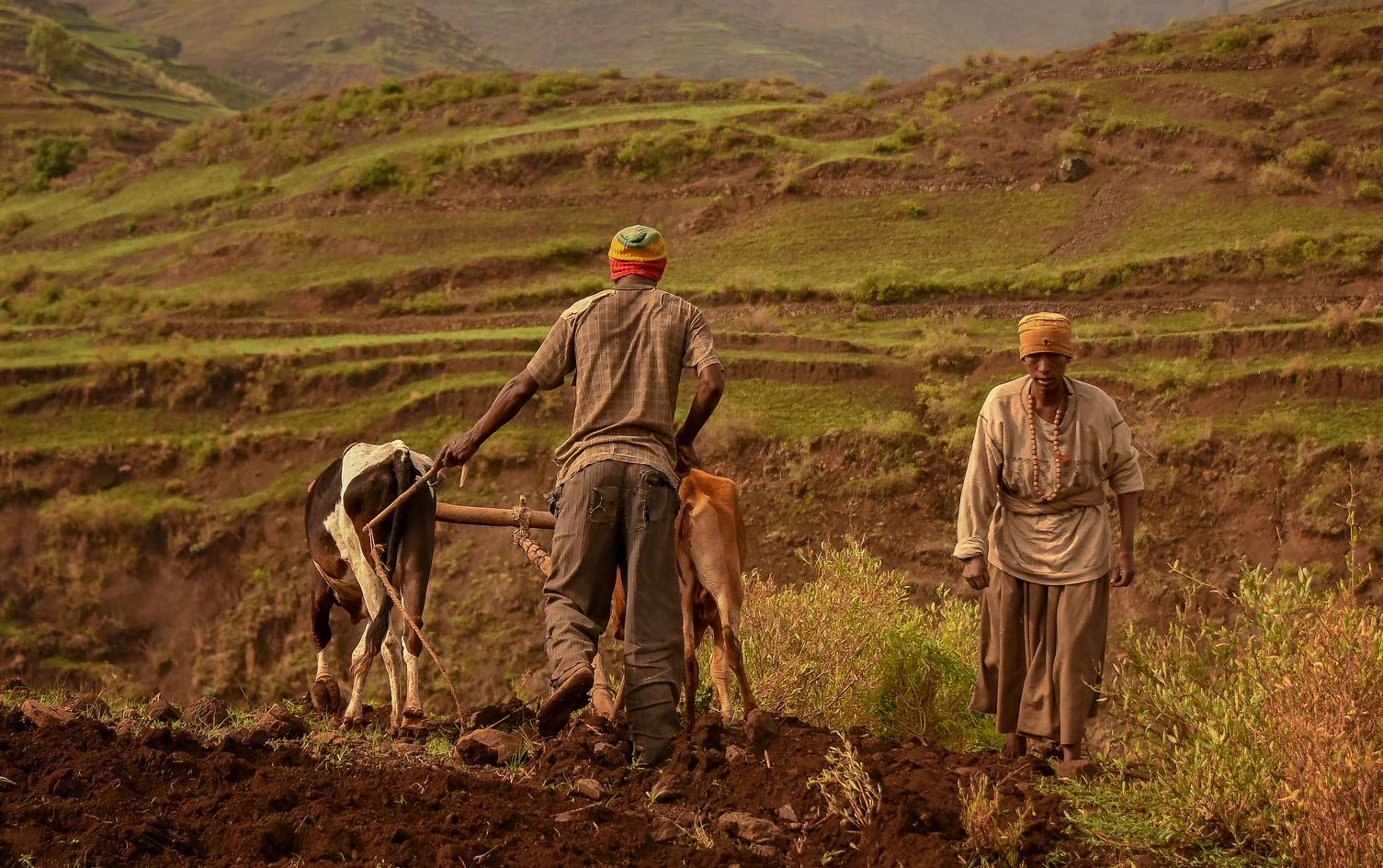
Book: Improving African agricultural value chains to boost production and revenue
Pathways for smallholders to fulfill their potential.
-
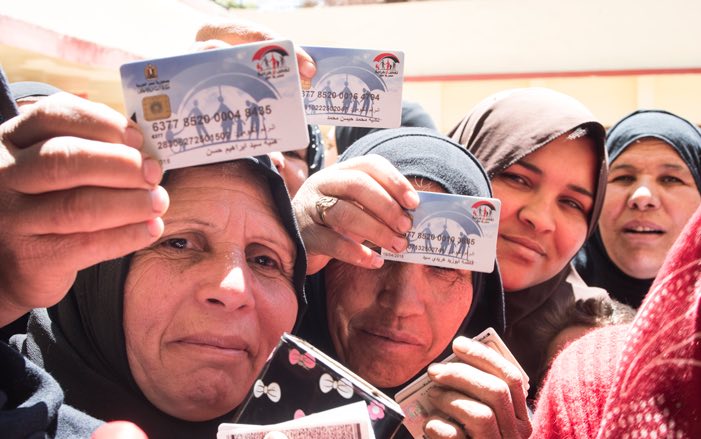
Cash transfers and women’s decision-making in Egypt: Still a man’s world
The role of gender norms in household dynamics.
-
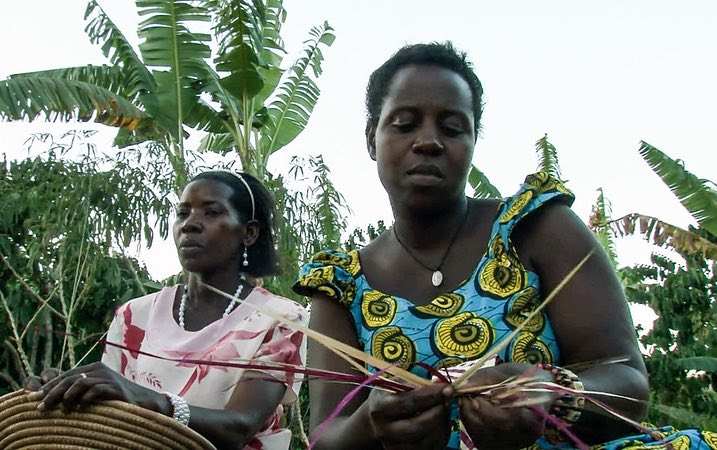
Interventions for women’s empowerment and repercussions for family welfare: Evidence from Uganda
Gender programs have nuanced impacts.
-
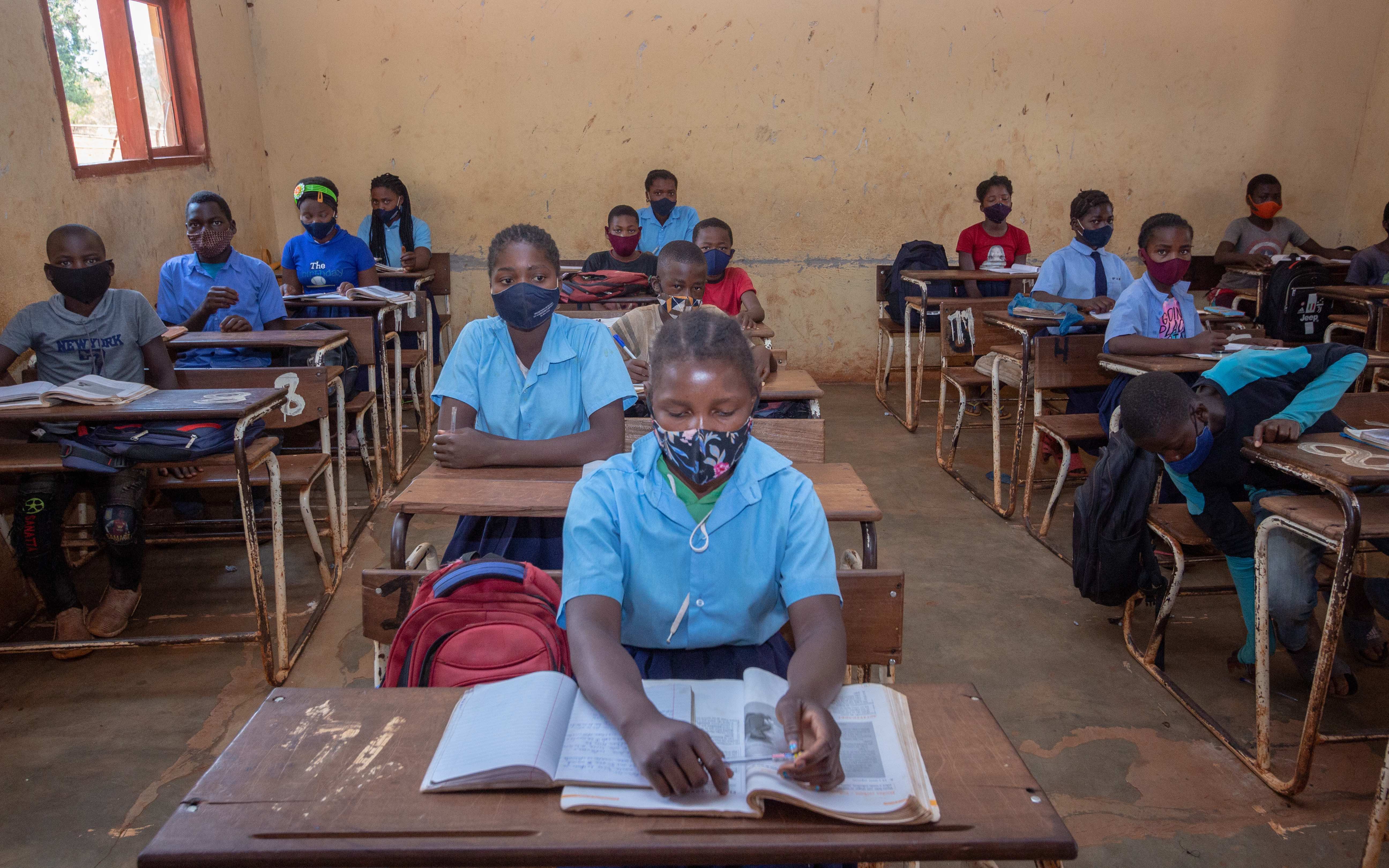
COVID-19 school closures and adolescent mental health: Evidence from Mozambique
How 7th graders contend with pandemic stresses.
-
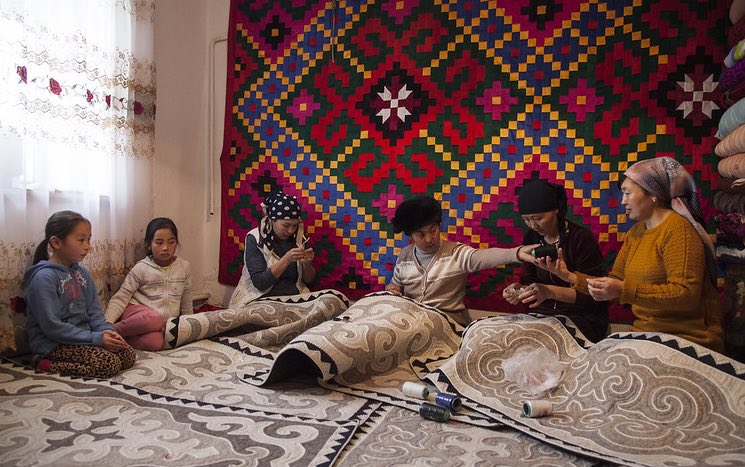
Aspirations and women’s empowerment: Evidence from Kyrgyzstan
Women with greater ambition tend to have more power within households.
-
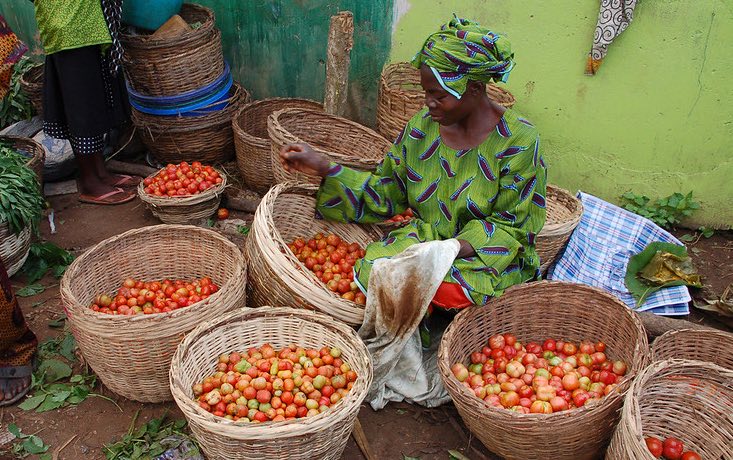
Transforming Nigeria’s agrifood system for healthier diets and higher farm incomes
A policy shift focusing on nutritious foods and consumers.
-
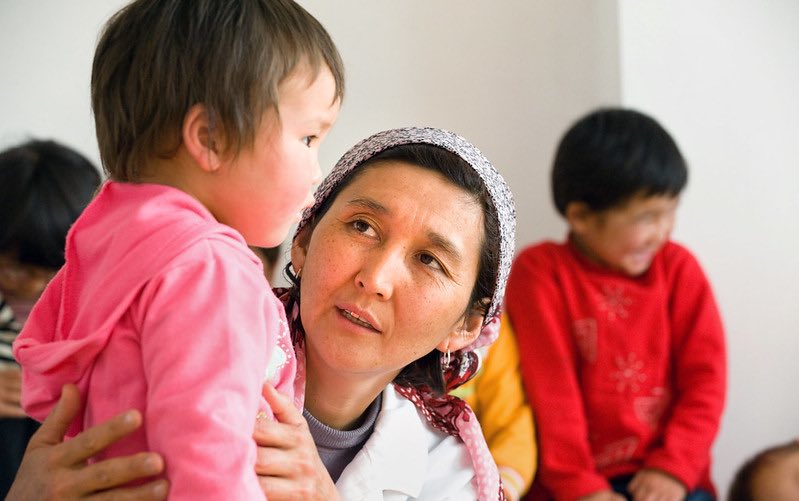
Disparate health and nutrition impacts of income shocks across different household members: Evidence from Kyrgyzstan
As COVID-19 pandemic disruptions continue, policies should address shifting effects.
-
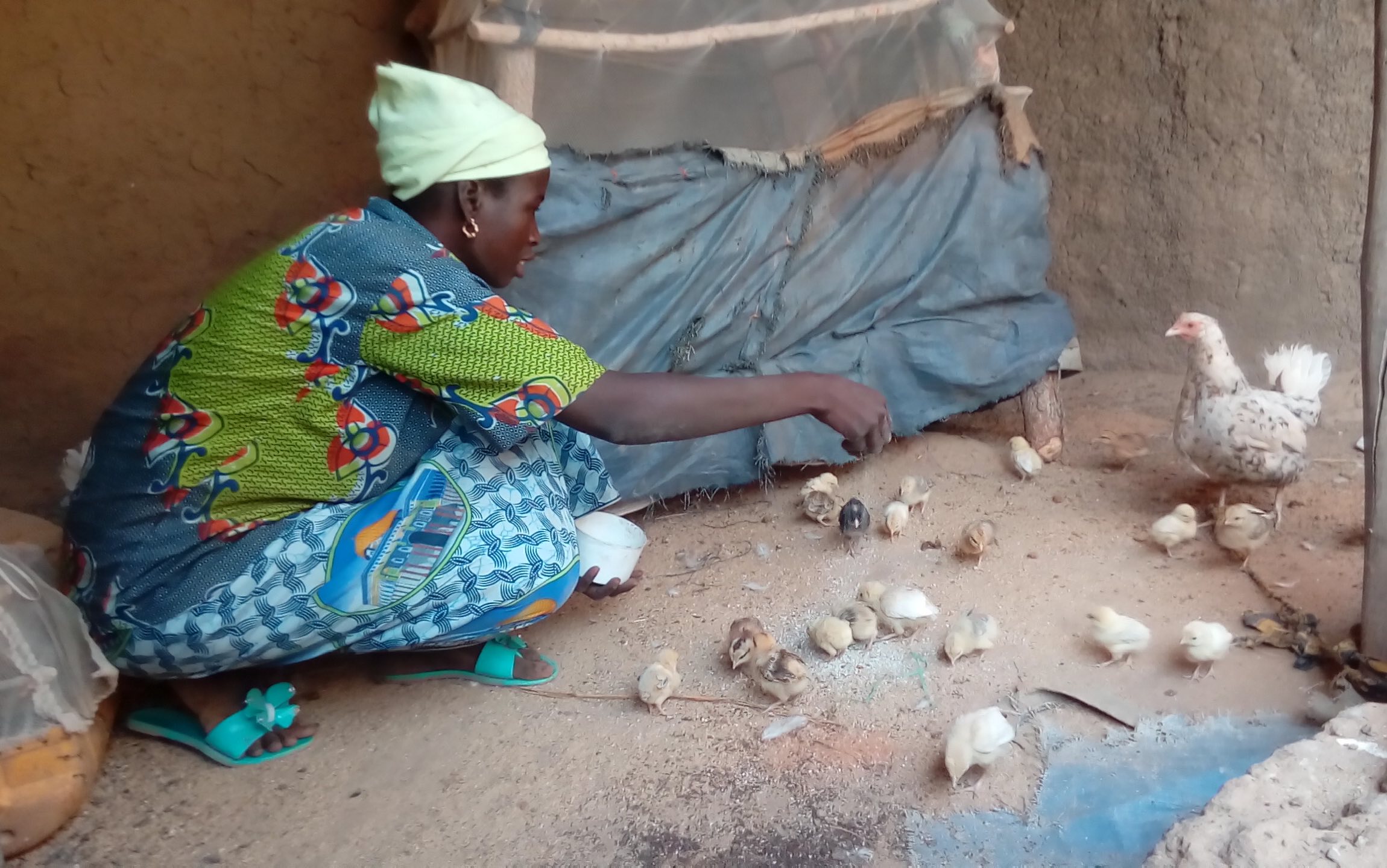
Unpacking the effects of a complex intervention on women’s poultry production: Evidence from Burkina Faso
Results from a randomized controlled trial.
-
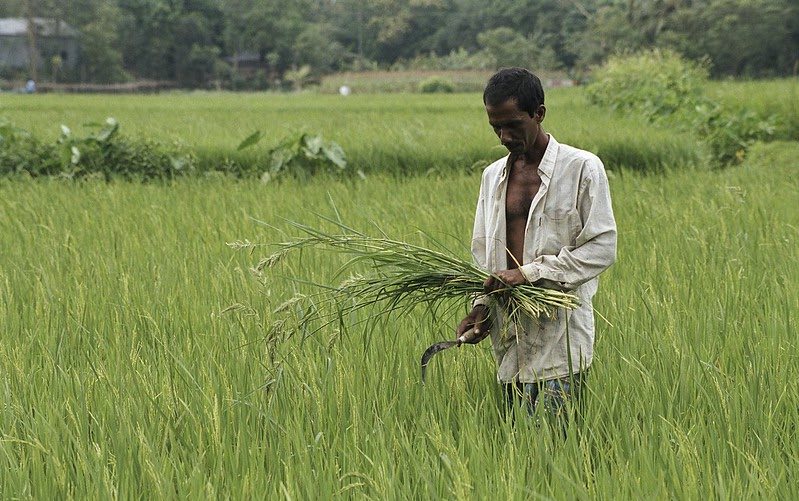
Optimizing seasonal-spatial crop production to improve its economic-environmental performance in Bangladesh
The advantages of science-based land use planning.
-
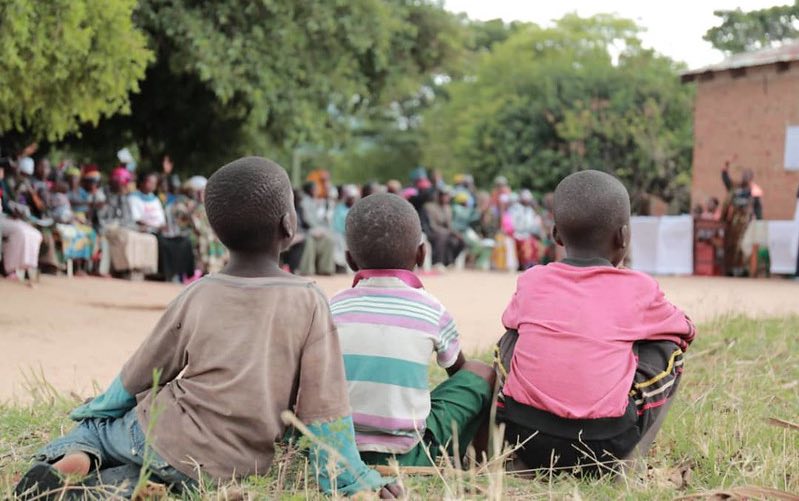
Heat shocks linked to lower maize yields and reduced child height: Evidence from Tanzania
The first time such a connection has been established between climate change, agricultural productivity, and health.
-
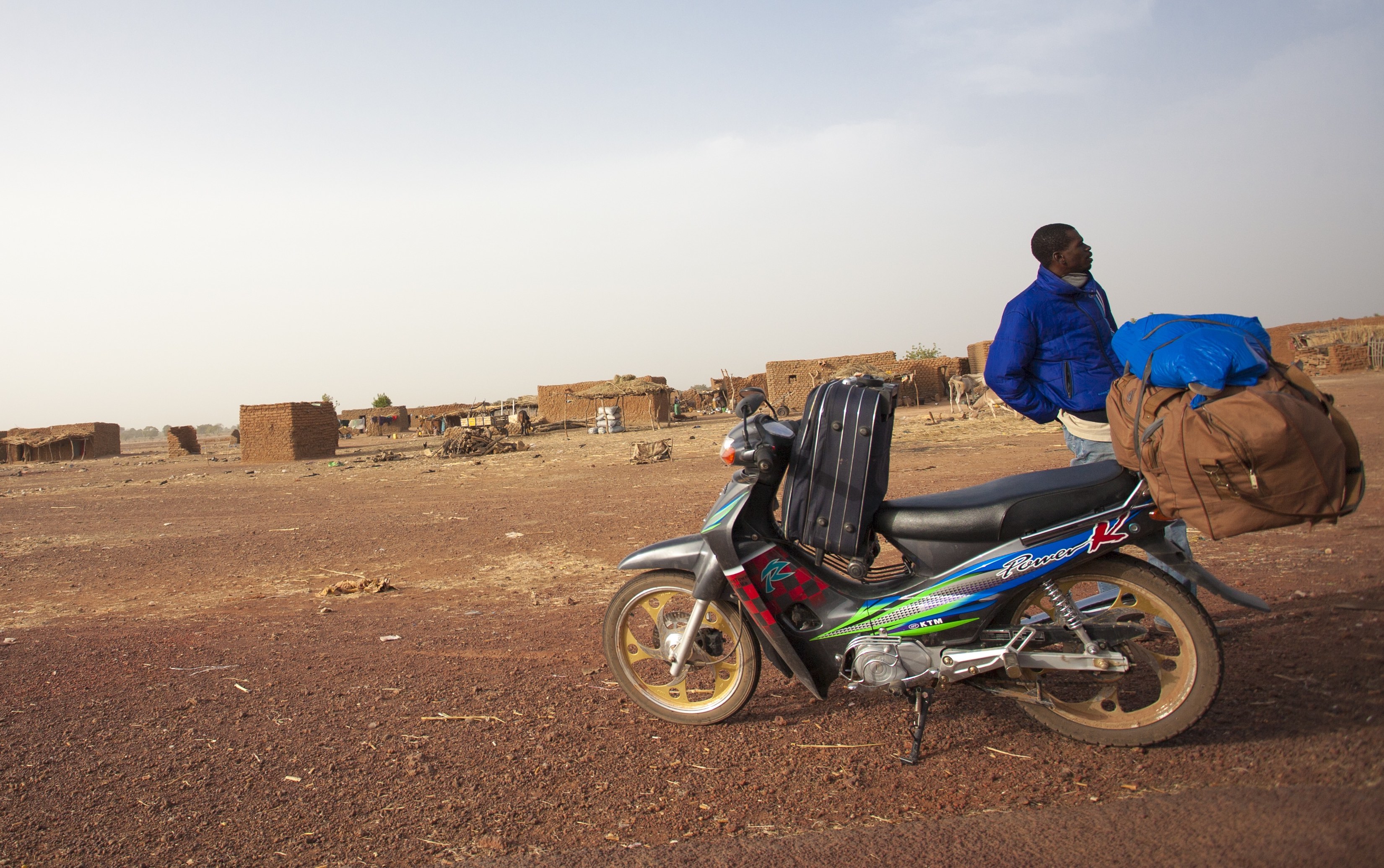
Examining the gendered impacts of cash transfers on migration in Mali
Exploring the complex interplay of work, migration, and gender.
-
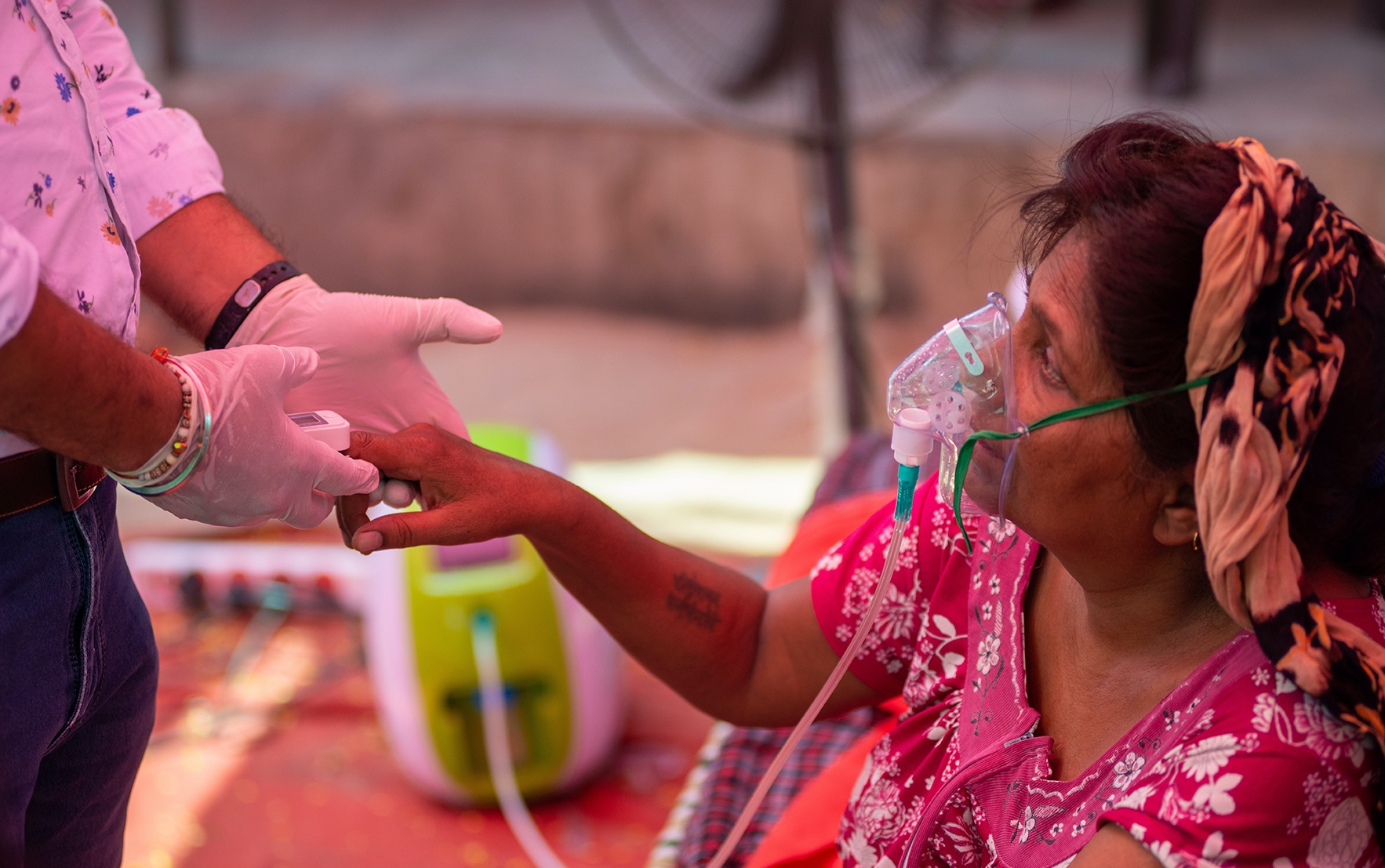
COVID-19 disruptions to health and nutrition services in Uttar Pradesh, India
After lockdowns are lifted, reluctance to seek assistance lingers.
-

Extraordinary COVID-19 social support programs in South Africa yield economic benefits during the pandemic period
Modeling shows emergency safety net programs boost GDP during pandemic.
-
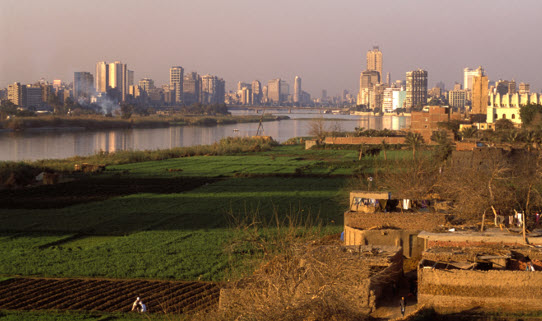
An integrated approach to realize multiple benefits across water, energy, food, forests and biodiversity
Water, energy, food, forests, and biodiversity systems are intricately linked but projects to improve resource usage are too often siloed.
-
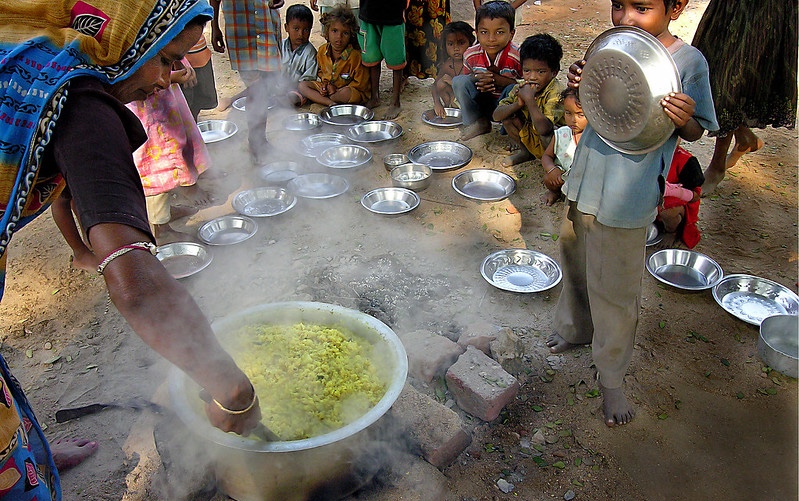
School feeding programs improve nutrition and child growth across generations: Evidence from India
Research shows for the first time the benefits of a key type of social protection program extend years later to the children of recipients.
-
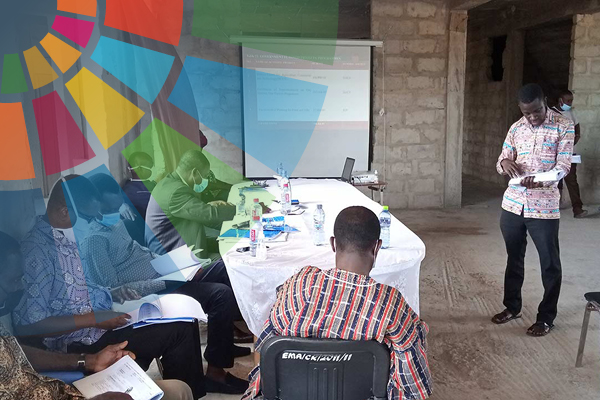
The devolution revolution paradox: Greater accountability, lower spending on agricultural services
A potential obstacle to food system transformation at the local level.
-
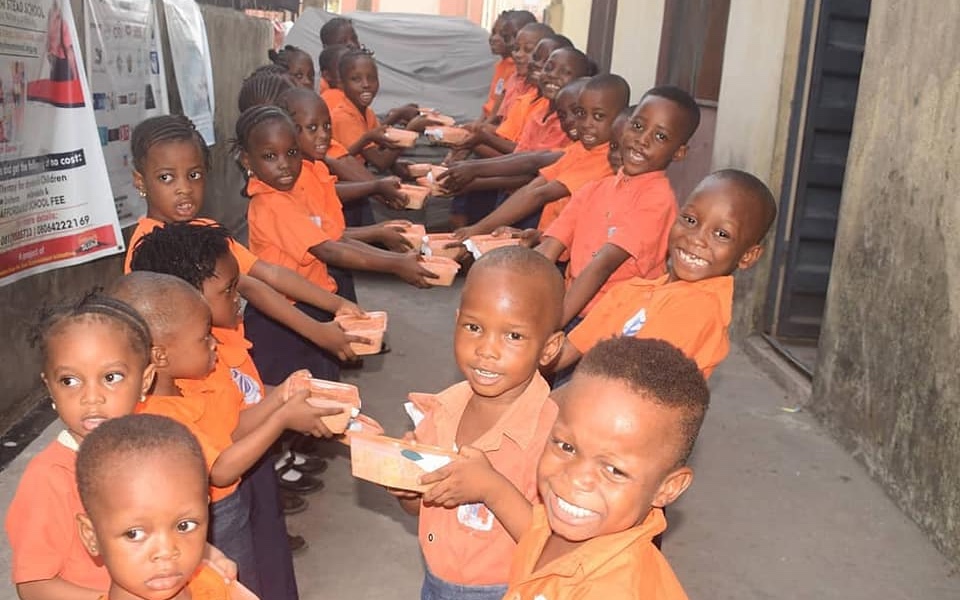
COVID-19-induced disruptions of school feeding services exacerbate food insecurity in Nigeria
What happened when a key type of social protection program stopped operating during lockdown.
-
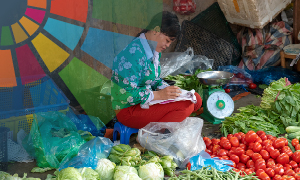
Mapping evidence of food system transformation for healthier diets: What works?
Surveying which innovations work best to build better nutrition.
-
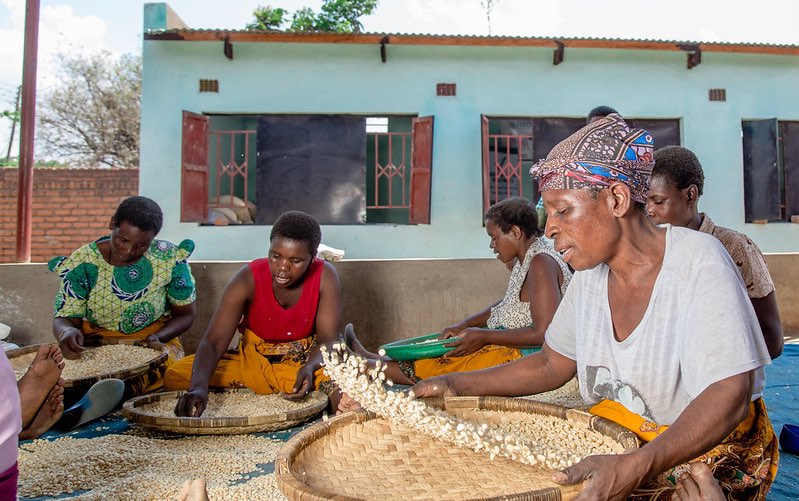
Time-use agency: A new measure of women’s empowerment
A more nuanced approach to gauging women's strategic choices about time and work.
-

Challenges for policy and research to reduce food loss and waste
Five major obstacles that stand in the way of progress.
-
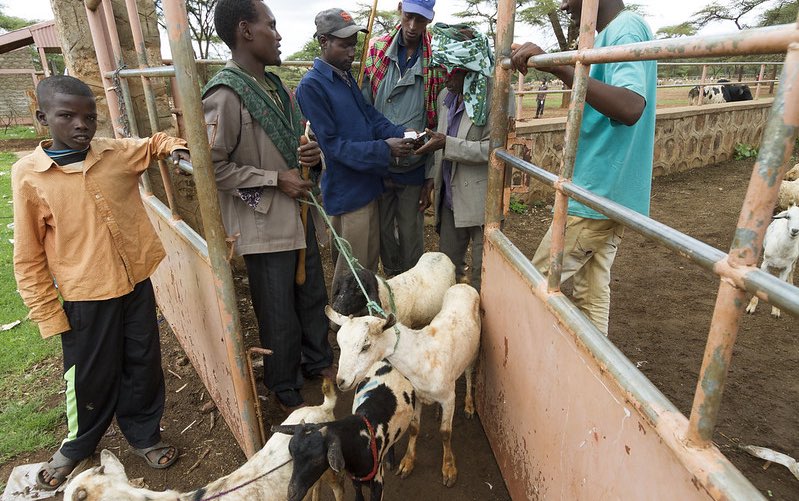
Policy-induced market distortions along agricultural value chains: Evidence from Ethiopia and Nigeria
Encouraging the development of value chains can benefit both smallholders and consumers.
-
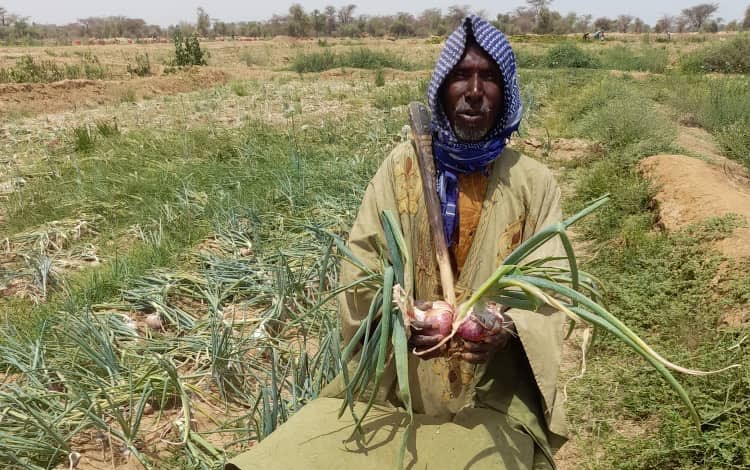
Survey: COVID-19’s varied impacts on fresh fruit and vegetable supply chains in Senegal
Pandemic impacts fall more heavily on smallholder farmers and others serving more traditional markets.
-
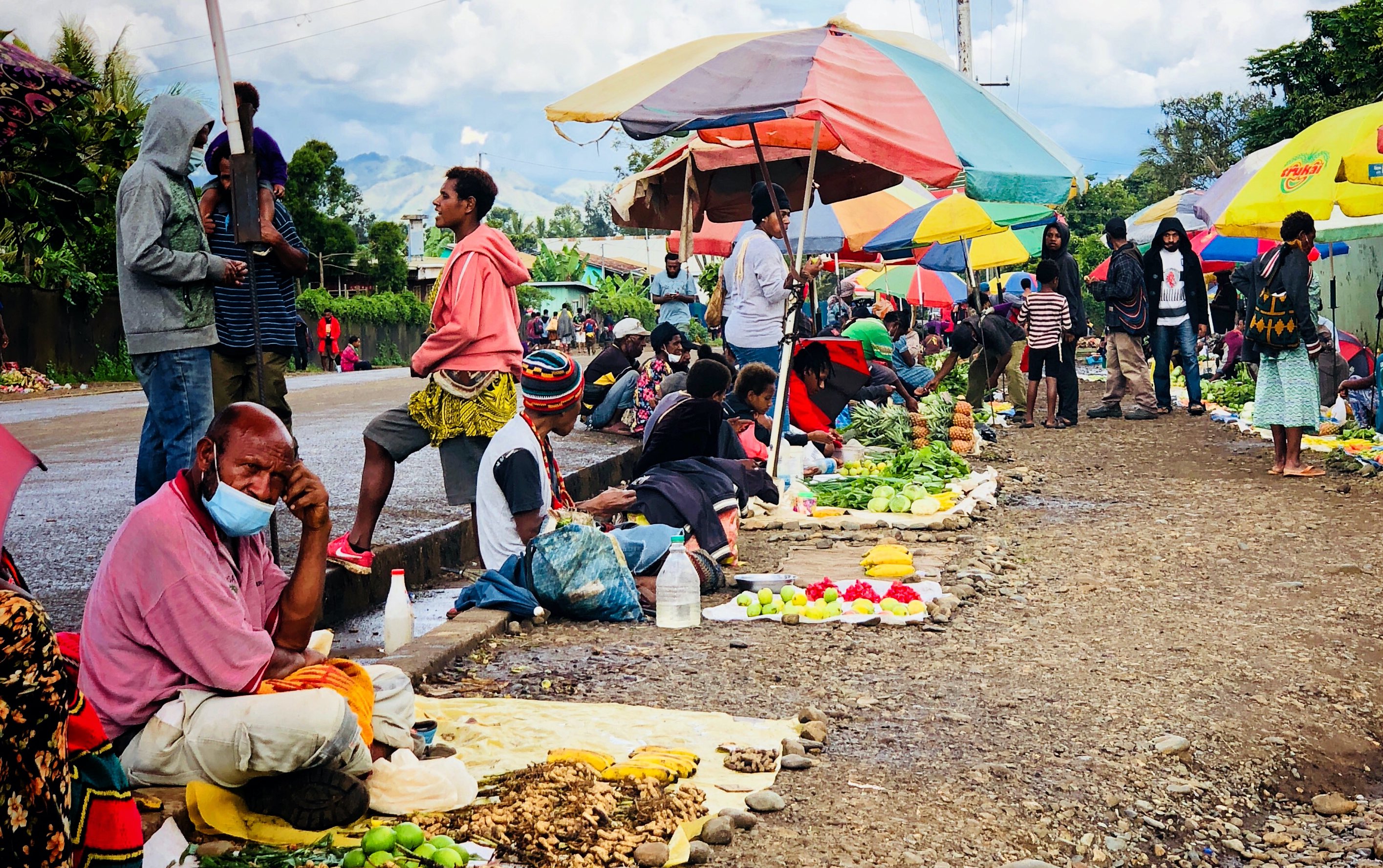
Model: Impacts of the COVID-19-driven rise in global rice prices on consumers in Papua New Guinea
Households may have reduced rice consumption as much as 15% or more,
-
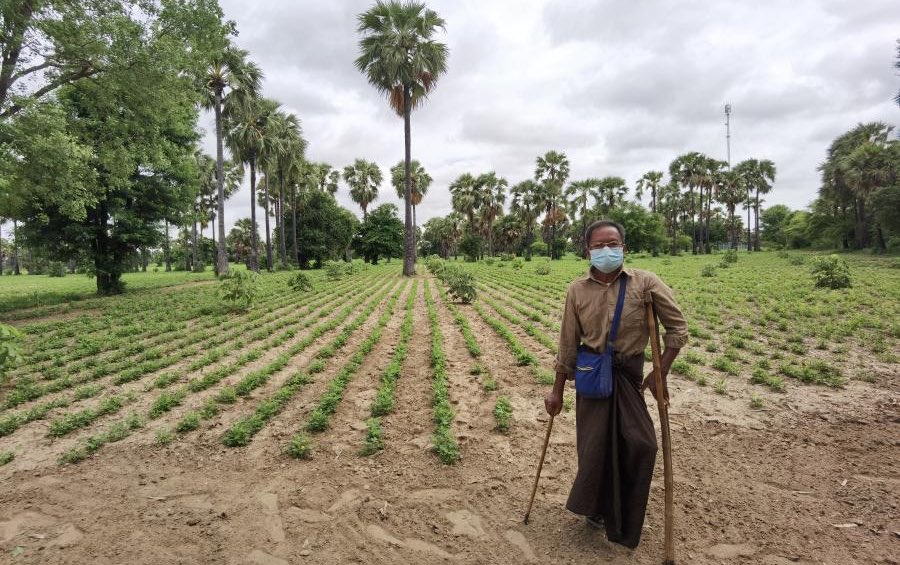
Survey: COVID-19 undermines incomes, livelihoods in rural Myanmar
Mobility restrictions and market disruptions hit farming households hard.
-
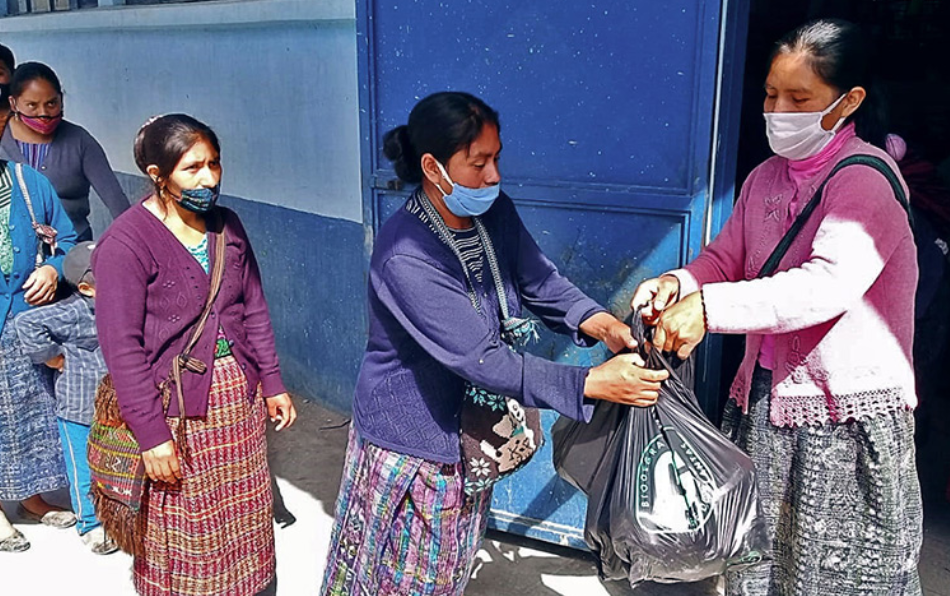
Survey: Short-term impacts of COVID-19 in rural Guatemala call for a closer, continuous look at the food security and nutritional patterns of vulnerable families
A lockdown and other pandemic measures erode incomes, food security, and dietary diversity in the Western Highlands.
-
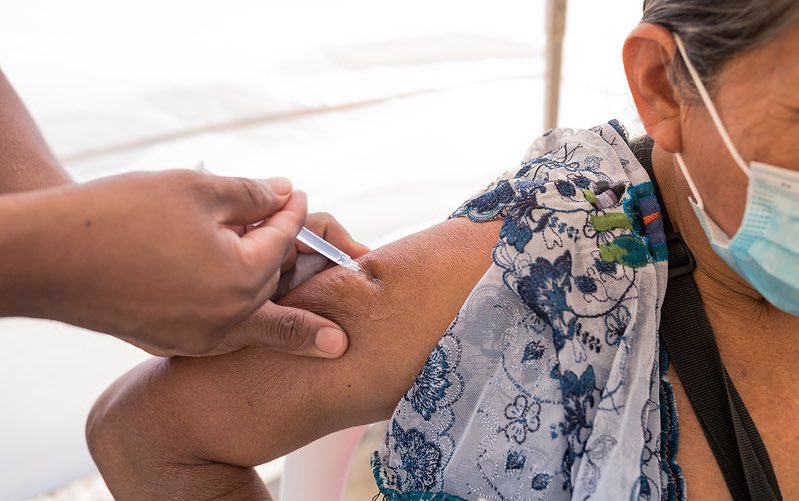
Rural populations face heightened COVID-19 risks
An analysis of 12 low- and middle-income countries shows potential pandemic hotspots.
-
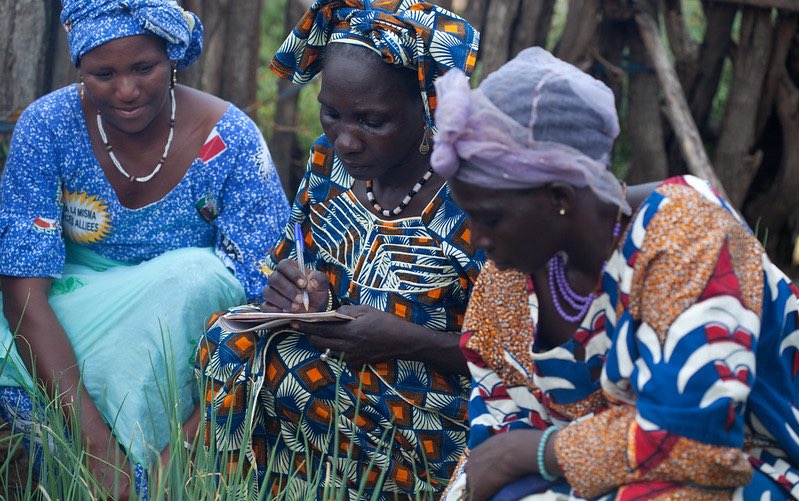
Women’s voices in civil society organizations: Evidence from a civil society mapping project in Mali
Insights on buttressing women's roles in political decision making.
-
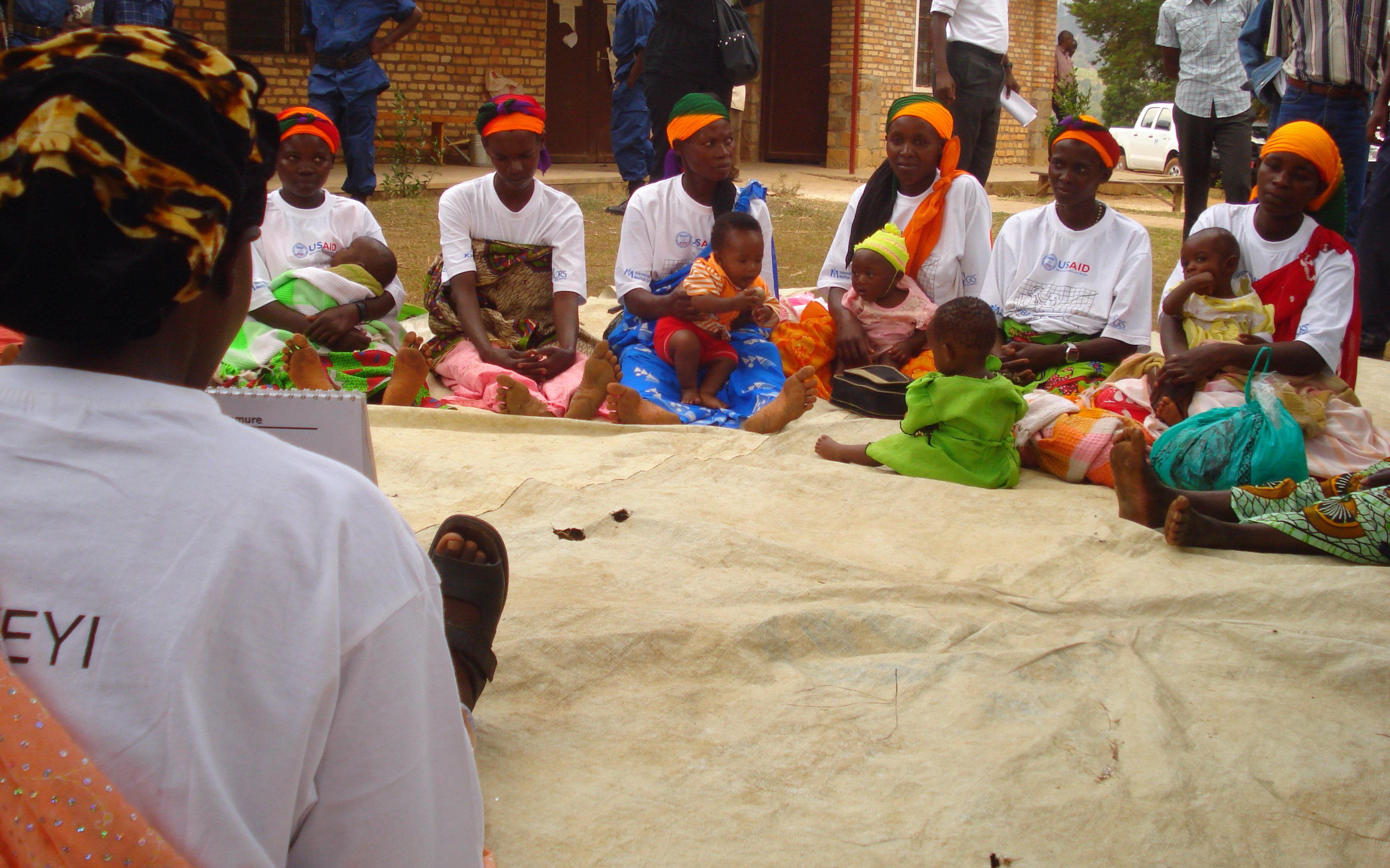
Can child wasting be prevented in times of crisis? Evidence from Burundi
Positive results from the Tubaramure program suggest lessons for COVID-19 responses and future crises.
-
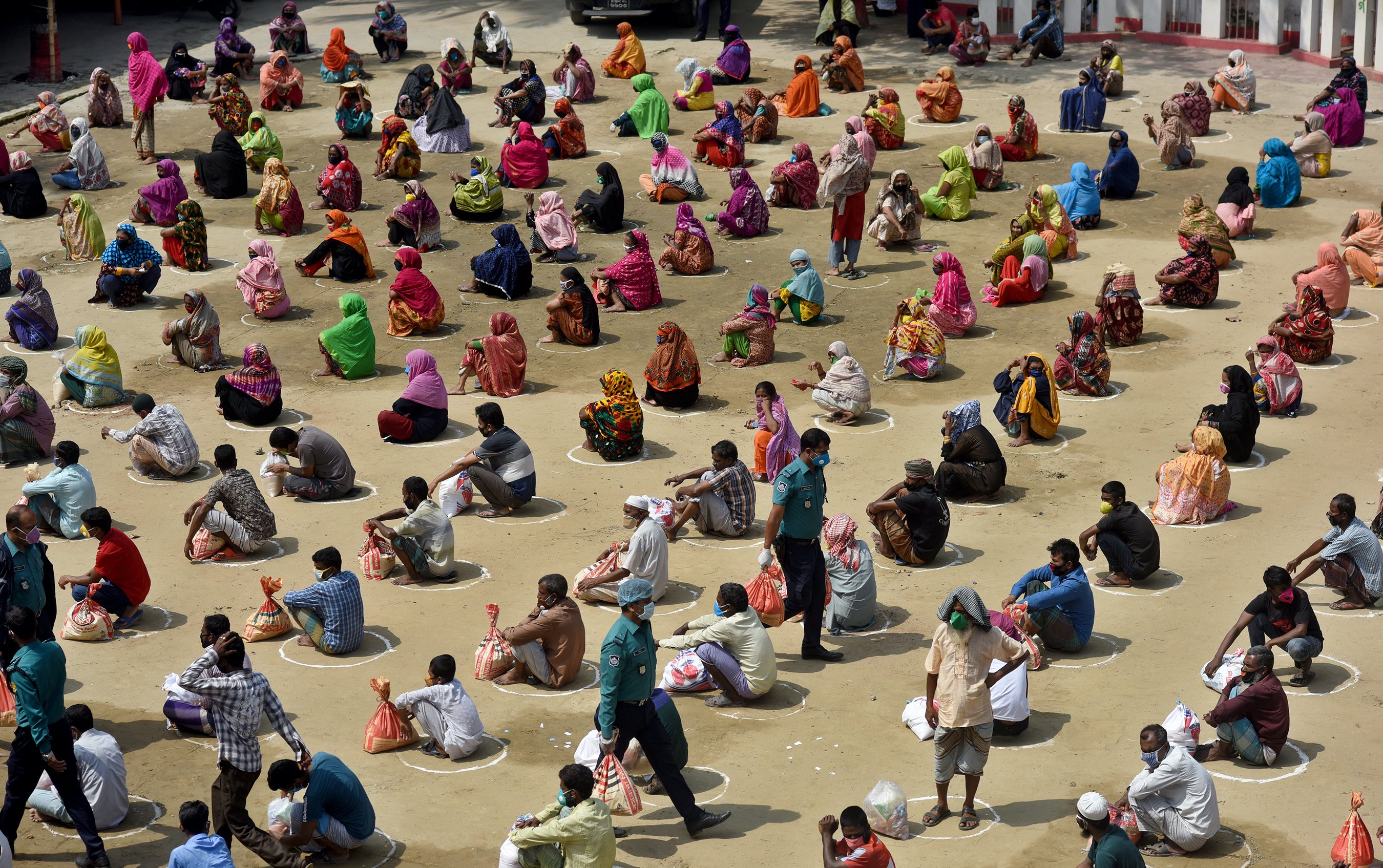
Survey: A major food transfer program in Bangladesh fell short during the COVID-19 pandemic
What happened with a key social protection effort during lockdown.
-
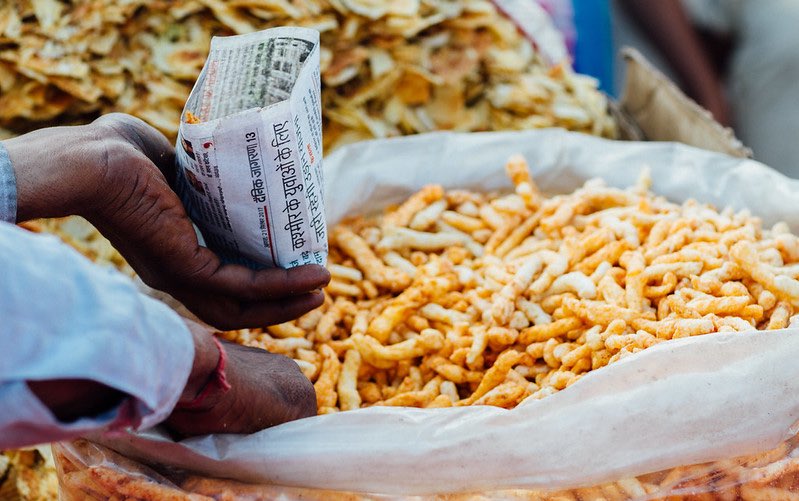
Study: Examining wealth and residential inequalities in India’s double burden of malnutrition
Rising obesity rates among both rich and poor, and other trends.
-
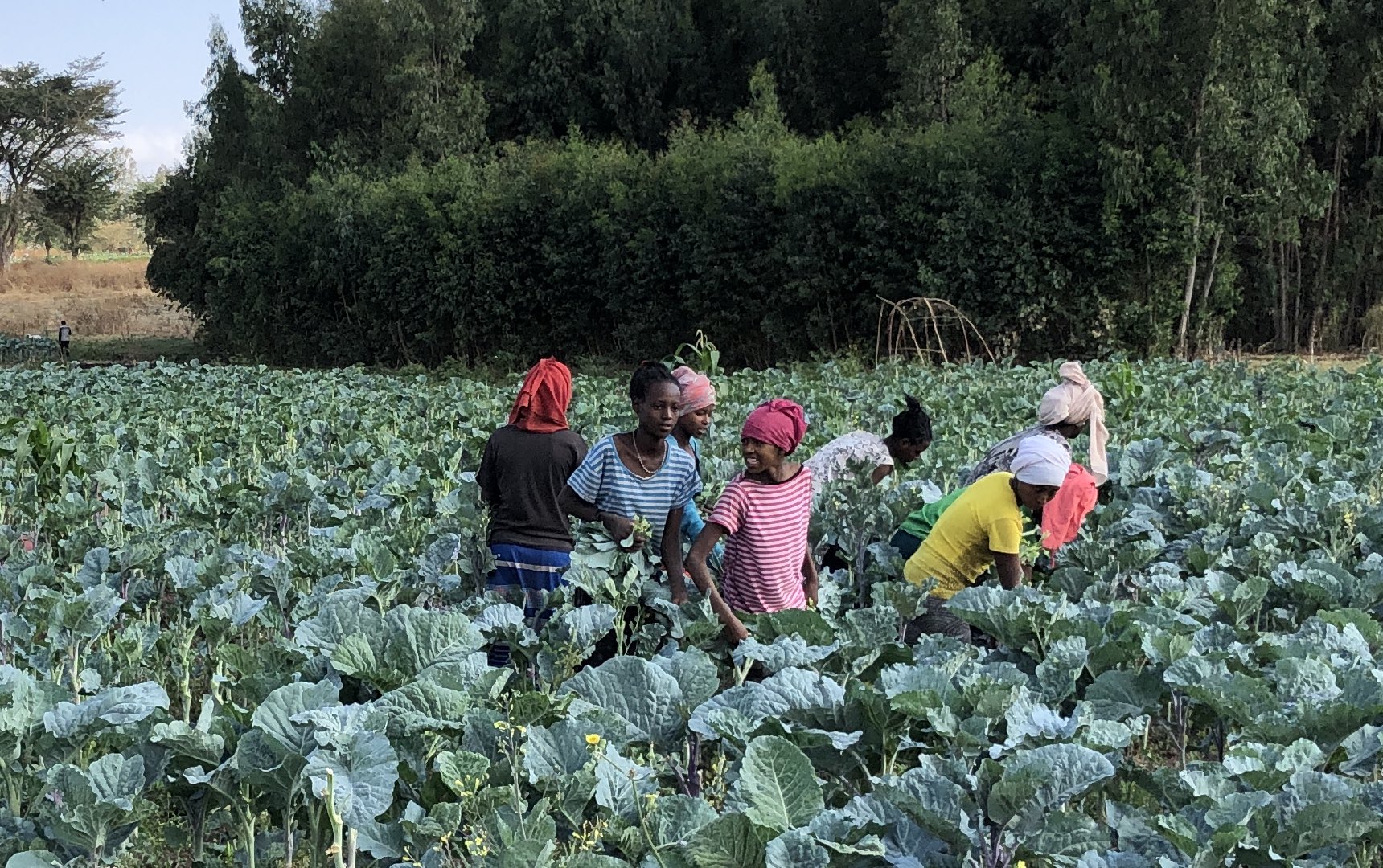
Earth Day 2021: Understanding the role of gender in building healthier soils
Ways to more effectively engage women in a key element of sustainable agriculture.
-
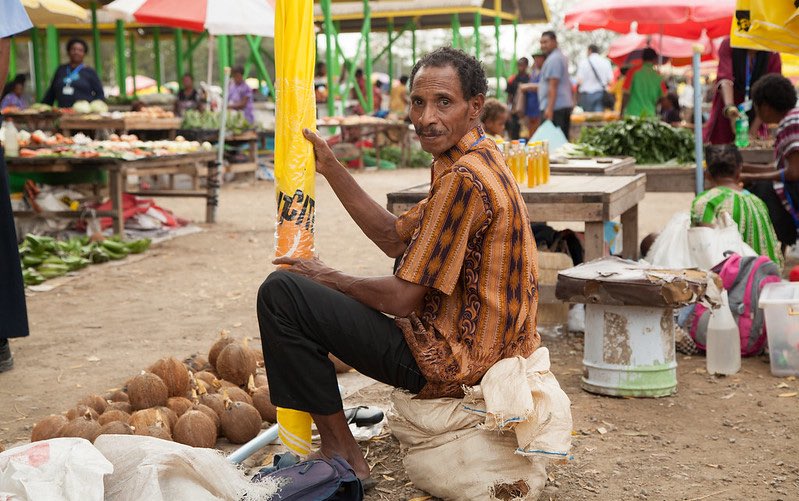
COVID-19 and other shocks facing Papua New Guinea’s food economy
Modeling shows differering impacts for urban and rural households.
-
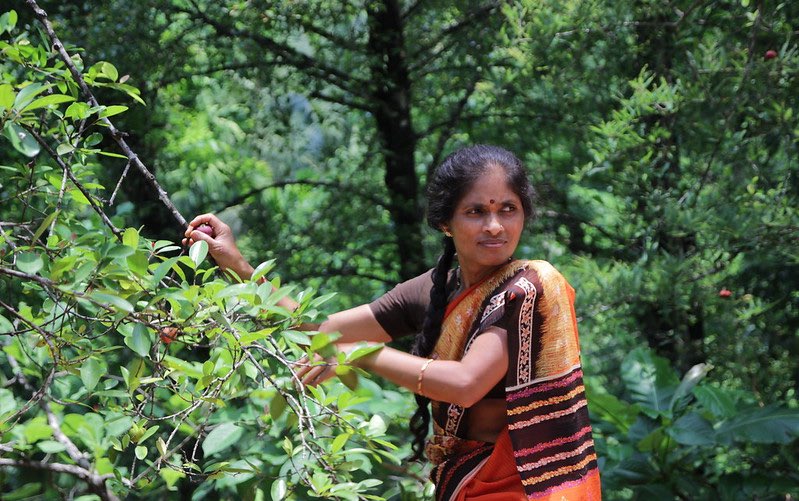
International Forests Day: The crucial value of India’s common lands
A new effort to estimate the extent and value of forests, pasturelands, and wetlands people depend on.
-
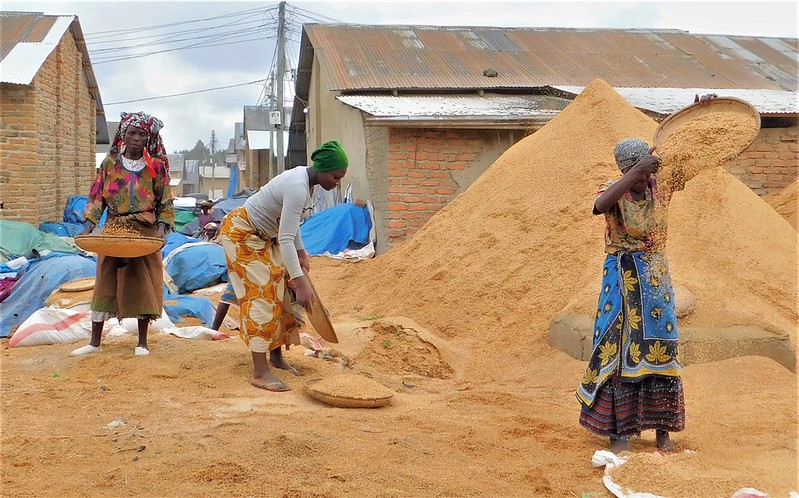
The heat never bothered me anyway: Gender-specific response of agricultural labor to climatic shocks in Tanzania
Heat stress exerts heterogeneous effects by gender, agricultural activity, and household structure.
-
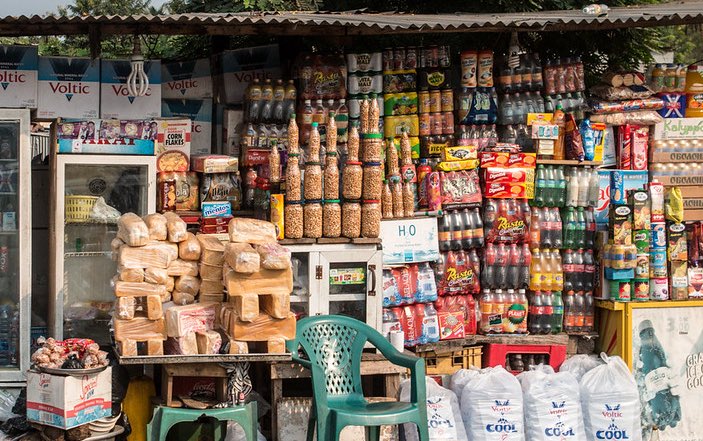
Africa’s processed food revolution and the double burden of malnutrition
Rapid changes in markets and food systems create a new set of problems.
-
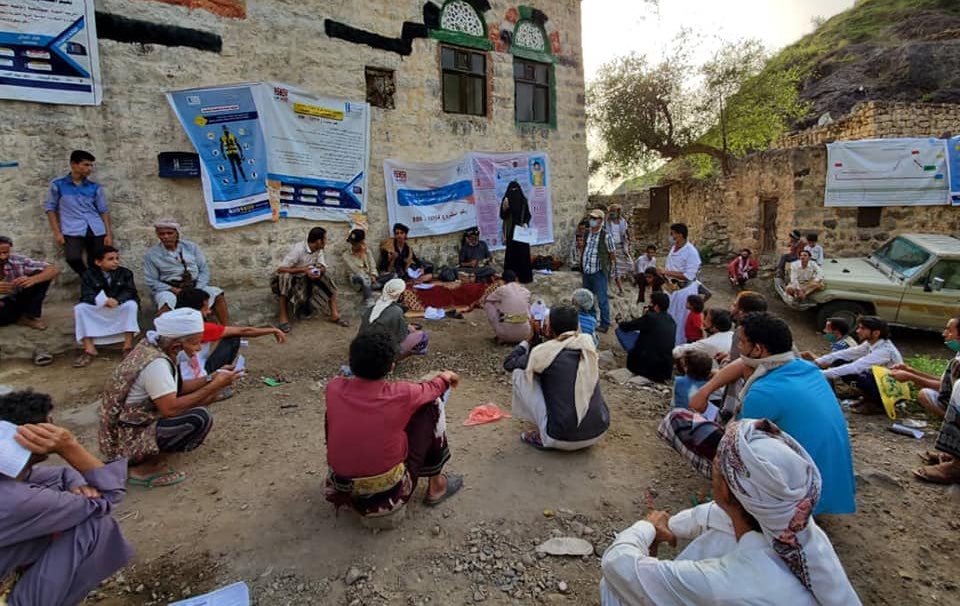
Model: Impact of falling remittances amid COVID-19 on Yemen’s war-torn economy
Losses in income from abroad impact the poorest households most.
-
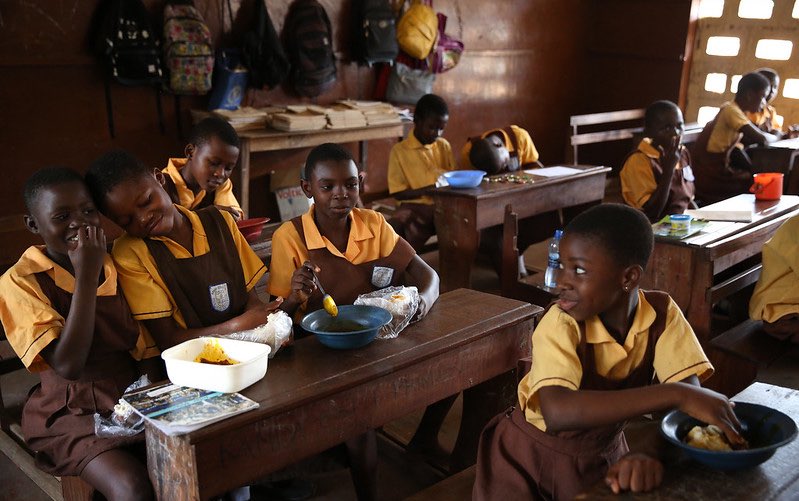
Ghana school lunch program linked to improved learning
A randomized control trial shows positive results on test scores.
-
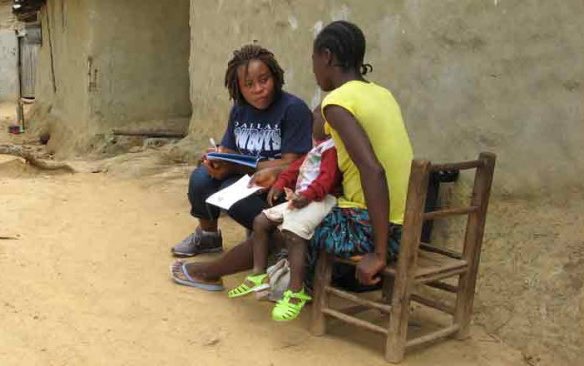
1.15 Million Children, 122,472 communities, 57 countries, 30 years: New dataset combines Demographic and Health Surveys with geographic information systems
Making important connections between agriculture, health, and nutrition.
-

Can sports and life skills programs improve labor force outcomes for vulnerable youth?
Analyzing impacts of a program in Monrovia, Liberia.
-
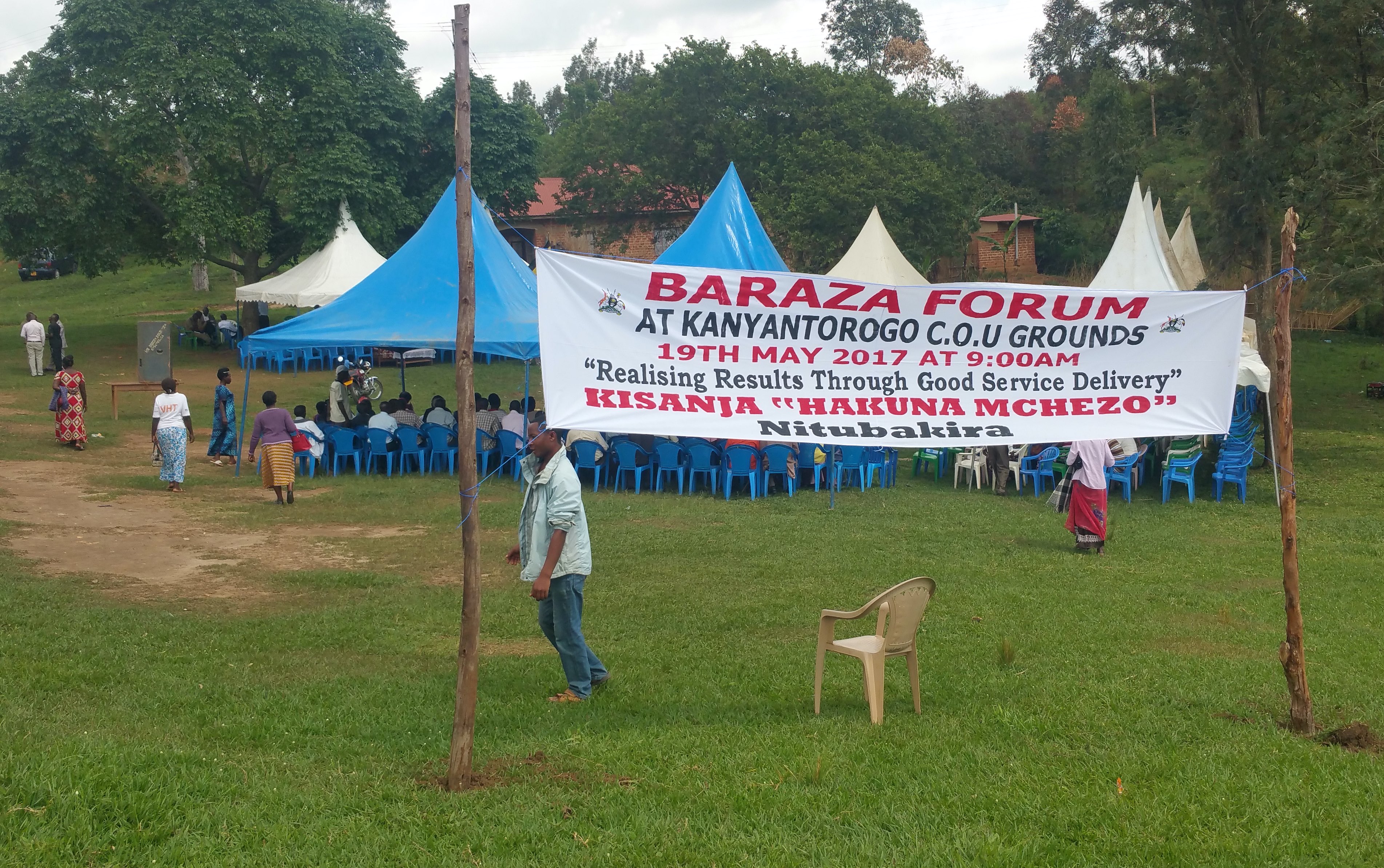
Does bottom-up monitoring improve public services? What we found in Uganda
Community-based accountability meetings called barazas yield positive results.
-
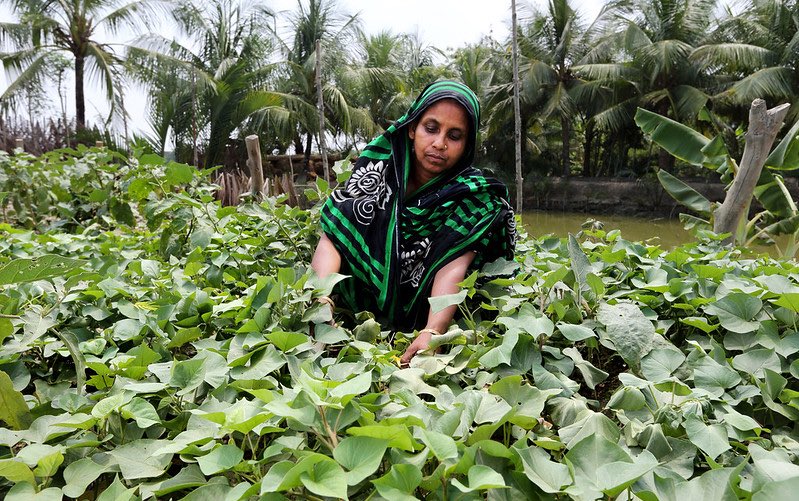
How women’s empowerment can expand crop diversification as a climate adaptation strategy in Bangladesh
Modeling shows participation in production decisions and membership in community groups can yield positive results.
-
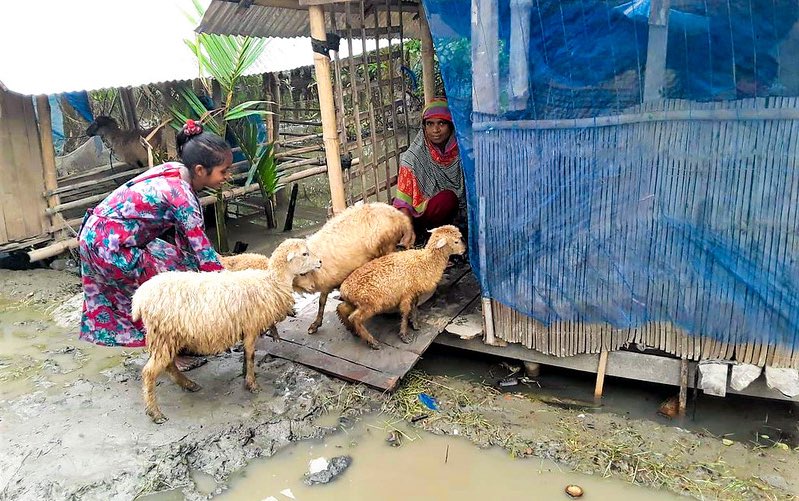
Model: Rising seas may not drive population away from Bangladesh’s vulnerable coast
Undercutting a standard assumption about climate change-driven migration.
-
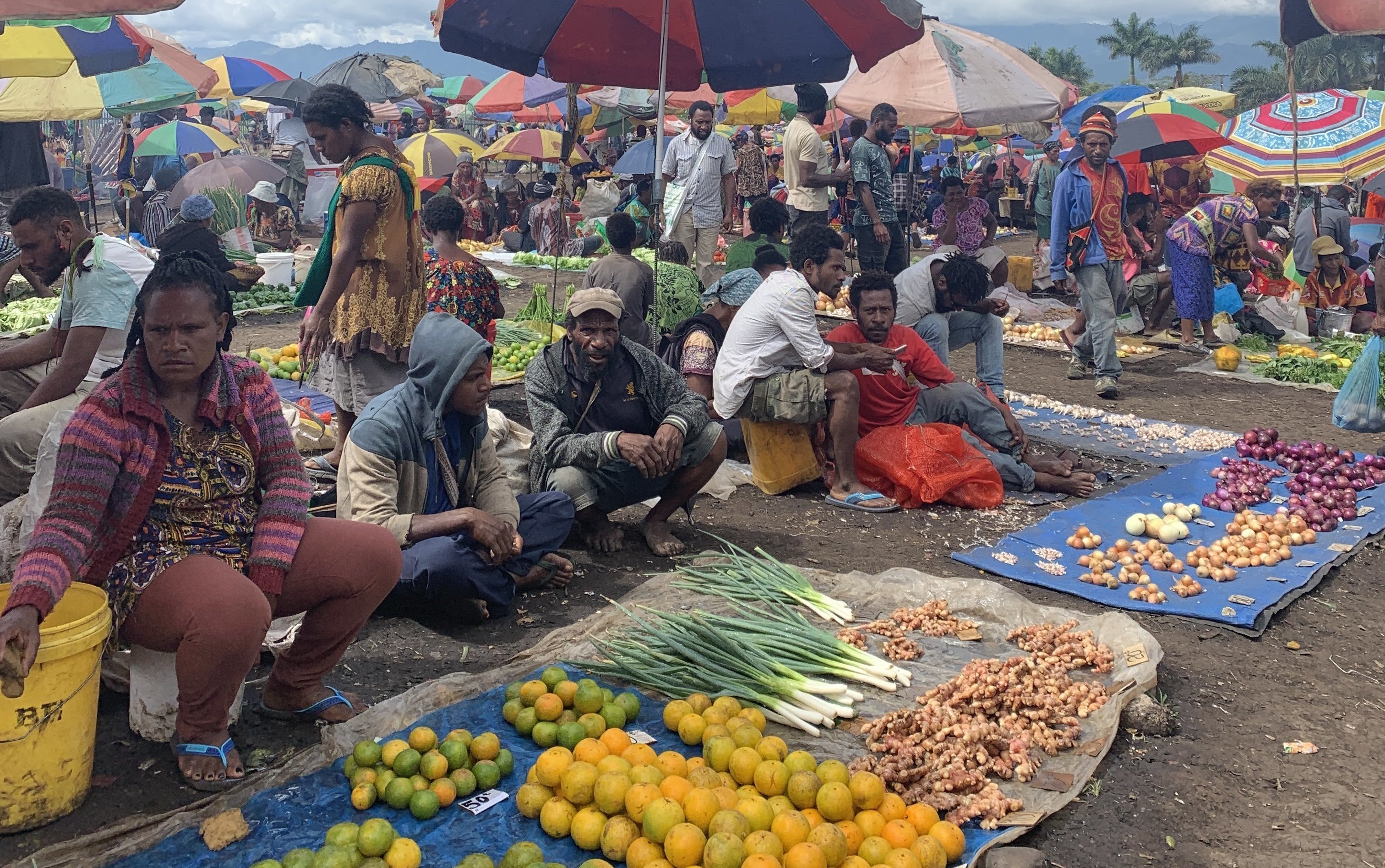
Study: Feeling relatively poor increases support for women in the workplace – but men still don’t want them making household decisions
Working outside the home typically doesn't lead to reduced domestic responsiblities.
-
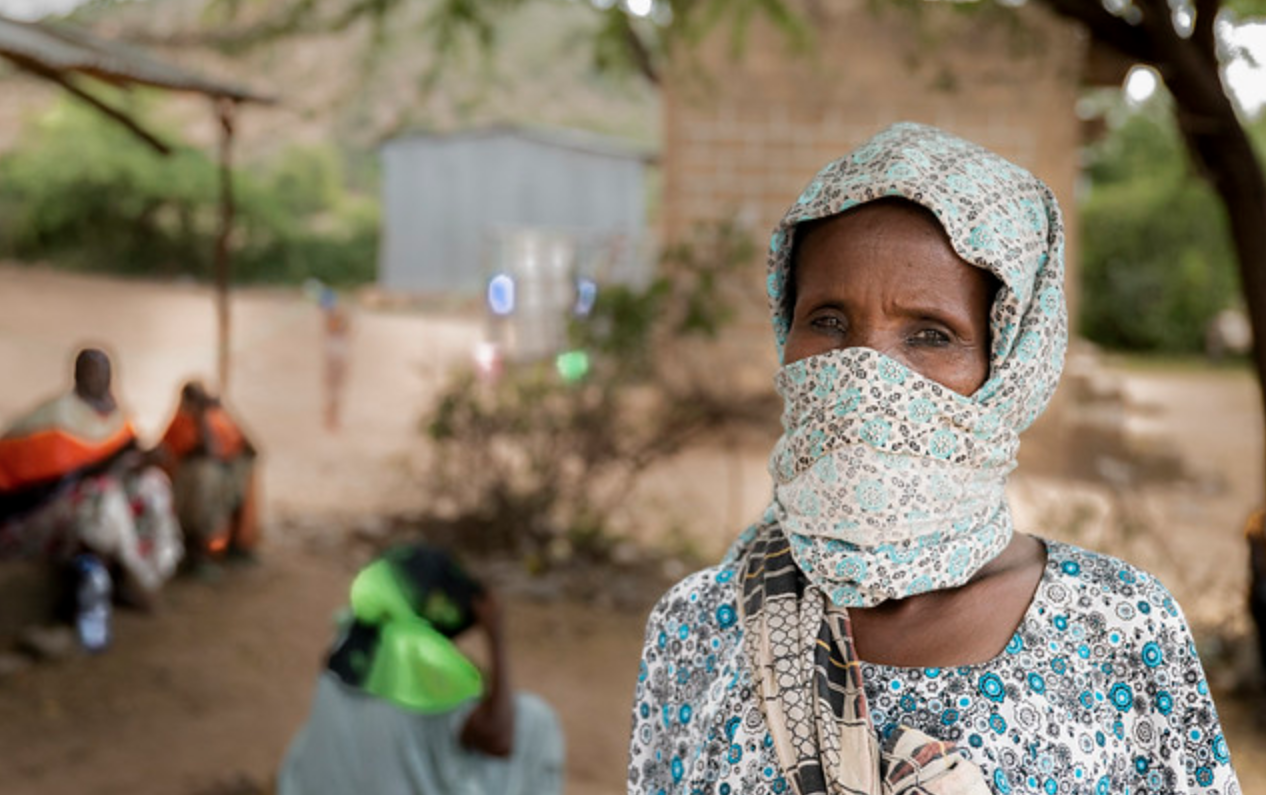
Ethiopia’s social safety net effective in limiting COVID-19 impacts on rural food insecurity
A survey shows such programs can be effective in addressing the impacts of sudden shocks.
-
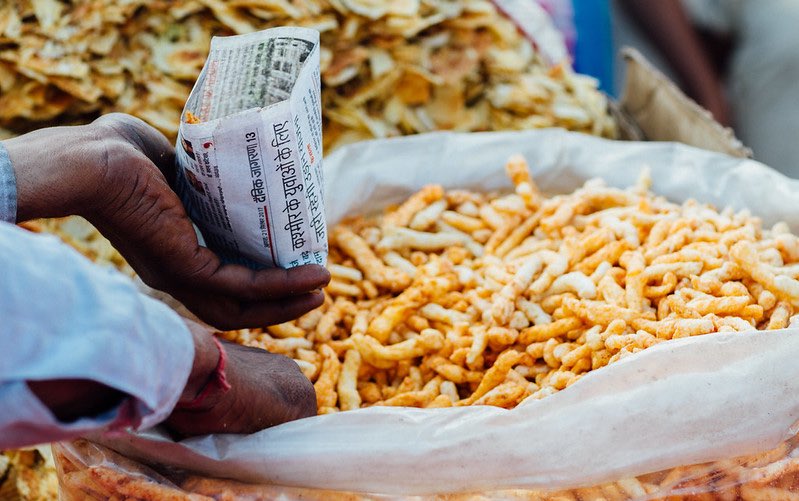
New India National Family Health Survey data shows worrying trends on anemia, overweight
A rapid analysis reveals urgent problem areas and directions for further research.
-
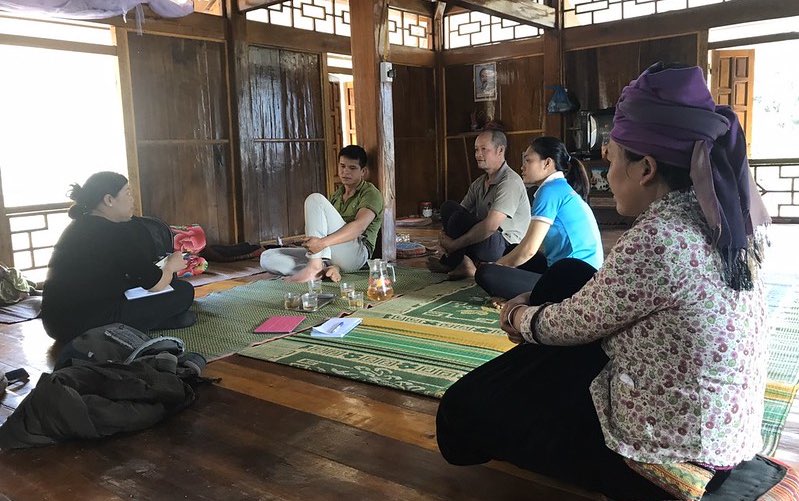
Does response fatigue bias our understanding of rural livelihoods against women and youth?
Identifying a problem in household surveys.
-
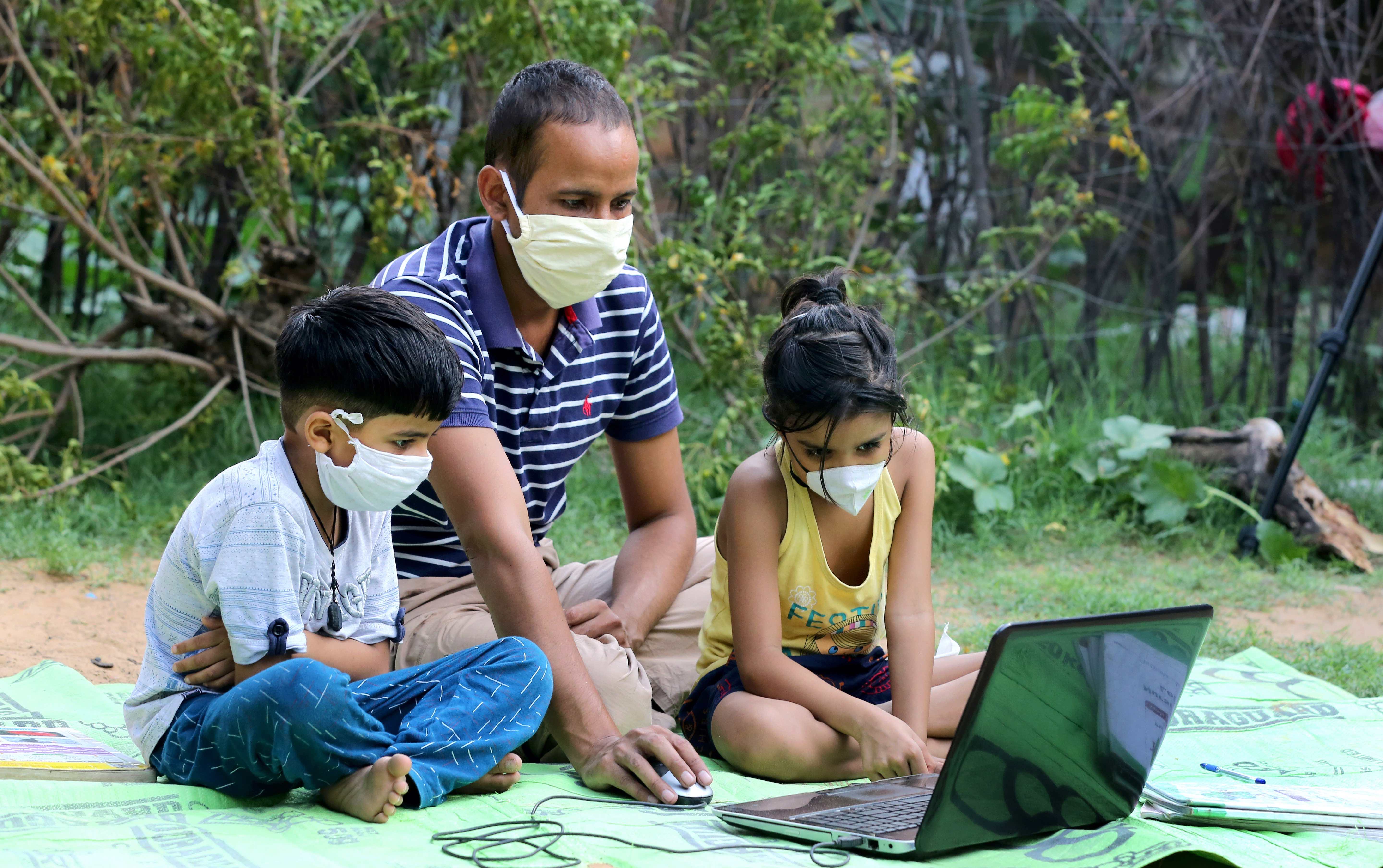
How to support students and the learning process during India’s COVID-19 school closures
Promoting creative alternatives to the classroom during lockdowns can have far-reaching effects.
-

Using coffee ceremonies to address intimate partner violence in Ethiopia: Evidence from Unite for a Better Life
A promising approach for low-income and rural areas.
-
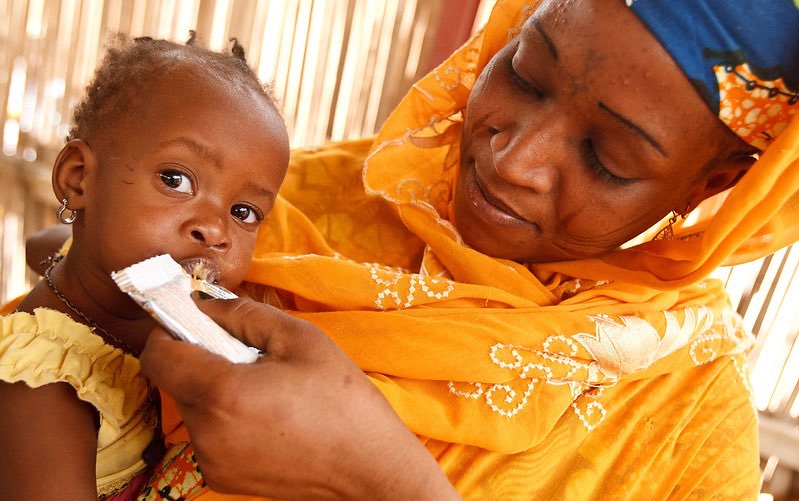
Estimating the burden of child acute malnutrition accurately
Current global numbers are likely undercounts.
-

Reducing air pollution in China’s urban areas can improve local housing markets
Positive local impacts from moving coal-fired power plants.
-
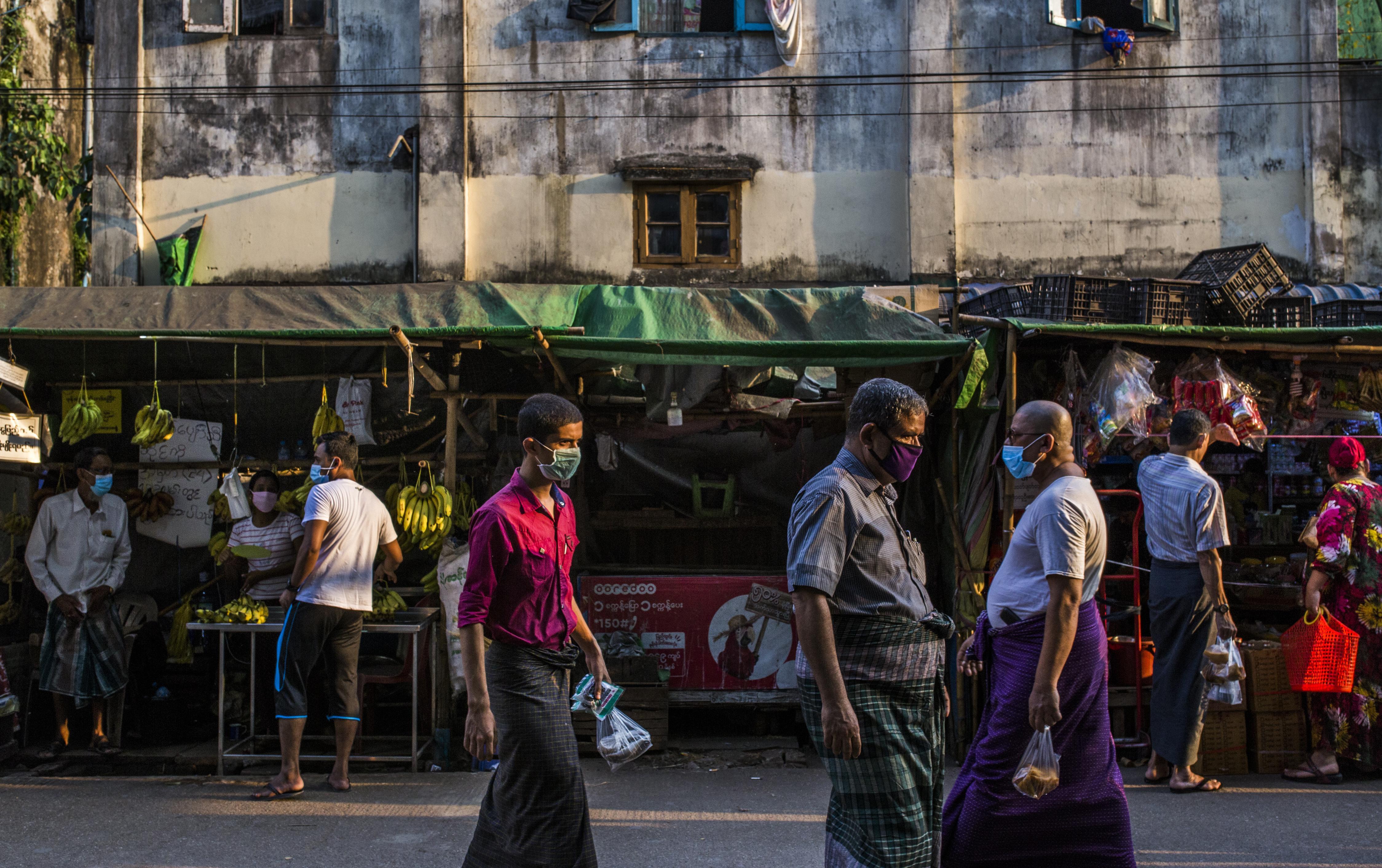
Waves of disease, waves of poverty: New evidence on the economic impacts of COVID-19 in Myanmar
Lockdowns lead to sharp spikes in poverty.
-
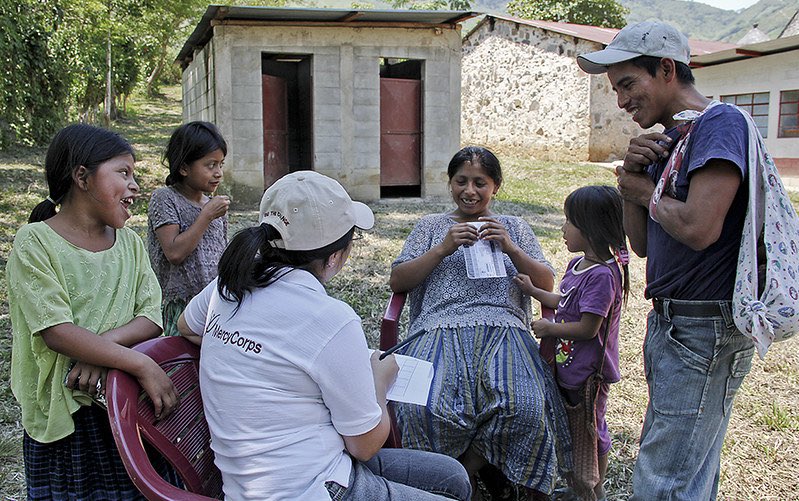
The cost of improving nutritional outcomes through food aid programs: Is more and longer better?
Evidence shows that these programs can work, but are the costs reasonable?
-
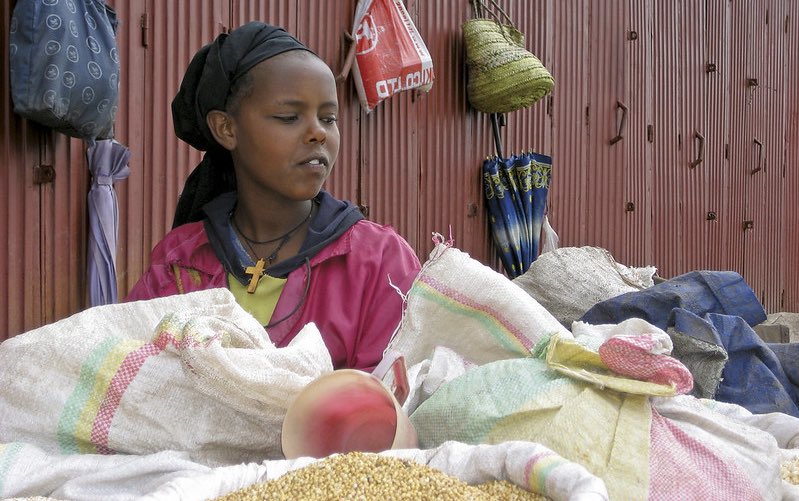
Climate shocks reduce temporary urban out-migration rates in Eastern Africa
Heat waves and heavy rainfall events appear to limit opportunities for urban migrant workers.
-
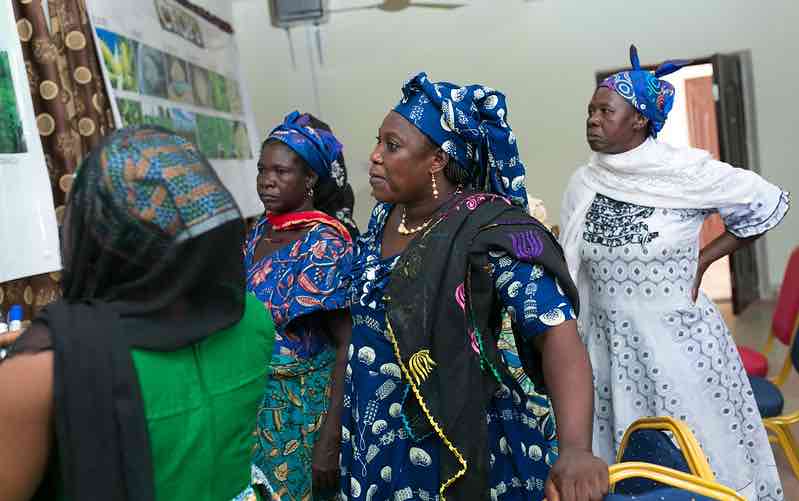
Landownership and the gender gap in agricultural decision-making in northern Ghana
Owning land does not always translate to empowerment for female farmers.
-
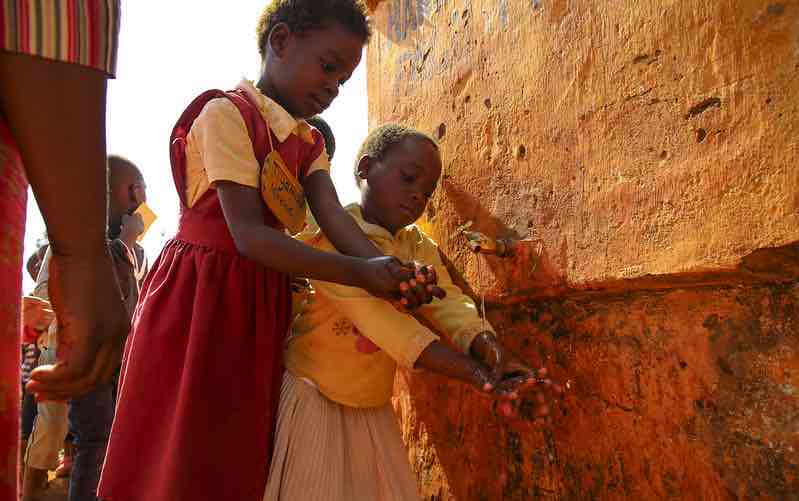
Investing in nutrition through early childhood development in Malawi: Assessing costs and benefits
The SEEMS-Nutrition initiative offers a set of tools for project evaluations.
-
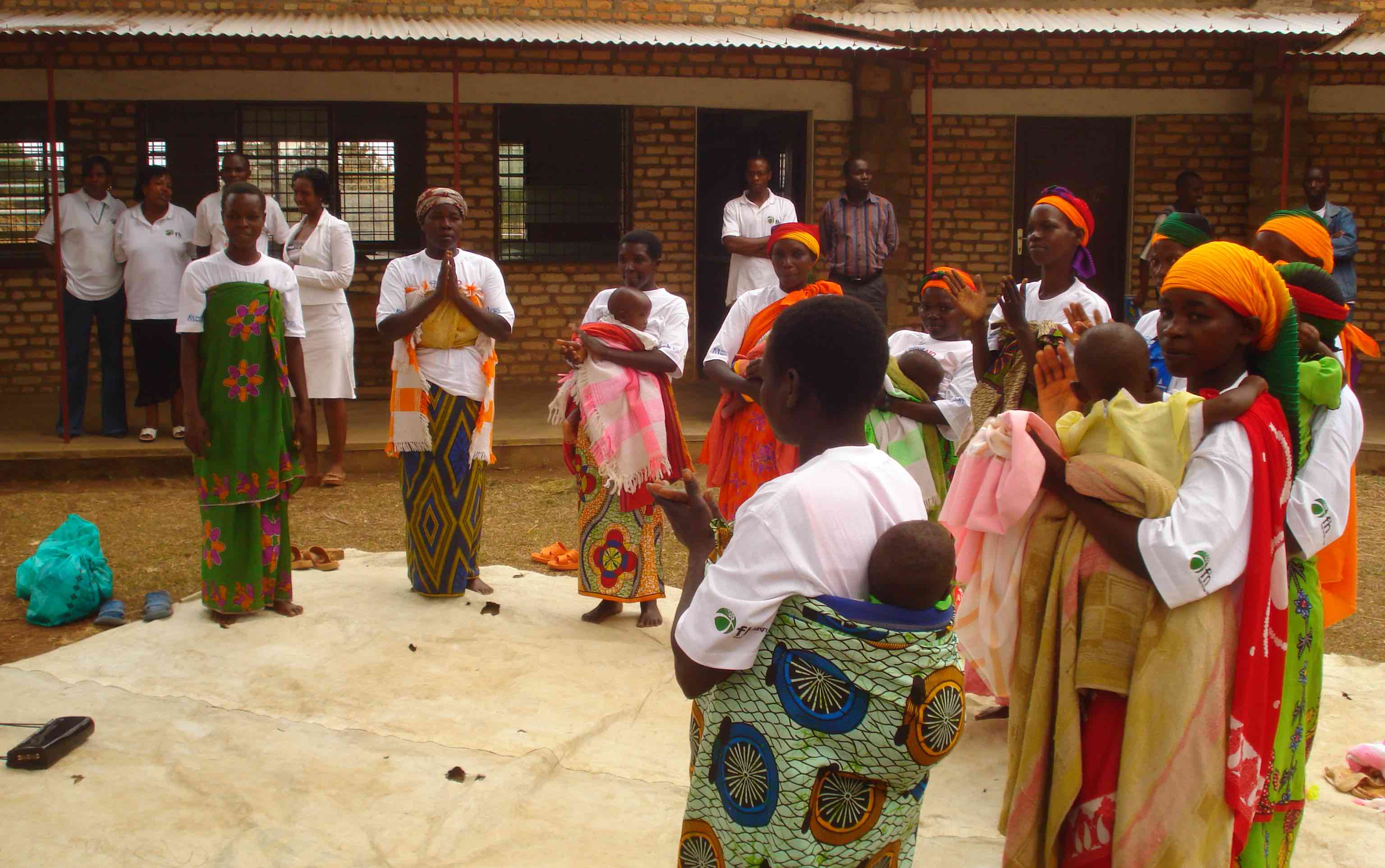
Optimizing food assistance programs: Improving household food security and diet quality in Burundi
A program combining nutritious rations with behavior change communication yields positive results.
-
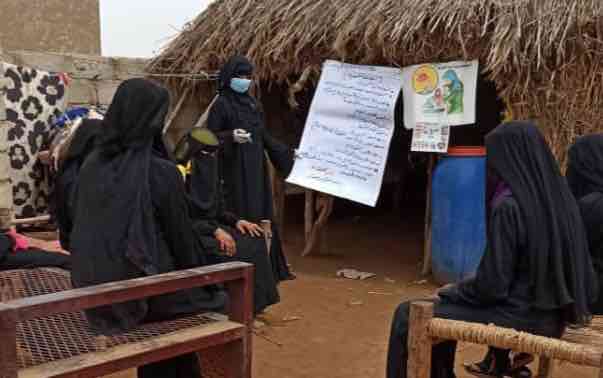
Behavior change communication in conflict zones: Program leads to improved breastfeeding and water treatment practices in Yemen
Nutritional training sessions combined with cash transfers yield positive results.
-
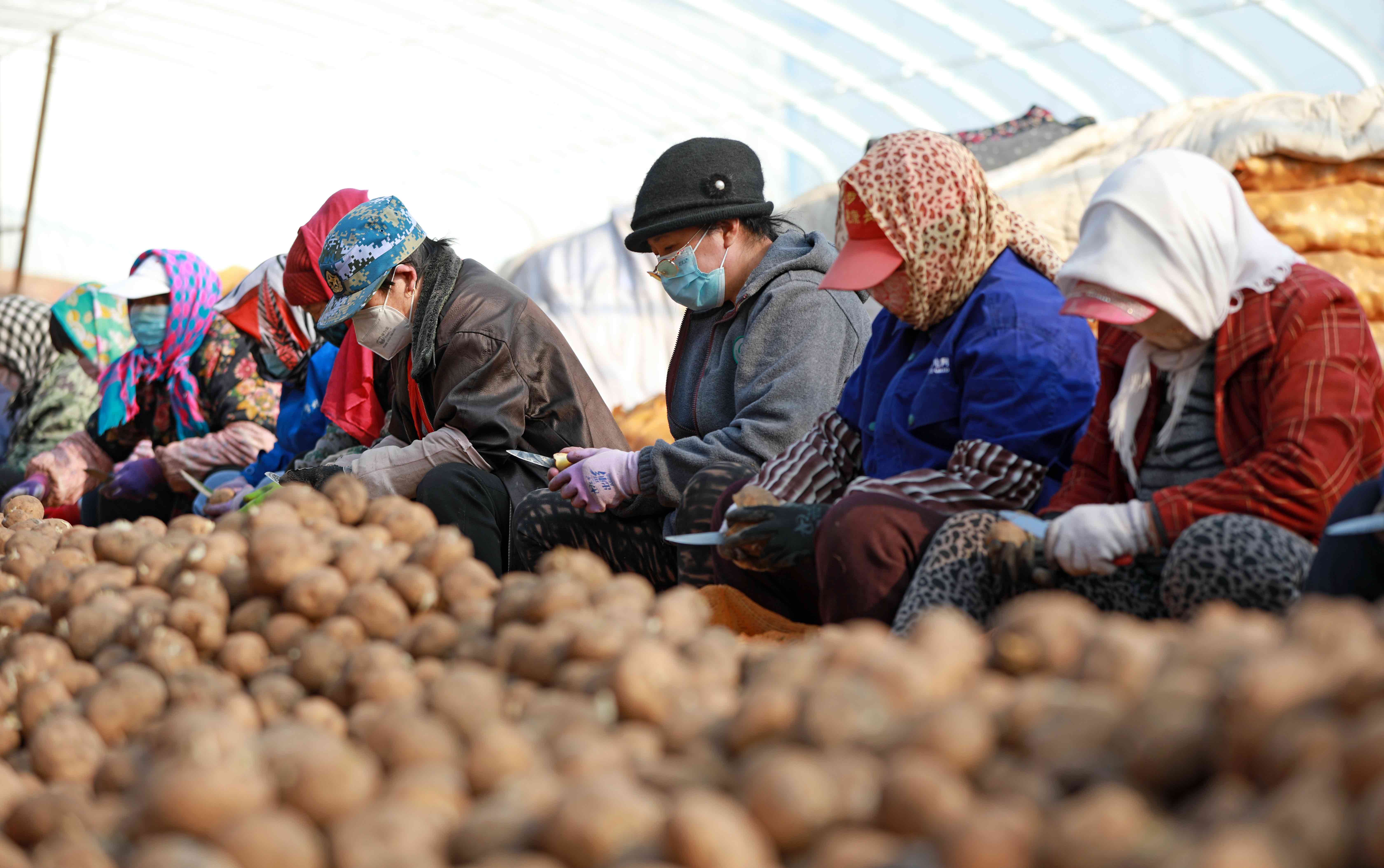
Survey: China’s small and medium-sized enterprises rebounded after the COVID-19 lockdown, but economic problems linger
SMEs experienced a V-shaped recovery.
-
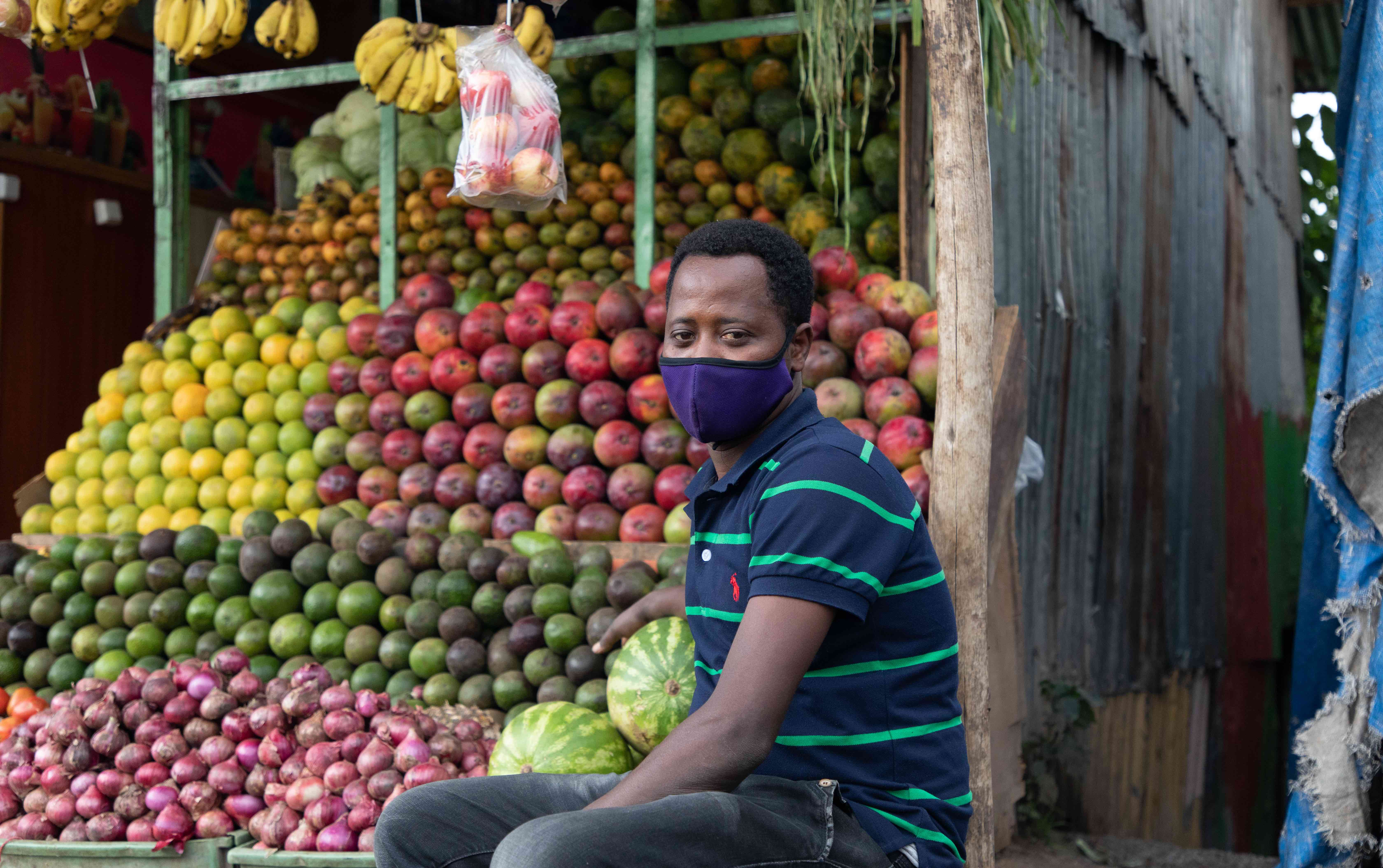
Survey: Despite COVID-19, food consumption remains steady in Addis Ababa, Ethiopia
Results suggest phone surveys reporting falling incomes in the pandemic should be viewed with caution.
-
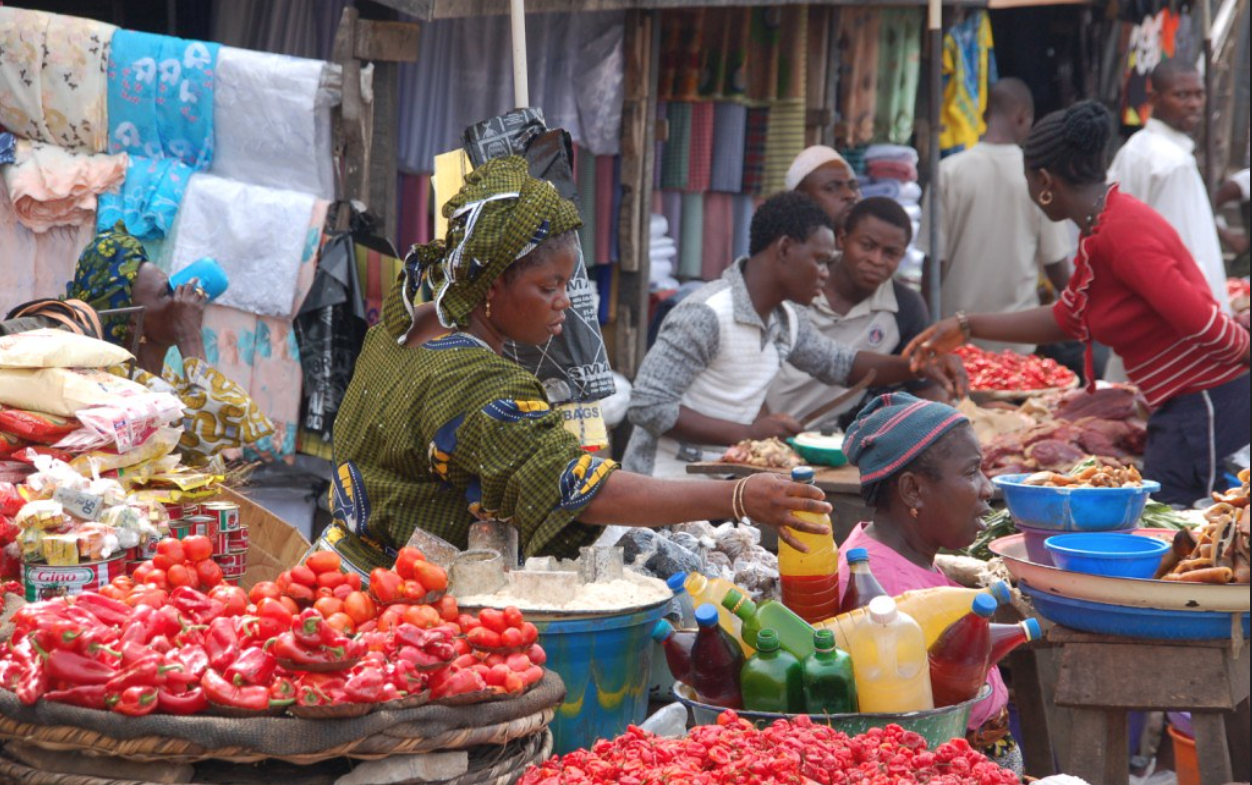
New methods aren’t always silver bullets: Challenges with use of the inverse hyperbolic sine transformation for elasticity estimation
An analysis of food demand data from Nigeria identifies an interesting problem.
-
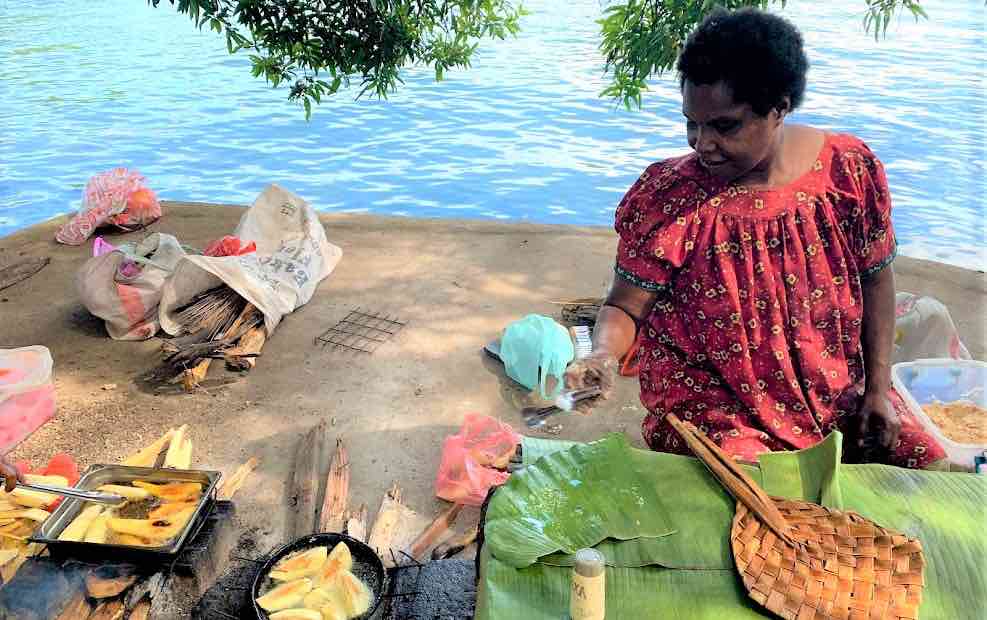
Promoting nonfarm businesses in Papua New Guinea can improve rural diets
A study provides insights into gender differences and welfare benefits in a wide array of enterprises.
-
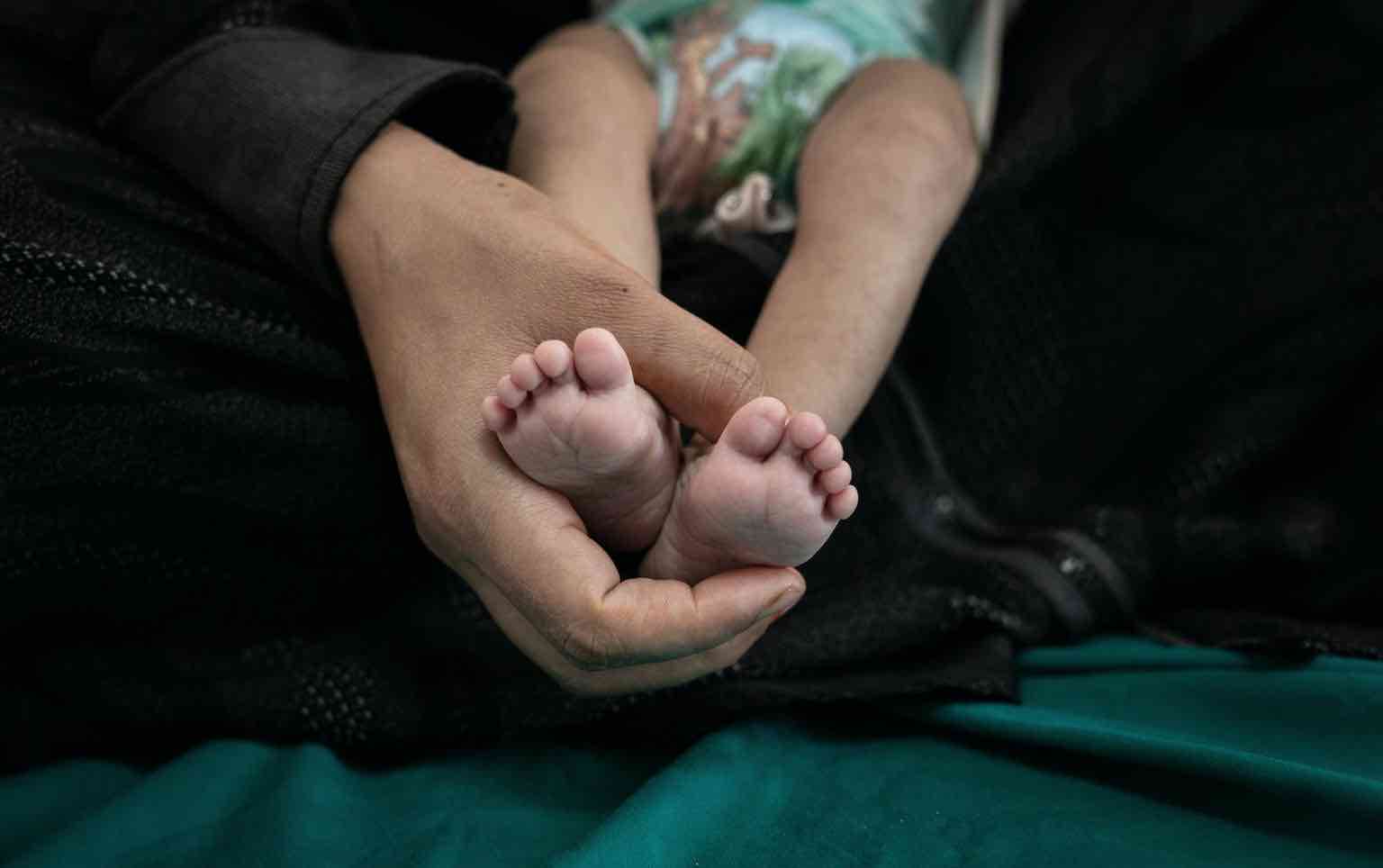
COVID-19: The virus will mostly spare young children; the economic crisis will not
Steps must be taken now to avert a decades-long nutrition and public health crisis.
-
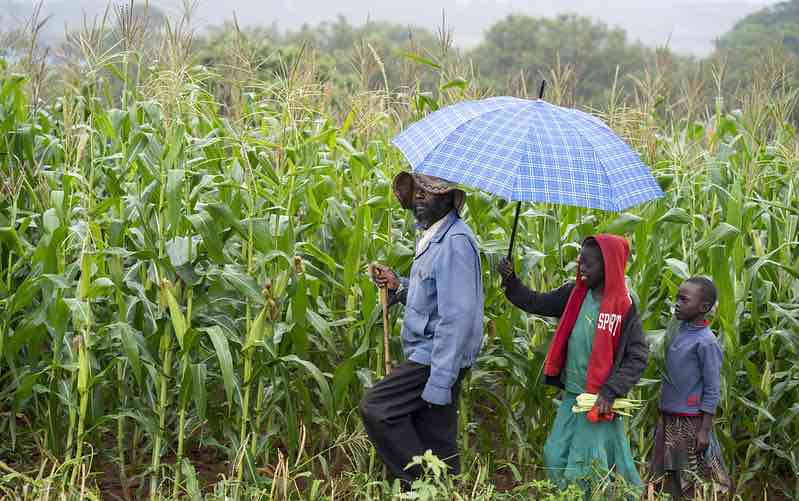
Exploring farmer adoption of conservation agriculture using a lab-in-the-field approach
Testing the role of subsidies in adopting techniques to build long-term resilience.
-
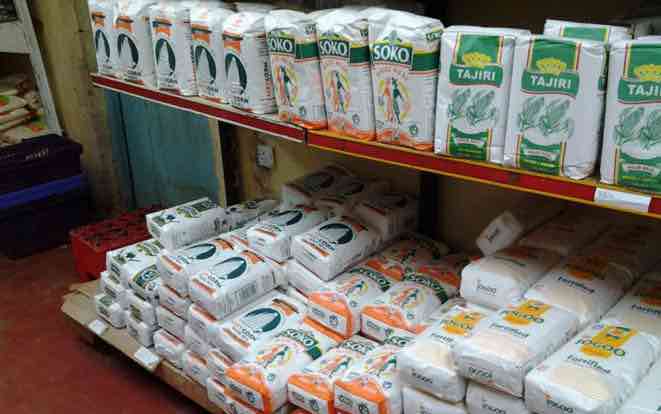
The challenges of influencing consumer behavior to improve food safety
Two studies in Kenya examine risk perceptions of aflatoxin in maize.
-
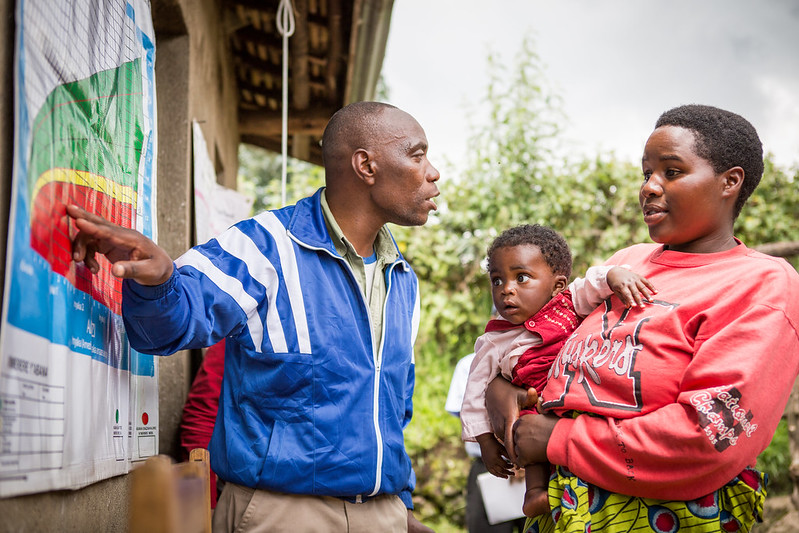
High altitudes linked to higher rates of stunting
The under-appreciated role geography plays in a persistent problem of health and well-being.
-
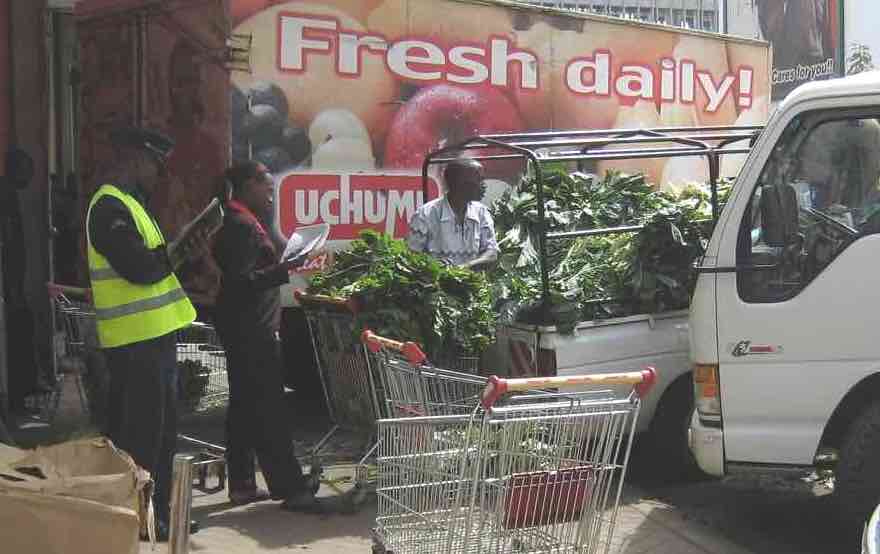
Supermarket contracts boost incomes and reduce multidimensional poverty for smallholders in Kenya
The growing role of supermarkets in developing countries has impacts that go beyond urban retailing.
-
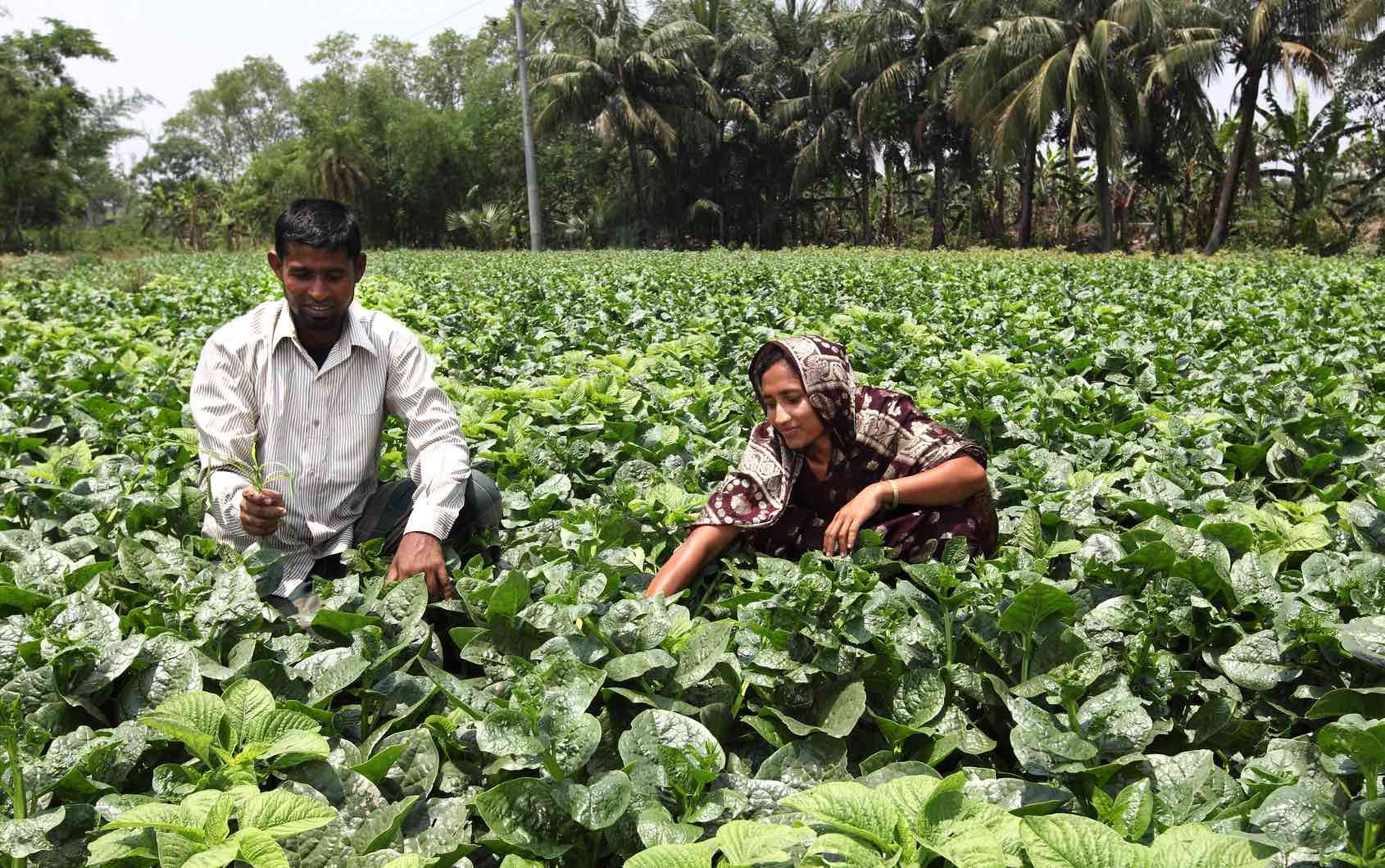
Making sense of why spouses disagree in household surveys
Women are much more likely to report that they own assets or make decisions than men are to recognize these roles.
-
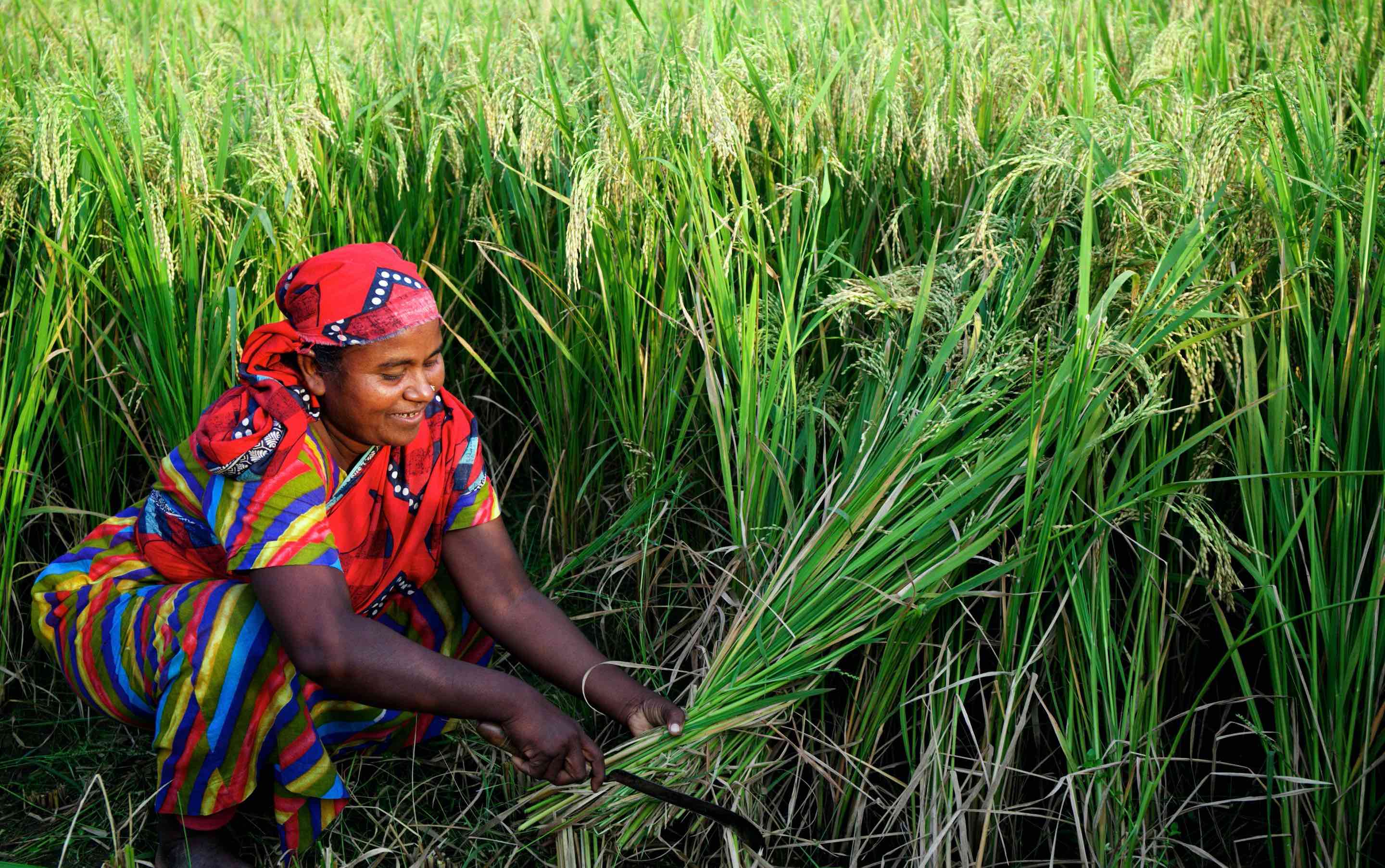
Zinc study suggests possible role for biofortification in addressing non-communicable diseases
Focusing on the multiple, overlapping health impacts of the double burden of malnutrition.
-
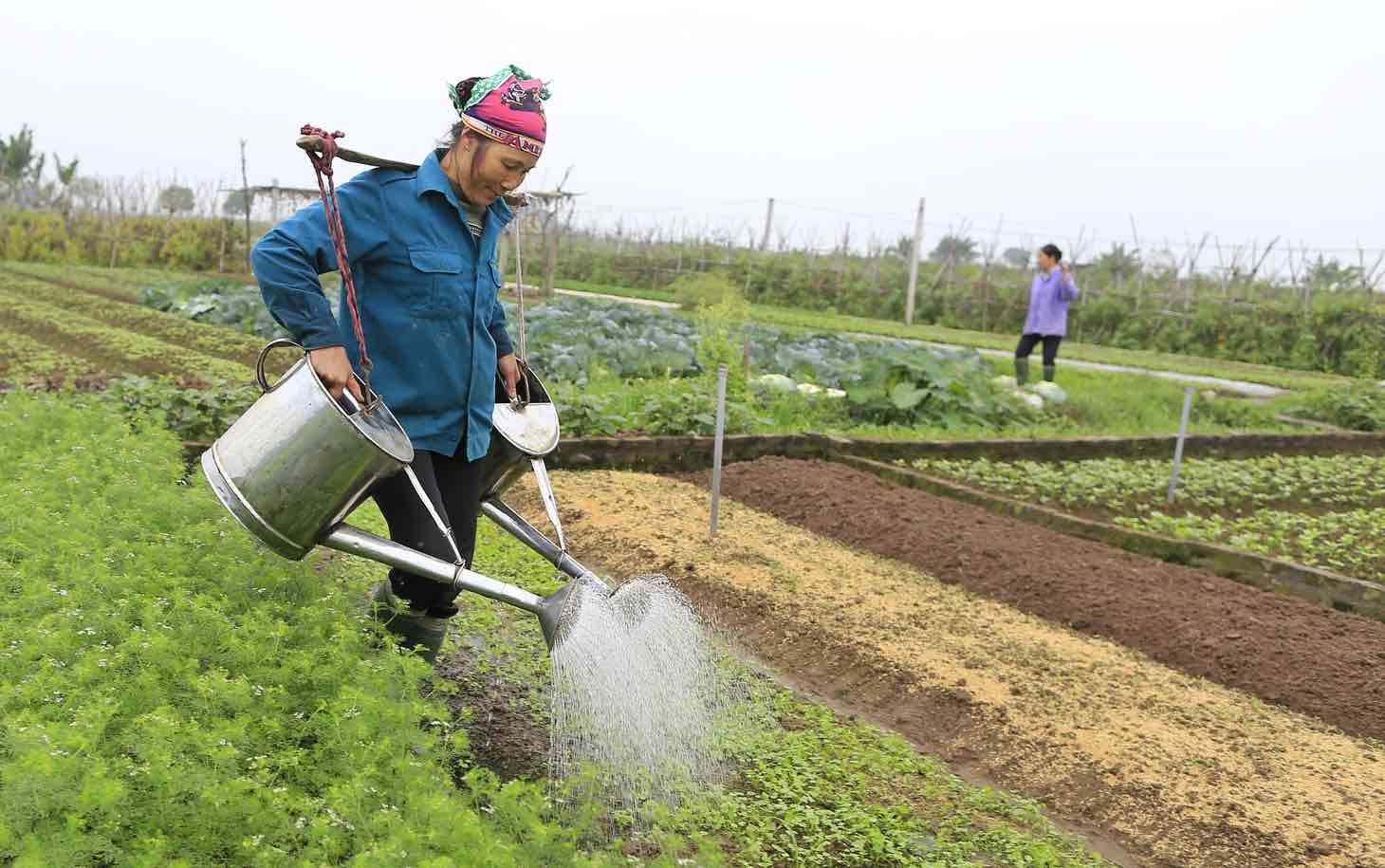
New directions for agricultural value chain finance in Viet Nam
Developing a better banking and credit system for smallholders.
-
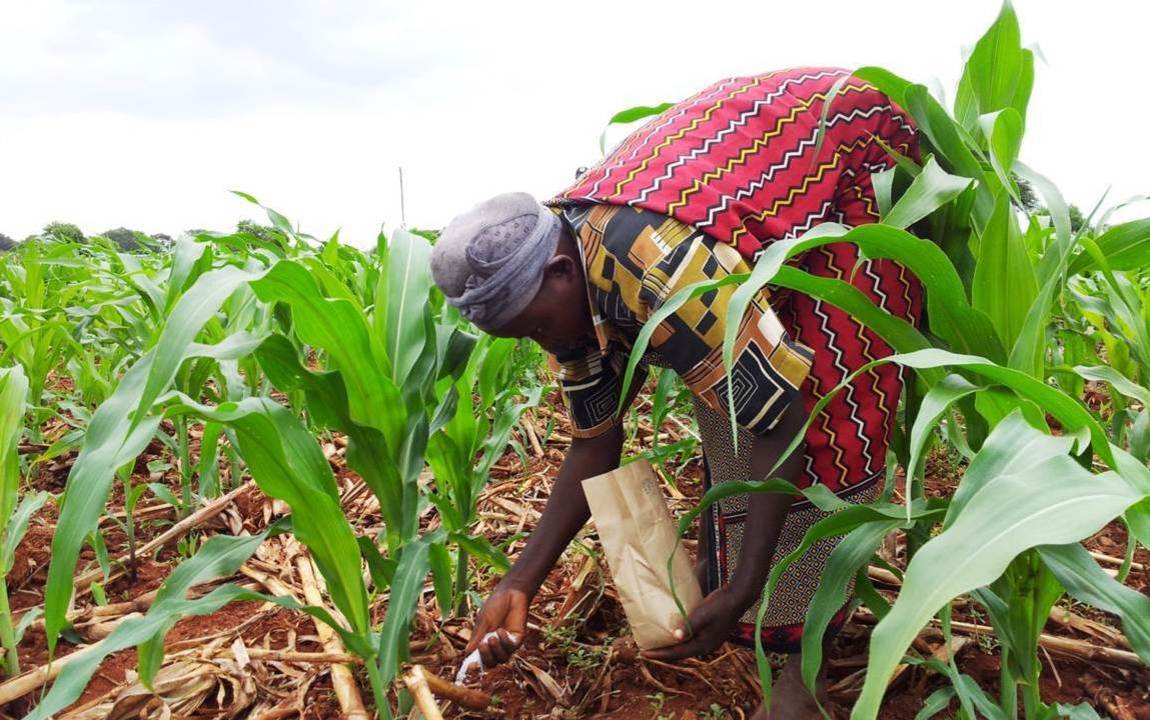
Farmers’ responses to warming early in growing seasons can affect yields
Decisions on fertilizer and pesticide use impact crops and finances.
-

Indian diets fall short of EAT-Lancet reference recommendations for human and planetary health
Research provides guideposts for tracking India's double burden of malnutrition.
-
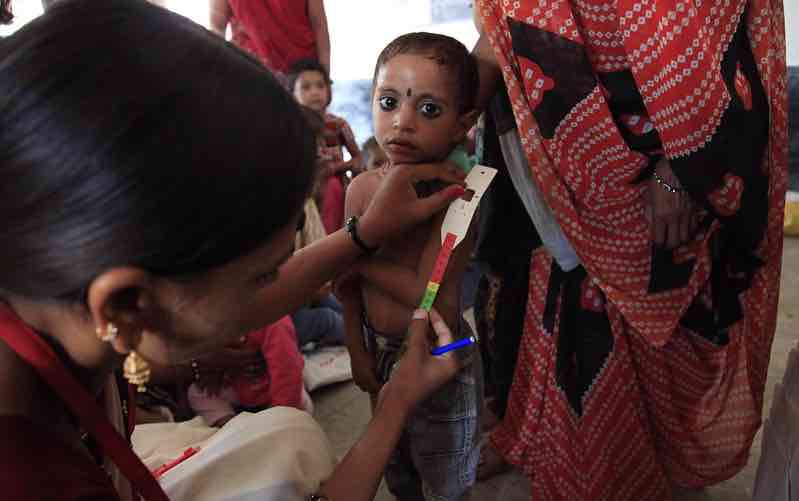
Catch-up growth cannot undo damage from undernutrition
Undernourishment early in life may have profound irreversible effects, a new paper suggests.
-
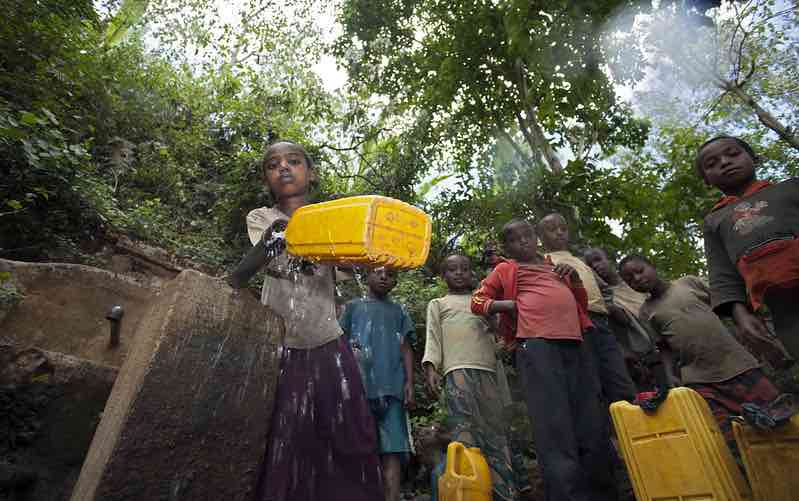
Should low-income countries decentralize their COVID-19 responses?
Key social services are often neglected when local governments run support programs, research in Ethiopia shows.
-
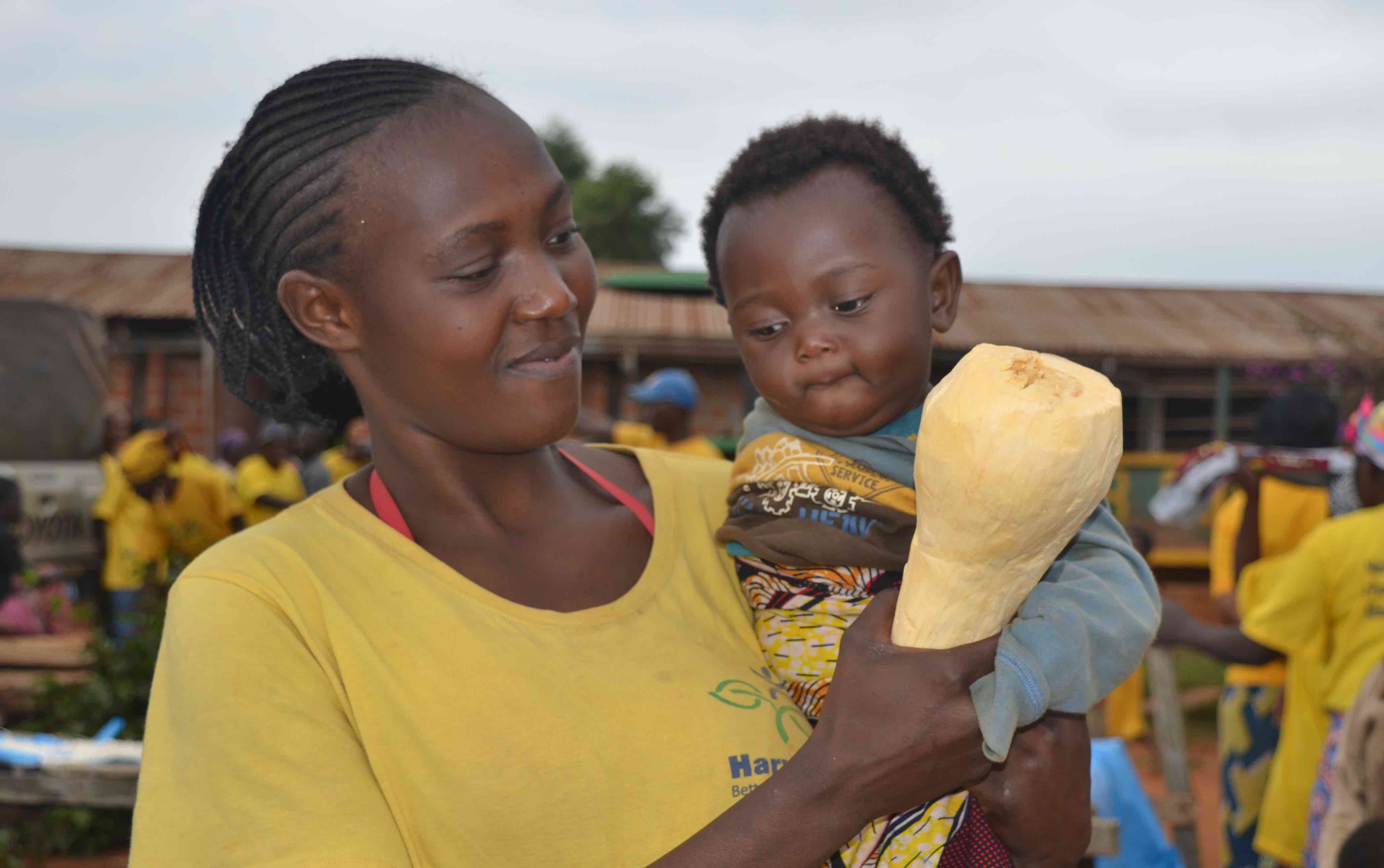
Micronutrient status in the DR Congo: What to do when diet and blood measurements do and don’t align
Looking at the varying prevalence of zinc and vitamin A deficiencies among women and children.
-

Significant economic impacts due to COVID-19 and falling remittances in Myanmar
An analysis shows a 41% decline in GDP during the two-week lockdown.
-
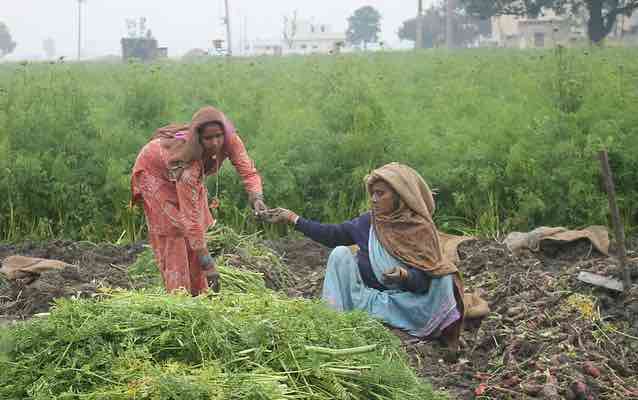
Study suggests that climate smart agriculture can boost yields, reduce hunger and emissions globally
A new paper is the first to quantify the potential global impact of using CSA in food-crop production.
-
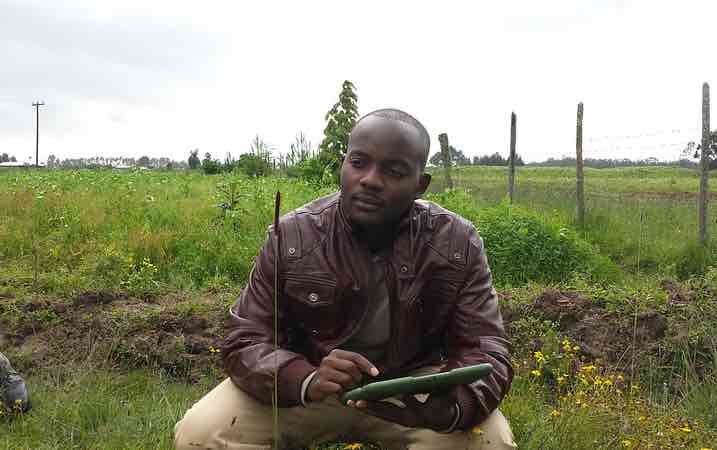
Leveraging local knowledge to map and link agricultural plots to farmer practices
Having farmers outline their plots on tablets can save time and effort in research, a study shows.
-
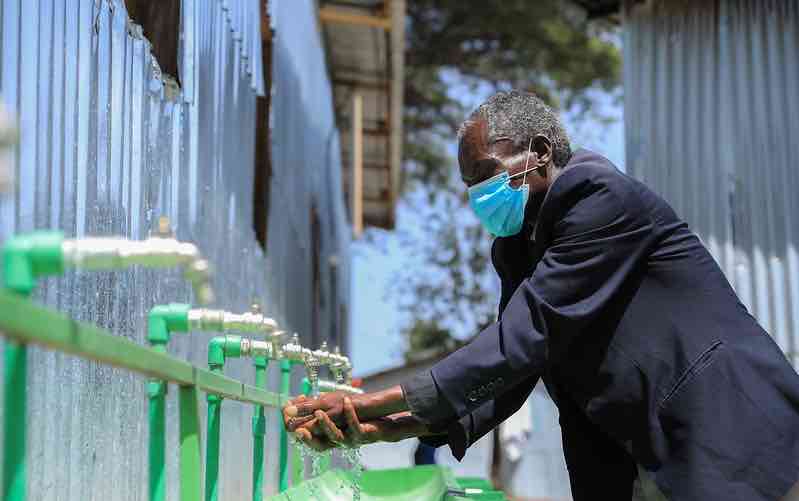
Survey suggests rising risk of food and nutrition insecurity in Addis Ababa, Ethiopia, as COVID-19 restrictions continue
Poor urban households are hit the hardest by pandemic control measures.
-
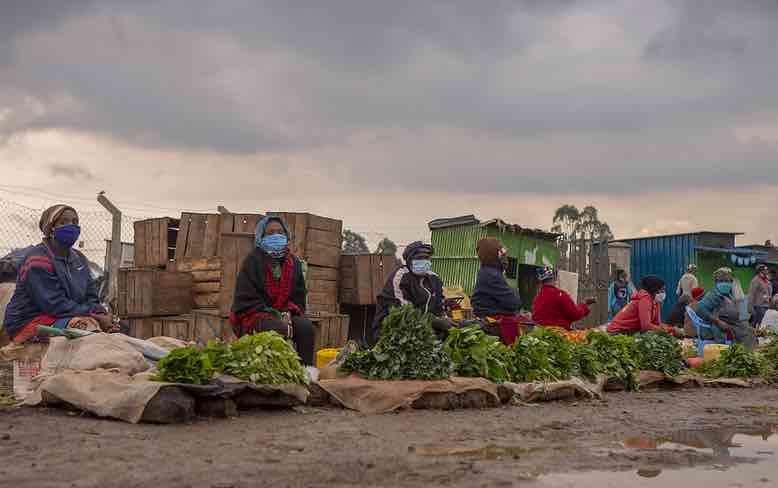
IFPRI’s COVID-19 Policy Response (CPR) Portal: Identifying trends and implications for food systems
A new tool allows comparison of unfolding pandemic control and assistance measures in developing countries.
-
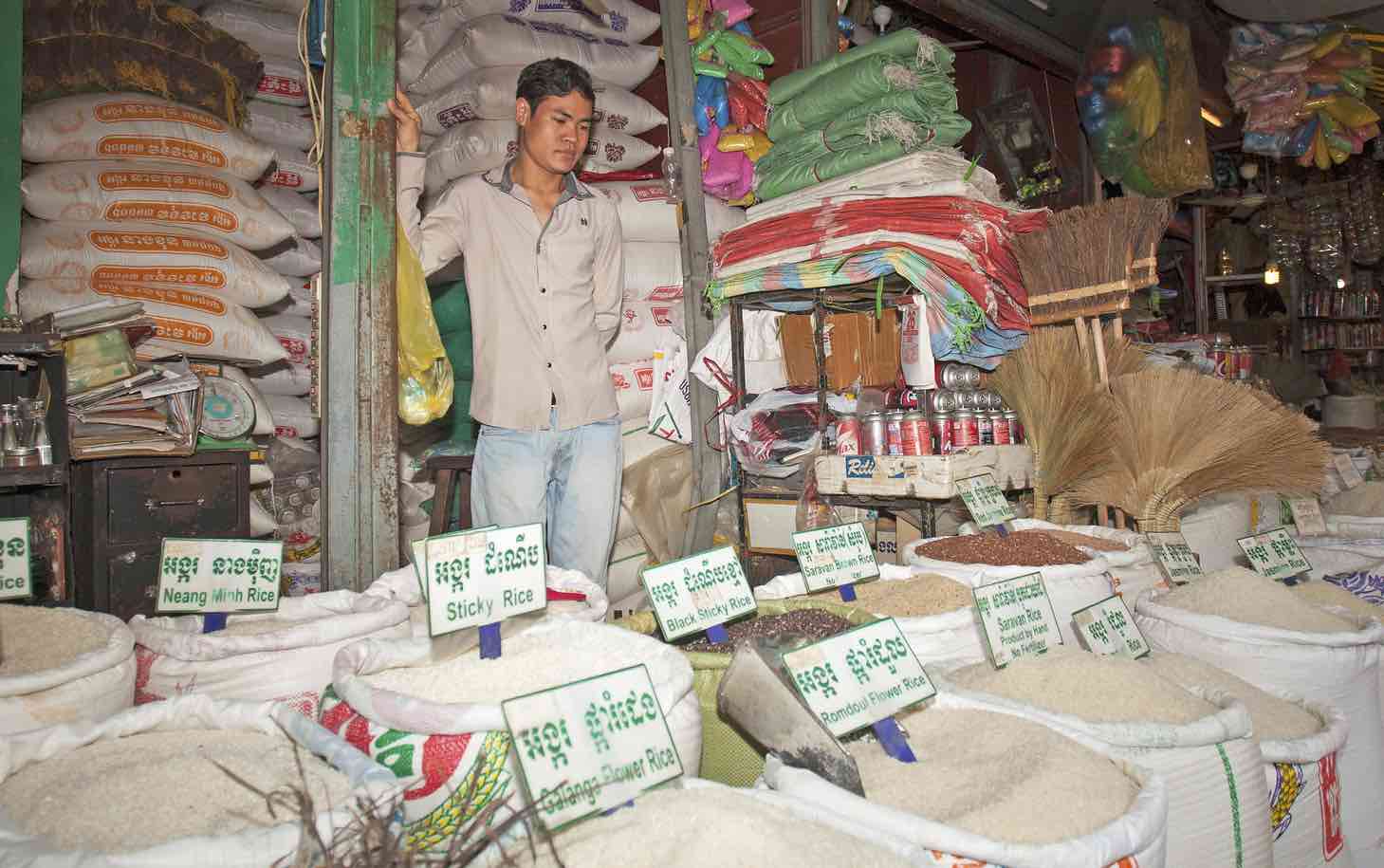
COVID-19-related trade restrictions on rice and wheat could drive up prices and increase hunger
Modeling suggests export bans intended to buttress domestic food supplies could have wide impacts.
-
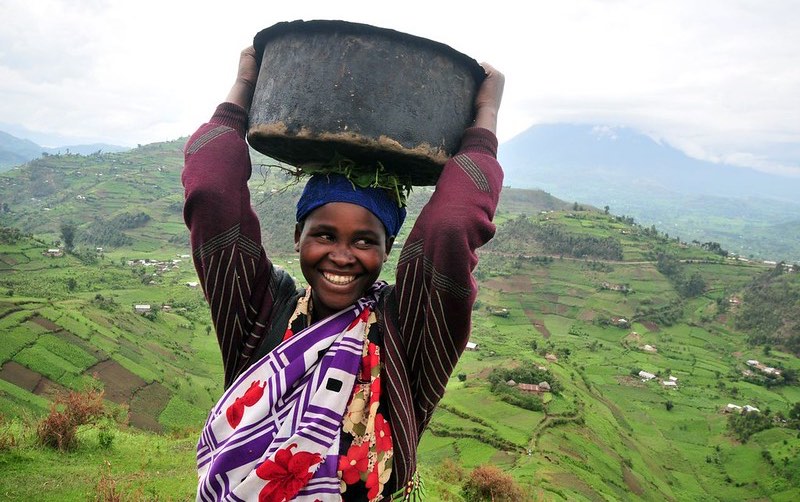
Providing information to empower women in agriculture: Evidence from Uganda
A study shows that viewing videos on farming techniques has a range of gender equity benefits.
-
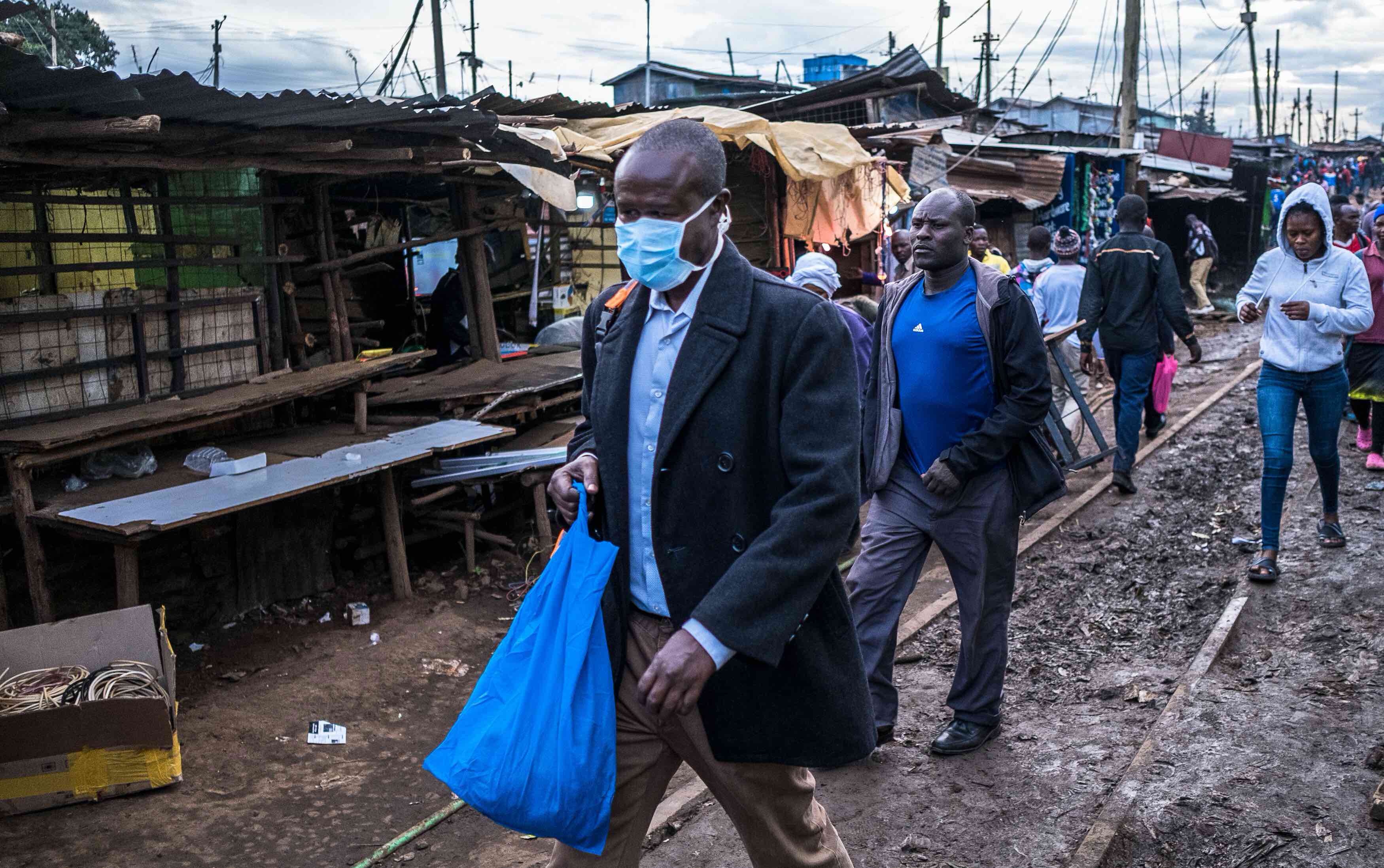
COVID-19 lockdowns are imposing substantial economic costs on countries in Africa
IFPRI country studies indicate the pandemic is leading to much larger and more rapid contractions of economic activity than seen in previous crises.
-

Assessing the toll of COVID-19 lockdown measures on the South African economy
Modeling shows GDP and incomes—particularly among low-income households—falling dramatically.
-
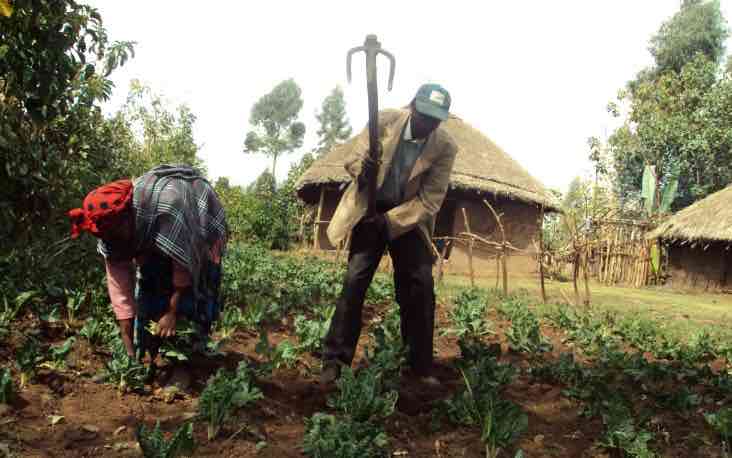
Why ‘home garden’ projects don’t always work: Insights from Ethiopia
There are valid reasons to doubt whether these programs provide a sustainable and cost-effective way of addressing poor nutrition.
-
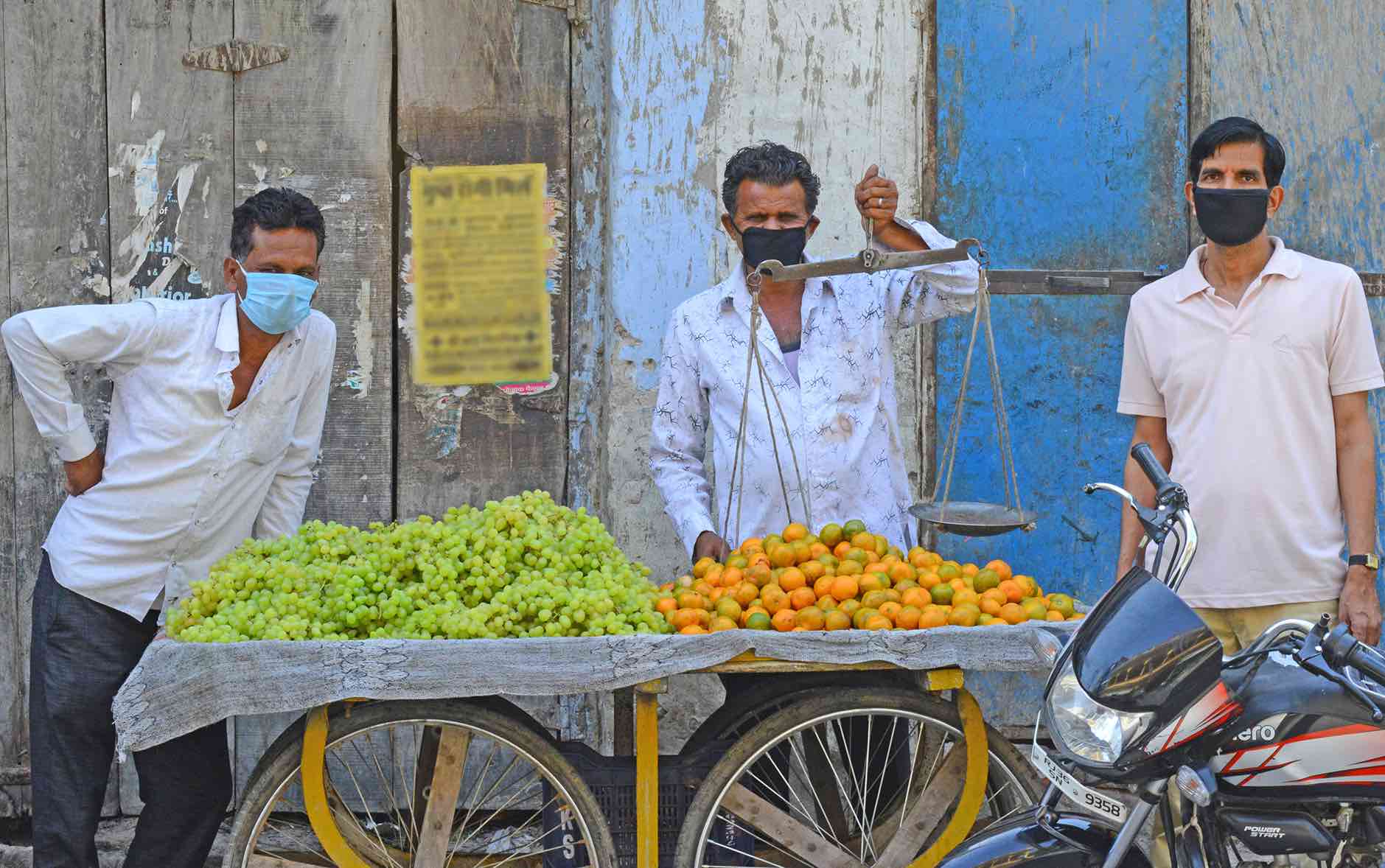
Poverty and food insecurity could grow dramatically as COVID-19 spreads
Without significant action, modeling shows, a global health crisis could trigger global poverty and food crises.
-

模型预测新冠疫情将导致全球贫困增加与食物危机
Without significant action, modeling shows, a global health crisis could trigger global poverty and food crises.
-
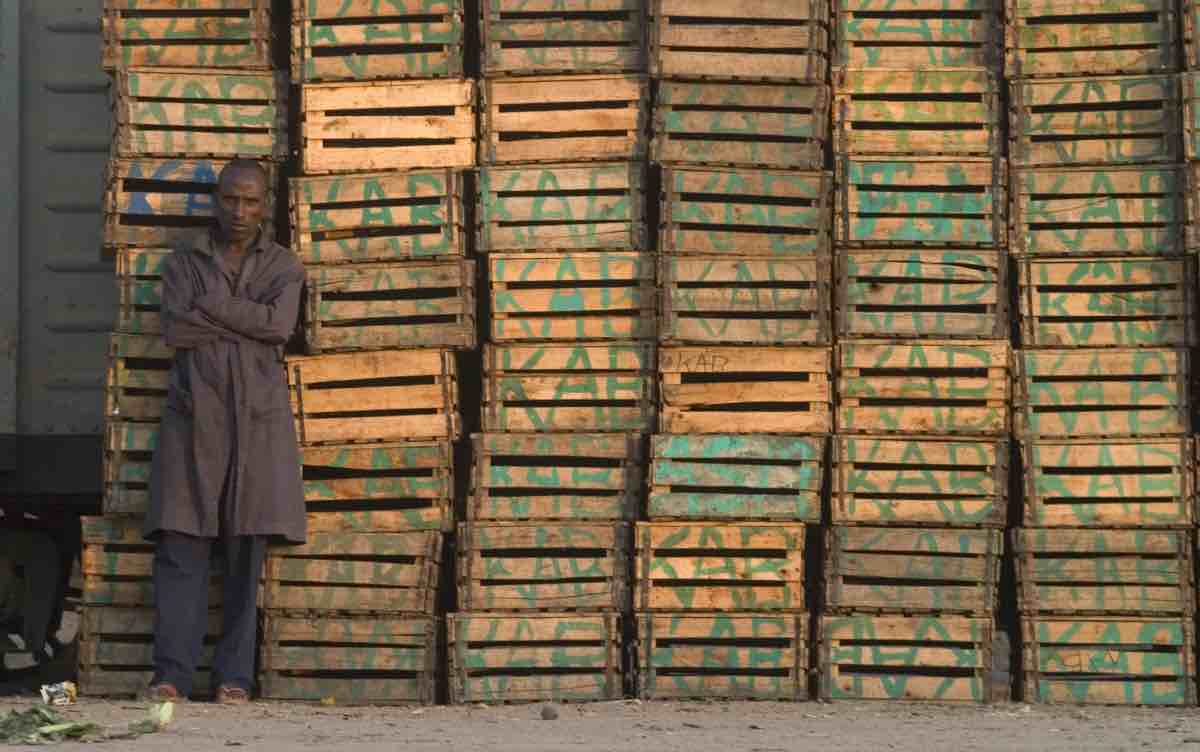
Impacts of the COVID-19 crisis on vegetable value chains in Ethiopia
As restrictions take effect, a survey shows reductions in food trade and consumption.
-
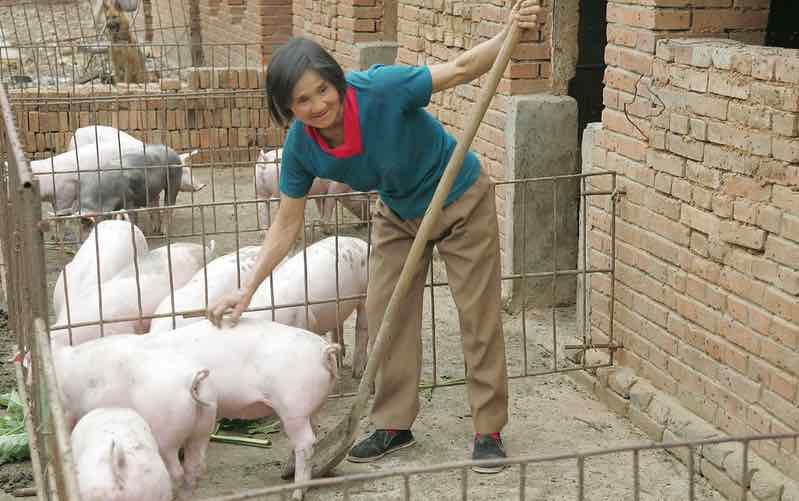
Chinese livestock farms struggle under COVID-19 restrictions
A survey shows lockdowns are having serious impacts on agricultural operations, particularly pig farmers.
-

How much will global poverty increase because of COVID-19?
Modeling shows that a looming worldwide economic slowdown could push tens of millions into extreme poverty.
-

COVID-19’s impact on China’s small and medium-sized businesses
As China begins to emerge from the worst, a survey shows many enterprises struggle to survive.
-
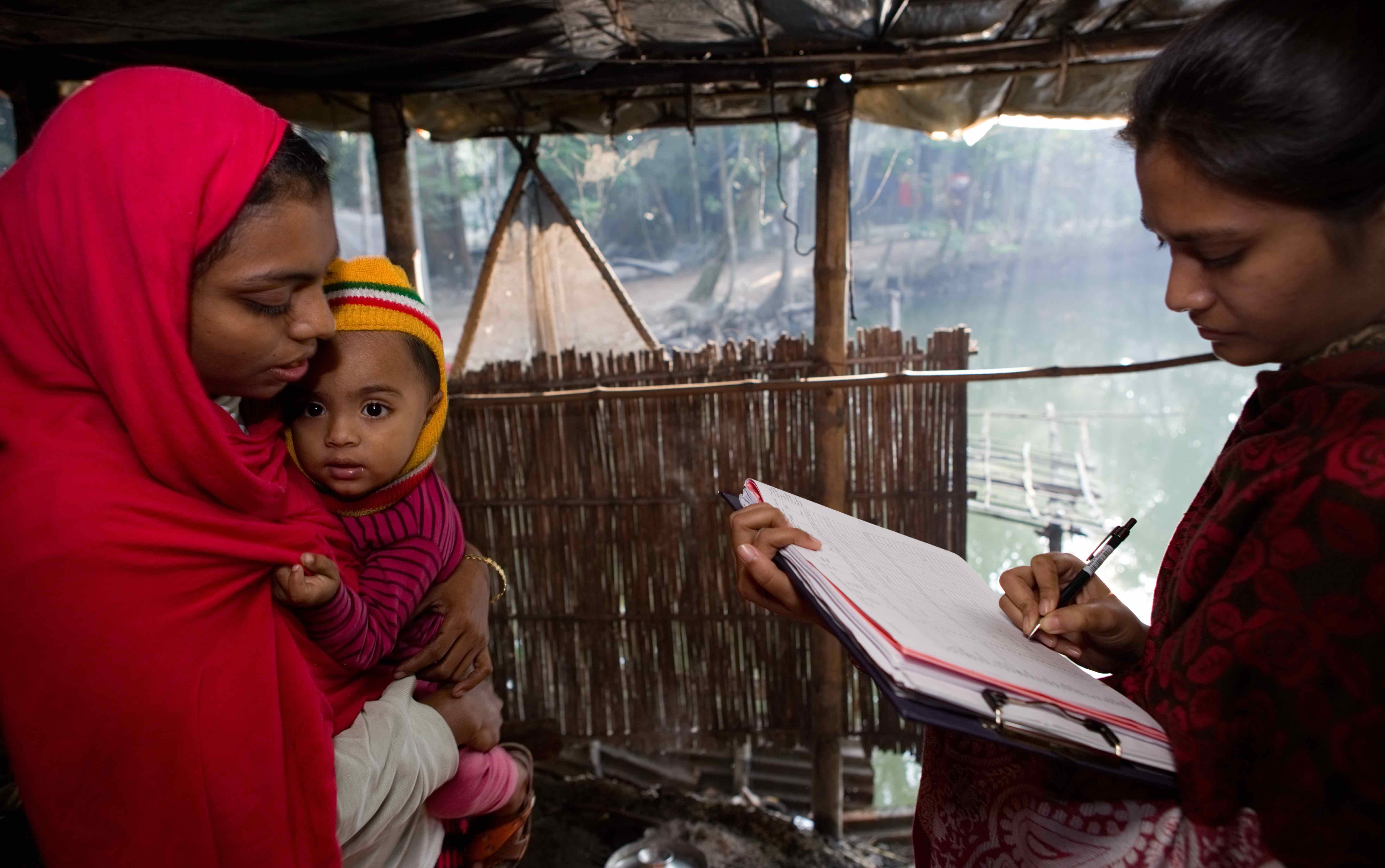
International Open Data Day 2020: Crowdsourcing global insights from national data in Bangladesh
The Bangladesh Integrated Household Survey (BIHS) offers insights into women's empowerment, agriculture, nutrition, and health.
-
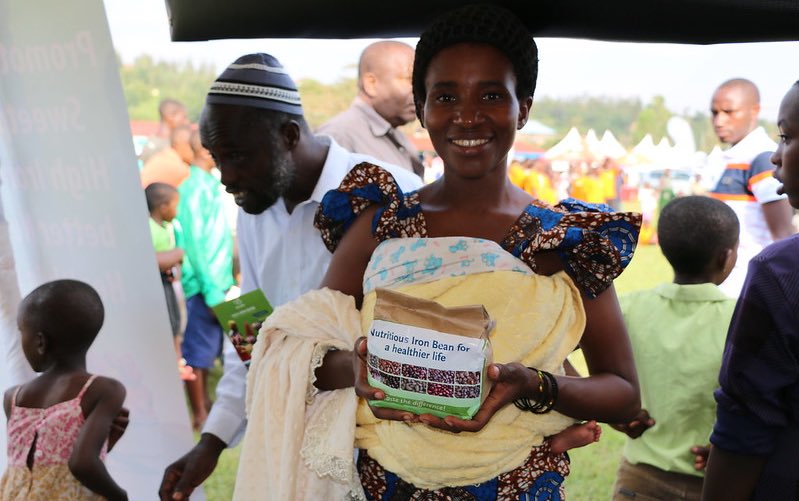
Linking iron-biofortified beans and physical performance
A study in Rwanda shows women who ate biofortified beans had more energy for daily tasks.
-
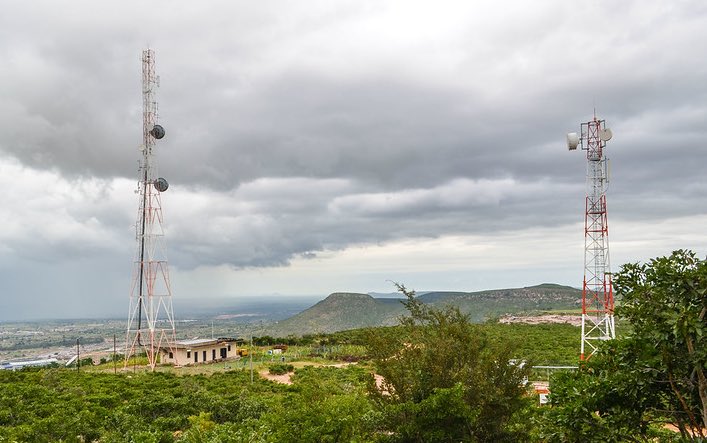
Harnessing telecommunications network data for rainfall monitoring in developing countries
Filling a key information gap can make it easier to provide insurance to smallholders.
-
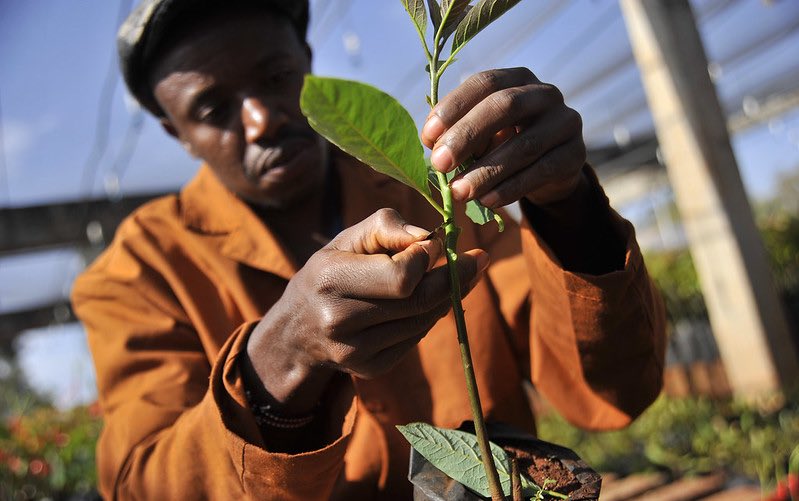
Avocados in Kenya: What’s holding back smallholder farmers
A study reveals the obstacles to breaking into export markets—and suggests some options to overcome them.
-
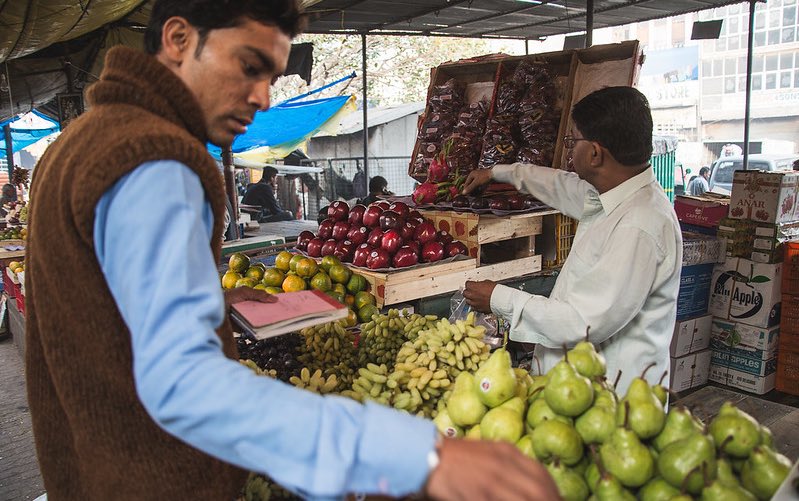
The world needs higher-quality diets. But is better nutrition affordable for all?
A new study finds the EAT-Lancet Commission reference diet—aimed at improving nutrition and global sustainability—is too expensive for many people around the world.
-
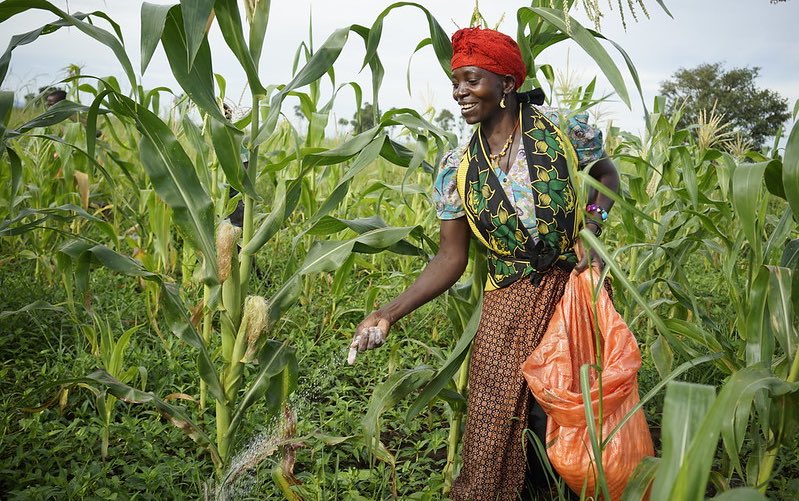
Gaining a better understanding of local fertilizer prices for African smallholder farmers
A new study uses spatial interpolation models to estimate local fertilizer prices where data are unavailable.
-
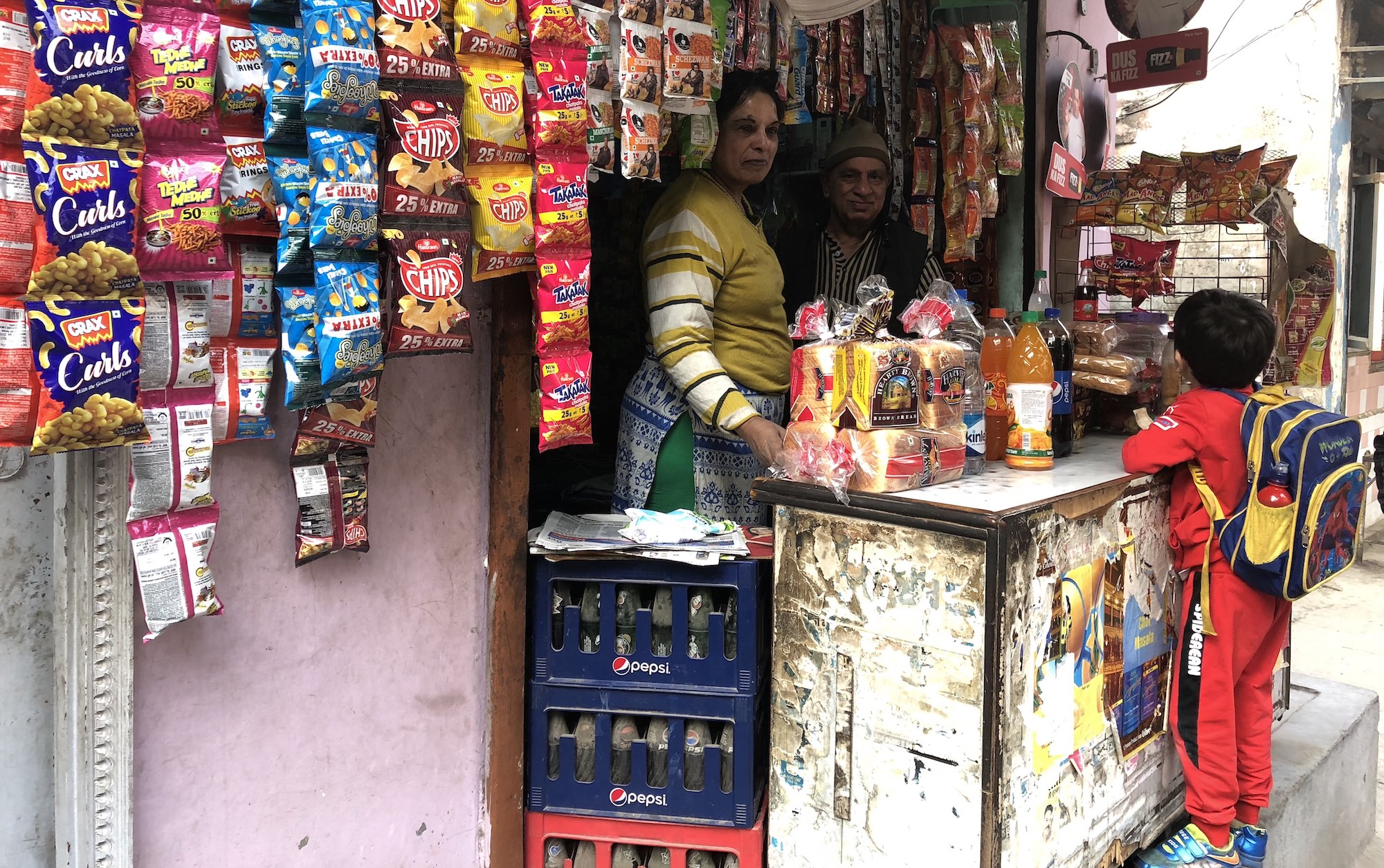
Double duty actions in nutrition: Preventing harm and maximizing impacts on all forms of malnutrition
Confronting a ubiquitous yet tricky problem as food systems rapidly evolve.
-
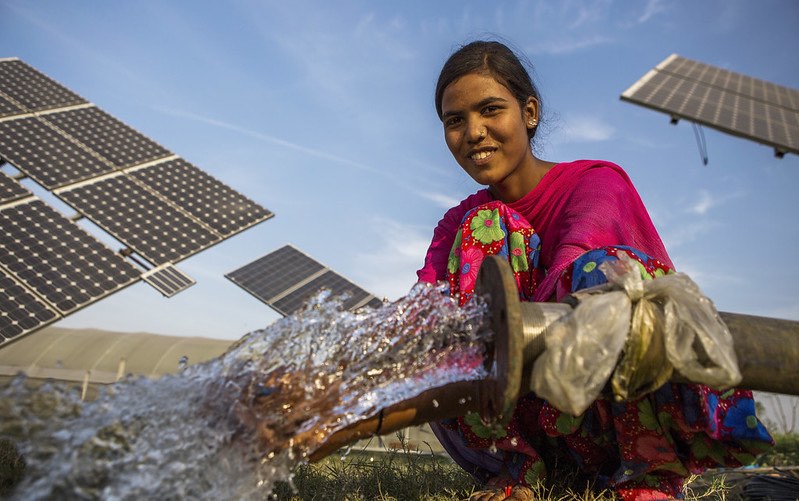
Seven climate resilience questions to help guardians of nature
Third in a series. Helping farmers become active agents of change for reducing climate risks.
-
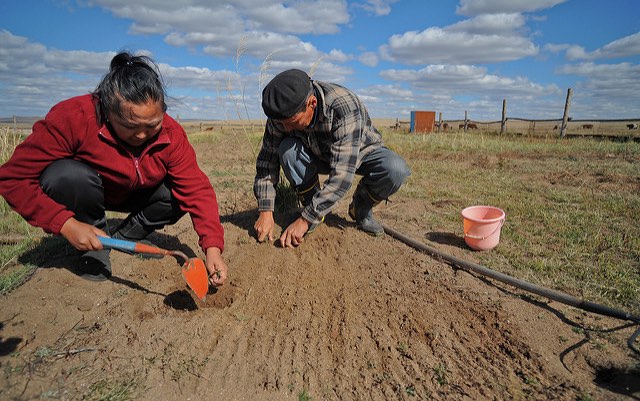
Is research capturing the multiple, overlapping climate risks farmers face?
From extreme weather to political instability, the risks in agriculture compound and reinforce one another. Second in a series.
-
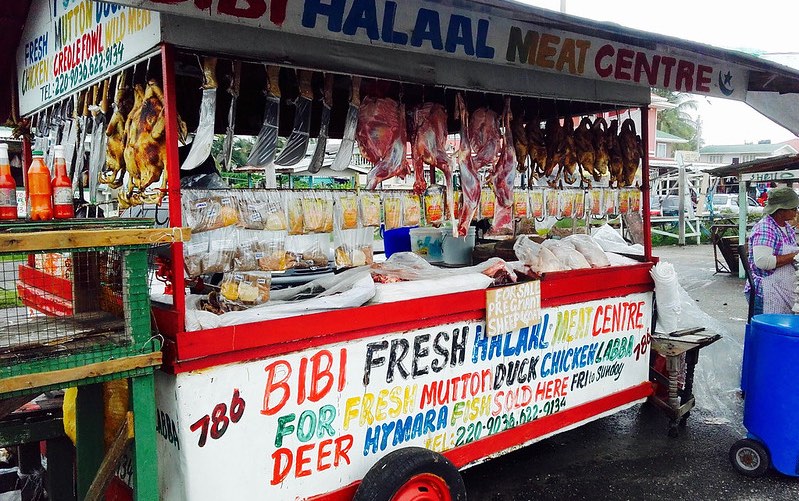
Addressing food safety questions along the value chain
As food systems grow more complex, so do challenges of stopping foodborne illnesses.
-
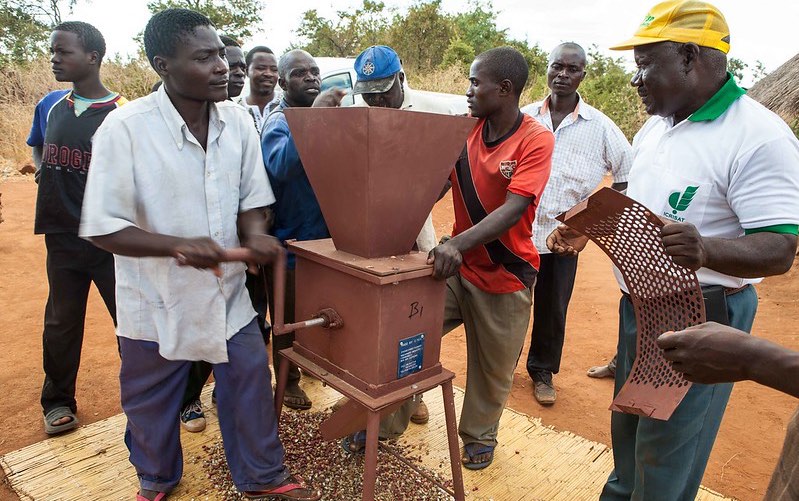
Can we ignore risk when we study the effects of climate change on agriculture? Research in Zambia tells us that we should not
Farmers' land management decisions offer a promising avenue to offset falling yields in a warming world. First in a series on climate risk and agriculture.
-
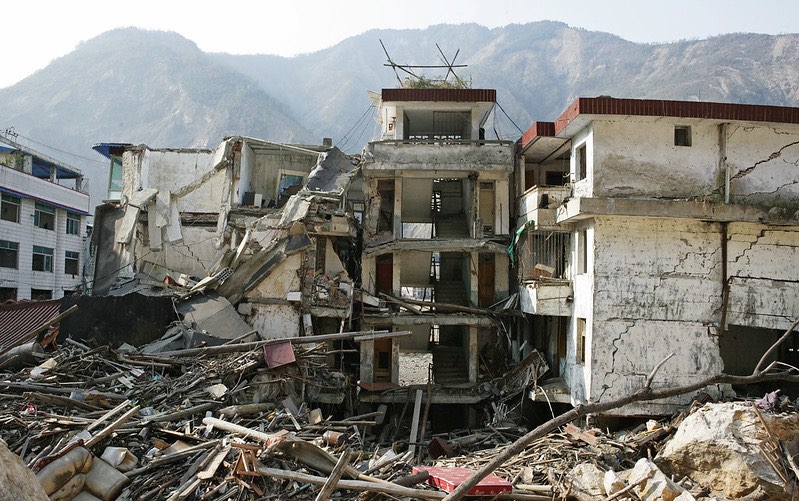
How do earthquakes shape economic behavior?
Research shows how a disaster can impact an economy beyond the simple rebuilding process. The Sichuan earthquake induced a lifestyle shift in households toward greater spending and shifted the economy away from industrial production.
-
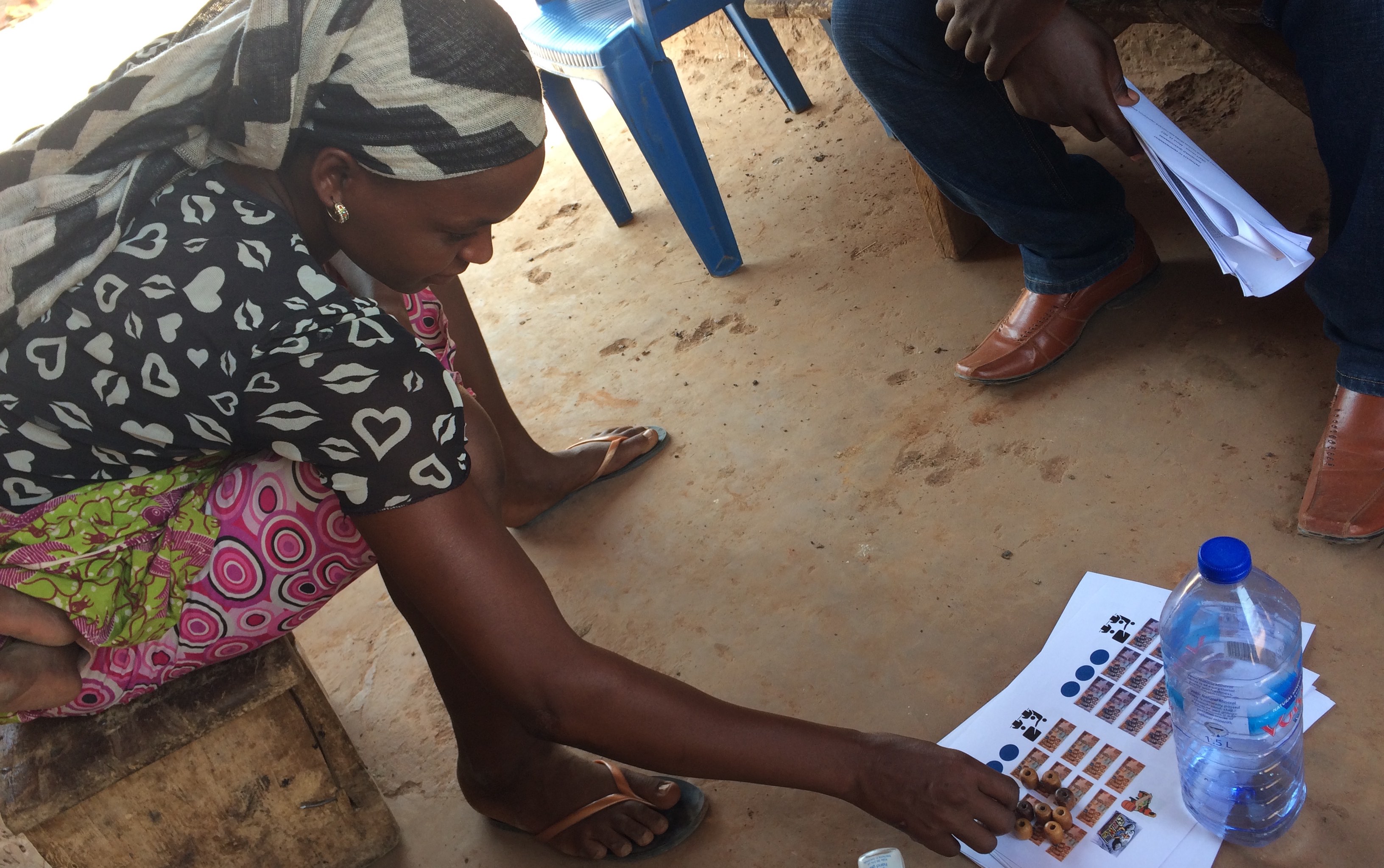
The road to women’s economic empowerment: Do women (and men) prefer on or off the farm?
An experiment in Ghana reveals nuanced gender attitudes toward farm households' economic investments.
-
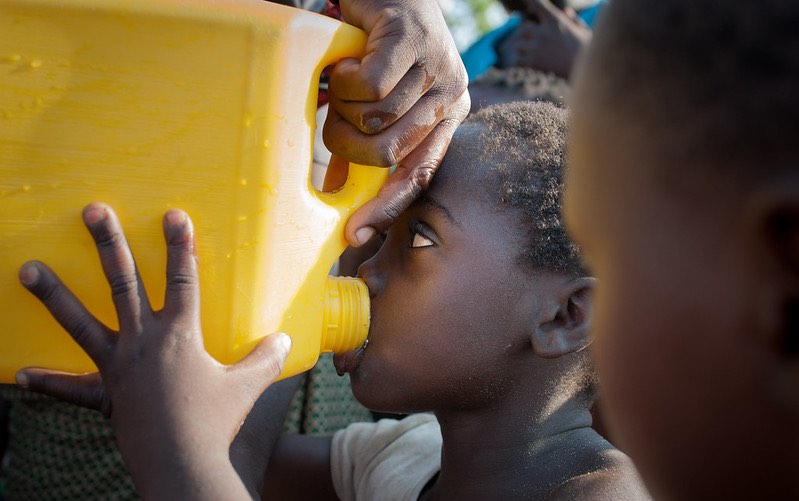
Poor in Africa south of the Sahara face rising disproportionate risks from extreme weather
Climate change-driven spikes in rainfall and heat waves linked to increases in poverty.
-
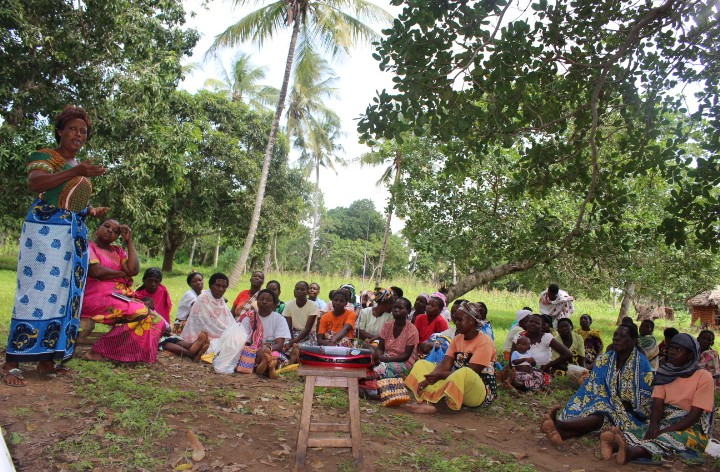
When information leads to better governance in rural areas—and when it doesn’t
A special issue of World Development examines when and how access to information helps improve local services.
-

Impact study demonstrates Bt brinjal eggplant variety helps farmers in Bangladesh earn more with less pesticide
A new genetically-engineered pest-resistant eggplant variety shows promise.
-
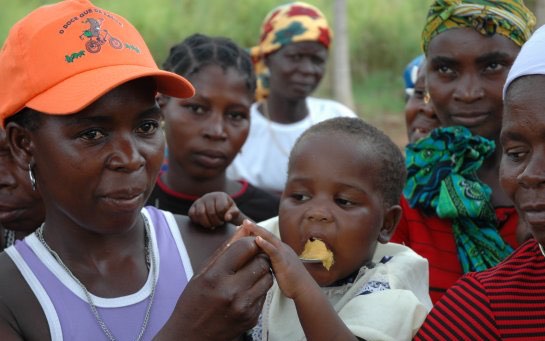
Understanding what impacts last, after the project ends
A biofortification project in Mozambique shows lasting nutrition benefits.
-
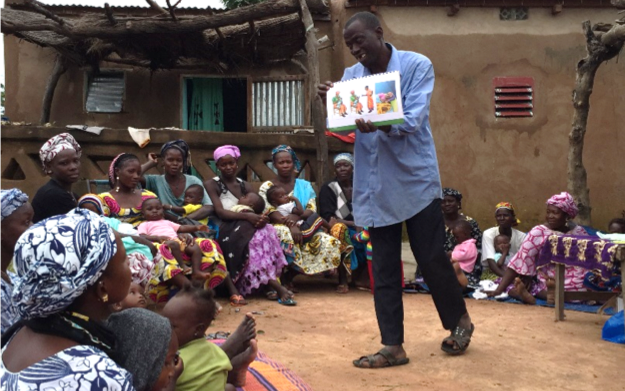
Incorporating prevention into community-based management of acute malnutrition: Insights from Mali and Burkina Faso
Studies show mixed results for a program that coupled acute malnutrition screenings with dietary supplements.
-

Climate mitigation can support growth in developing countries
A short-term exemption from emissions reduction targets would have a positive impact.
-

Informal traders in Africa’s cities: Coopted, coerced or just neglected?
The complex political dynamics behind government crackdowns on food vendors.
-
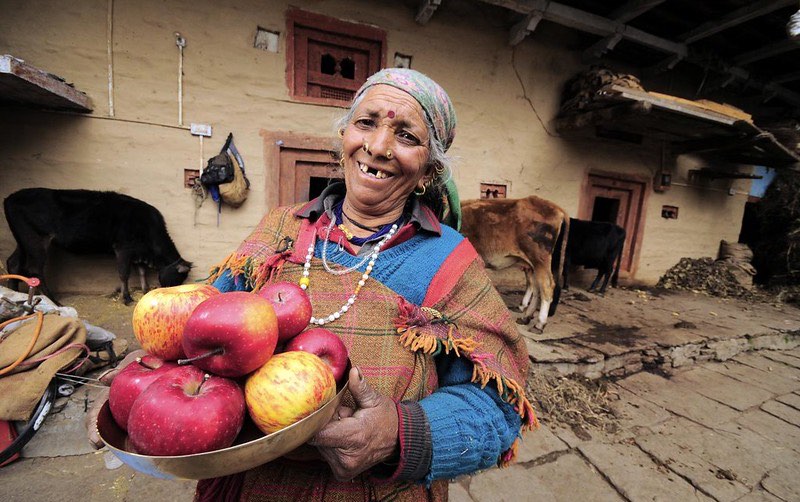
Locally-grown fruits and vegetables can improve diets of rural women in India
Local produce has many nutritional benefits, but is increasingly scarce in many village diets. Why?
-
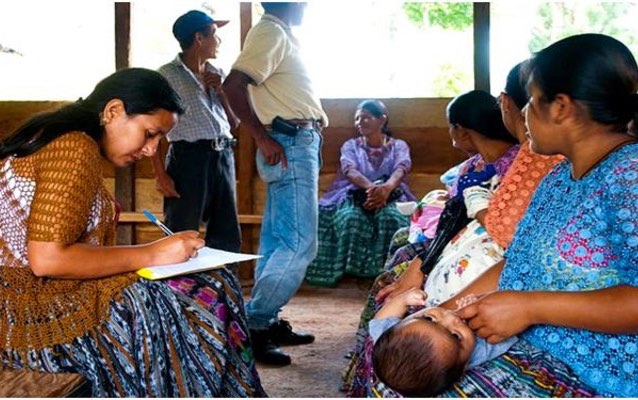
Programs need to focus on the double burden of malnutrition: Evidence from Guatemala
A nutrition program reduced stunting, but mothers who participated retained more weight—suggesting such tradeoffs should be part of program design.
-
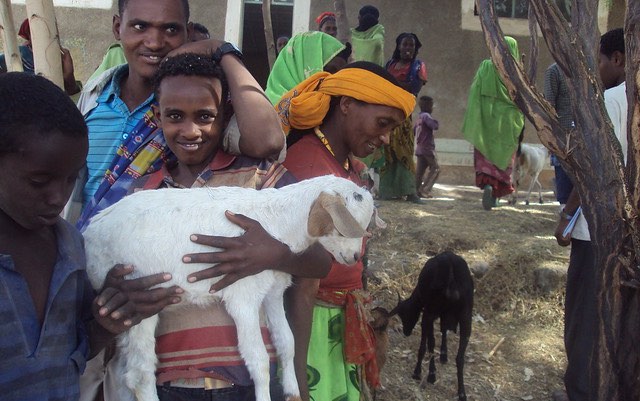
The IFPRI-A4NH Diet Quality and Health of the Poor program: Has the research worked?
An impact assessment shows how research is shaping nutrition programs and policies.
-
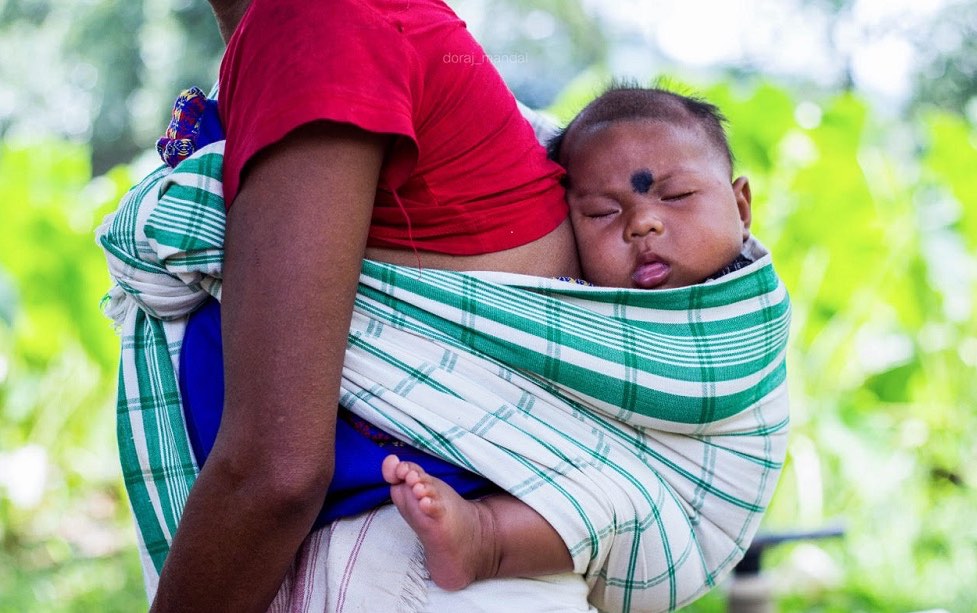
Why the first thousand days matter most
The success of India's nutrition efforts lie in ensuring interventions for mothers and infants converge and complement each other.
-

Will genetic engineering contribute to disease-resistant crops, and who will benefit?
Emerging genetic engineering technologies have enormous potential for agriculture. But how to ensure the benefits reach farmers in middle- and low-income countries?
-
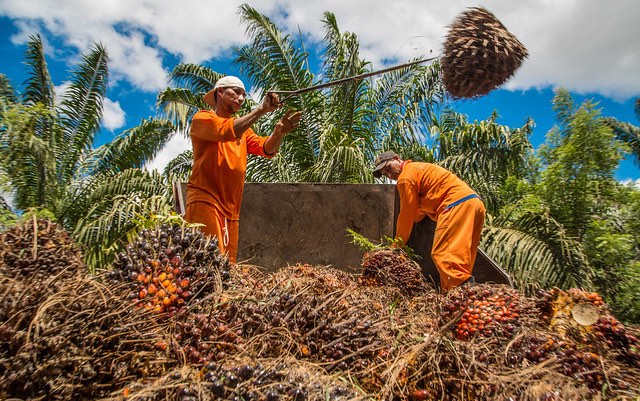
Can boosting yields slow the global palm oil expansion and ease its environmental impacts?
Modeling shows a way to address a major contributor to deforestation and climate change.
-
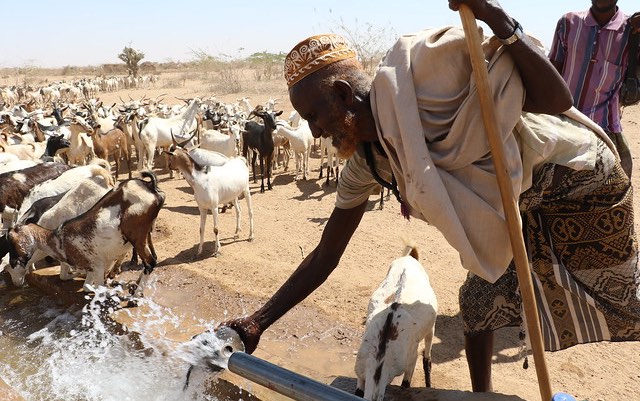
How we can protect the world’s most vulnerable countries against climate shocks
Research in Ethiopia shows that resilience measures can blunt the impact of drought and other climate-driven disasters.
-
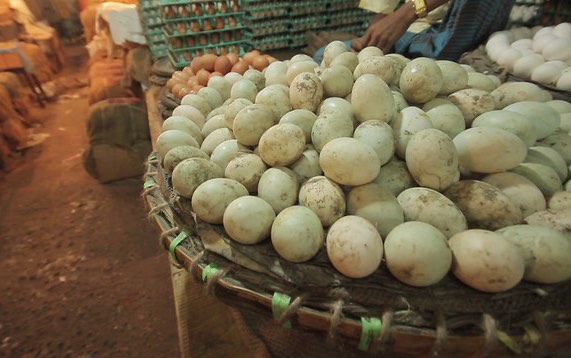
The high price of healthy food … and the low price of unhealthy food
Egg calories in Niger are 23.3 times as expensive as a calorie from rice or corn. In the U.S., egg calories are just 1.6 times as expensive as staple food calories.
-
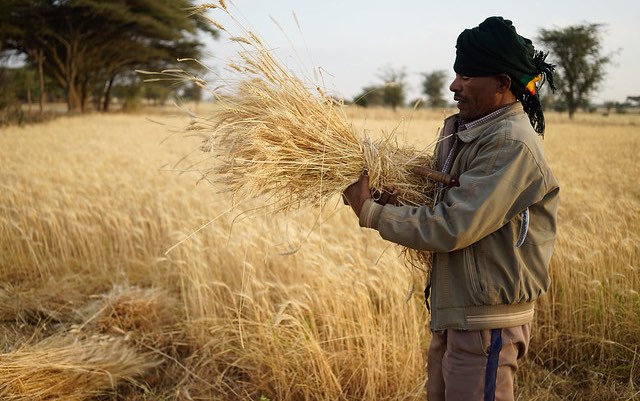
Effects of rising CO2 on protein, iron, and zinc availability in global diets
New research shows climate change will slow the growth in the global availability of key nutrients provided by important crops such as wheat, maize, and legumes.
-
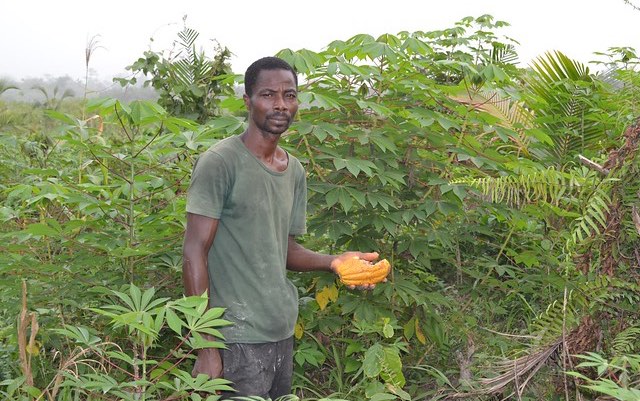
Ghana’s ten percent agricultural expenditure saga: Why reported government expense shares are less than meets the eye
A look inside how Ghana calculates its overall support for agriculture.
-
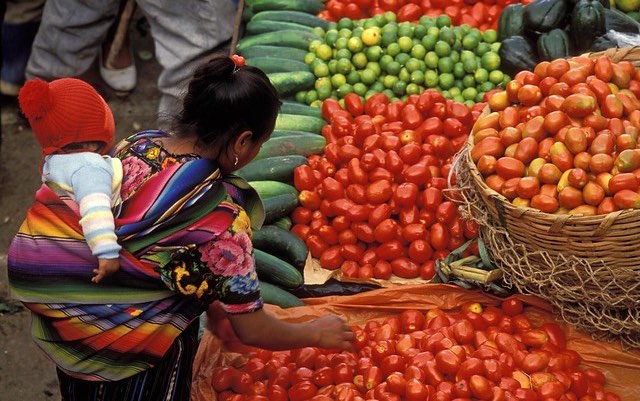
A weighty question: How fat are we? Why obesity estimates diverge
Country obesity estimates from two leading sources differ in many instances—and some of the discrepancies are large.
-
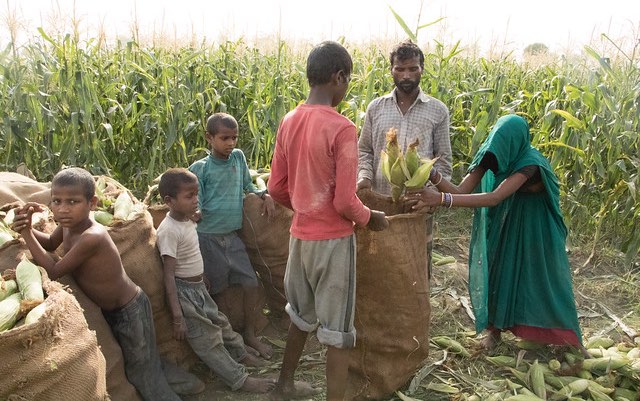
Measuring and reducing food loss in developing countries
IFPRI research outlines the scale and the causes of the major global problem of food loss and waste.
-
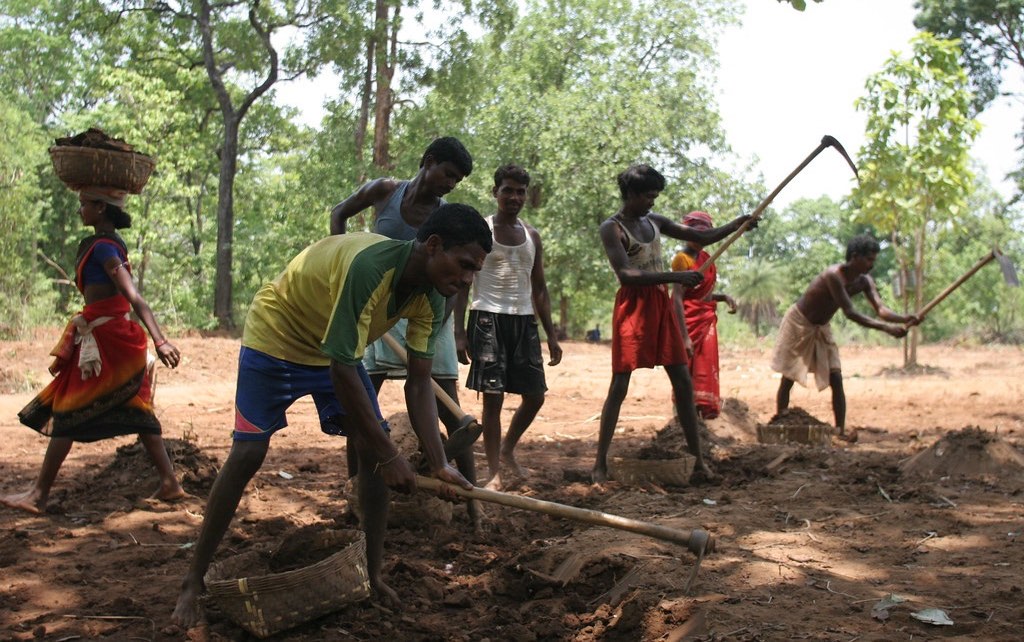
Study: India’s National Rural Employment Guarantee Scheme has positive impact on participants’ welfare
A new study analyzes the effects of one of the largest public works programs in the world.
-
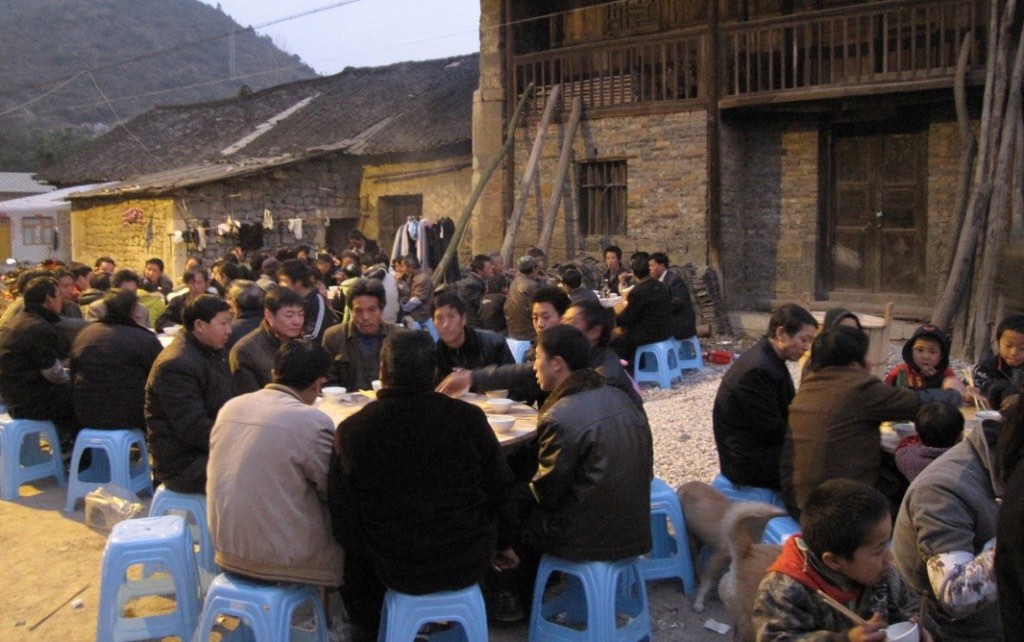
In rural China, gift-giving is an increasingly costly competition
Research shows that a "keeping up with the Joneses" syndrome has set in with gifts in Chinese villages, with negative impacts for household spending and overall well-being.
-
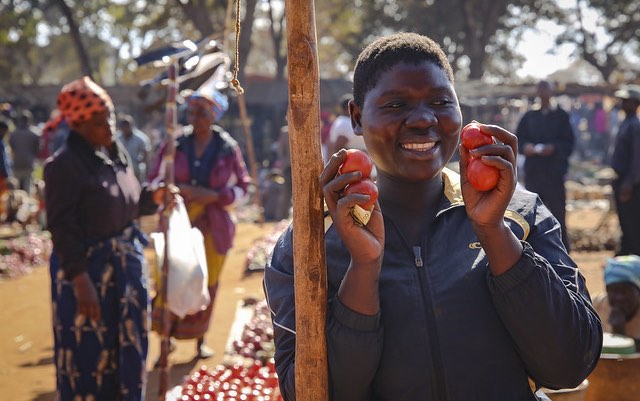
Evidence from Malawi: Why agricultural and nutrition education programs should engage both women and men in households
Research shows that education programs would benefit by taking a more nuanced view of gender roles.
-
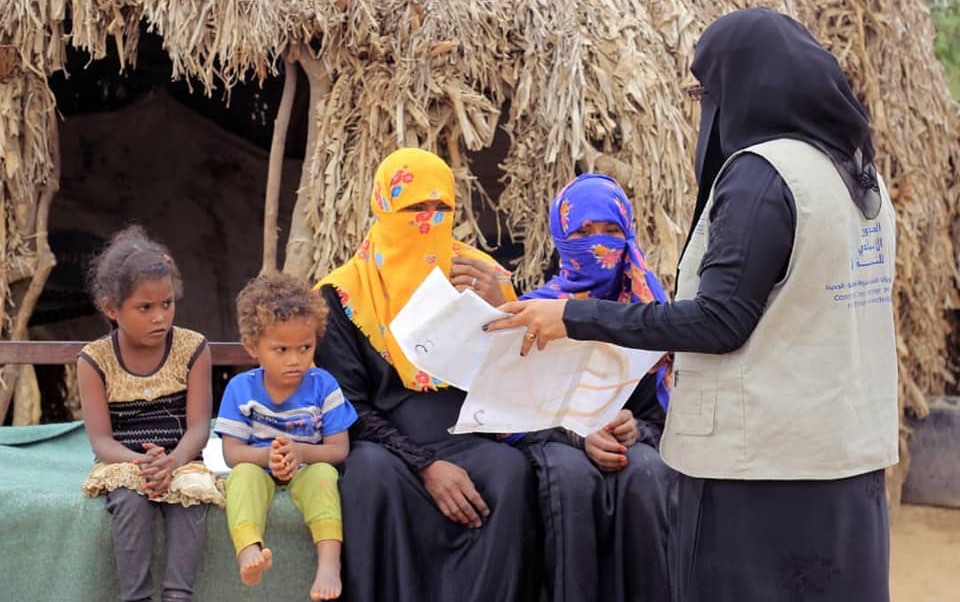
Cash transfers can help Yemen’s conflict-affected children
Two recent studies provide evidence that cash transfers can reduce conflict-driven malnutrition in Yemen.
-
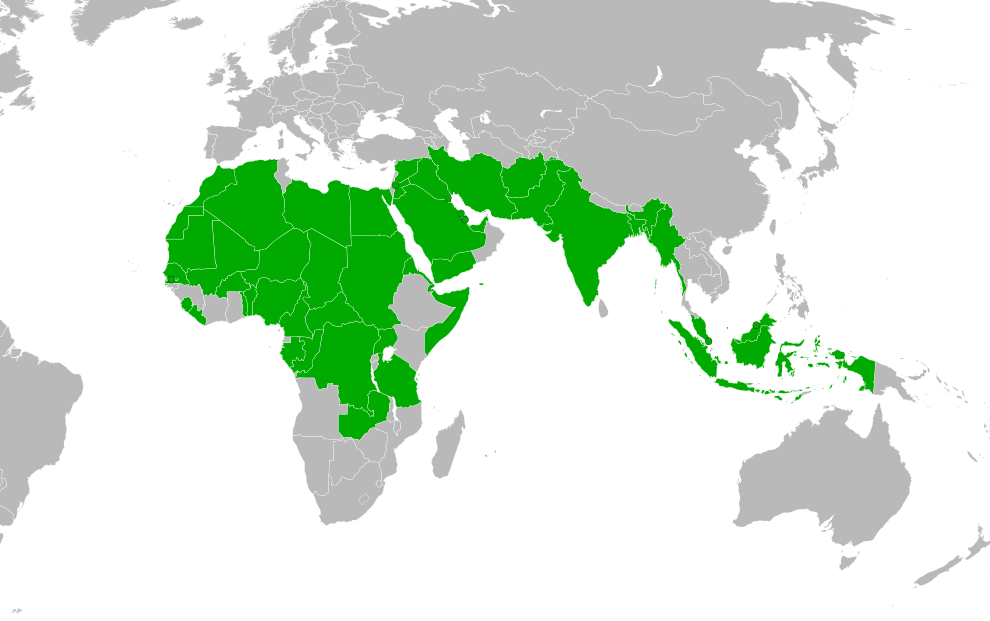
Giving and taking between husband, wives, and co-wives
A new study focusing on Nigeria shows that polygyny (the practice having more than one wife) presents development challenges, as economic cooperation is lower among polygynous spouses than monogamous ones.
-
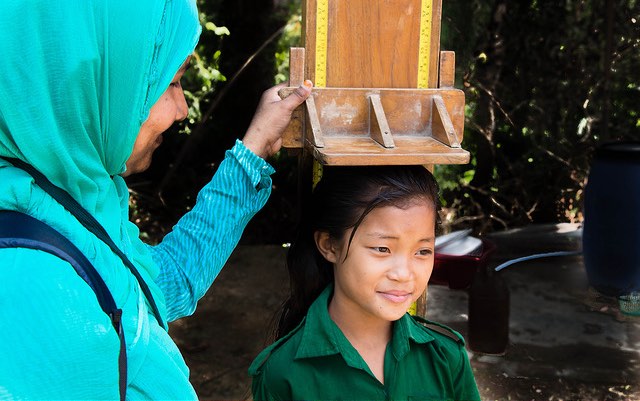
Ending undernutrition requires a different focus on stunting
The widespread focus on stunting has generated unprecedented interest in and support for nutrition goals, but misunderstandings about when it is the right outcome to address may be creating too narrow a focus that harms the global nutrition agenda.
-
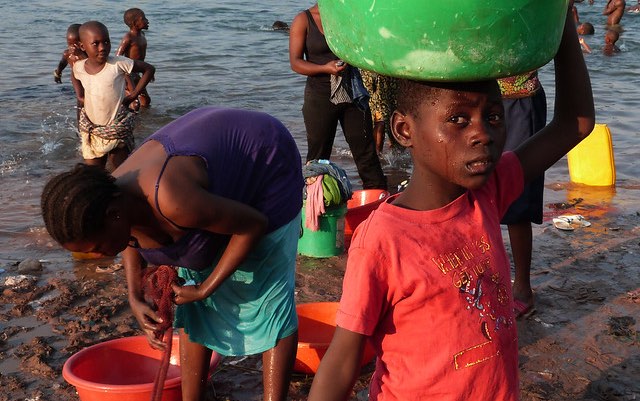
Who benefited from the Congo’s peace dividend?
New research suggests the Democratic Republic of the Congo missed an important opportunity to combat its devastating poverty.
-
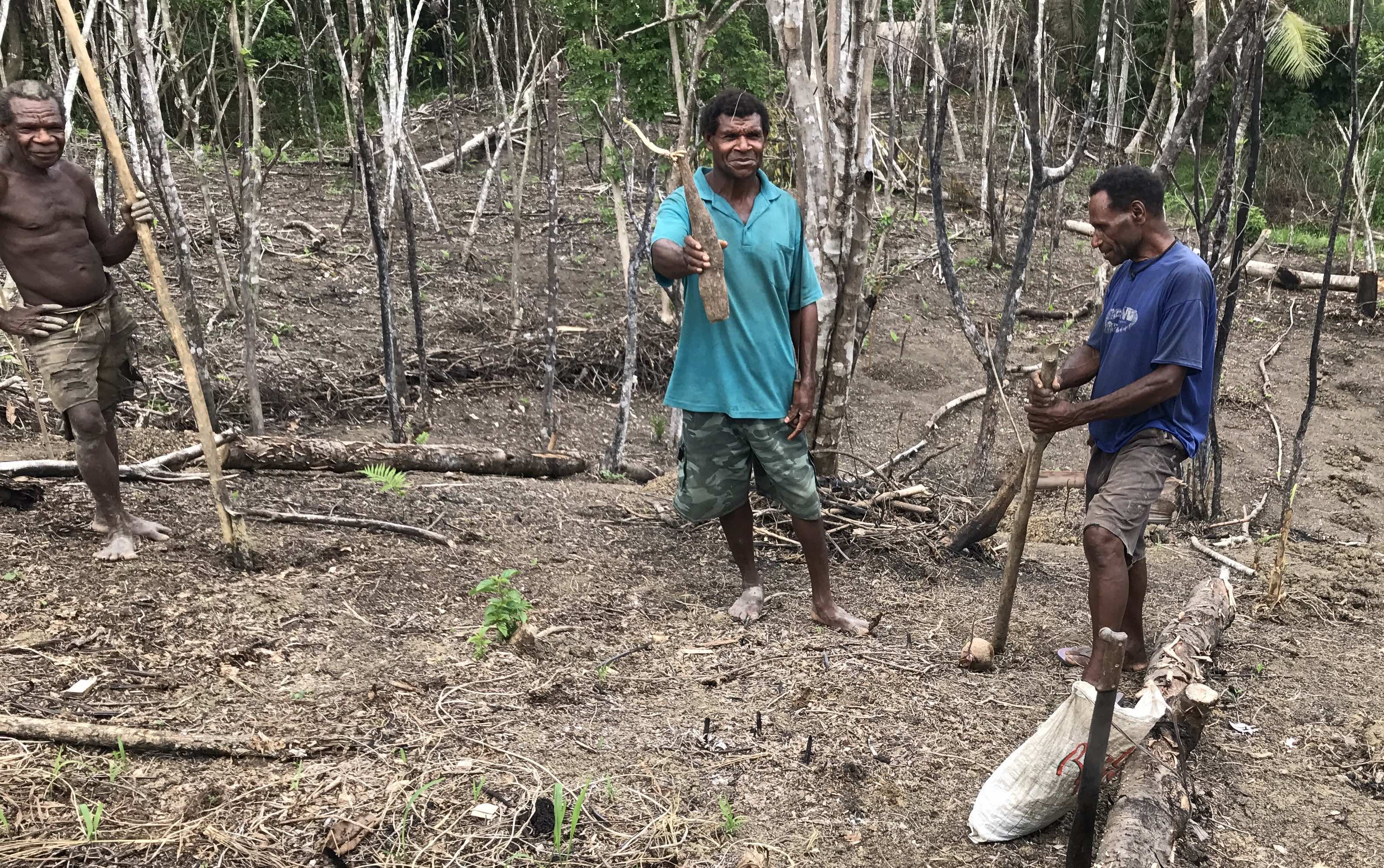
New data offers insights into rural poverty and undernutrition in Papua New Guinea
A lack of data has hampered PNG's efforts rein in hunger and malnutrition.
-
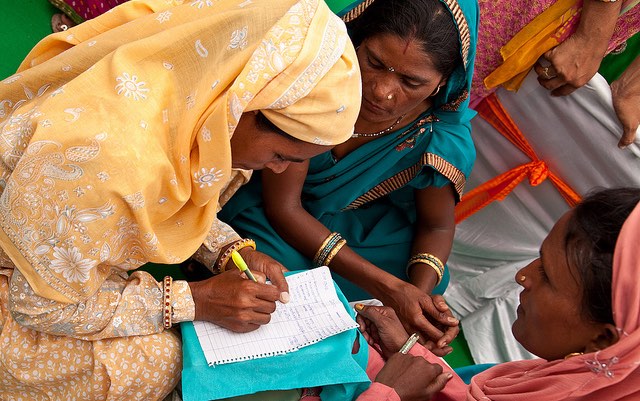
Cash transfers and intimate partner violence
Three case studies show that cash transfers’ effects on IPV depend on context and program design
-
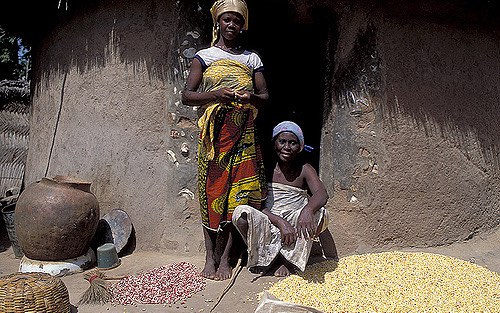
The evolving links between farm crop diversity and household diets in Ghana
Ghana's agricultural transformation is considered a African success story. But how it is it affecting the diets of farm households?
-
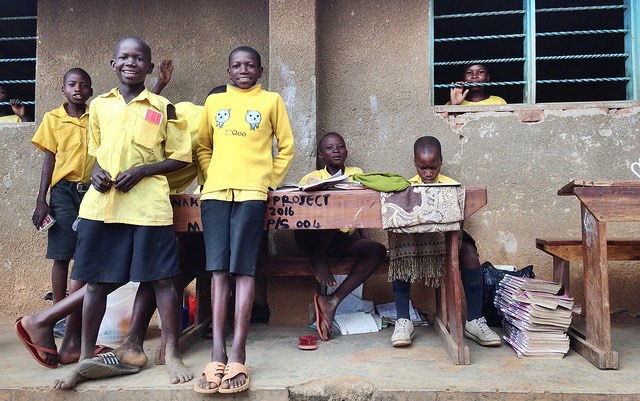
What happens when you incentivize primary education in Uganda
Incentives that hold teachers accountable for achievement can increase educational attainment when paired with adequate instructional resources, research shows.
-
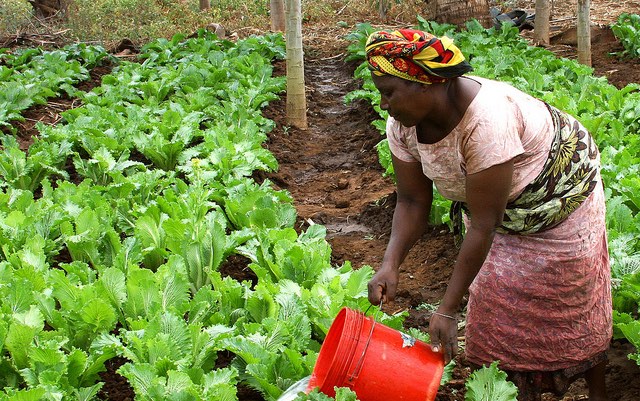
Considering gender in irrigation: Meeting the challenges women farmers face in technology adoption
Research in Ethiopia, Ghana, and Tanzania points the way to addressing gender imbalances in irrigation and agriculture.
-
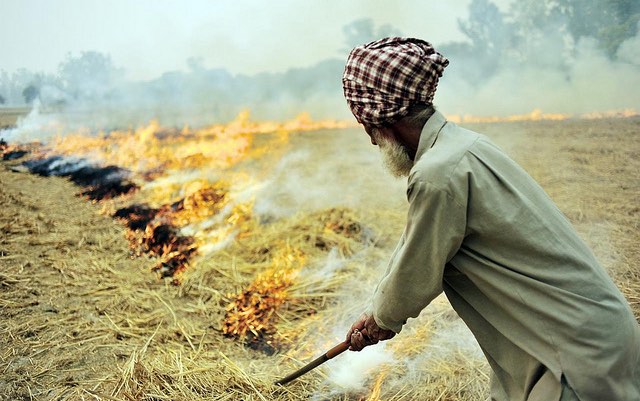
The link between crop burning and respiratory illness is a health and economic timebomb
The pollution generated by crop residue fires in northern India imposes a heavy burden on urban residents.
-

Busting six common myths about unconditional cash transfers in Africa
Research refutes the stock critiques of transfer programs.
-
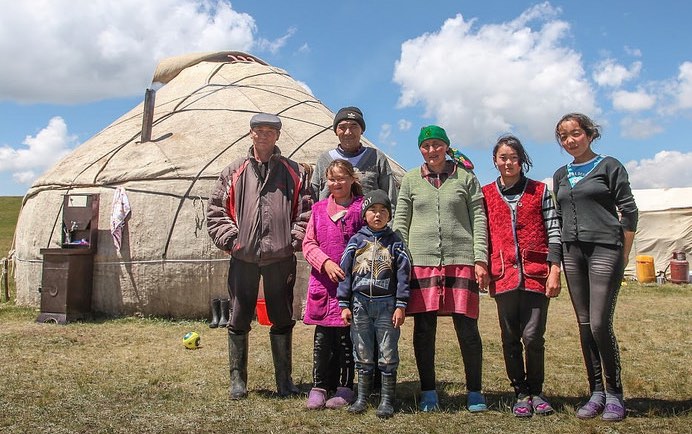
International Women’s Day: Why raising aspirations may be key to achieving gender equality
Research in Kyrgyzstan shows that individual ambition and women's empowerment are linked.
-
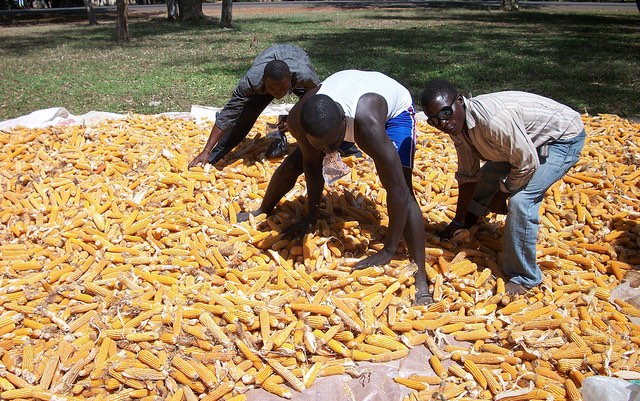
Does aflatoxin stunt child growth? Evidence from the first randomized trial
Examining one possible impact of a common health hazard on young children.
-
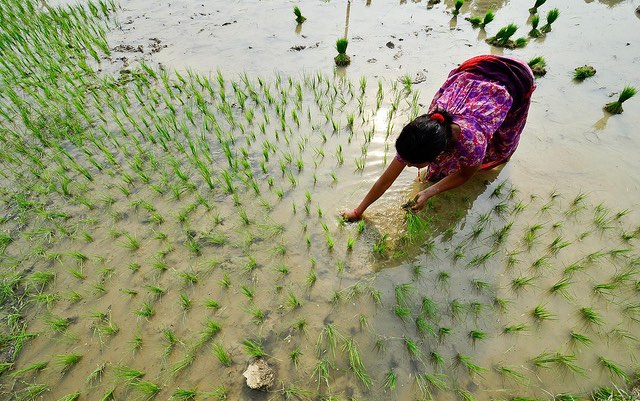
In Nepal, bureaucrats’ local knowledge and motivation make a difference in serving rural farmers
Research shows that a personal stake in the community matters more for agricultural extension services than staff numbers.
-
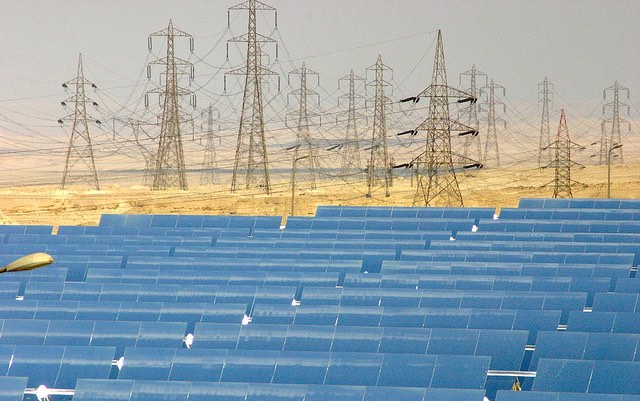
Making Egypt’s power sector more diverse and sustainable
Egypt currently generates most of its electricity with natural gas—an unsustainable situation. Research shows how it can change course and tap abundant sunlight and wind resources.
-
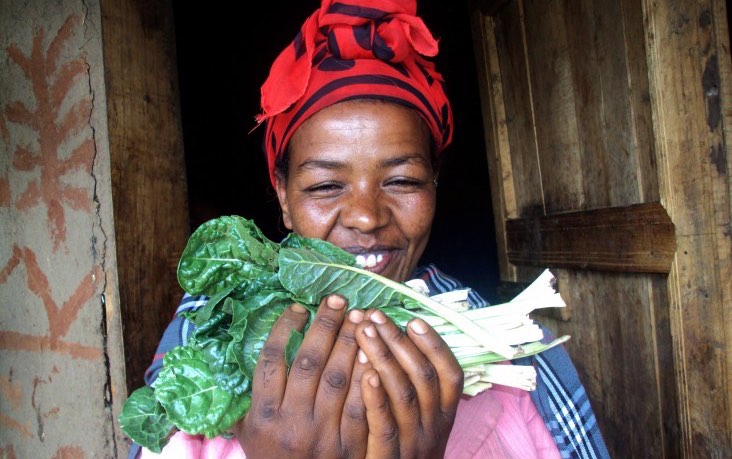
Can governments promote homestead gardening at scale? The case of Ethiopia
IFPRI research shows what works – and doesn't – in promoting gardening with the aim of boosting consumption of fruits and vegetables.
-
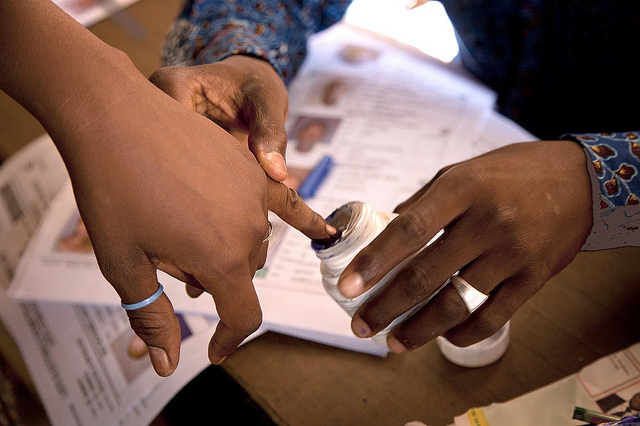
Competitive elections are good for democracy – just not every democracy
While political competition is generally accepted as good for democracy, research finds it can inhibit government service delivery in newer democracies lacking strong political parties and governing institutions, like Mali.
-
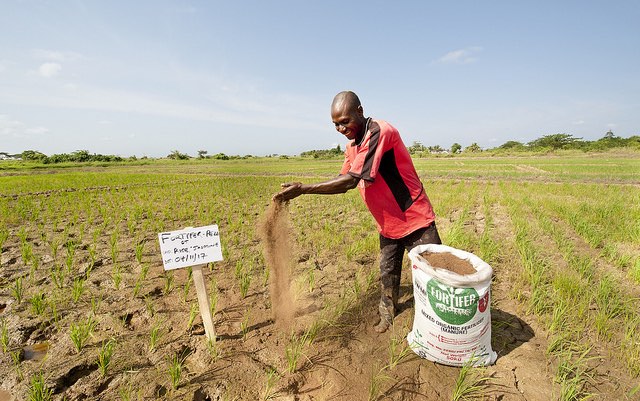
Too good to be true? A model for reaching poor farmers and reducing subsidy costs in Ghana
Targeted fertilizer subsidies cost more to administer but are significantly more cost-effective than universal subsidies, IFPRI research shows.
-
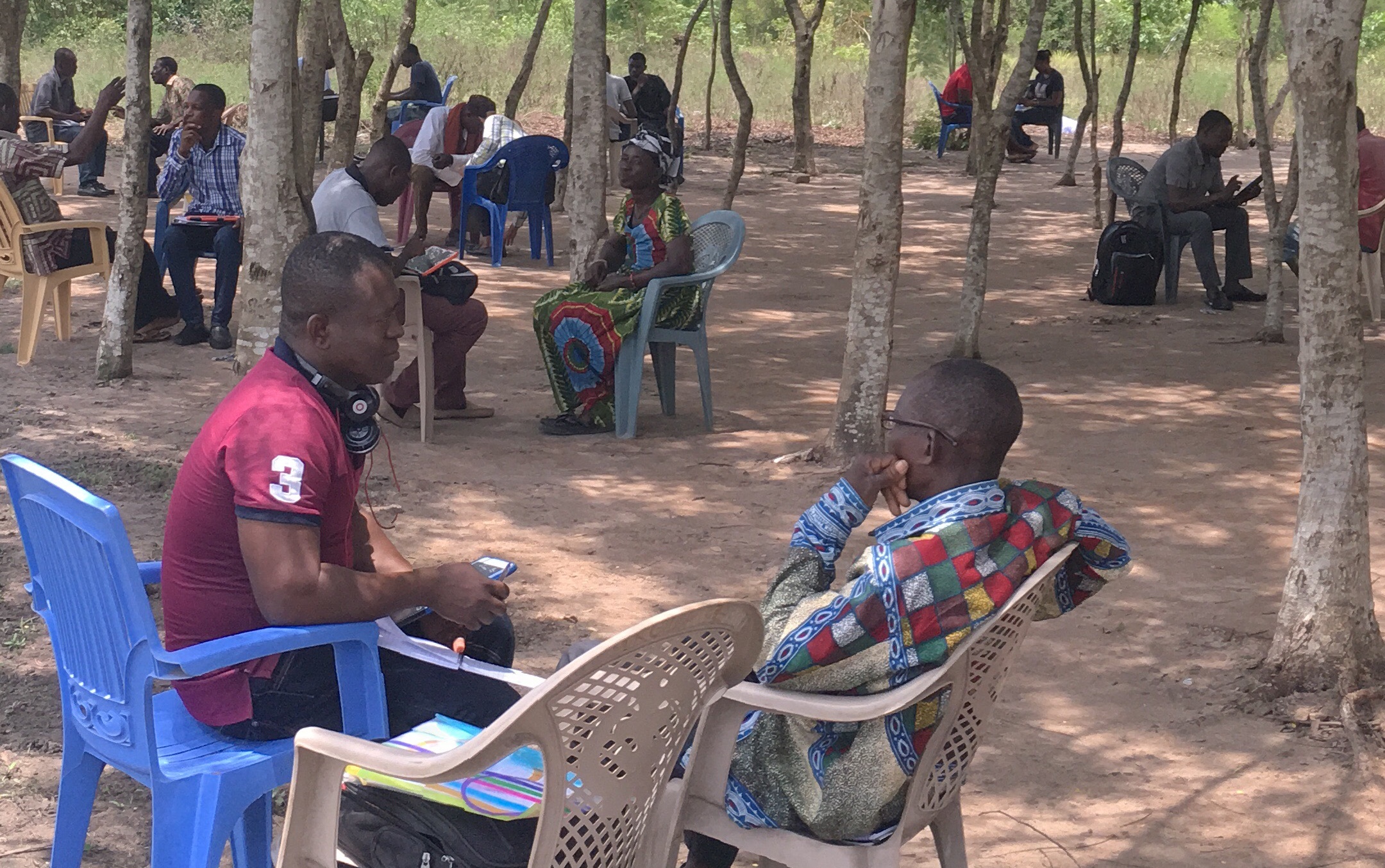
Pro tips for designing and deploying complex agricultural surveys
Collecting survey data in the field presents unique challenges—some advice to make the process as smooth as possible.
-
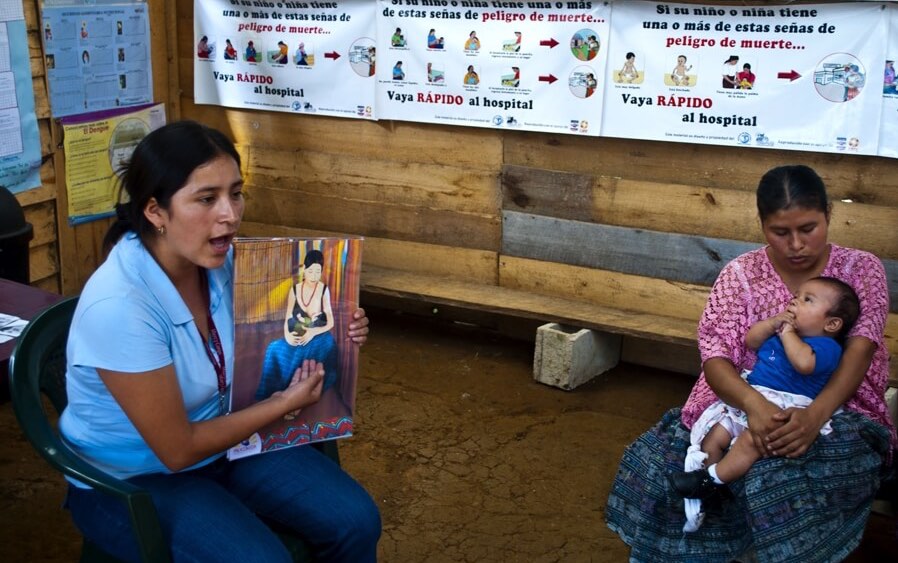
Optimizing food assistance programs: Multisectoral approach improves child growth in Guatemala
Combining food rations, behavior change communication, and better access to public health services improves infant nutrition and reduces stunting, an IFPRI study shows.
-
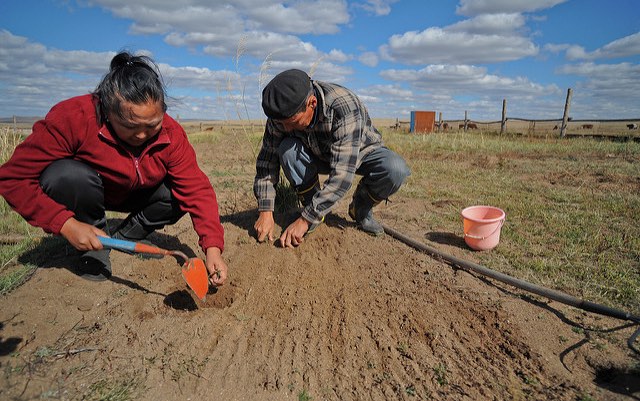
Ambitious steps to control climate change may pose food security risks in the near term
Essential climate mitigation efforts, such as carbon taxes, may create problems for the food system that should be addressed, a study shows.
-
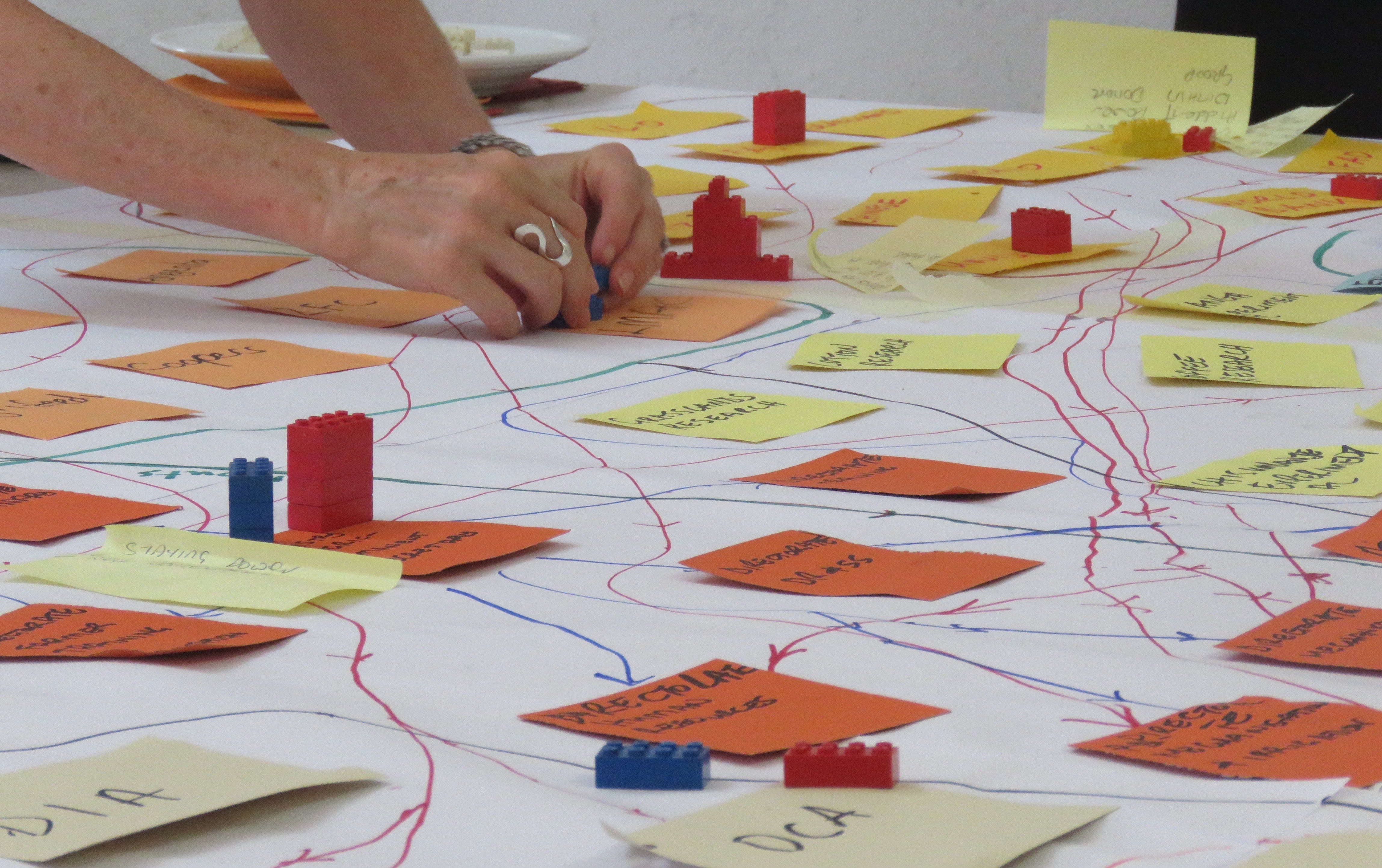
What I learned from playing with Lego on the job
A workshop employs creative mapping techniques to visualize interview data.
-
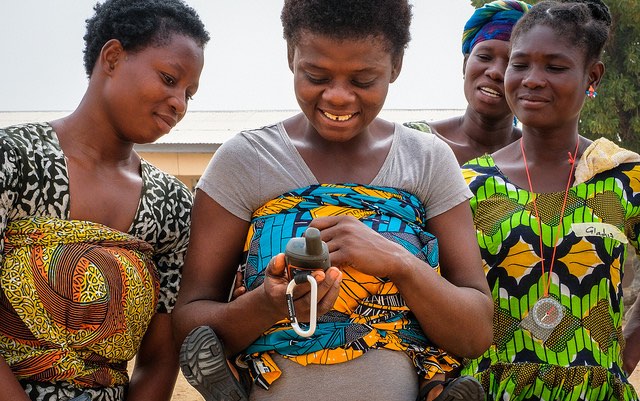
Where is the standardized measure of women’s empowerment?
A new study examines the gender dynamics of household decisions in Bangladesh and Ghana.
-
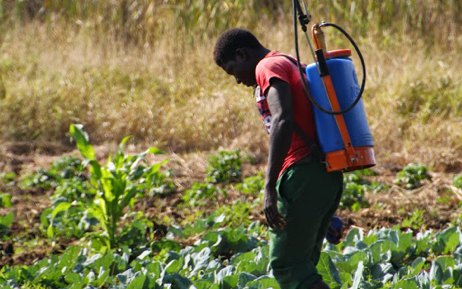
High pesticide use among smallholders in Africa south of the Sahara poses risks for health, environment
As demand for their crops rises, horticultural farmers in particular are employing hazardous pesticides. What can be done?
-
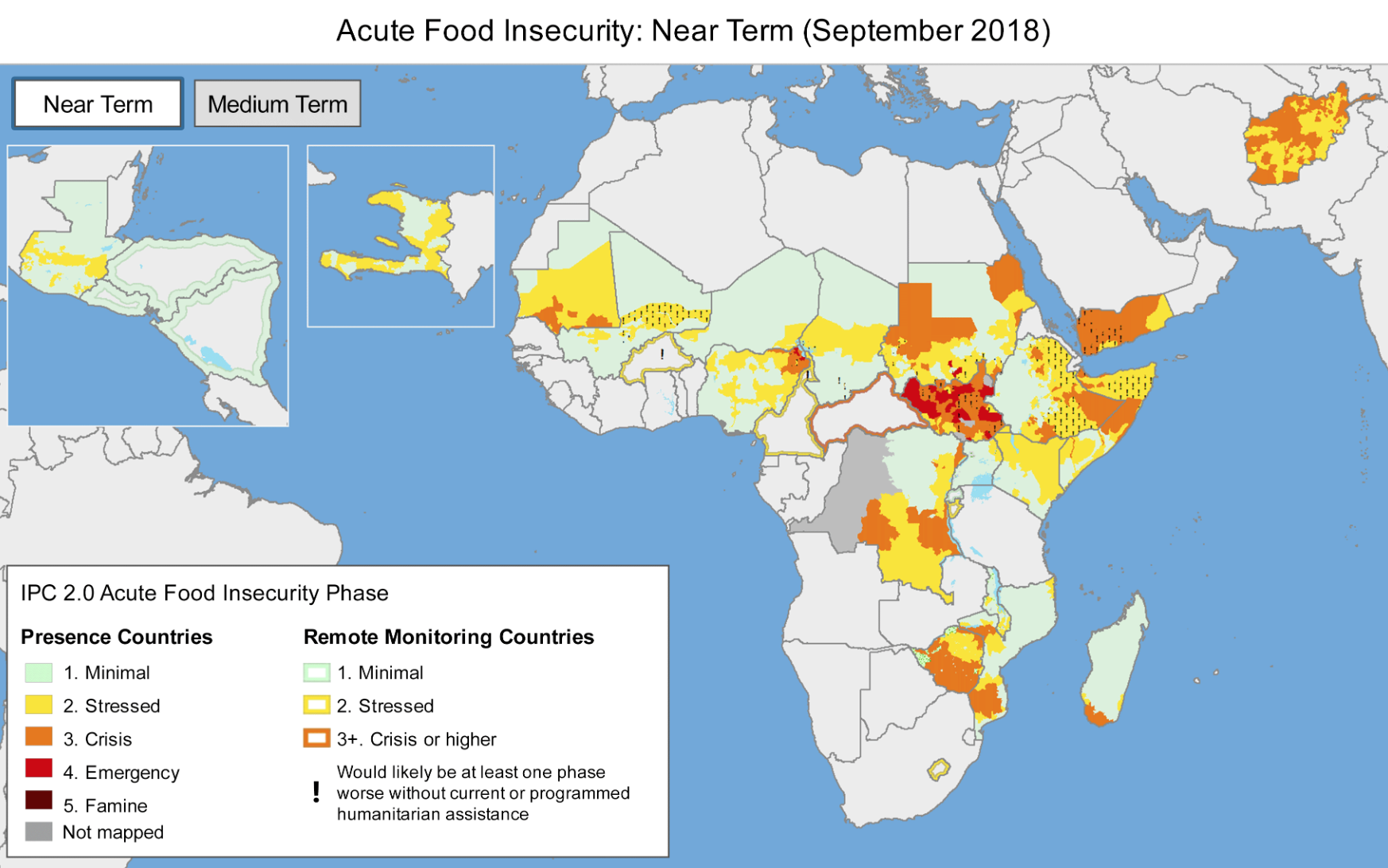
New review finds fundamental gaps and new opportunities for world’s agricultural monitoring systems
Global food security depends on the ability to monitor shifting developments in agriculture.
-
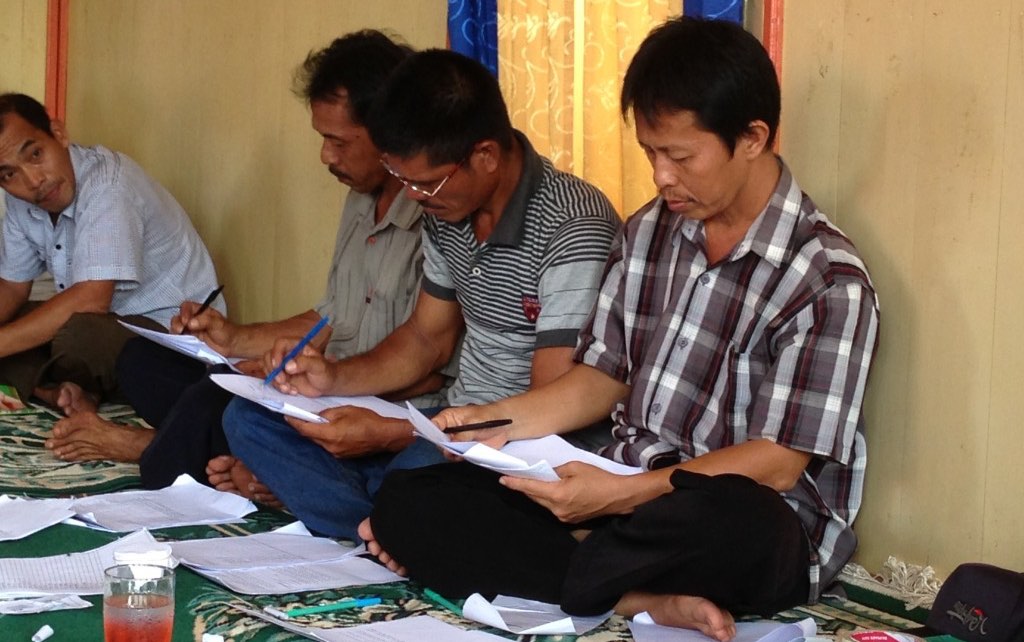
Competitive outsourcing to private contractors can improve public service delivery
A new study shows benefits from a bidding process for Indonesia's subsidized rice distribution program.
-
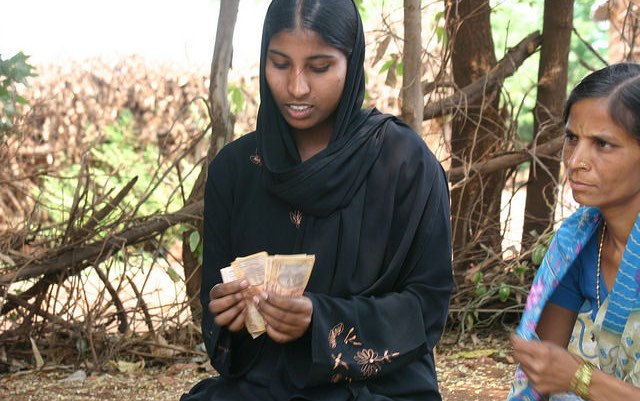
Model offers new approach to account for intangible factors driving microfinance group loan performance
A paper offers important new data points on group loans.
-
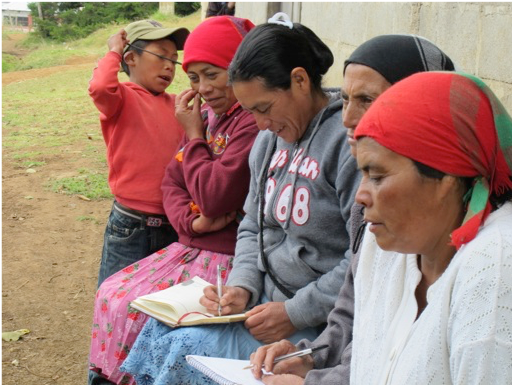
Innovative scorecard system helps to better allocate poverty program investments
A new approach helps potential funders weigh the financial risks and on-the-ground benefits of anti-poverty programs.
-
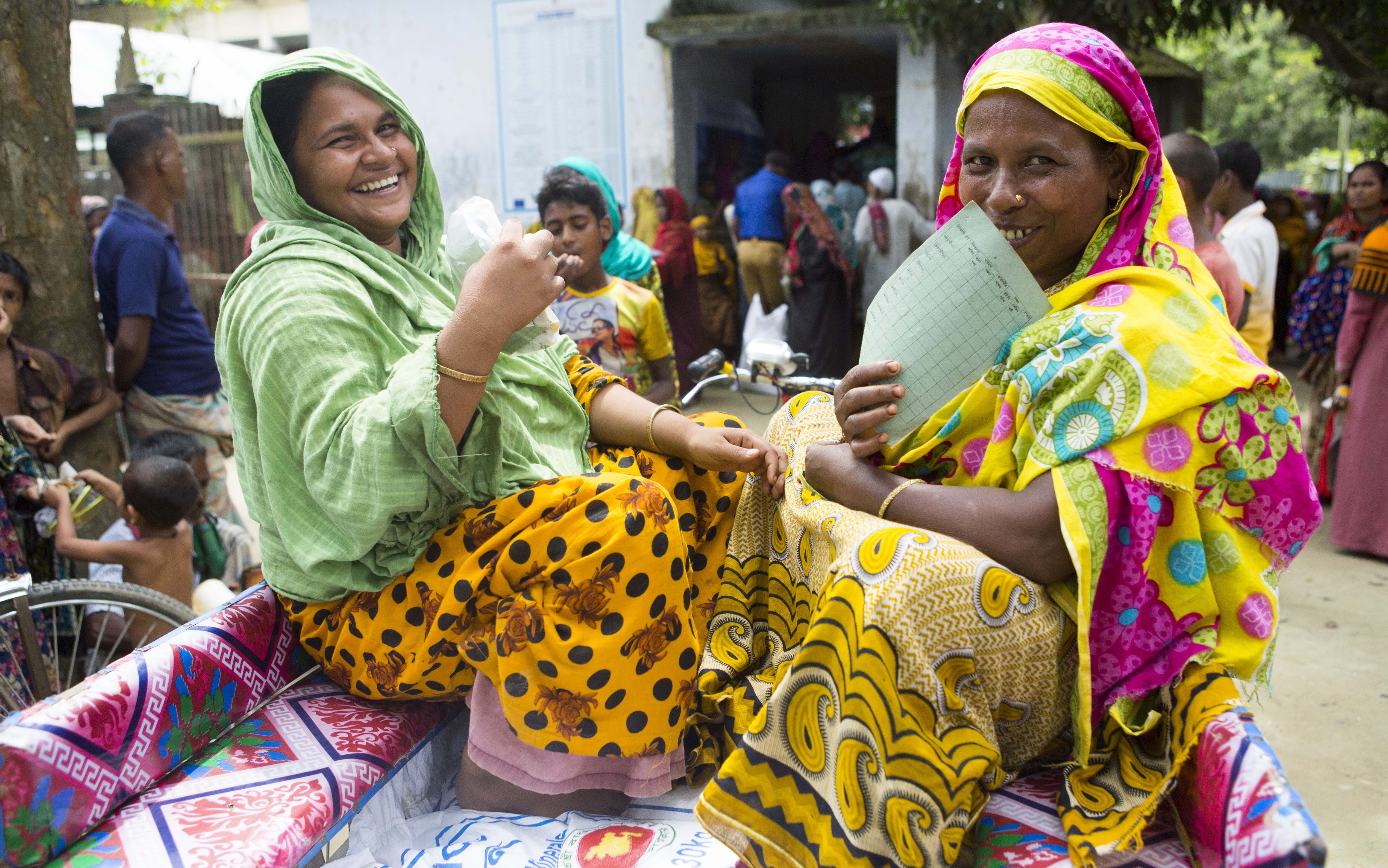
A bureaucratic catch-22: Study in Bangladesh shows how safety nets can overlook the poorest
An IFPRI analysis identifies flaws in criteria used to target the poorest aid recipients and recommends new standards.
-
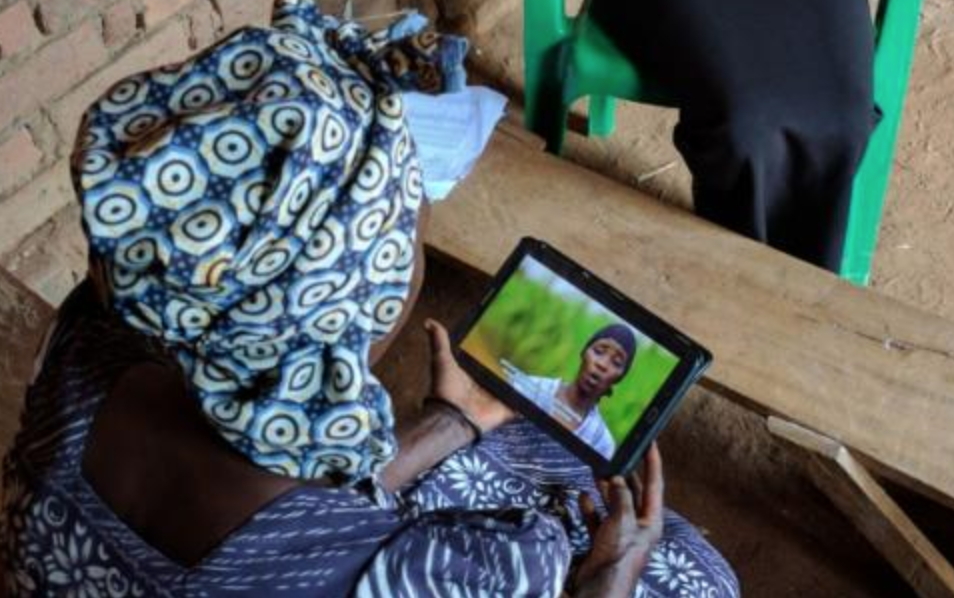
Designing for gender inclusivity in video-enabled agricultural extension
Using videos to examine how gender influences the communication of agricultural extension messages in Uganda.
-

Swapping pesticides for beetles could put money in farmers’ pockets
Cutting chemical pesticide use and relying on ladybird beetles to kill aphids can yield concrete benefits for Chinese cotton farmers.
-
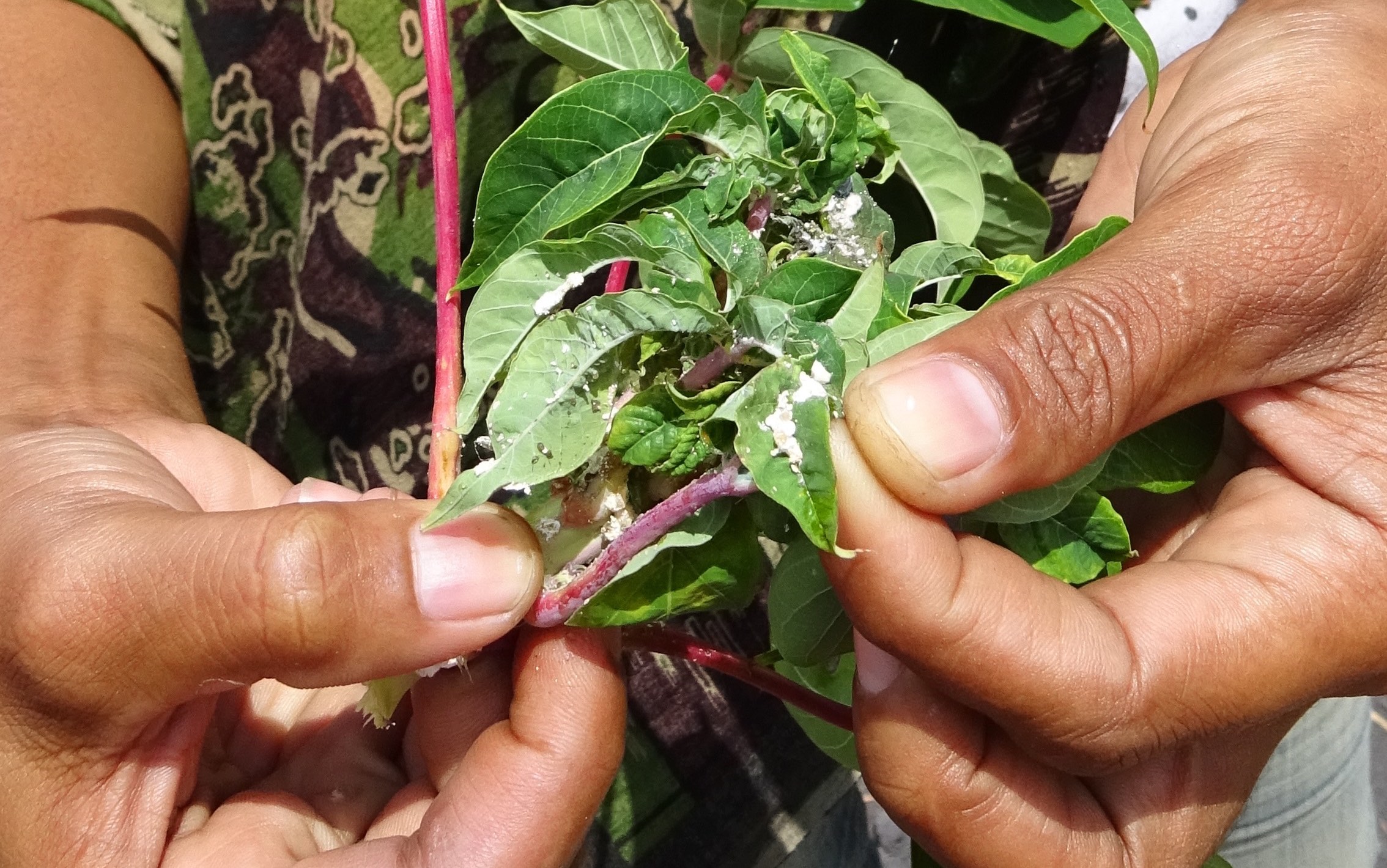
Tiny pest-killing wasps for Asia’s cassava crop ease anxieties on the Chicago Mercantile Exchange
A natural pest control application yields positive economic results for farmers, consumers—and global markets, a new study shows.
-
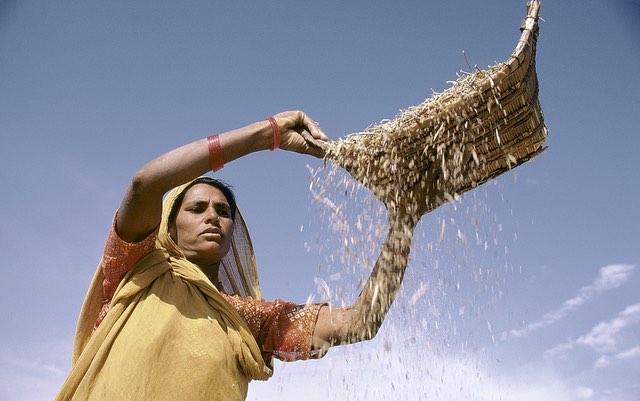
Global trends in agricultural incentives affecting producers, consumers
Data from Ag-Incentives Consortium shows the aggregated effects of government policies on prices.
-
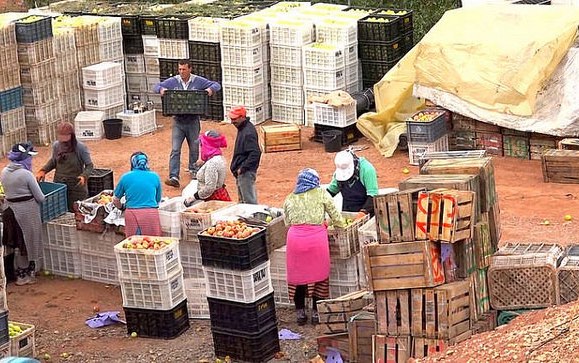
Unlocking the potential for agricultural development in the Middle East and North Africa
A new IFPRI report outlines policy approaches to reform and boost the MENA region's agriculture and food systems.
-
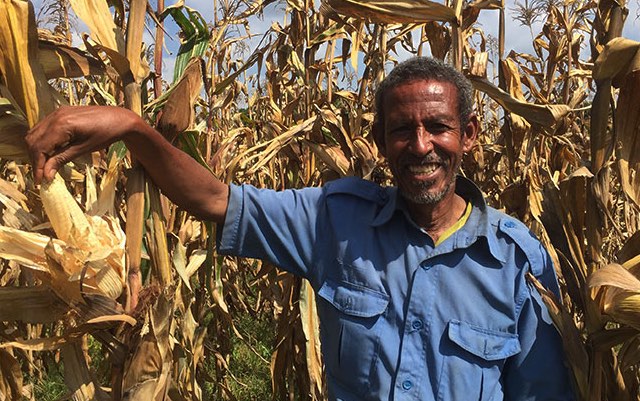
When saying ‘see, it works!’ isn’t enough: Sharing results from an evaluation of video-mediated extension in Ethiopia
Inside an IFPRI evaluation of an innovative extension program.
-
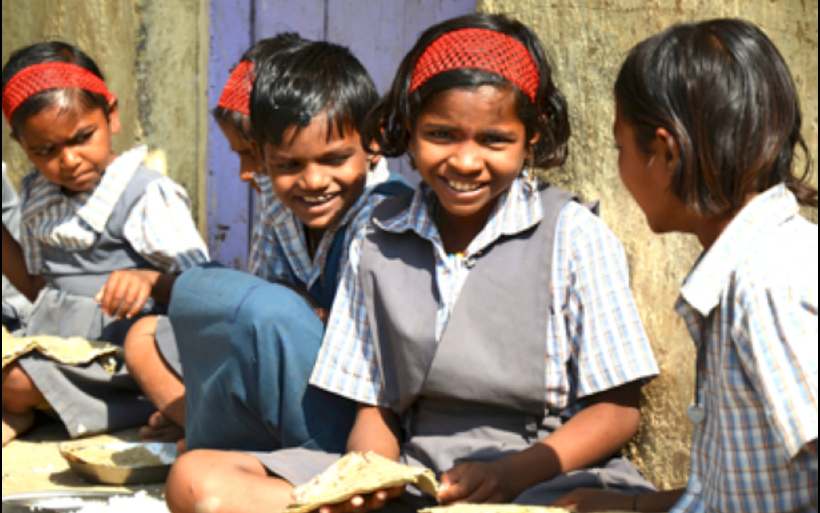
How and why iron-biofortified pearl millet improves cognitive function: A look inside a new study
Exploring how a biofortified crop works inside the body to boost brain function.
-
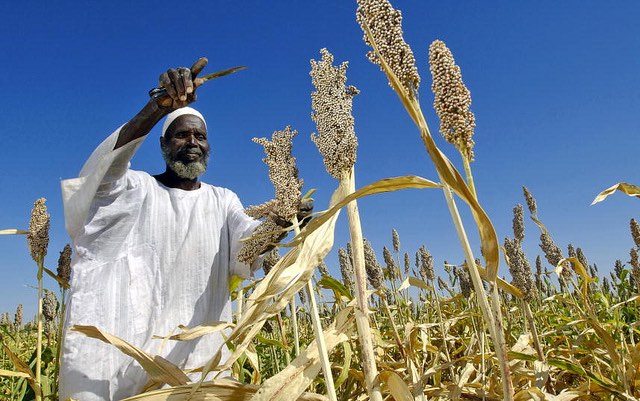
Five new insights on how agriculture can help reduce poverty
Growth in agriculture is 2-3 times more effective at reducing poverty than an equivalent amount of growth generated in other sectors.
-
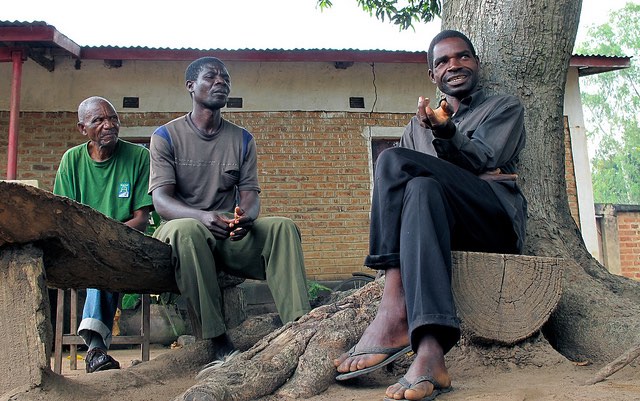
How extension services can complement input subsidies to boost productivity and food security in Malawi
Without support from robust agricultural extension services, farm subsidies may go to waste, research shows.
-
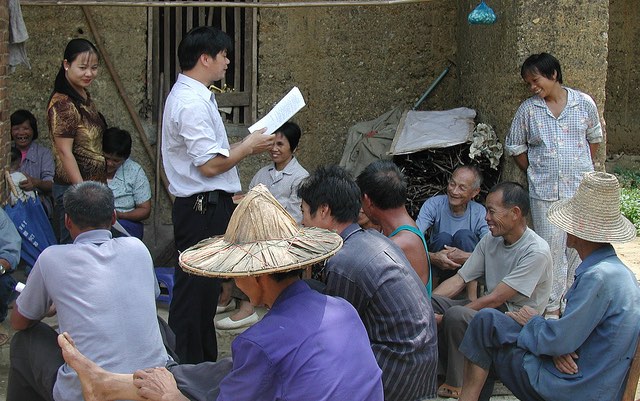
Targeting public investment to revitalize rural areas is key to address emerging global challenges
China's public investments in rural development yield broad economic and social benefits, research shows, pointing the way for other countries.
-
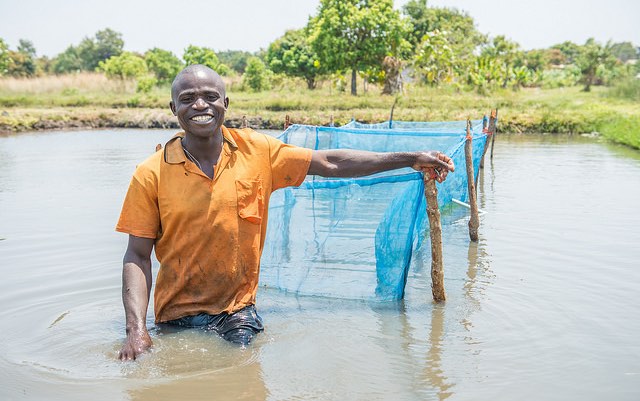
Reassessing the aid-policy-growth relationship: A new approach
A new model shows the relationships between development aid, a country's policies, and economic growth are more complex than commonly assumed.
-
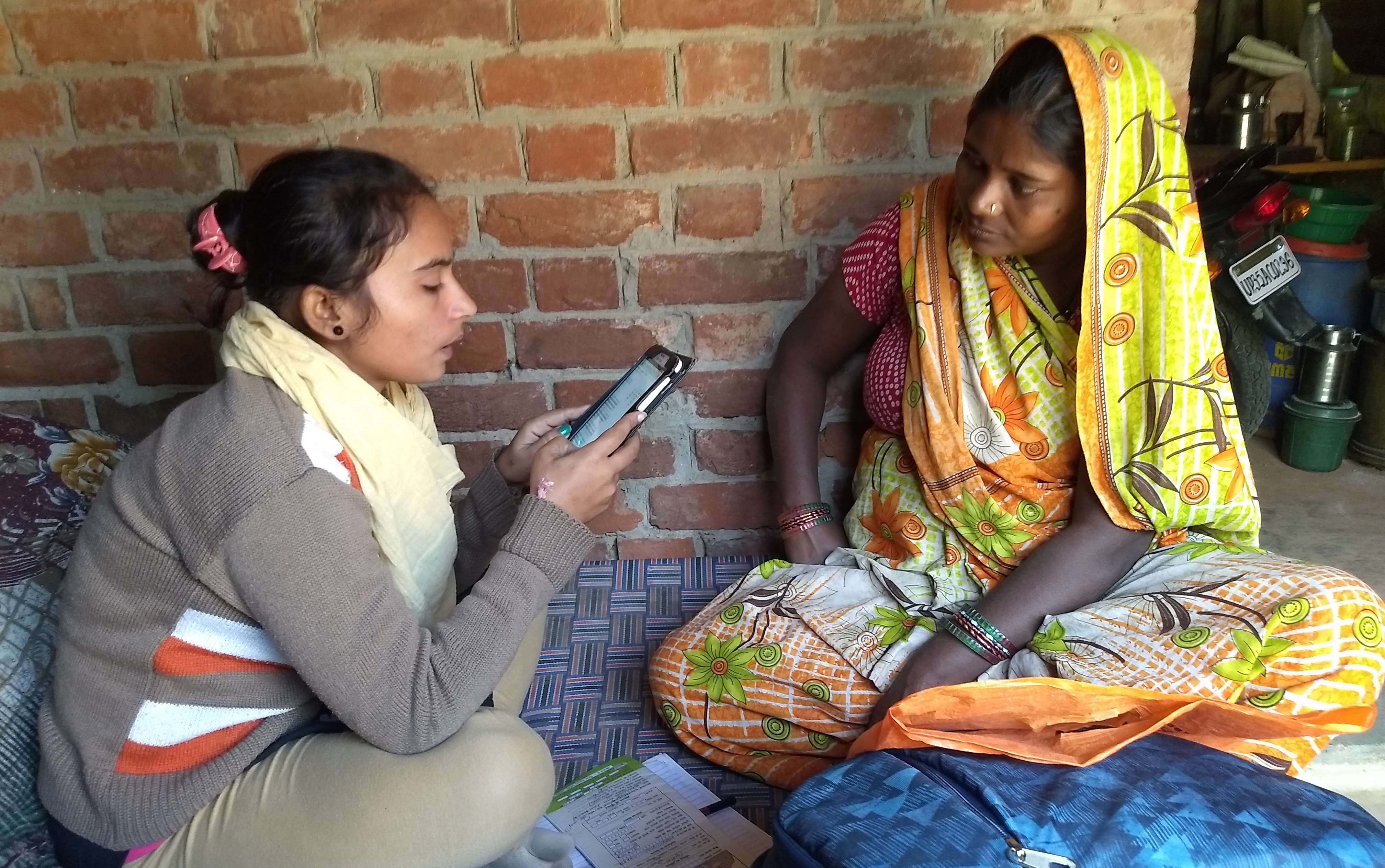
Targeting open defecation, other factors accelerates anemia reduction among pregnant women in India
Research suggests an optimal anemia reduction strategy would take a holistic, nutrition-sensitive approach that targets factors such as hygiene, family planning, and healthy diets.
-
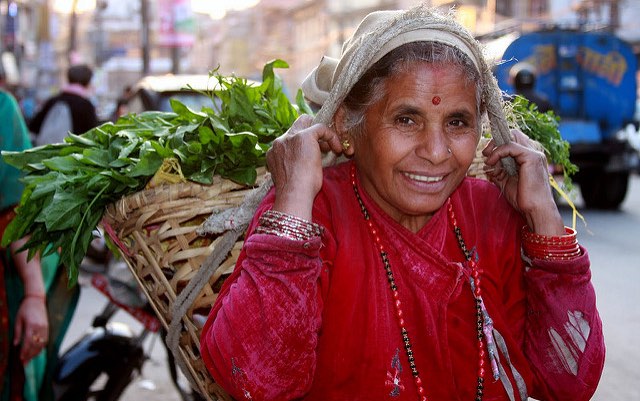
Nepal’s federal transition: What are the implications for agricultural governance?
As Nepal's government establishes a federal structure under its new constitution, IFPRI research points the way.
-
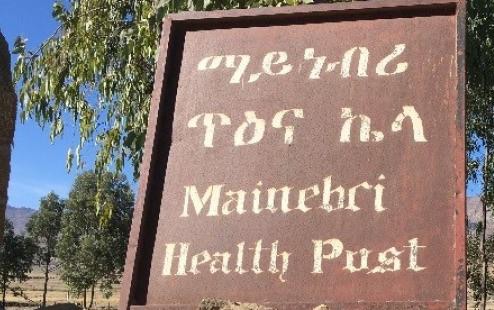
Improving the resilience of the poor in Ethiopia through community-based health insurance
Research shows that two of Ethiopia's social protection programs could work more effectively together.
-

International Biodiversity Day: Diversifying agroecosystems to suppress crop pests
A new study suggests the potential for ecosystem-based pest management in Nigeria.
-
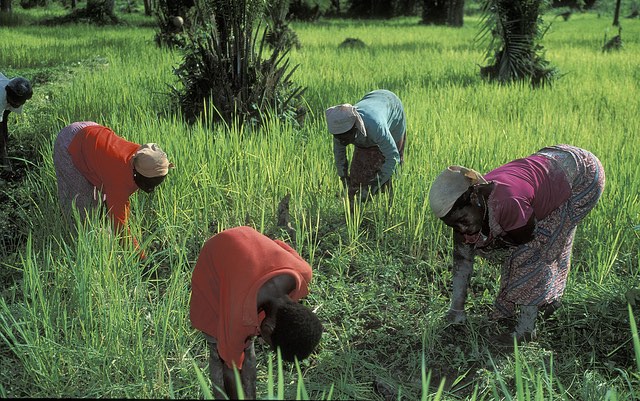
Disentangling natural resource management impacts – one evaluation at a time
Lessons from a soil program impact evaluation gone awry.
-
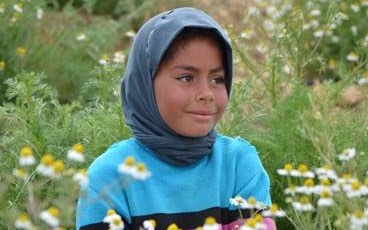
New modeling toolkit aids development planners in MENA countries
New data-based tools for agricultural policy planners in Egypt, Jordan, Lebanon, and Tunisia.
-
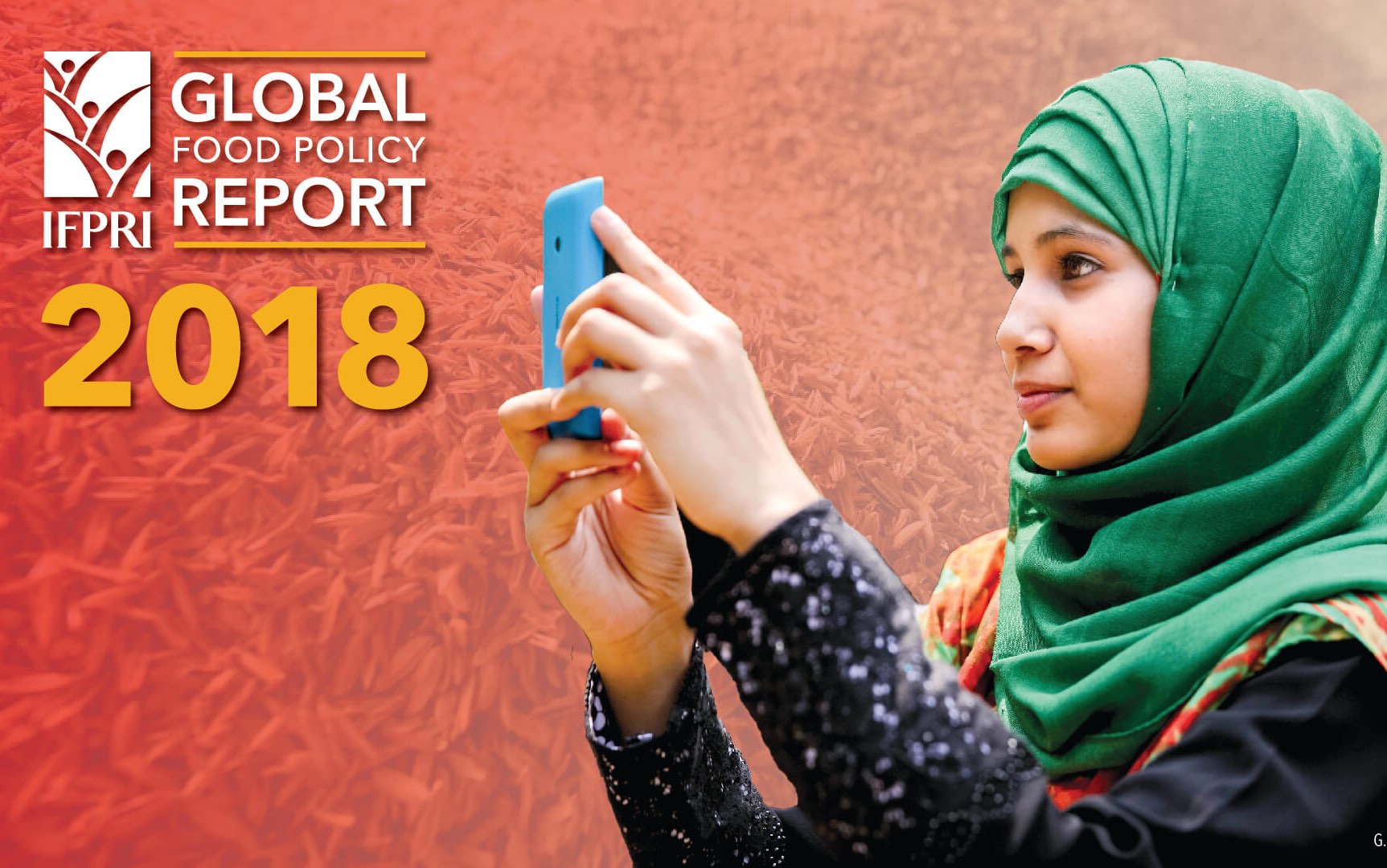
Achieving food and nutrition security through open access data
How open access to data can help close the global digital divide.
-
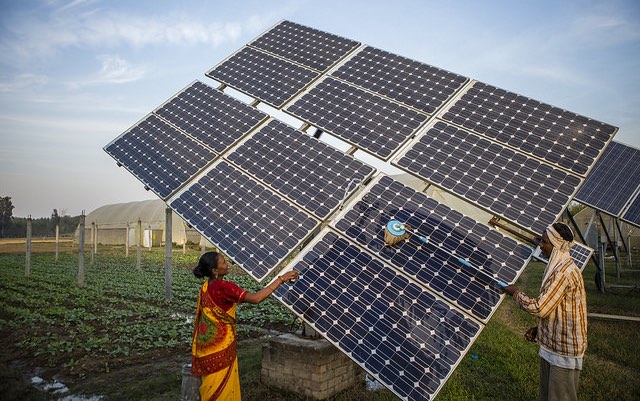
Earth Day 2018: Solar-powered irrigation can boost rural development, but also poses risks
Making a promising technology for sustainable agriculture work for farmers in South Asia and elsewhere.
-
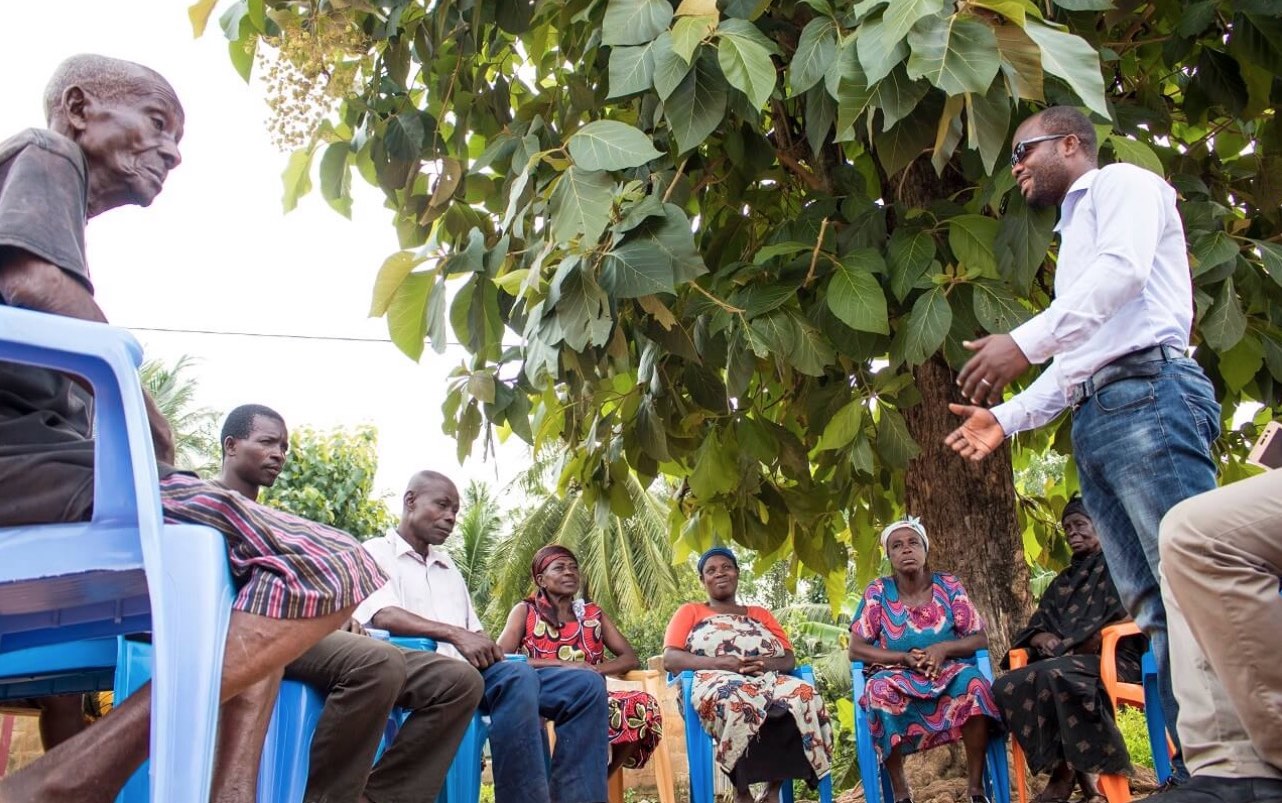
Is Ghana serious about decentralization?
Ghana has created dozens of new local districts and municipalities with the aim of devolving power from the national government – but the effort appears to have slowed the flow of agriculture funding.
-
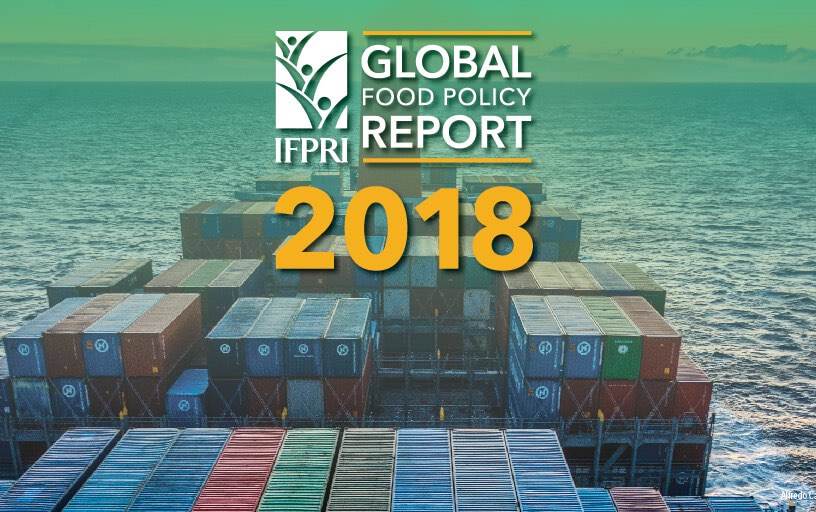
How international investments in agriculture shape food security
International investments in have many benefits for food systems—but should be carefully implemented with local input.
-
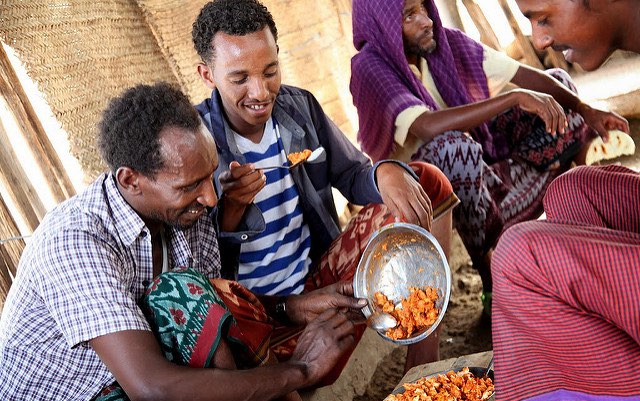
As the Ethiopian economy grows, a mixed picture emerges on diets
Rising living standards have addressed some nutrition problems in Ethiopia— but are creating a new set of challenges.
-
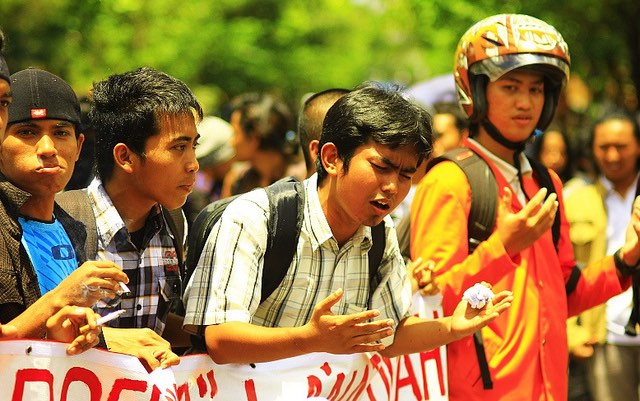
The credibility gap: Low trust in government stands in the way of fuel subsidy reform
Research in Indonesia shows corruption drives down local public support for key economic reforms.
-
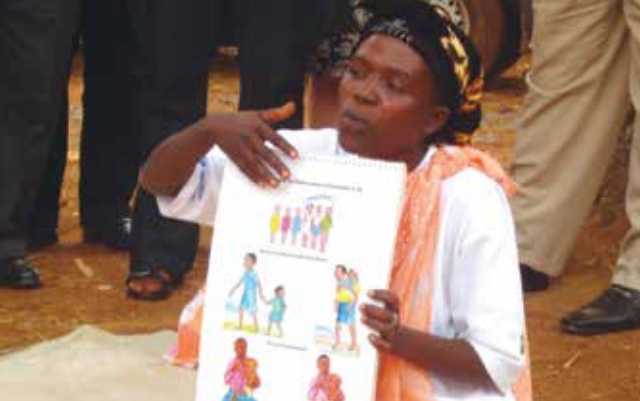
Optimizing food assistance programs: Nutrition-sensitive approach lowers anemia prevalence in Burundi
Development assistance in the form of food-assisted maternal and child health and nutrition can play an important role in protecting poor families from economic or health shocks in vulnerable countries such as Burundi.
-
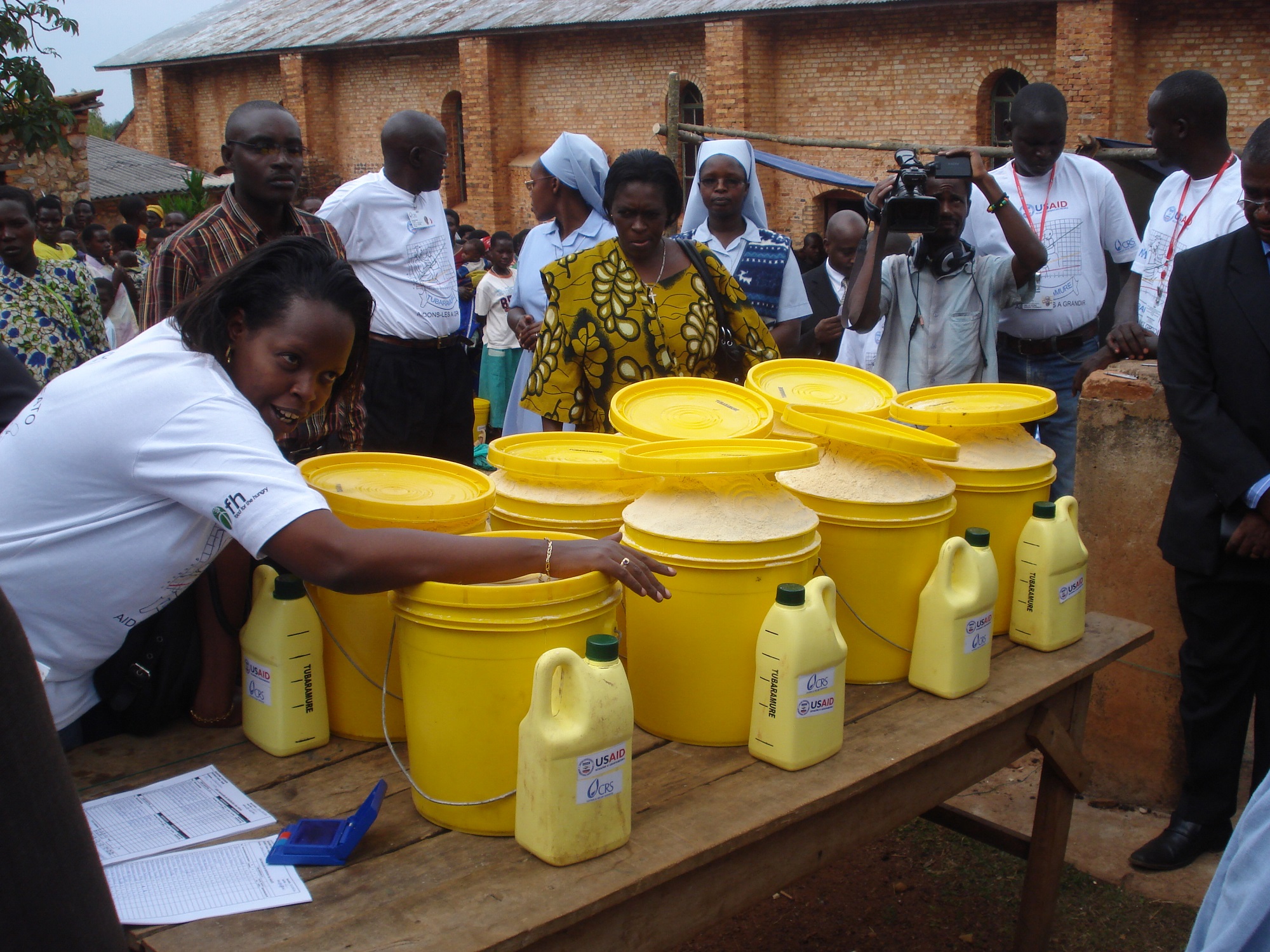
Optimizing food assistance programs: Improving child growth in Burundi
To maximize the impact such nutritional interventions can have on a child's linear growth, research shows they should target the entire period from conception to a child's second birthday.
-
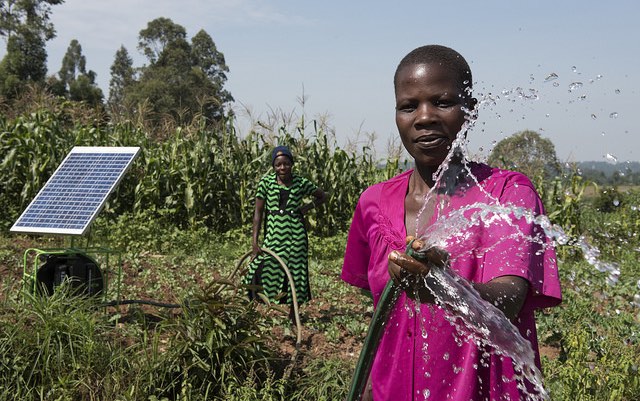
World Water Day: Feeding millions from the ground up – the promise of groundwater-fed irrigation in Africa South of the Sahara
Small, inexpensive solar pumps can greatly expand the availability of irrigation, research shows.
-
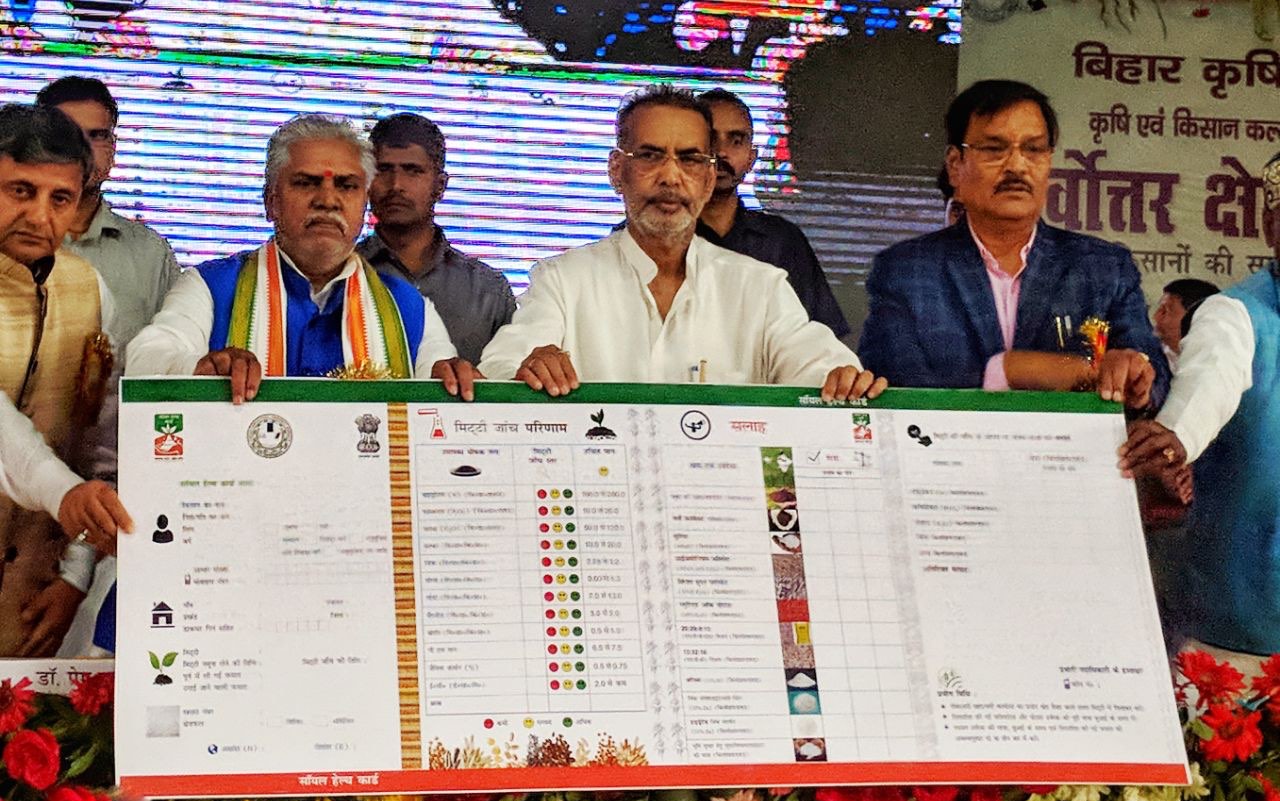
Designing a better Soil Health Card for farmers in India
The government of India has distributed 100 million cards to help farmers monitor soil health. But many are finding them overly technical and difficult to use.
-
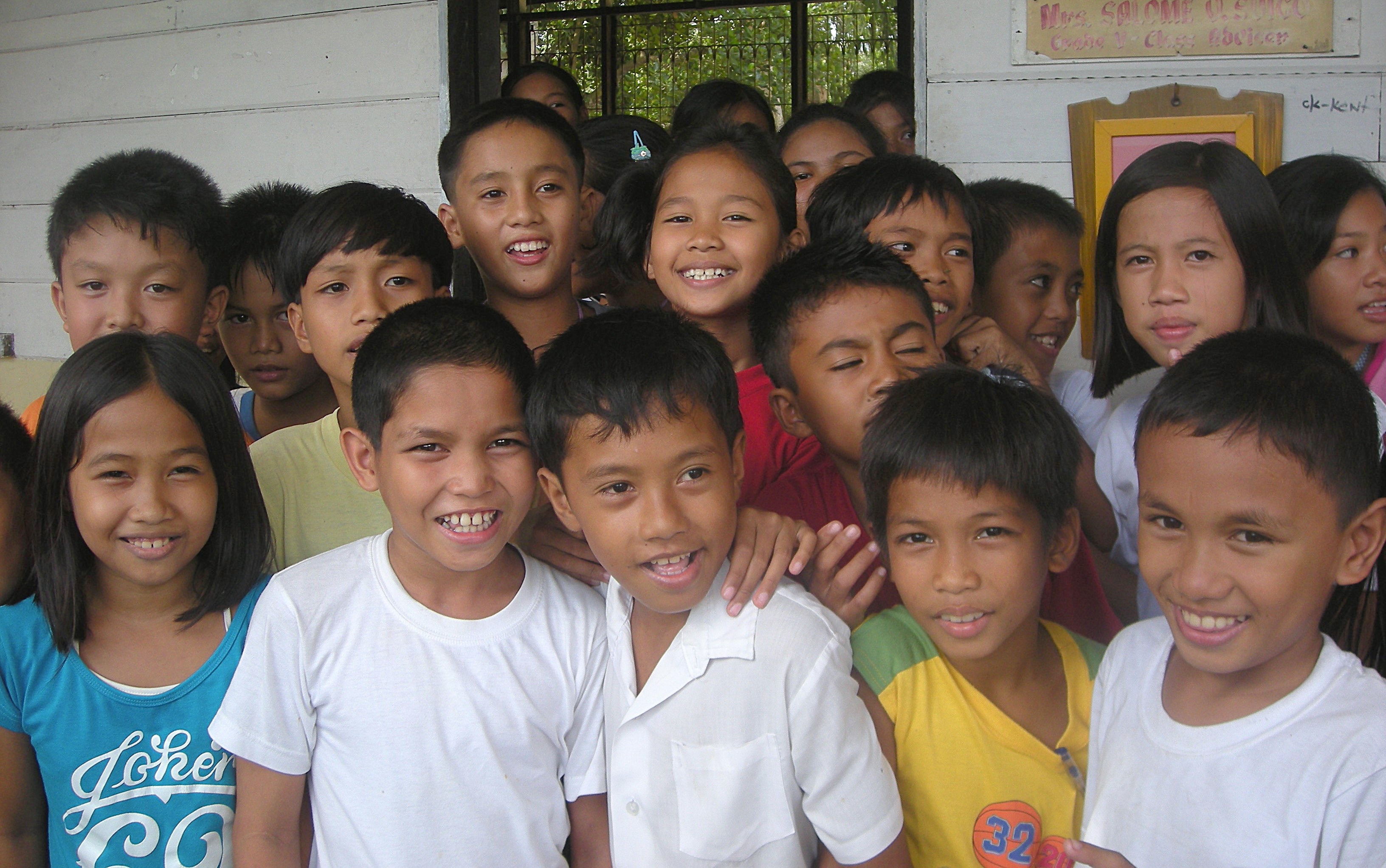
In the Philippines, a school program shows diverging results for male and female students
The Third Elementary Education Project led to positive educational and work results for girls, yet appeared to lower boys' prospects.
-
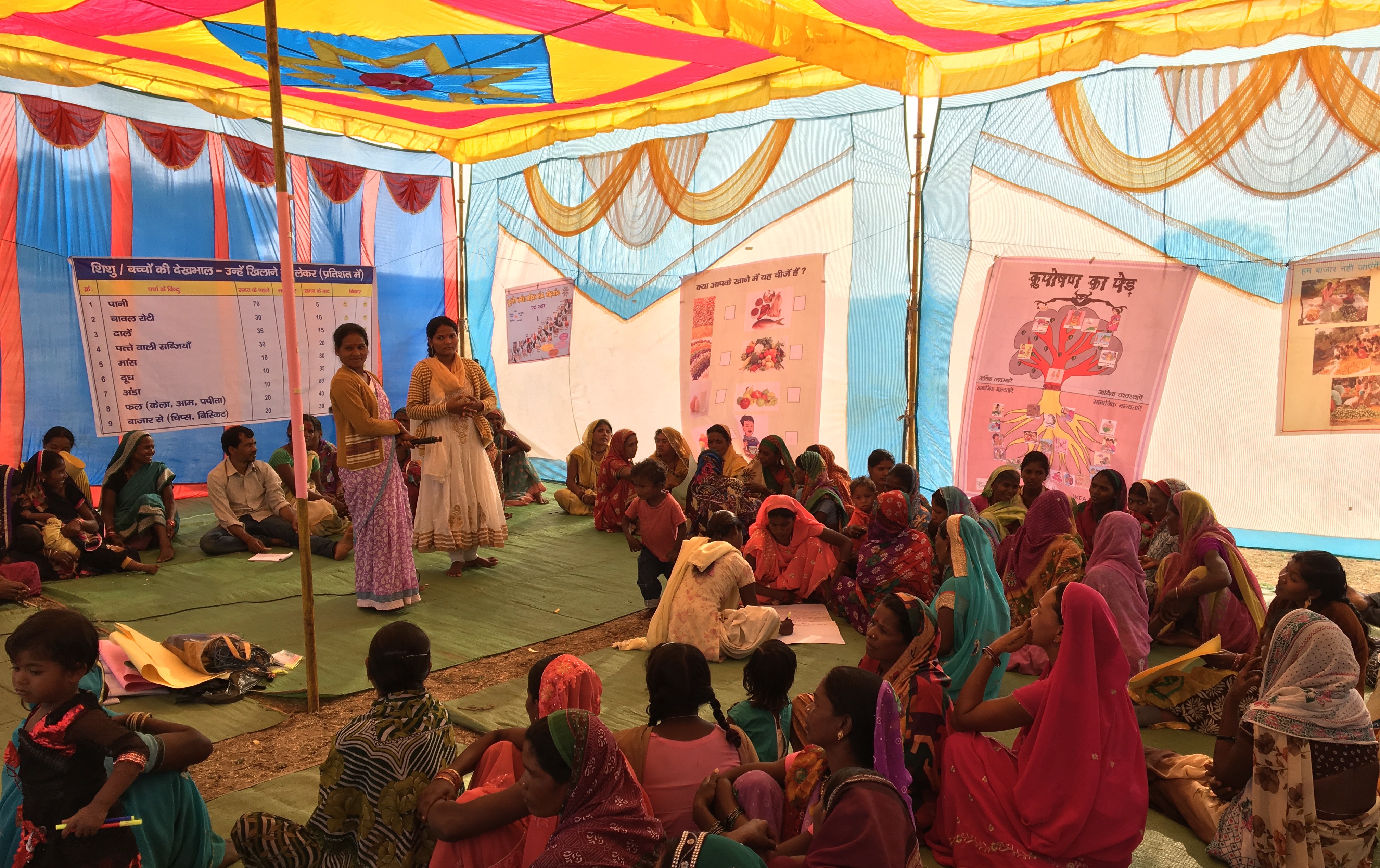
International Women’s Day: Self-help groups aid communication, empowerment in India
How rural women activists are bringing about change from the ground up.
-
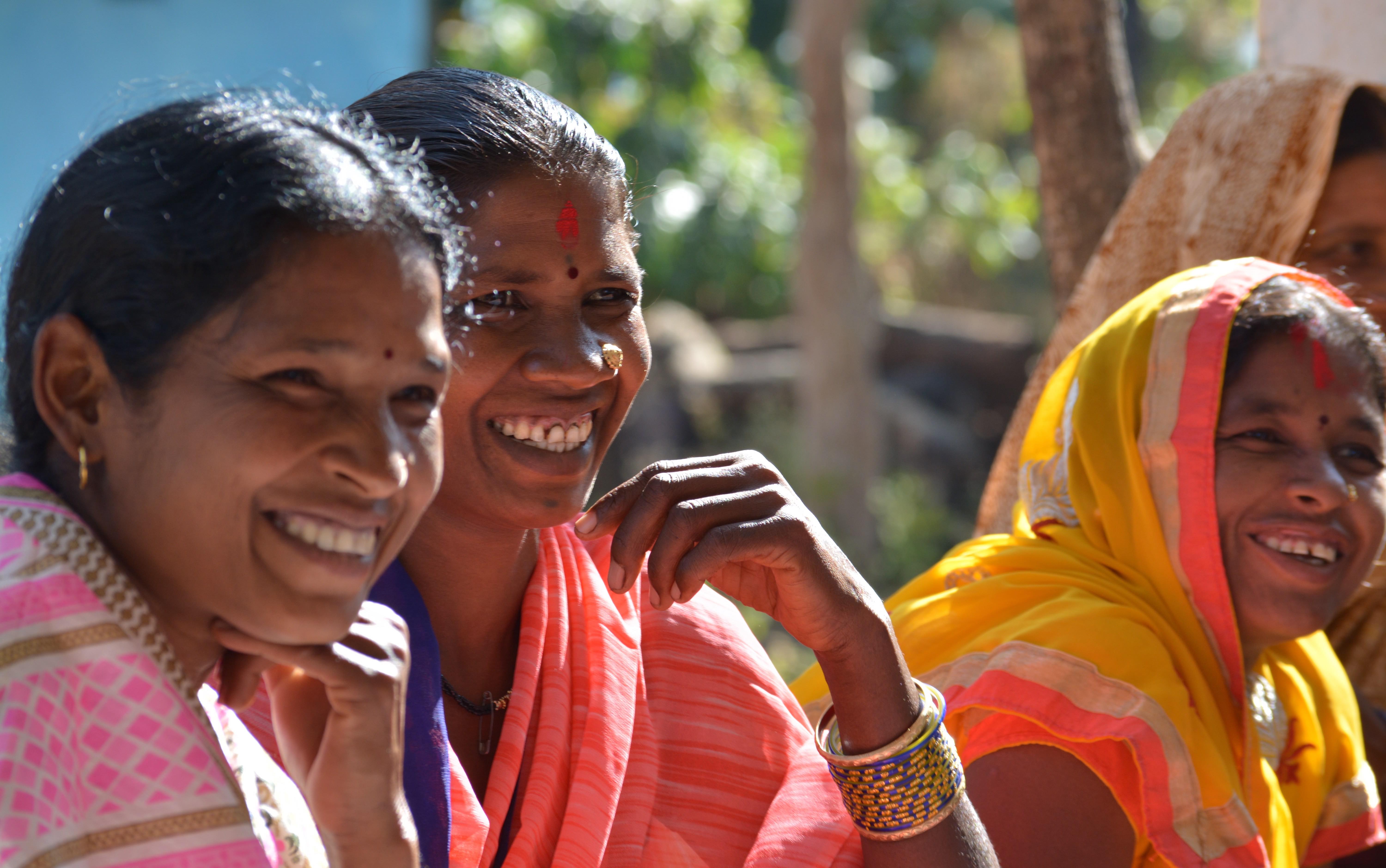
International Women’s Day: In the fight against malnutrition, empower women’s groups first
Examining the role of rural women activists in bringing change to nutrition and food systems worldwide.
-

Cash transfers increase trust in local government
A cash program in Tanzania boosted villagers' confidence in local leaders and institutions.
-

Climate change to adversely impact grain production in China by 2030
Modeling shows climate change-driven drought and warming will drive down yields of rice, wheat, and corn.
-
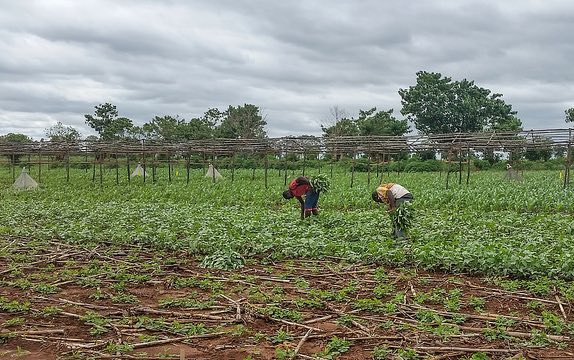
Incentives could create a tipping point in conservation agriculture adoption
Research in Malawi shows that farmers are more likely to adopt conservation agriculture practices when their neighbors are using them—suggesting financial incentives can help to create a virtuous circle.
-
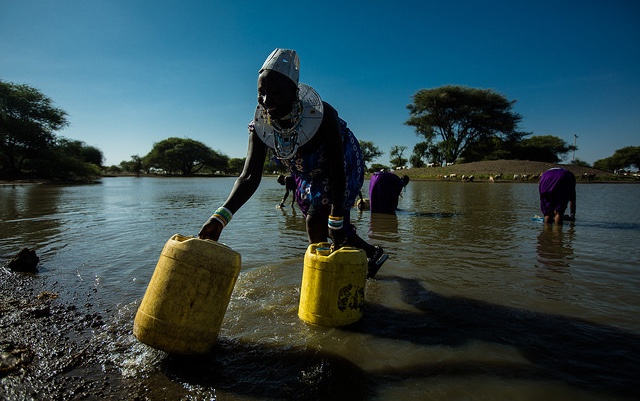
Can irrigation both empower and exclude women?
Small scale irrigation projects yield agricultural gains—but create unanticipated problems for women farmers in Tanzania.
-
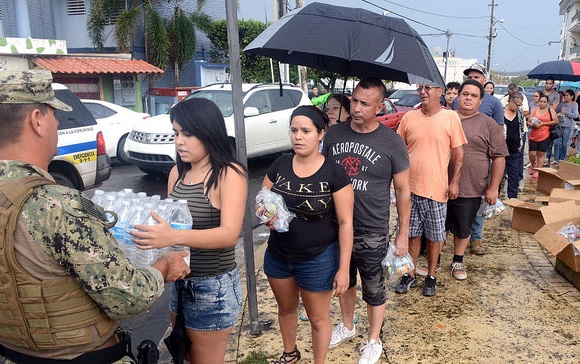
Natural disasters damage victims’ goals and ambitions – which is why disaster relief is so important
As Puerto Rico and other areas hit by recent natural disasters begin the recovery process, research shows that government assistance yields more than just material benefits.
-
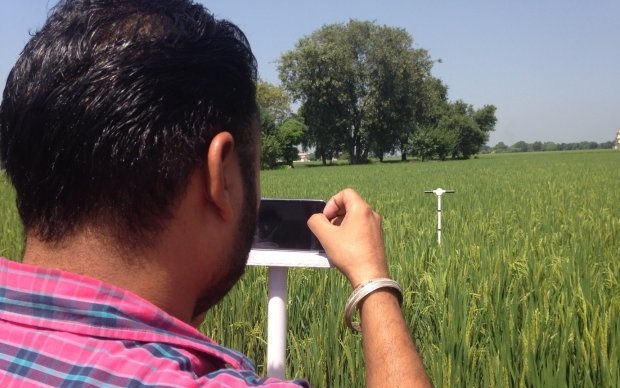
Picture-based crop insurance: Is it feasible? Is it sustainable?
The rising use of smartphones holds promise in making crop insurance more accessible to farmers.
-
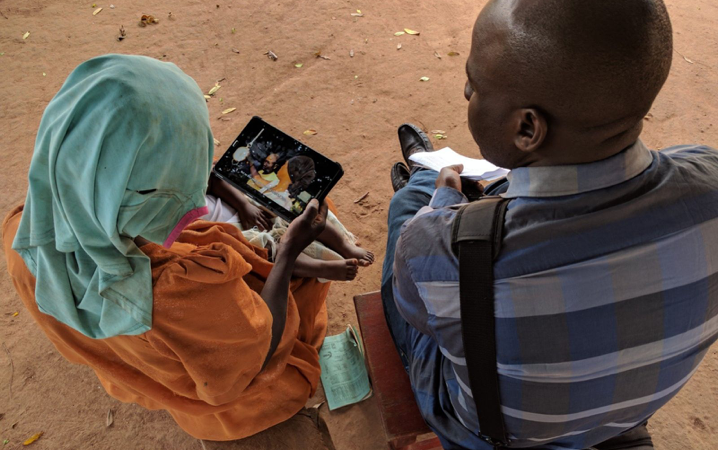
Designing gender sensitive agricultural extension information campaigns
An ongoing IFPRI study examines how gender influences the communication of agricultural extension messages in Uganda.
-
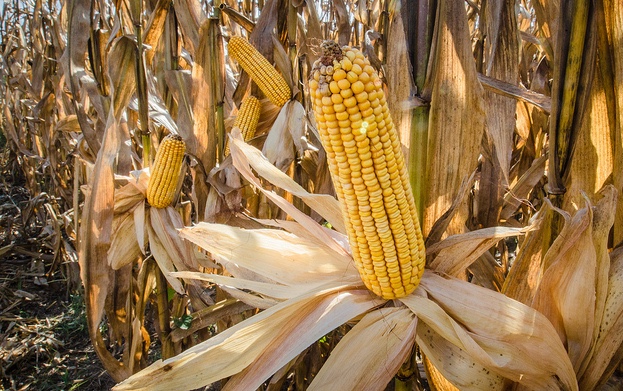
For climate change, the American farmer is the sleeping giant
U.S. corn farmers have largely avoided rising temperatures during growing seasons. What happens when climate change kicks in?
-
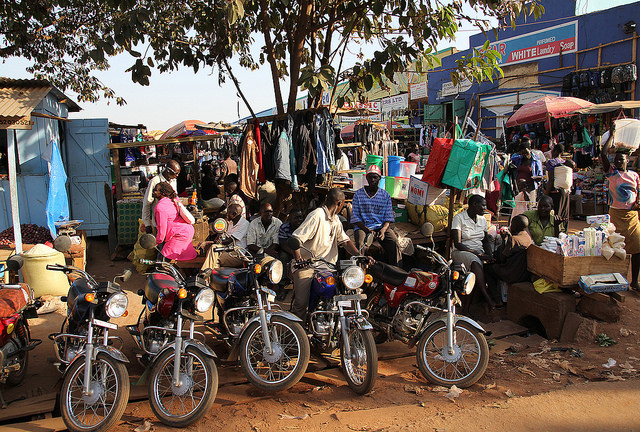
Why supporting Africa’s informal markets could mean better nutrition for poor city dwellers
The urban poor depend on local markets and street vendors to feed their families, yet governments are indifferent and sometimes hostile to this essential economic activity.
-
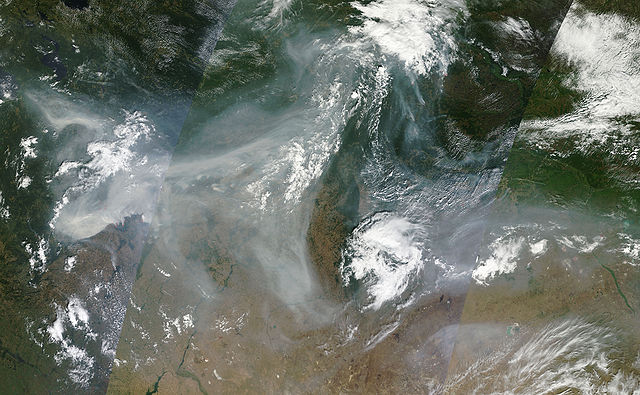
Food Security Media Analysis System demonstrates impact of news coverage on food prices
An IFPRI specialized search engine shows crisis-driven coverage may contribute to price spikes.
-
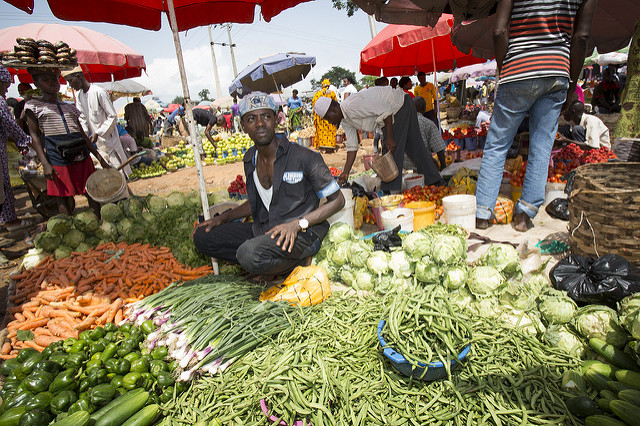
Why brutalizing food vendors hits Africa’s growing cities where it hurts
With food demand rising, it's time for local governments in Africa to embrace rather than quash informal food markets and vendors.
-
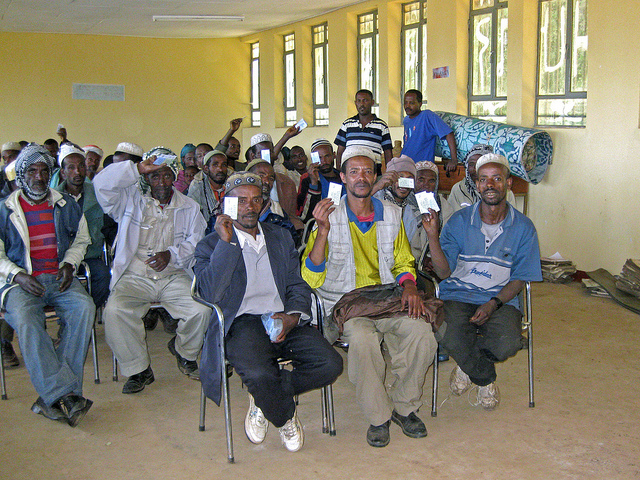
Innovation in insurance: Managing the risky business of weather
IFPRI research shows that index insurance—which pays farmers automatically based on deviations from an index of rainfall and other factors—can improve the social welfare of rural communities.
-
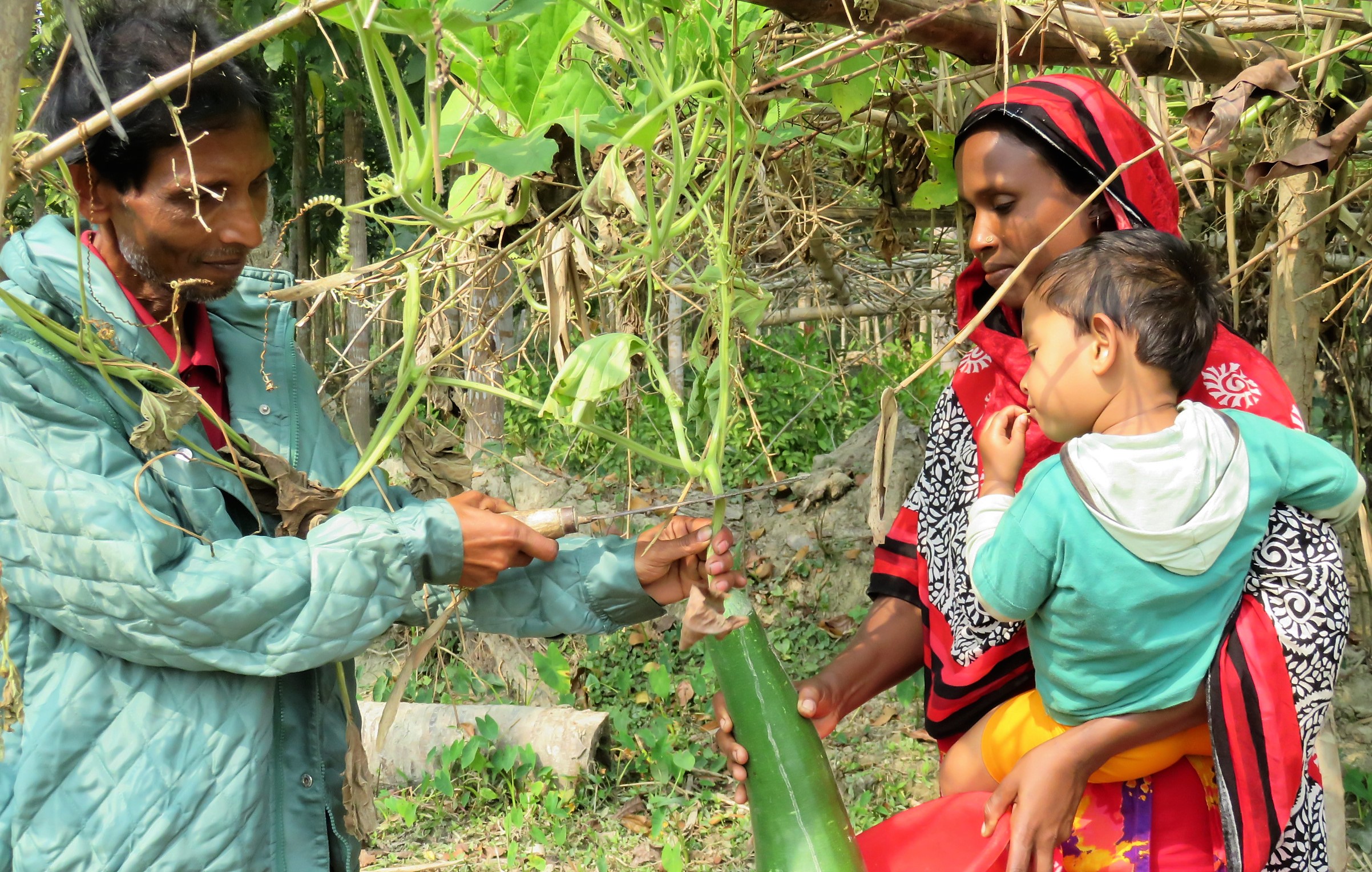
Empowering women in Bangladesh by strengthening the agriculture-nutrition-gender nexus
A look at IFPRI's Agriculture, Nutrition, and Gender Linkages (ANGeL) project, which aims to identify actions and investments that will help to improve nutrition and empower women.
-
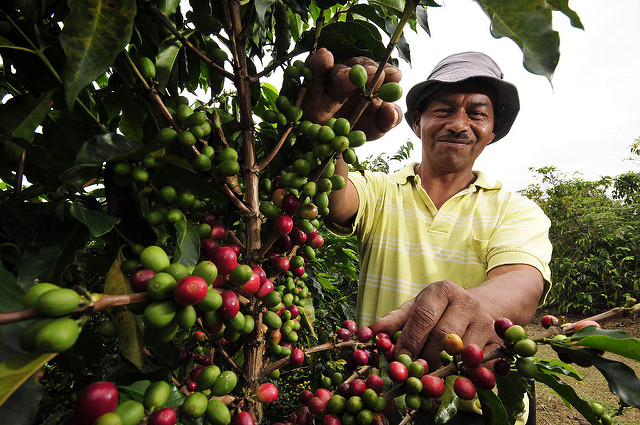
Informing development strategies in Latin America and the Caribbean
For more than three decades, IFPRI’s research and collaborations in the Latin America and Caribbean (LAC) region have produced rigorous evidence leading to innovative market and trade policies and effective social protection and nutritional programs. In the 1980s and 1990s, IFPRI’s research in the region centered on global and regional issues, particularly on the role […]
-
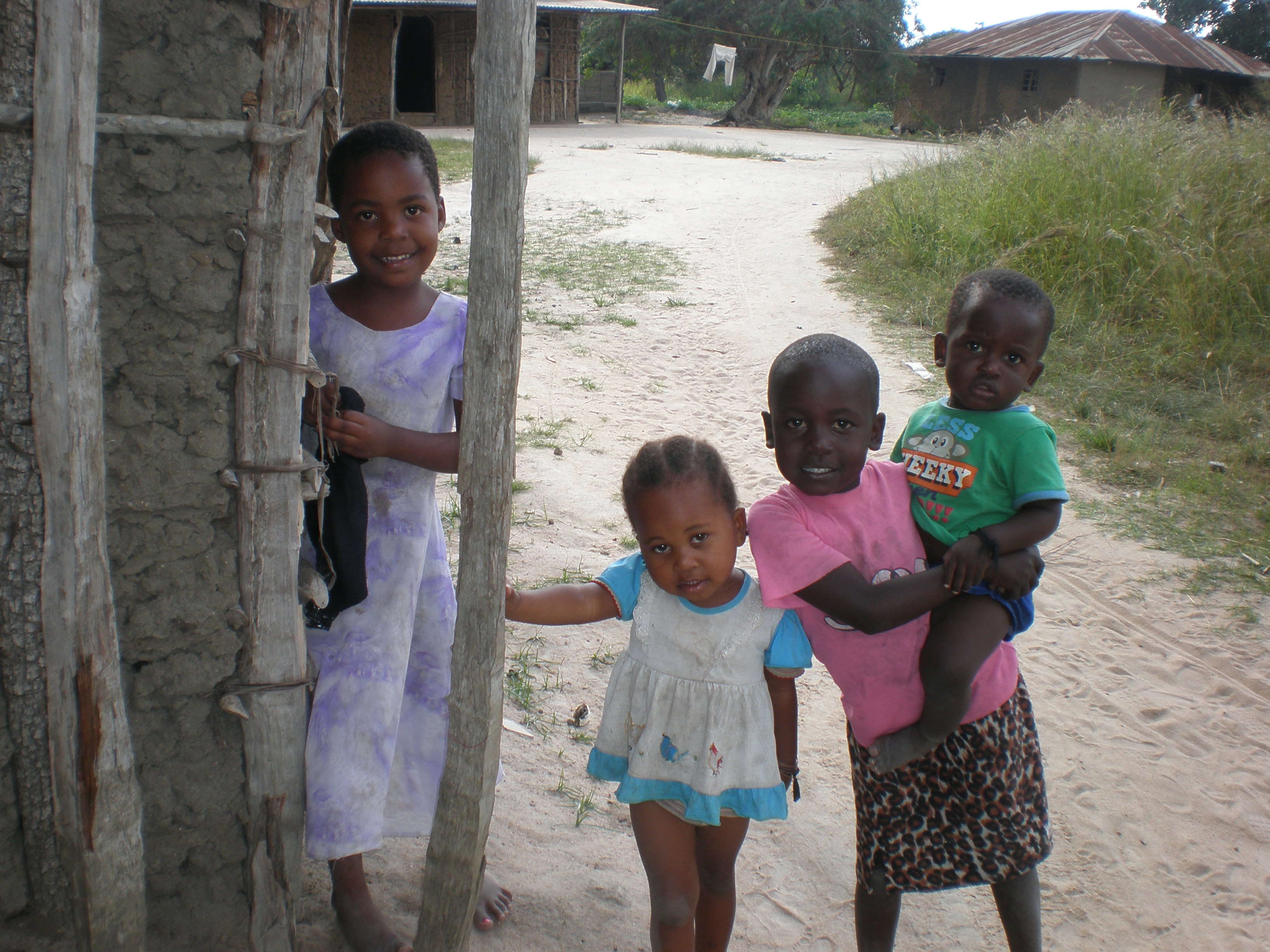
Cash transfers and health: It matters when you measure, and it matters how many health care workers are around to provide services
A close look at health-based conditional cash transfers in Tanzania reveals important nuances in how such increasingly popular programs work.
-
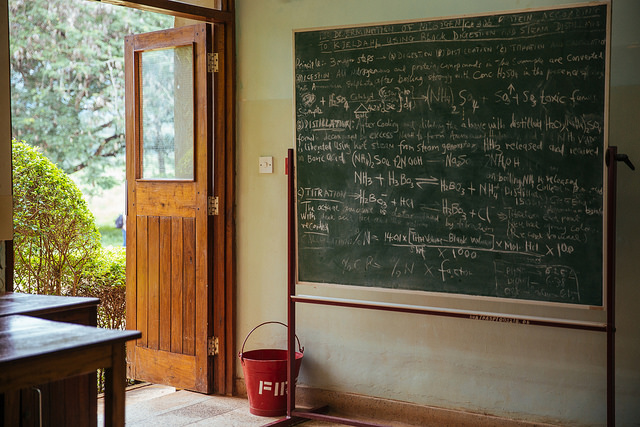
Building capacity for food policy research: Which tools work best?
A look at IFPRI's efforts to strengthen national food policy research efforts, and their impacts on policy, around the world.
-
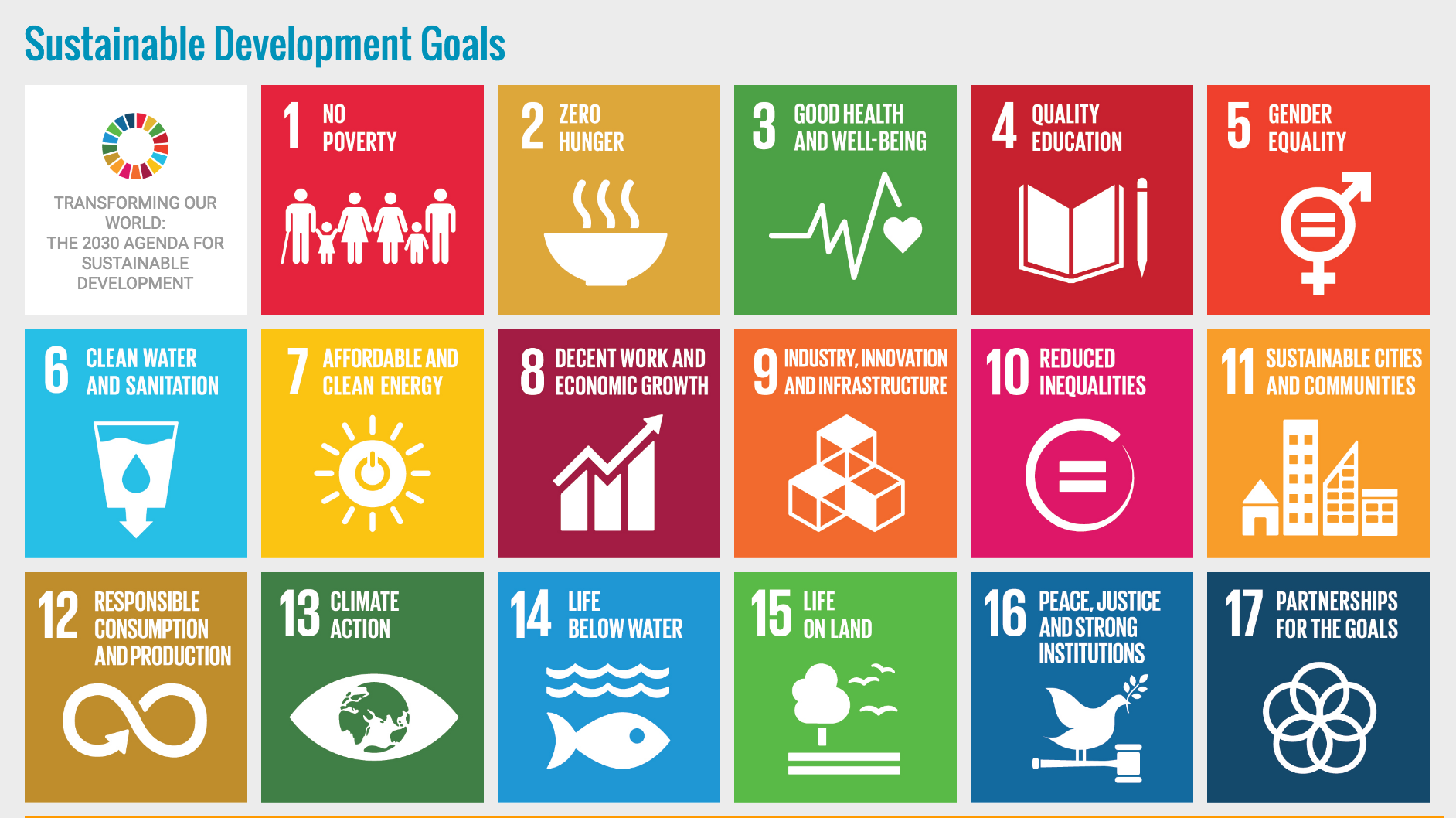
Overcoming malnutrition: Why policies on trade and markets matter
At the UN General Assembly last month, world leaders reiterated their commitment to the 2030 Agenda—including commitments in the Sustainable Development Goals (SDGs) on ending hunger and malnutrition.
-
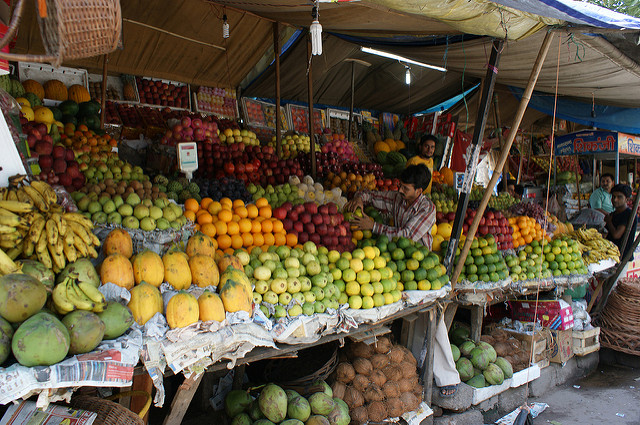
Putting high-value agriculture to work for the poor
High-value agriculture can benefit smallholder farmers, research shows, but policy makers have been slow to embrace this kind of change.
-
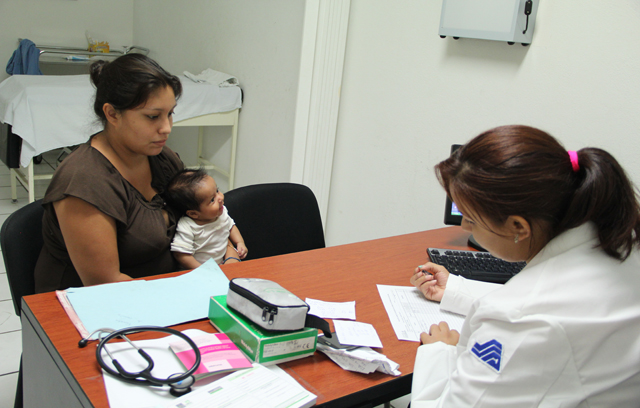
Strengthening social safety nets with better evidence
Gauging IFPRI's work with governments to improve social protection programs
-

How is SPEED being applied in research?
Public investment has gained importance in development in recent years. In the Malabo Declaration on African Agriculture and CAADP from 2014, heads of state and government of the African Union recommitted to uphold the target of allocating 10 percent of total spending to agriculture, as originally agreed in the 2003 Maputo Declaration. As part of […]
-
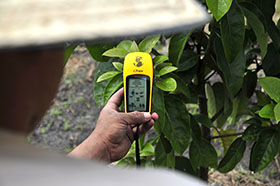
Getting more impact from science, technology, and innovation
Progress toward improving food security and nutrition depends on effective and efficient agricultural research and development. How can scientific discovery, technology development, and innovation for food security best be fostered? IFPRI’s policy research on science, technology, and innovation (STI) has addressed this question at the global level—creating international public goods (IPGs) that provide the underpinnings […]
-
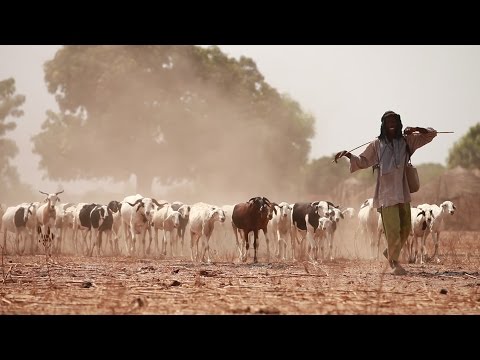
The case for investment in restoring degraded lands
Land degradation occurs in all agroecologies around the world, but it can be reversed. (Originally published on the Agrilinks site).
-

Debuts of the 2014-15 Global Food Policy Report
This year’s Global Food Policy Report—IFPRI’s flagship publication—is the fourth in an annual series which provides an in-depth look at major food policy developments in the past year. The topics covered in the 2014-15 report are timely as we usher in a new global development agenda. The launch of the Report in various capital cities […]
-
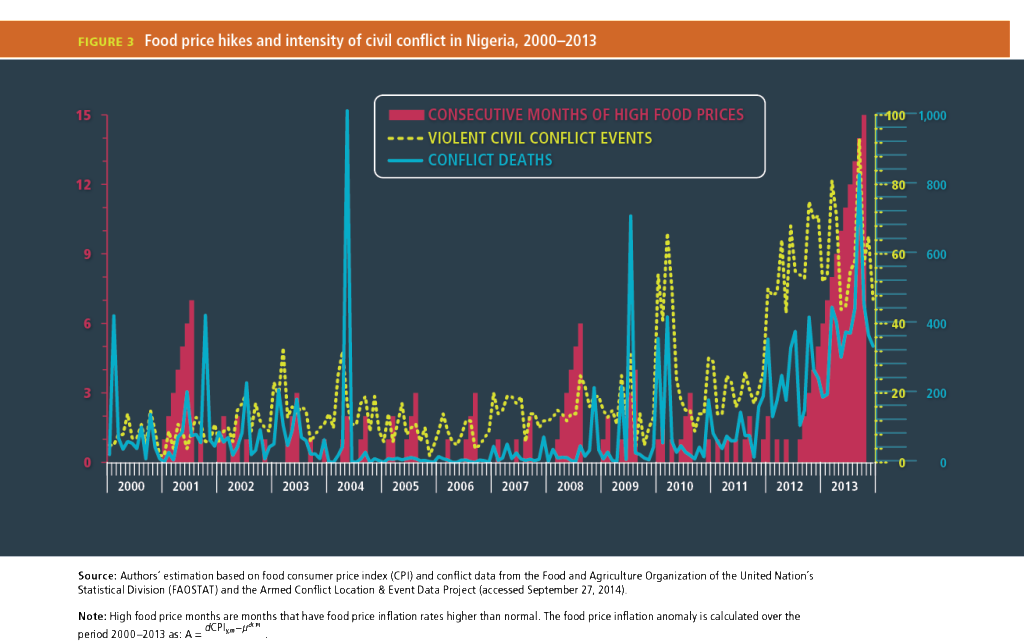
Do high food prices and droughts fuel conflict?
The following story by Jacopo Bordignon shares highlights from Chapter 7 of the 2014-2015 Global Food Policy Report, which was authored by Clemens Breisinger, Olivier Ecker, and Jean Francois Trinh Tan from IFPRI’s Development Strategy and Governance Division. The world has seen more and more conflicts in recent years, such as in Syria, Nigeria, and Yemen. What explains these conflicts […]
-
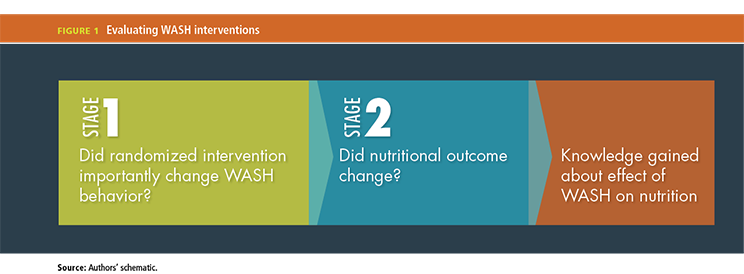
The power of WASH
The following post by IFPRI senior research fellow Lawrence Haddad shares highlights from Chapter 3 of the 2014-2015 Global Food Policy Report, which Haddad co-authored withDean Spears, Director of R.I.C.E. and visiting economist at the Centre for Development Economics, Delhi School of Economics, India. The post originally appeared on theDevelopment Horizons blog. This week saw the launch of IFPRI’s 2014-2015 Global Food […]
-
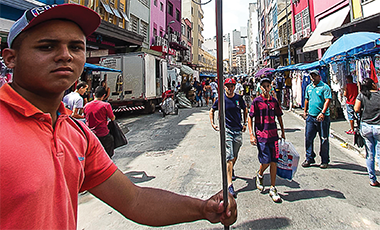
Where do the world’s hungriest people live? Not where you think
The following post by IFPRI Director General, Shenggen Fan, was originally published in the Huffington Post. If you were tasked to end hunger and malnutrition in the world, you might first ask: Where do such vulnerable people live? It may be a surprise that the majority of the world’s hungry and malnourished live in large […]
-
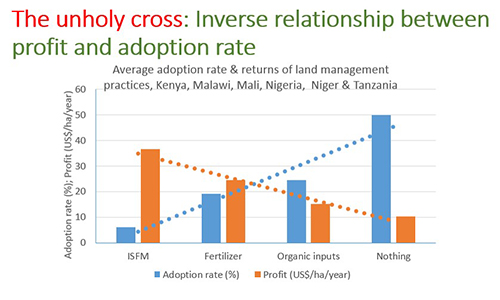
Finding a middle ground
Post by Ephraim Nkonya on incentivizing adoption of Integrated Soil Fertility Management.
-

Building resilience to crises in the Arab world
The following blog story by IFPRI senior researcher Perrihan Al-Riffai and Nerina Muzurovic, Knowledge Management Officer at IFAD, was originally posted on the Arab Food Security Blog. In a well-attended side event titled “Building Resilience to Crises in the Arab World” at the 41st meeting of the Committee on World Food Security (CFS) in Rome, October 17th, 2014, IFPRI in collaboration with […]
-
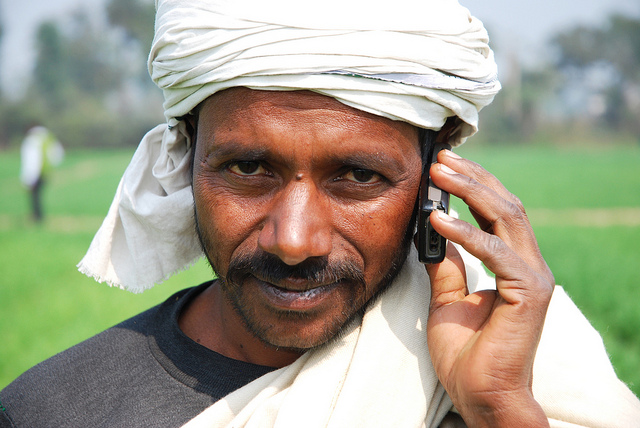
Harvesting better access to information
A farmers’ success depends on more than good weather, healthy soil, and proper seeds. Good farming also involves a series of decisions: how much to plant each season, whether to invest in new crops, which markets to sell to. The right decisions can mean the difference between a profitable harvest and a net loss in […]
-
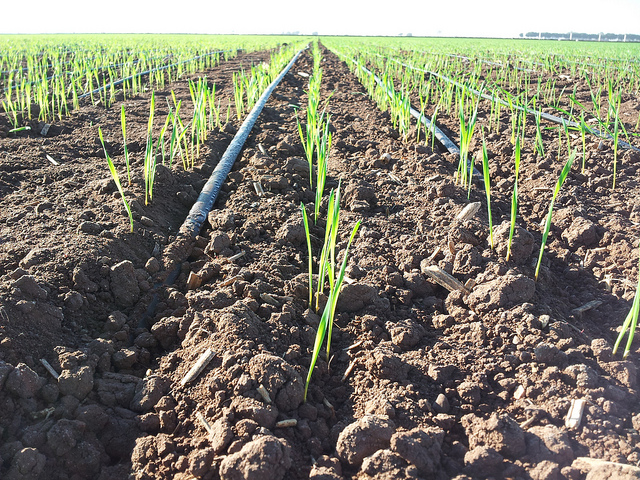
Technology to the rescue?
This blog story by IFPRI researchers Nicola Cenacchi and Claudia Ringler highlights key messages from Chapter 4 of the 2013 Global Food Policy Report One major outcome of the 2012 Rio+20 United Nations conference was the agreement to develop a set of truly universal Sustainable Development Goals (SDGs) to supplant the Millennium Development Goals under the post-2015 development agenda. Although discussions on the final SDGs, […]
-
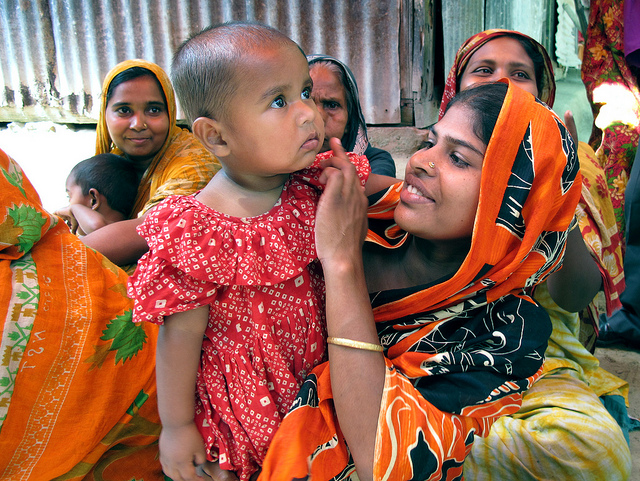
A timely call to action
The following post by Asma Lateef, Director of Bread for the World Institute, is a modified version of a story that originally was published on the Bread for the World Institute’s blog. IFPRI’s Global Food Policy Report (GFPR) has become an annual reminder that global food security must remain very much at the top of the development agenda. […]
-

Transforming political will into action for nutrition
The year 2013 saw a major step forward in global attention to nutrition. Several processes converged: the Scaling Up Nutrition (SUN) movement continued to drive the momentum, with 47 countries now having signed up; The Lancet released a new Maternal and Child Nutrition Series of four state-of-the-art evidence reviews; the “1,000 Days” advocacy movement succeeded in mainstreaming the concept in development discourse; […]
-
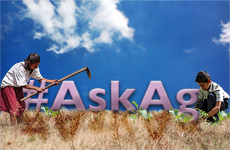
Farming is the key to solving youth unemployment in Africa
Africa south of the Sahara has the world’s youngest and fastest growing population. With enough support from African leaders, agricultural initiatives will boost employment and the economy. The following post by IFPRI’s Karen Brooks, Director of the CGIAR Research Program on Policies, Institutions and Markets, is a modified version of a story that originally was published by the […]
-

Agricultural Productivity: Good and Bad News
The world’s population is growing, and we only have limited land for farming. Will we run out of food? That question, famously posed by Thomas Malthus in the early 19th century, has been discussed for decades. The short answer is: no, we will not run out of food. Why? Because agriculture is beating the odds. […]
-
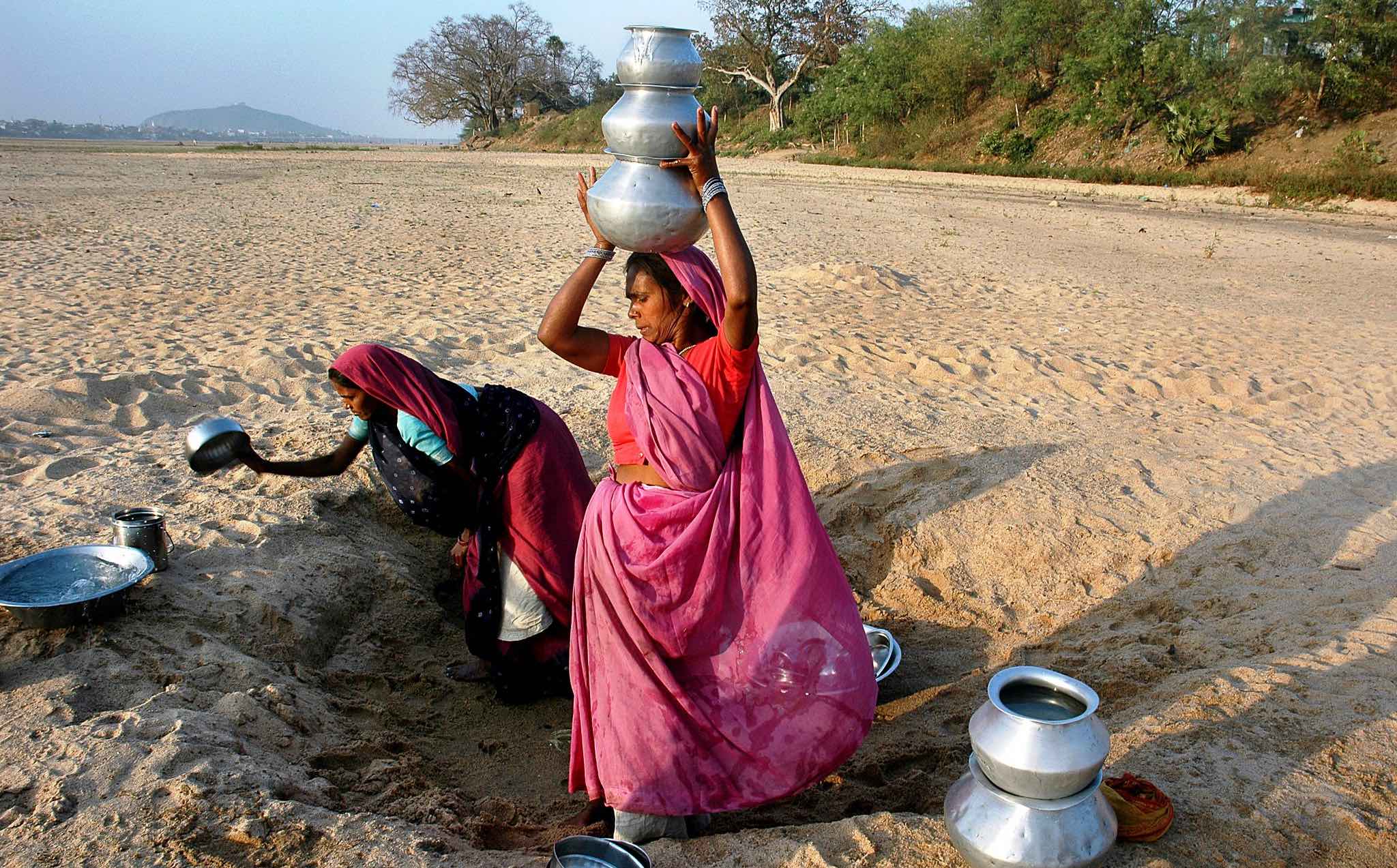
Playing games to save water
World Water Day 2013 begins the International Year of Water Cooperation. Today, we highlight an innovative research project that helps strengthen cooperation to protect and conserve this precious natural resource. Recently, villagers in India and Colombia have been regularly gathering for a “game night.” But instead of Monopoly or charades, they play a game that simulates […]
-

Biofuel Policies Re-examined
As temperatures rose and crops withered throughout the US in July and August, the country’s corn ethanol subsidies came under fire. And the US is not alone. The use of food crops, such as maize, soybeans, and sugar beets, as fuel continues to generate heated debate throughout both the developed and the developing world. Proponents […]
-

Collective Action and Property Rights Sourcebook Now in Spanish
A Spanish-language version of the popular CGIAR Program on Collective Action and Property Rights (CAPRi) sourcebook is now available. The sourcebook, Recursos, derechos y cooperación Manual de herramientas de referencia sobre derechos de propiedad y acción colectiva para el desarrollo sustentable, illustrates—through text and original hand-drawings—the lessons the CAPRi program has learned from its nearly 16 […]
-

Climate Change and Farmers
Farmers around the world are grappling with the impacts of climate change and their struggle is only going to get worse as extreme weather events, shifting weather patterns, and increased temperatures make it more difficult to grow enough food to feed an increasing world population. Climate change “has already affected agricultural productivity and will put […]
-

Price Spikes, Volatility, and Global Food Markets
The 2007-2008 and 2010-2011 food price crises have had lasting impacts on global food security, and the world will likely continue to face high prices and price volatility, given the global food economy’s structure. Since 2001, food price volatility has been at its highest level in 50 years, and the uncertainty caused by this volatility […]
-
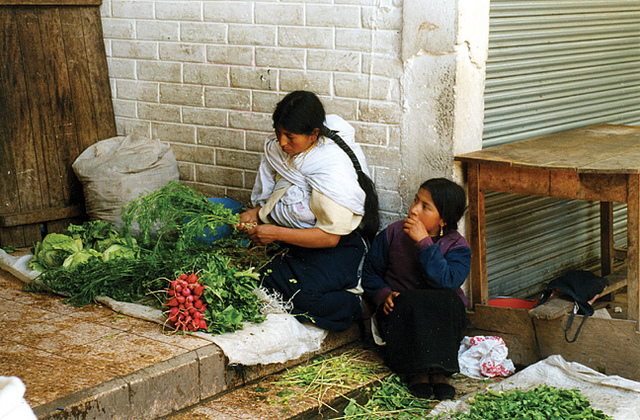
The Women’s Empowerment in Agriculture Index
The United States Agency for International Development (USAID), the International Food Policy Research Institute (IFPRI), and the Oxford Poverty and Human Development Initiative (OPHI) have come together to develop a Women’s Empowerment in Agriculture Index to measure women’s roles and engagement in the agriculture sector. Women are a primary focus of the US Government Feed the Future […]
-

Sourcebook offers practical guidance on property rights and collective action for resource management
Effective cooperation and secure property rights play key roles in improving agricultural productivity, food security, and rural livelihoods. They can also help to ensure that resources are available to meet future needs. All too often, however, their application evades the communities who stand to benefit most. A new book sets out to provide practical guidance […]




